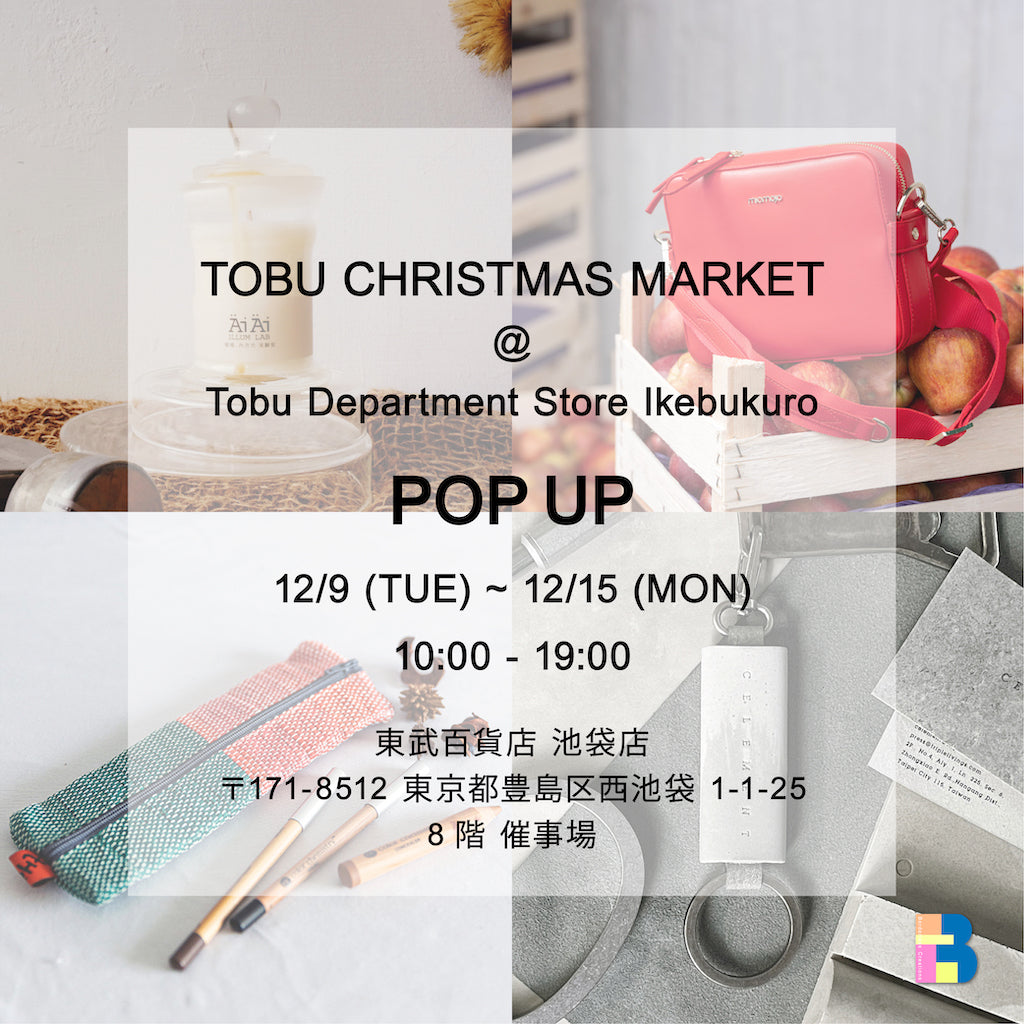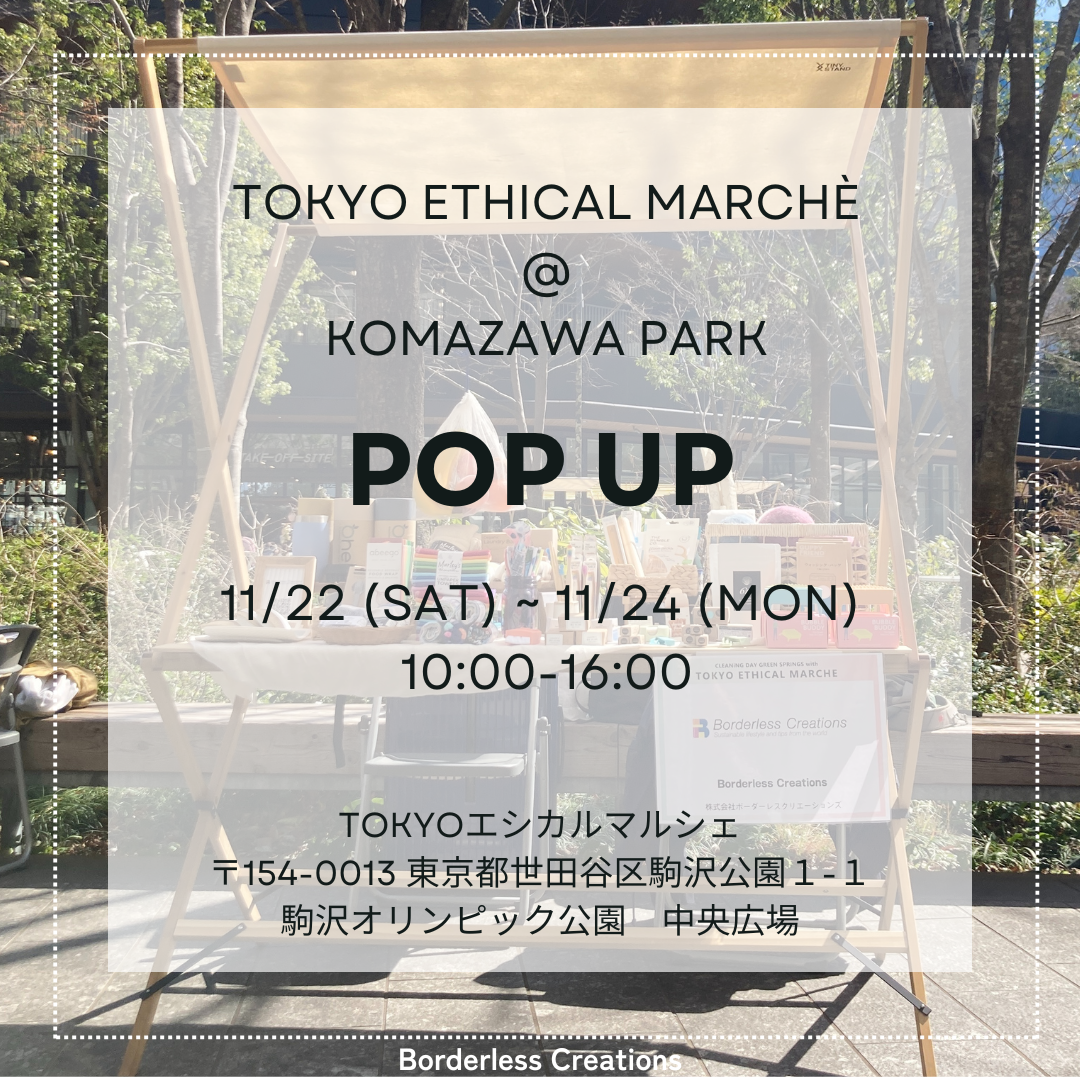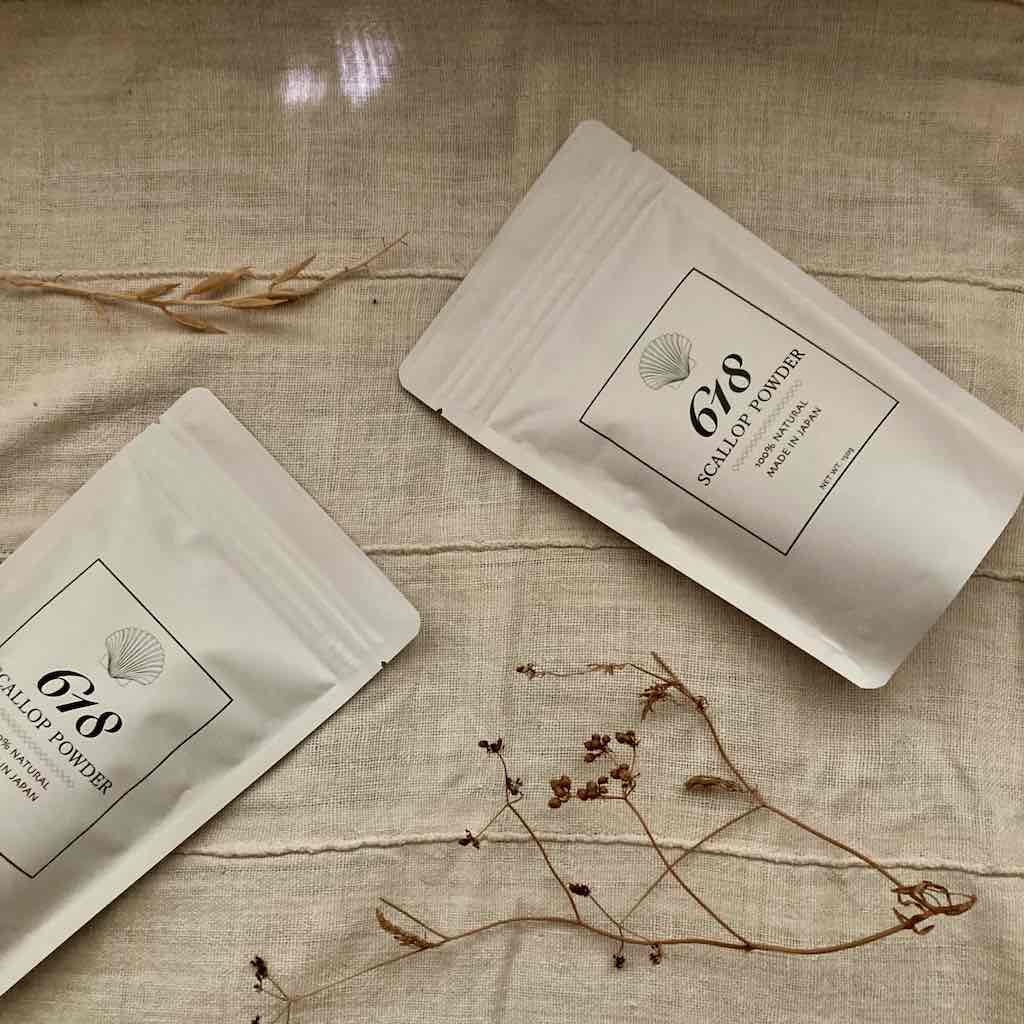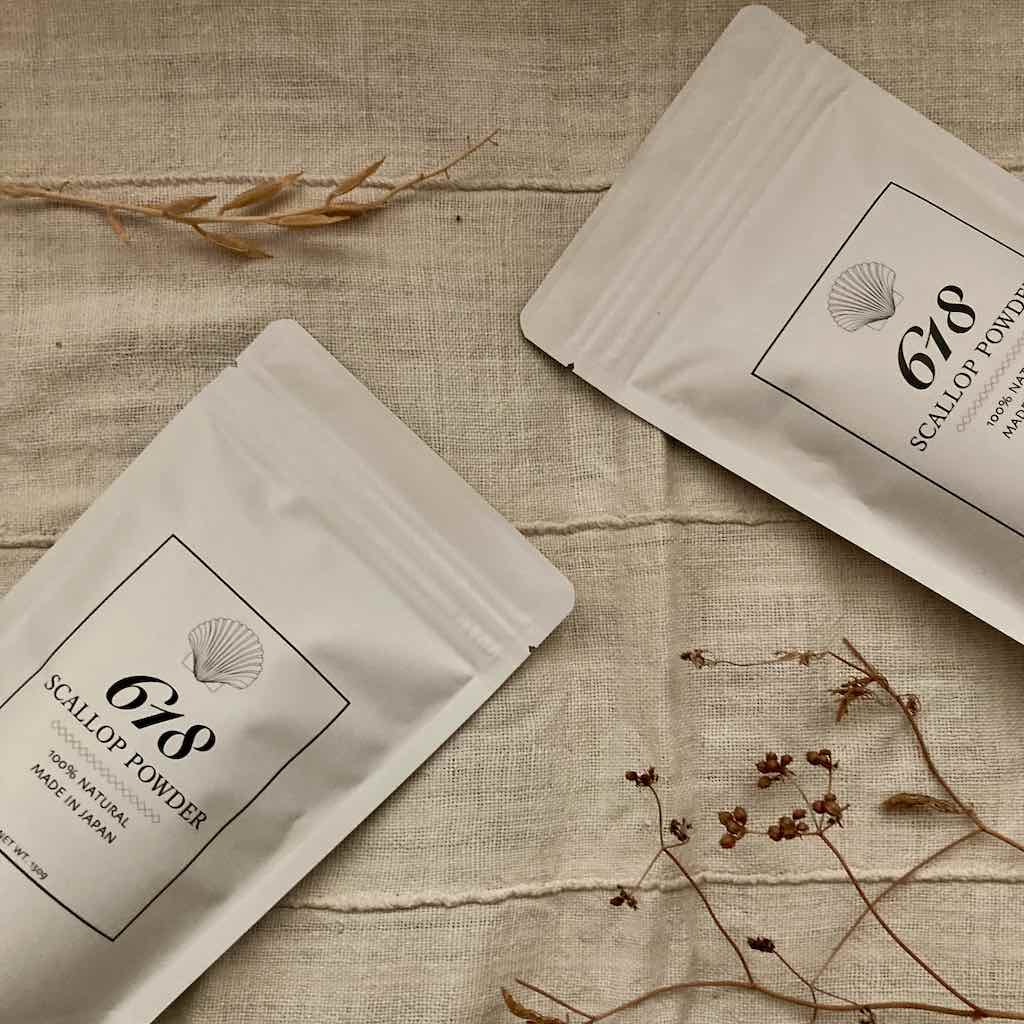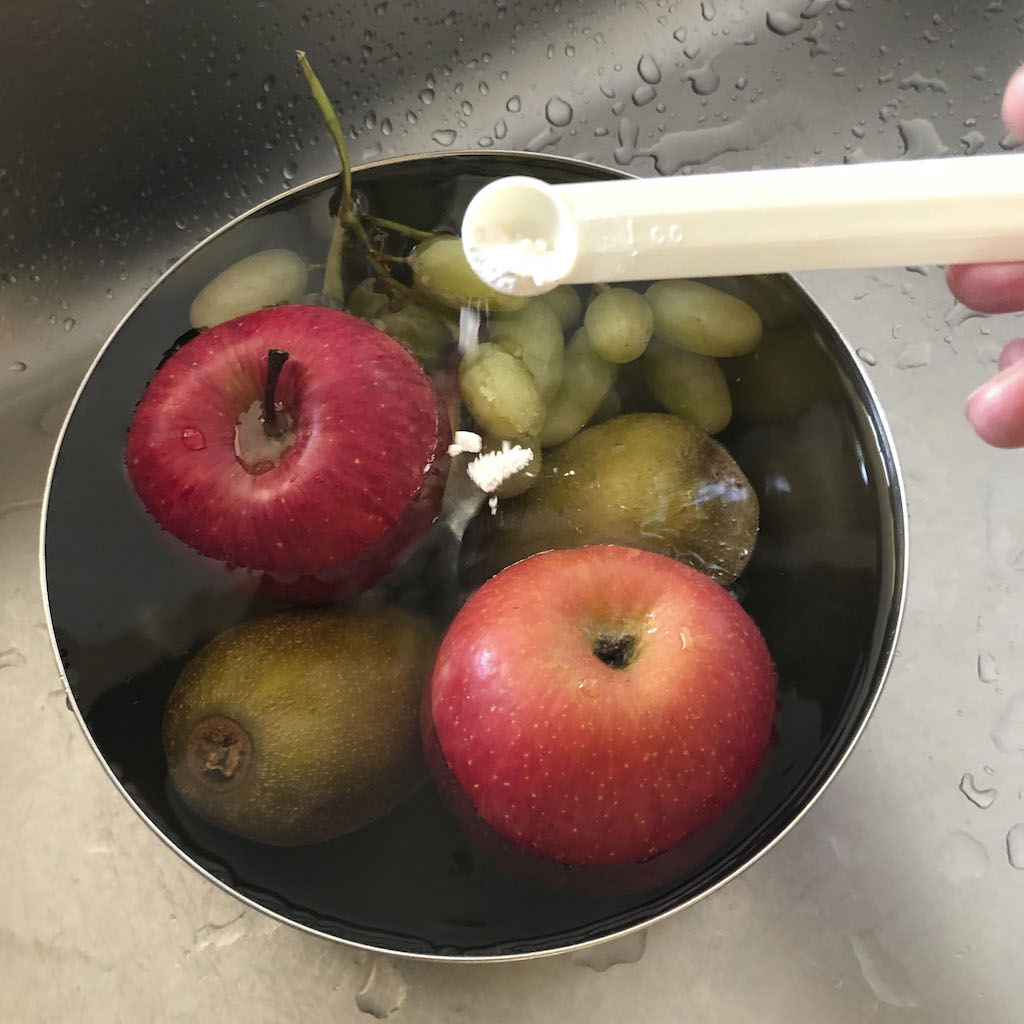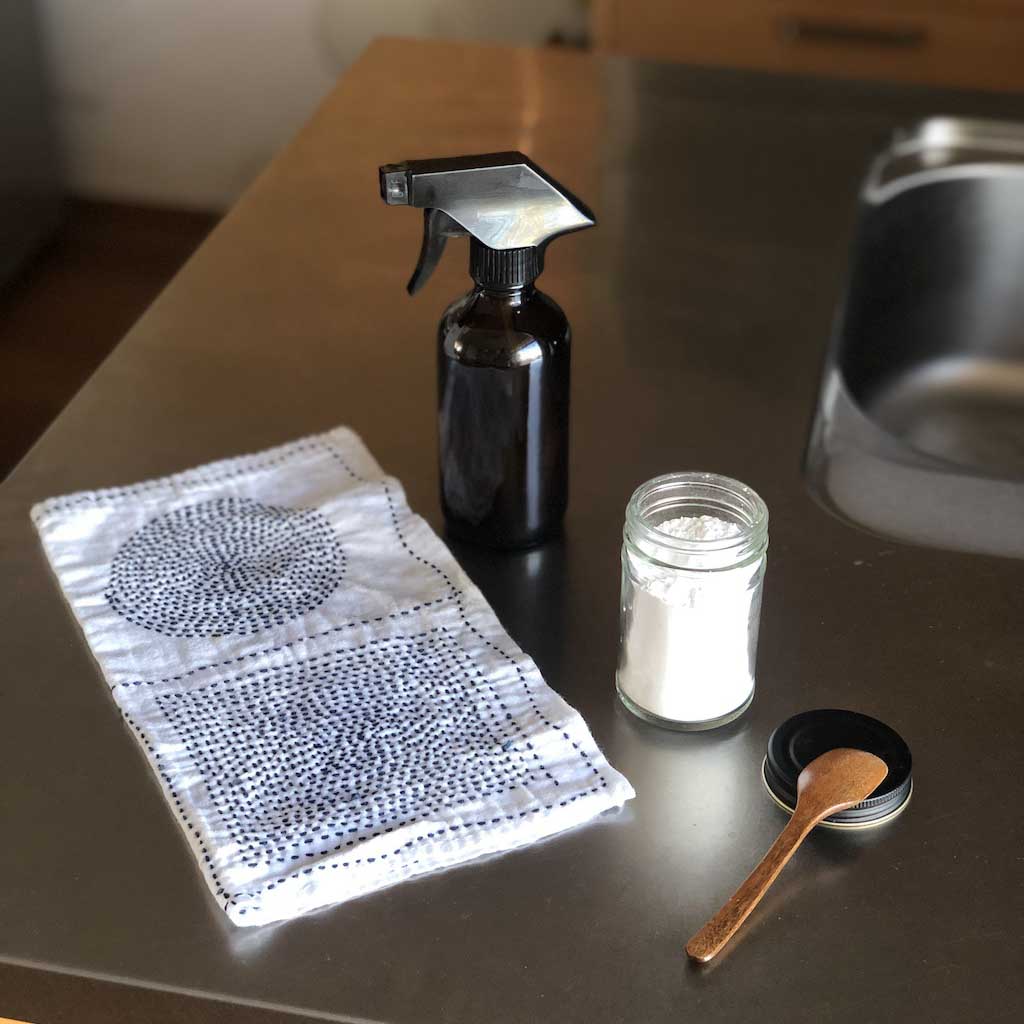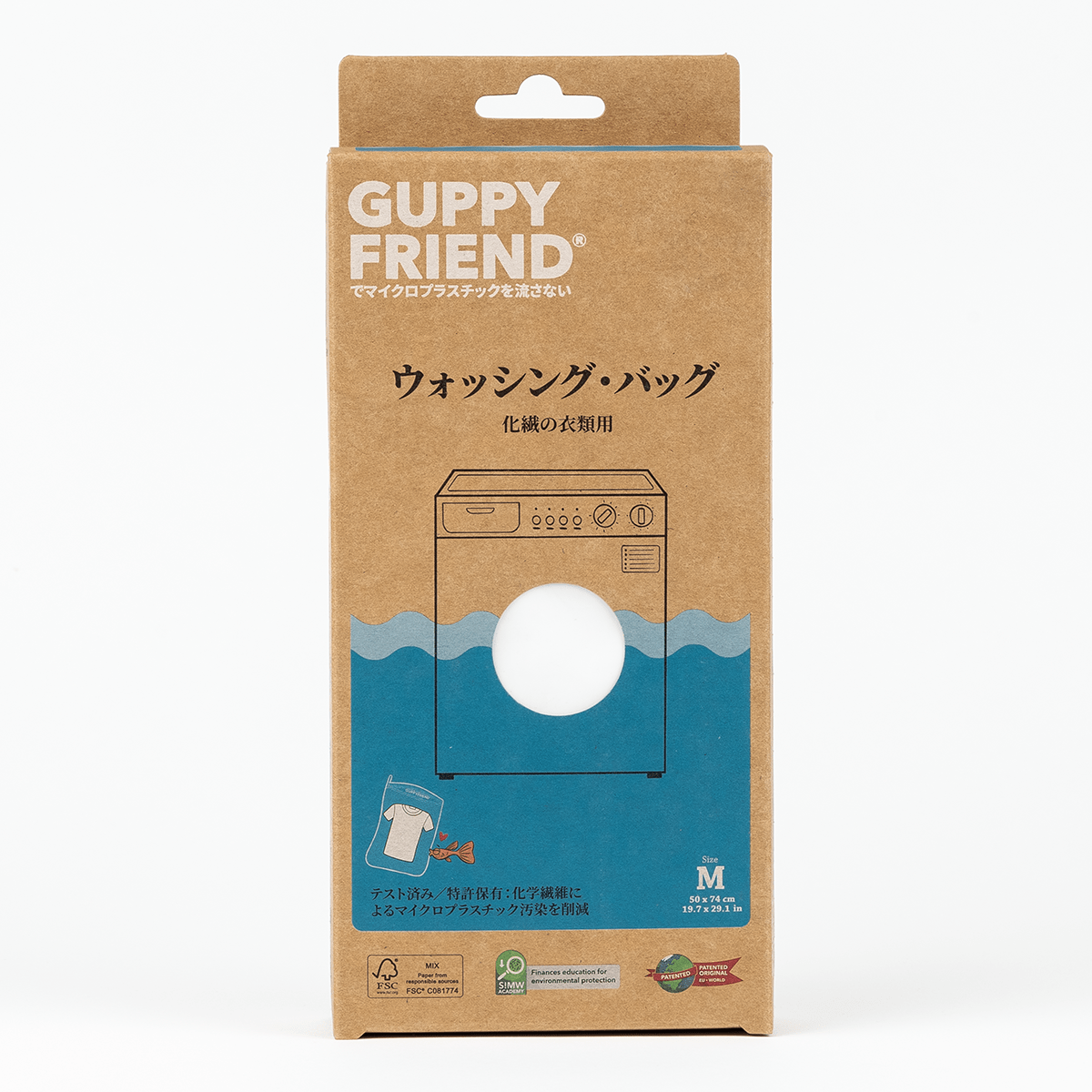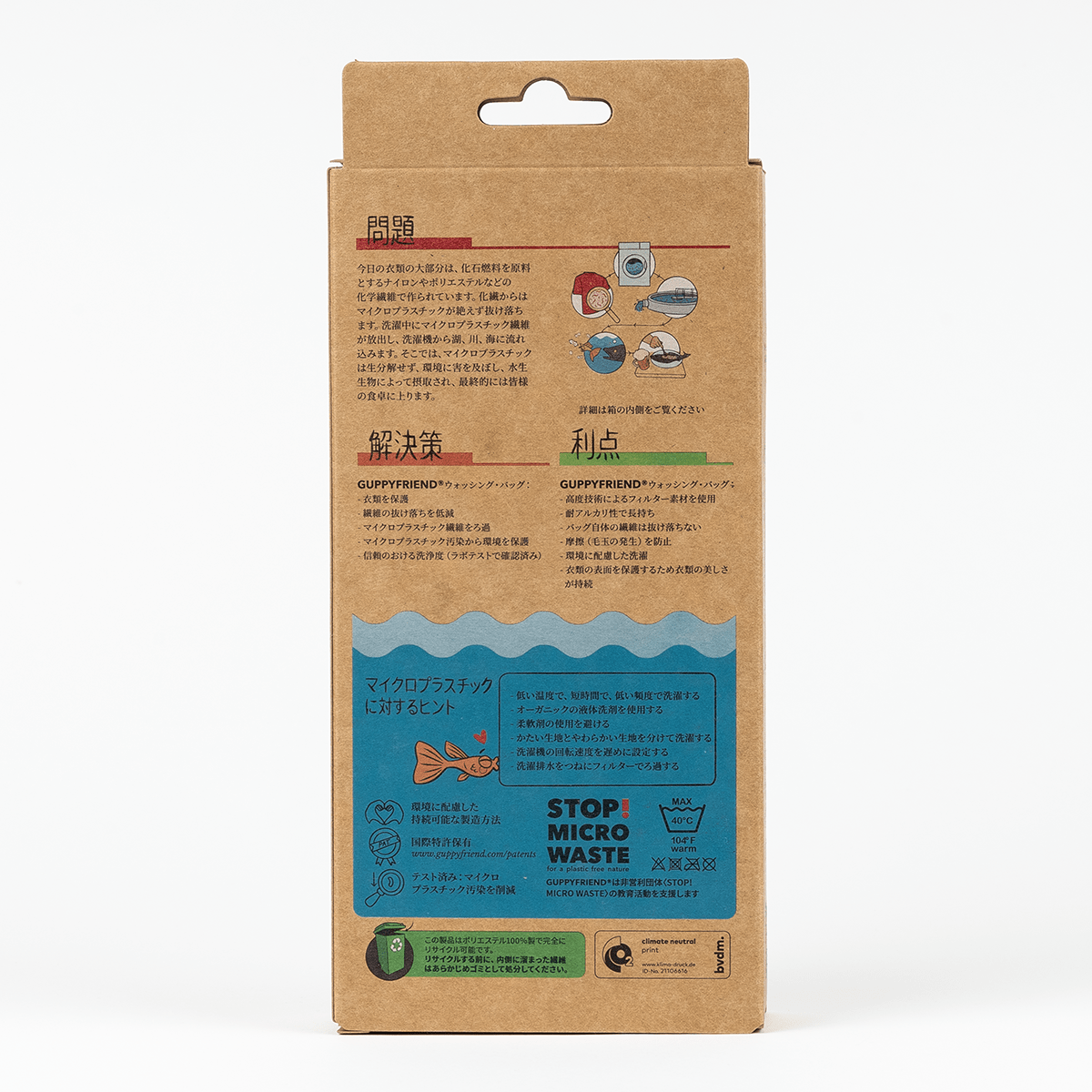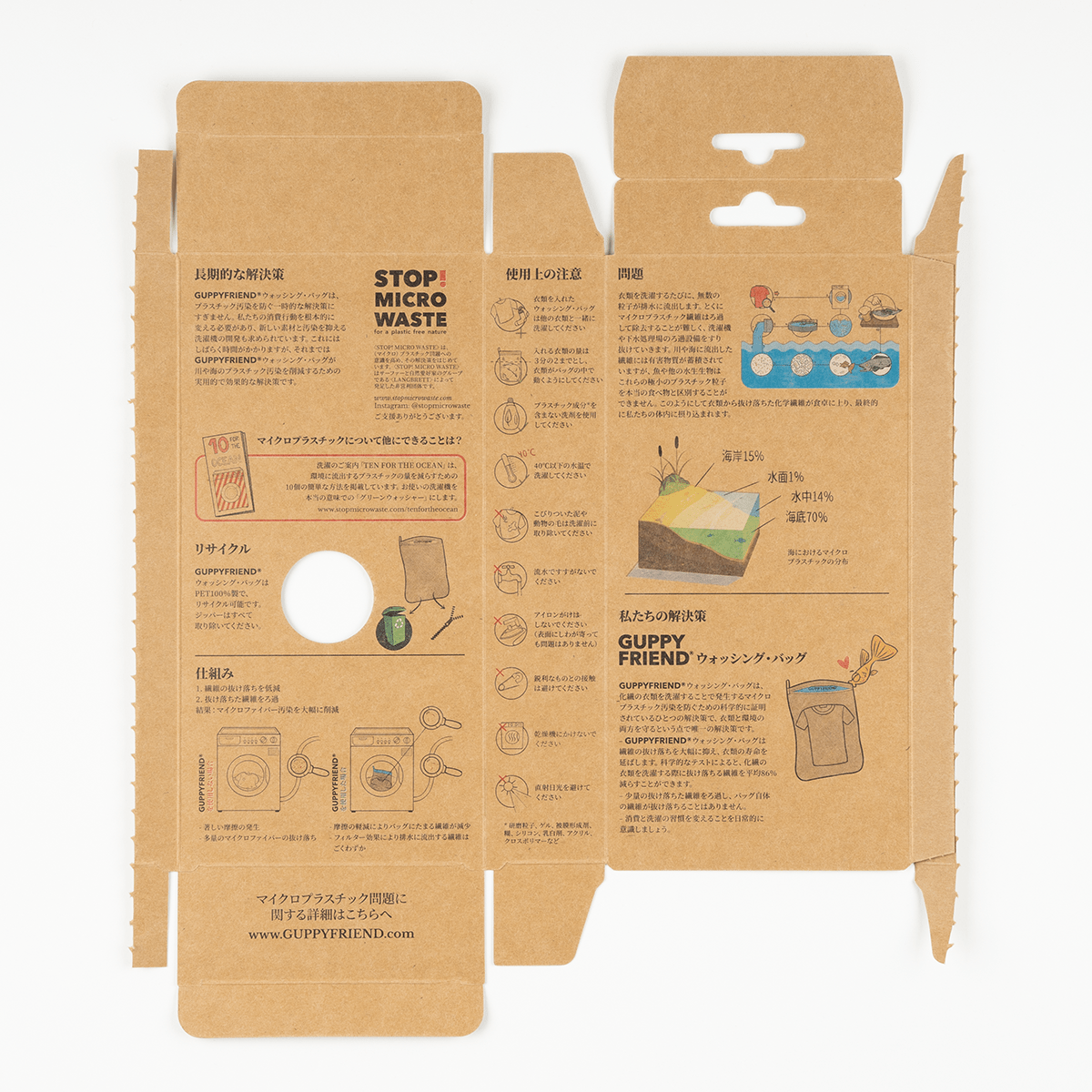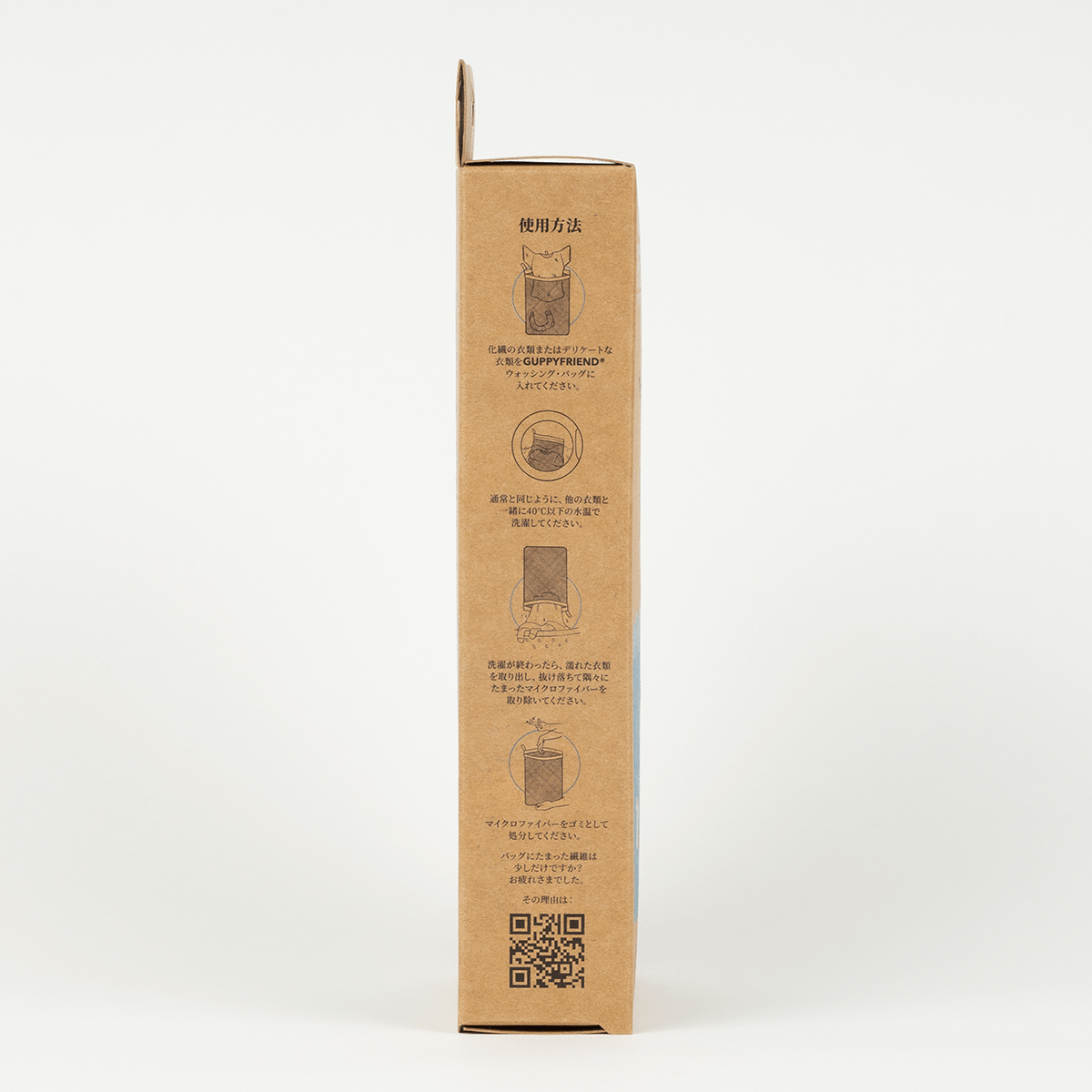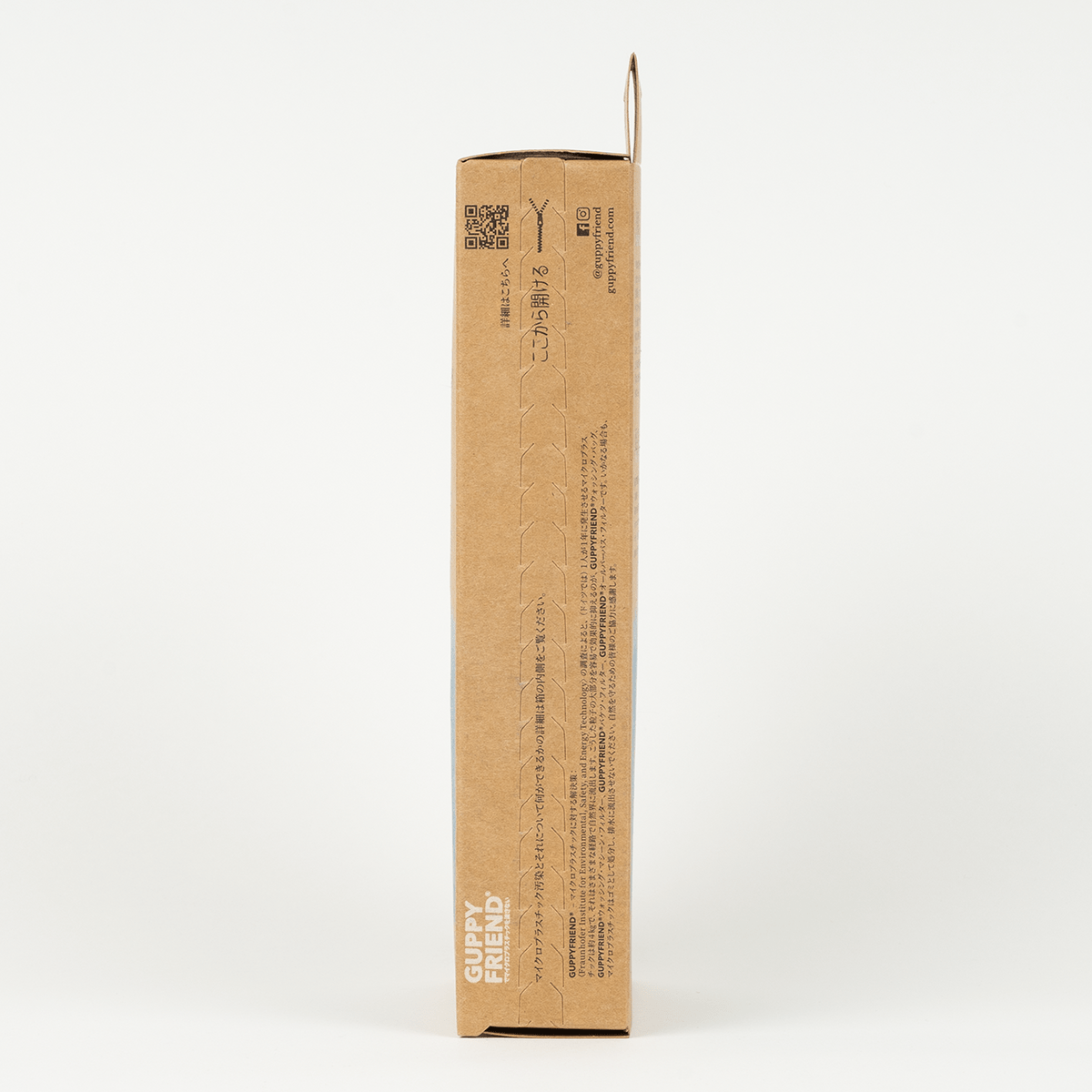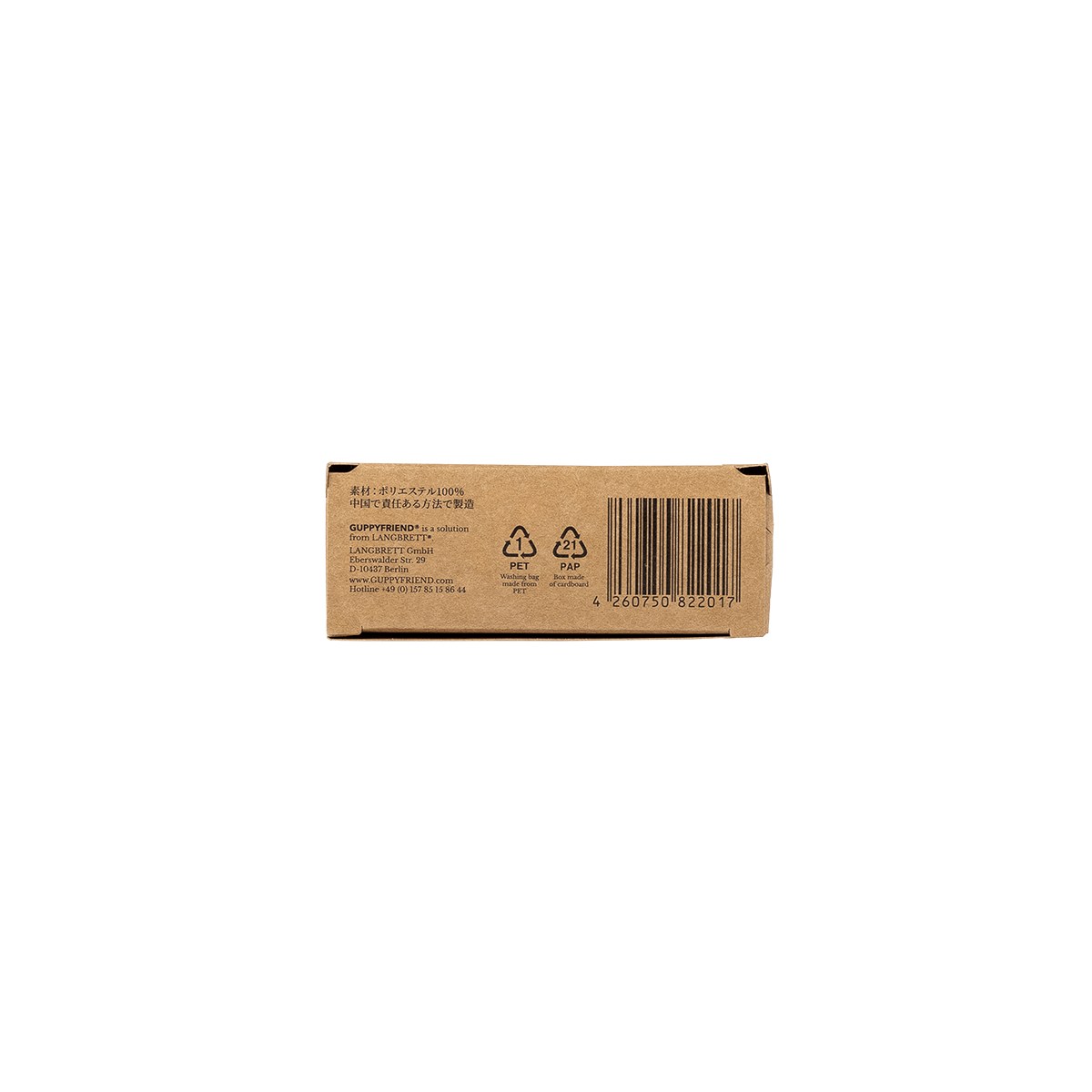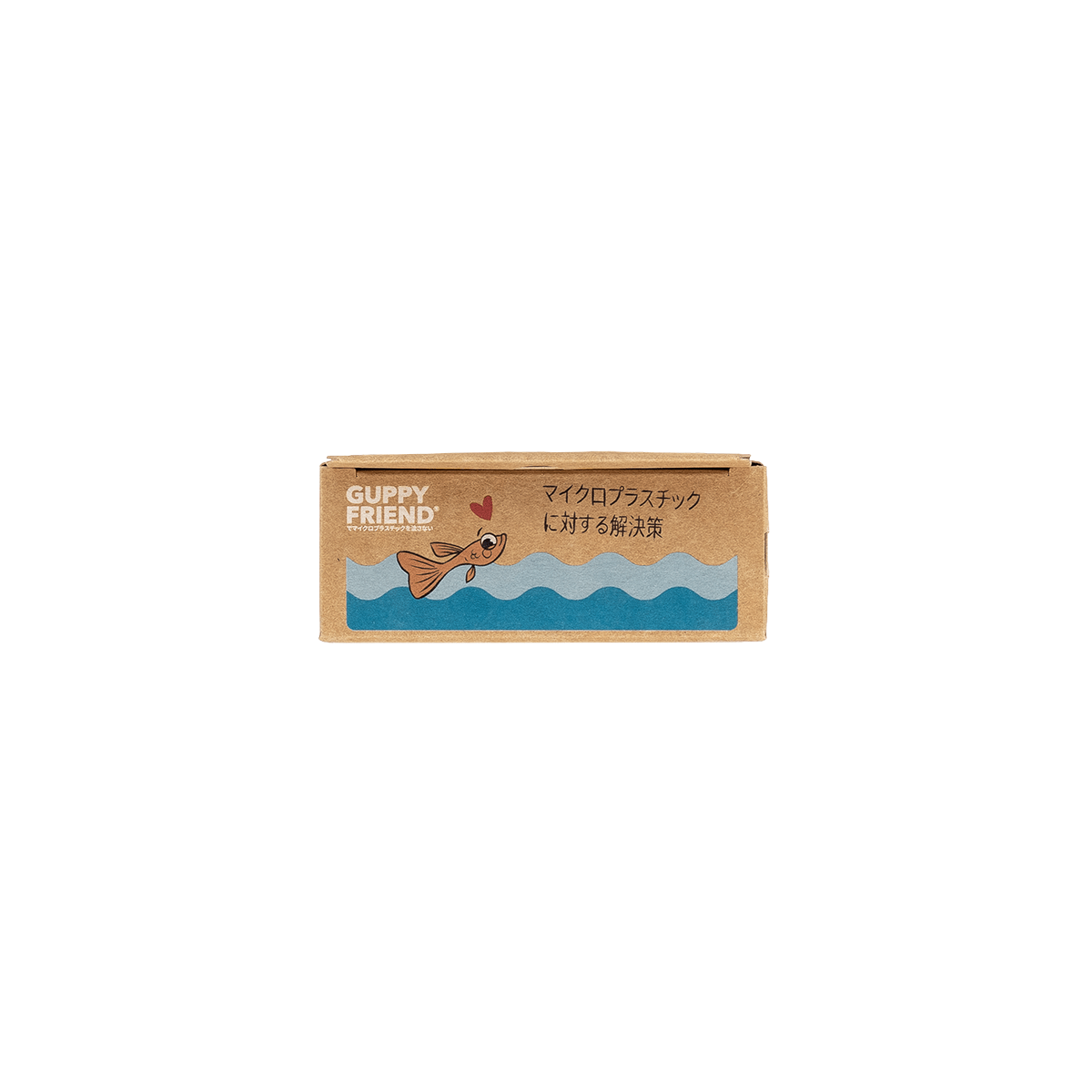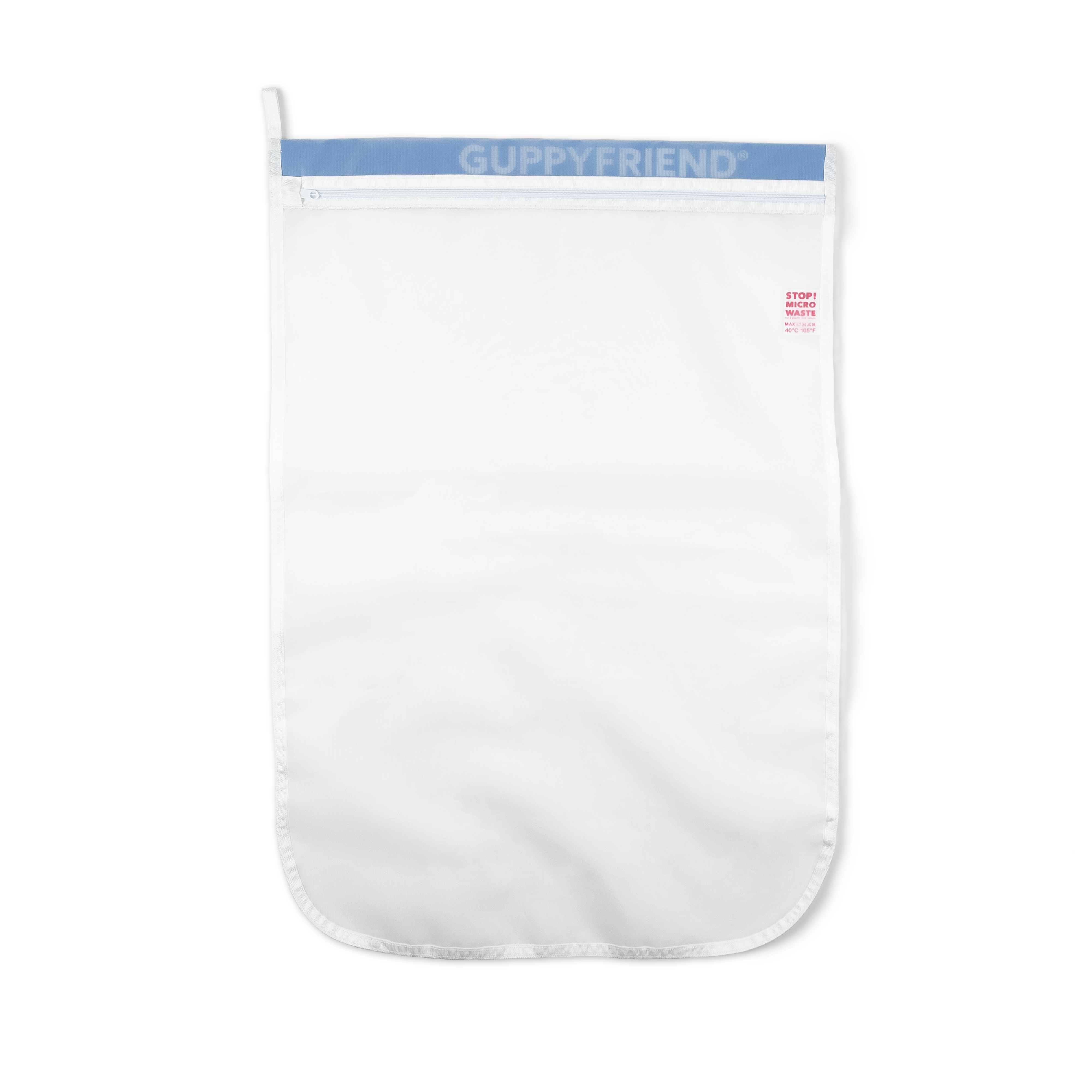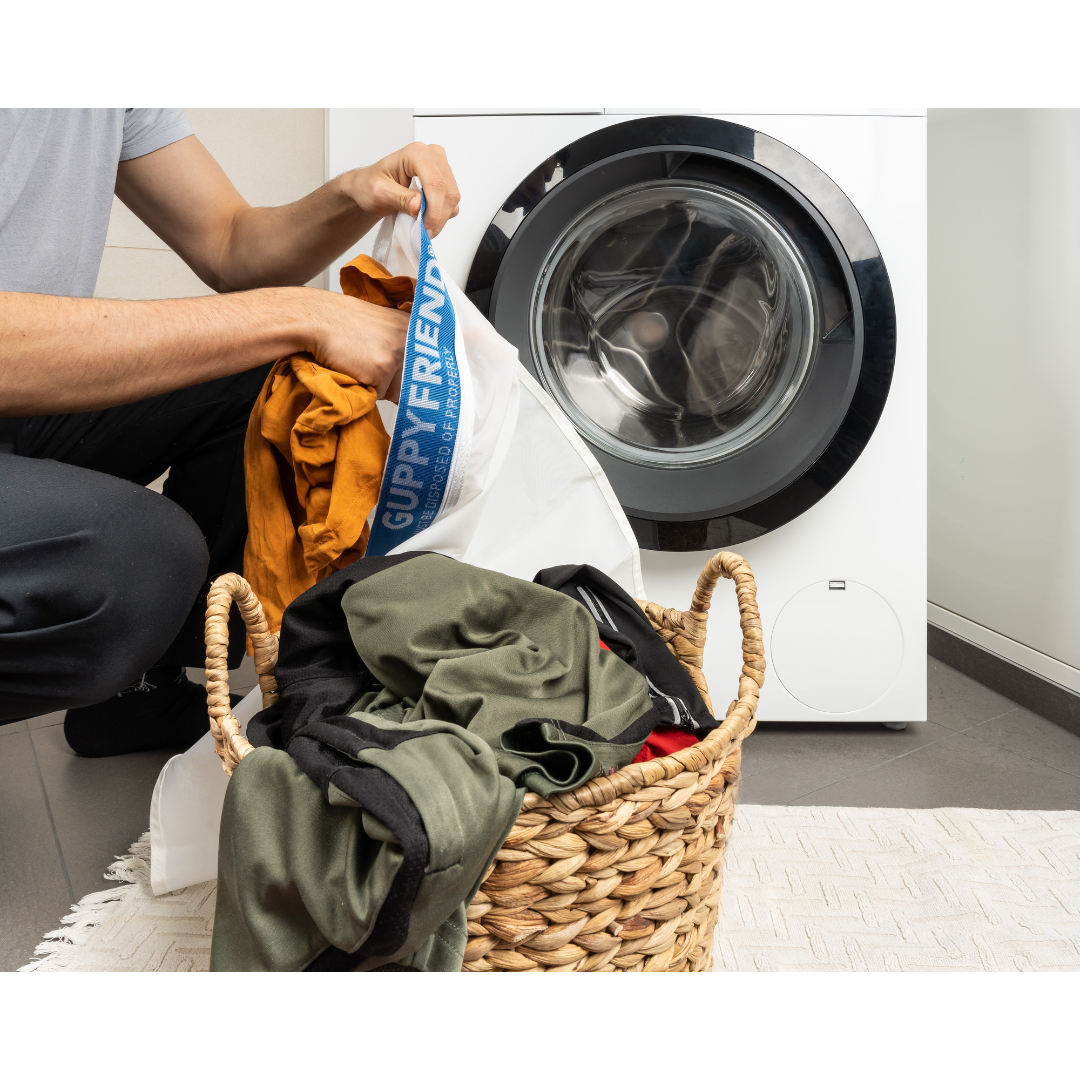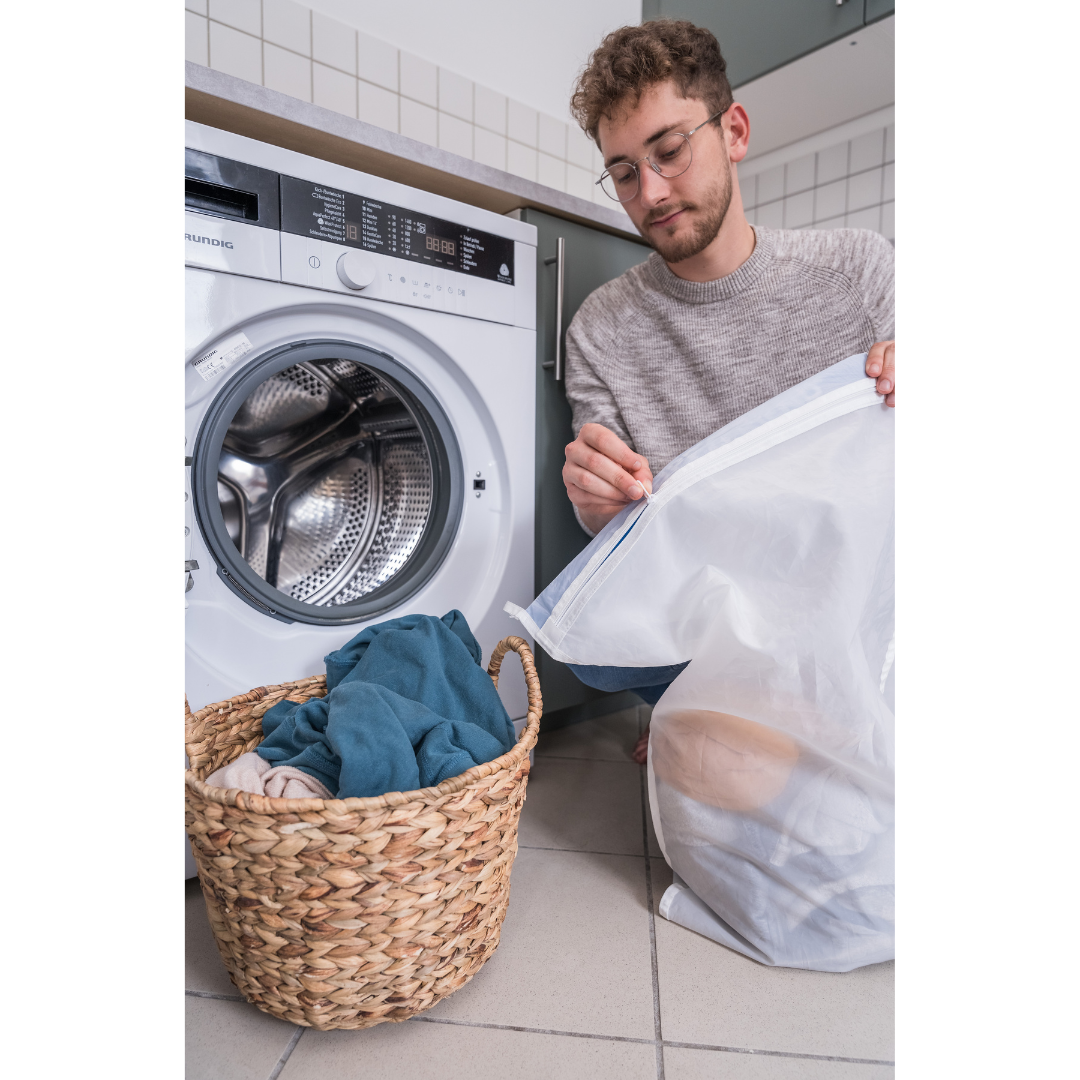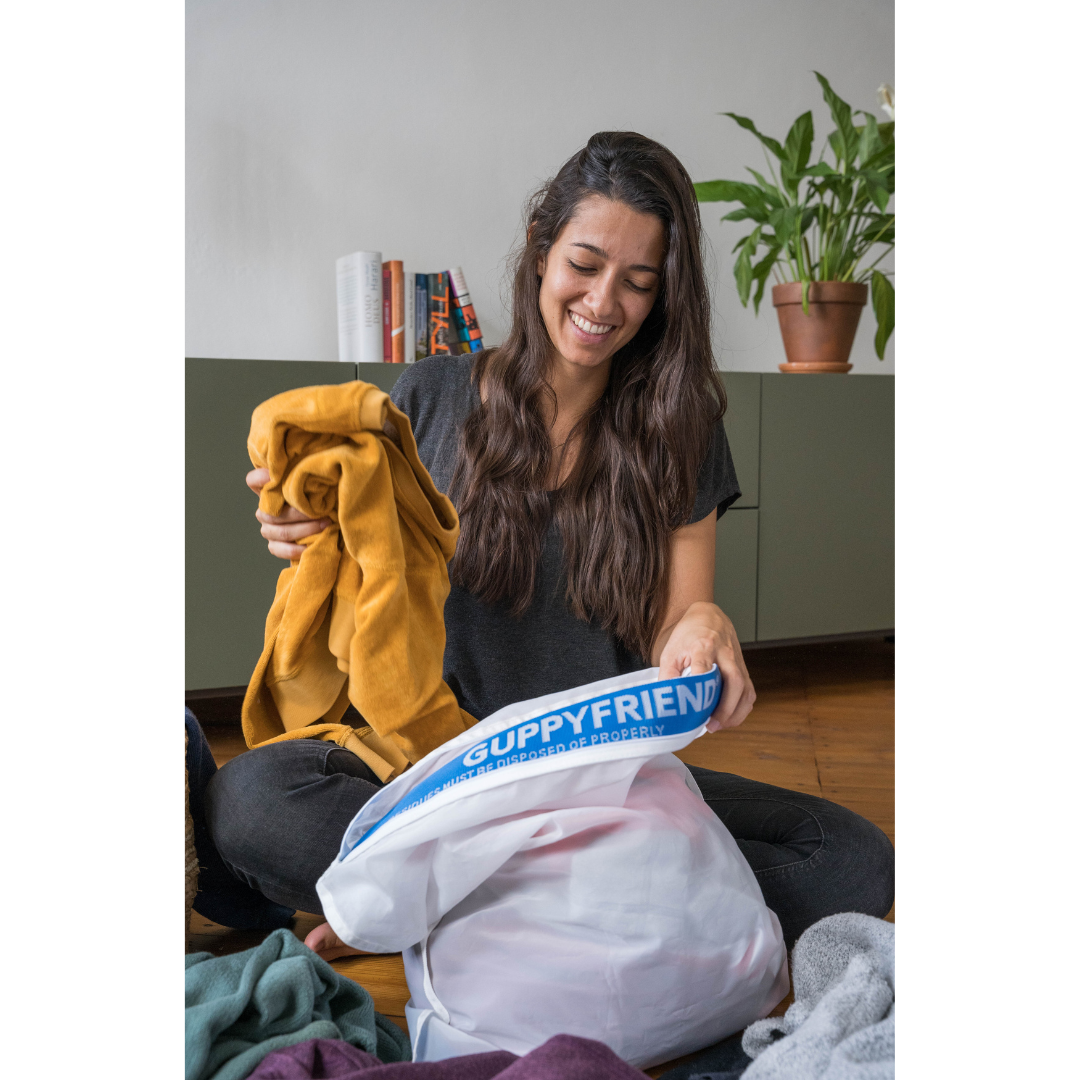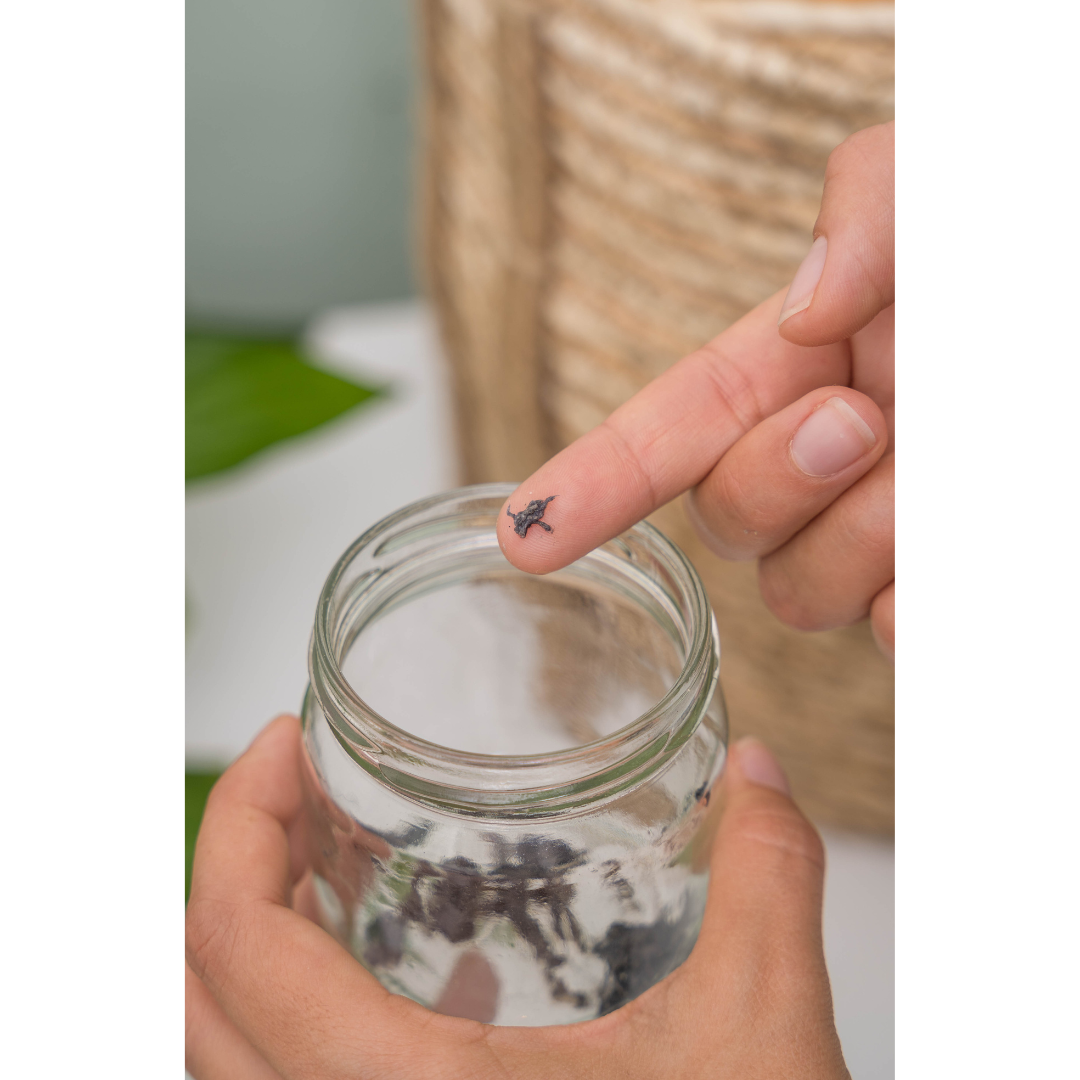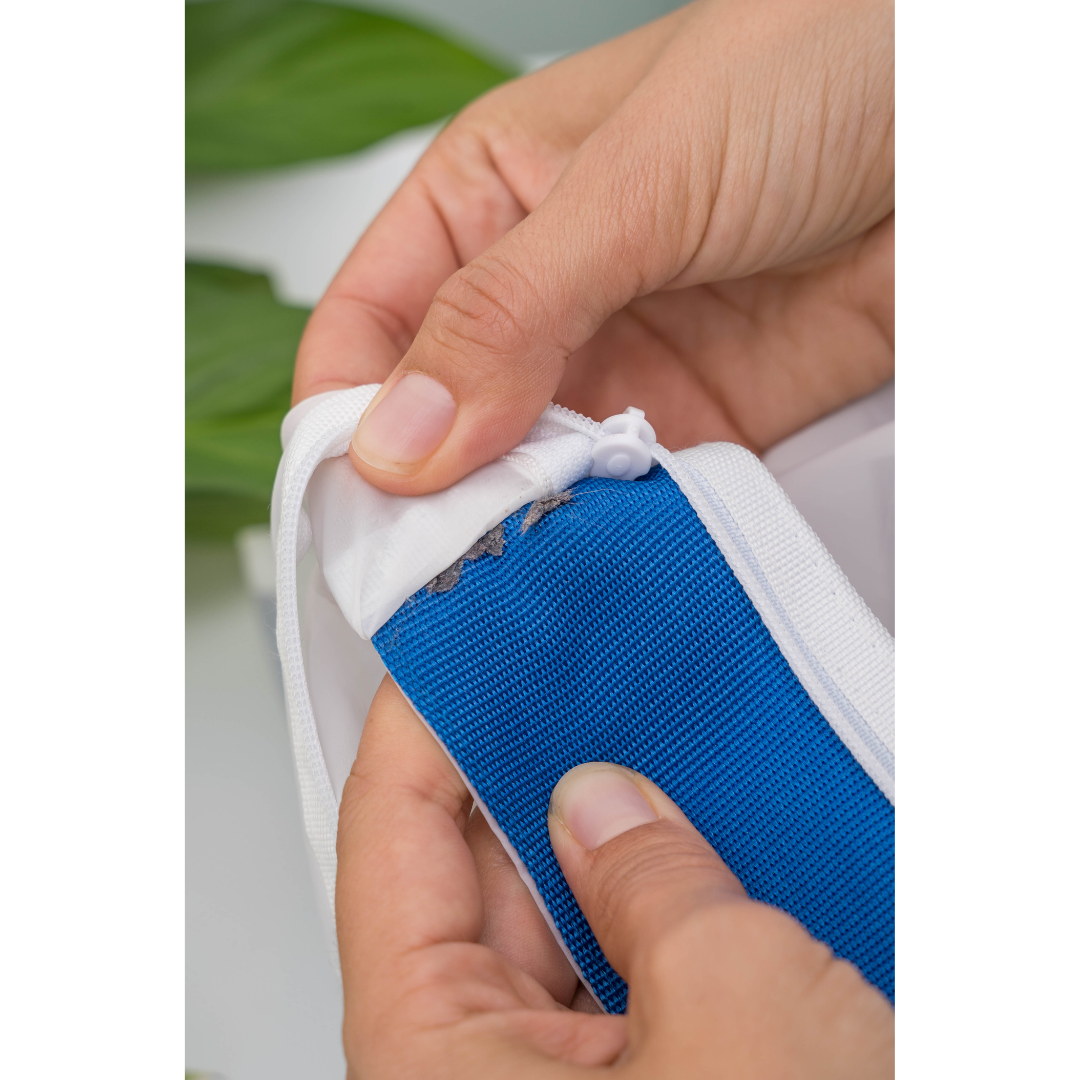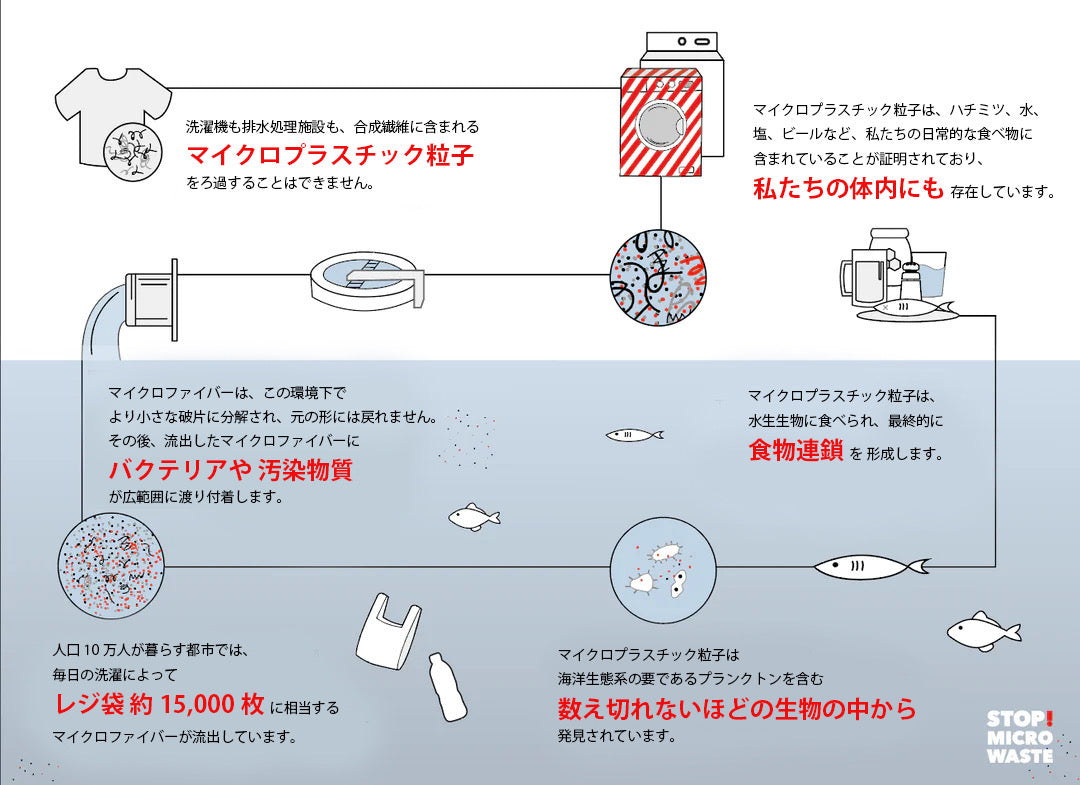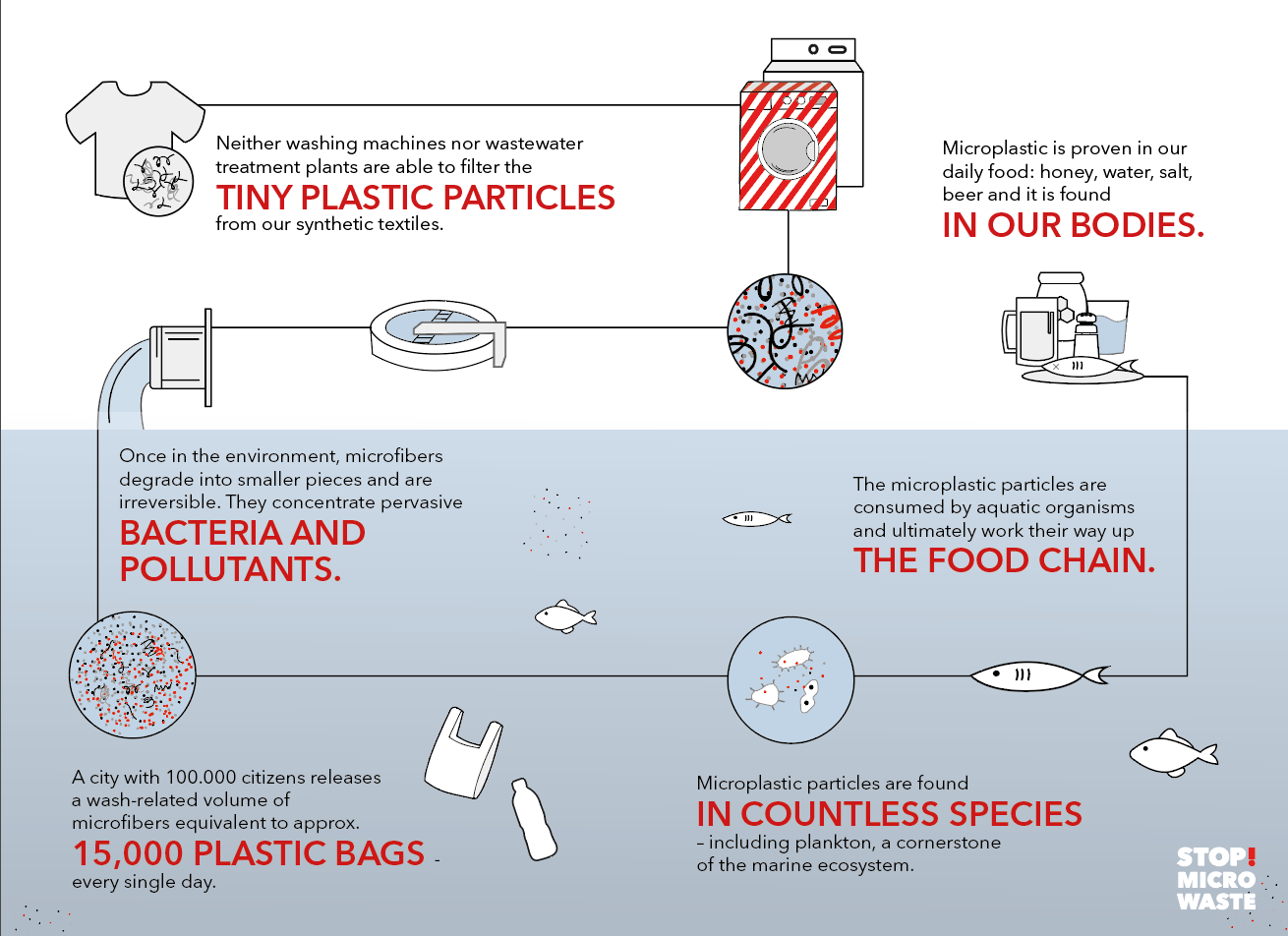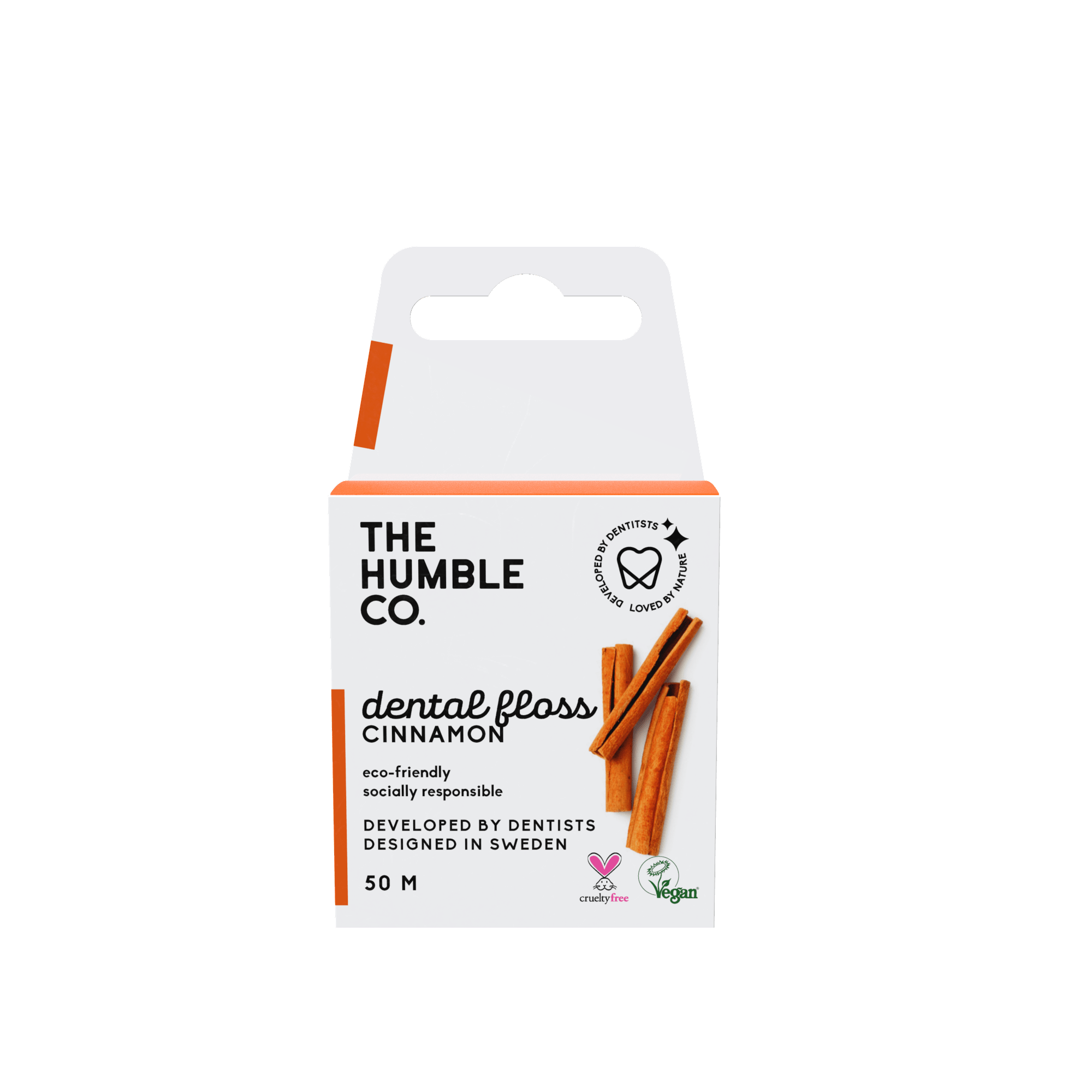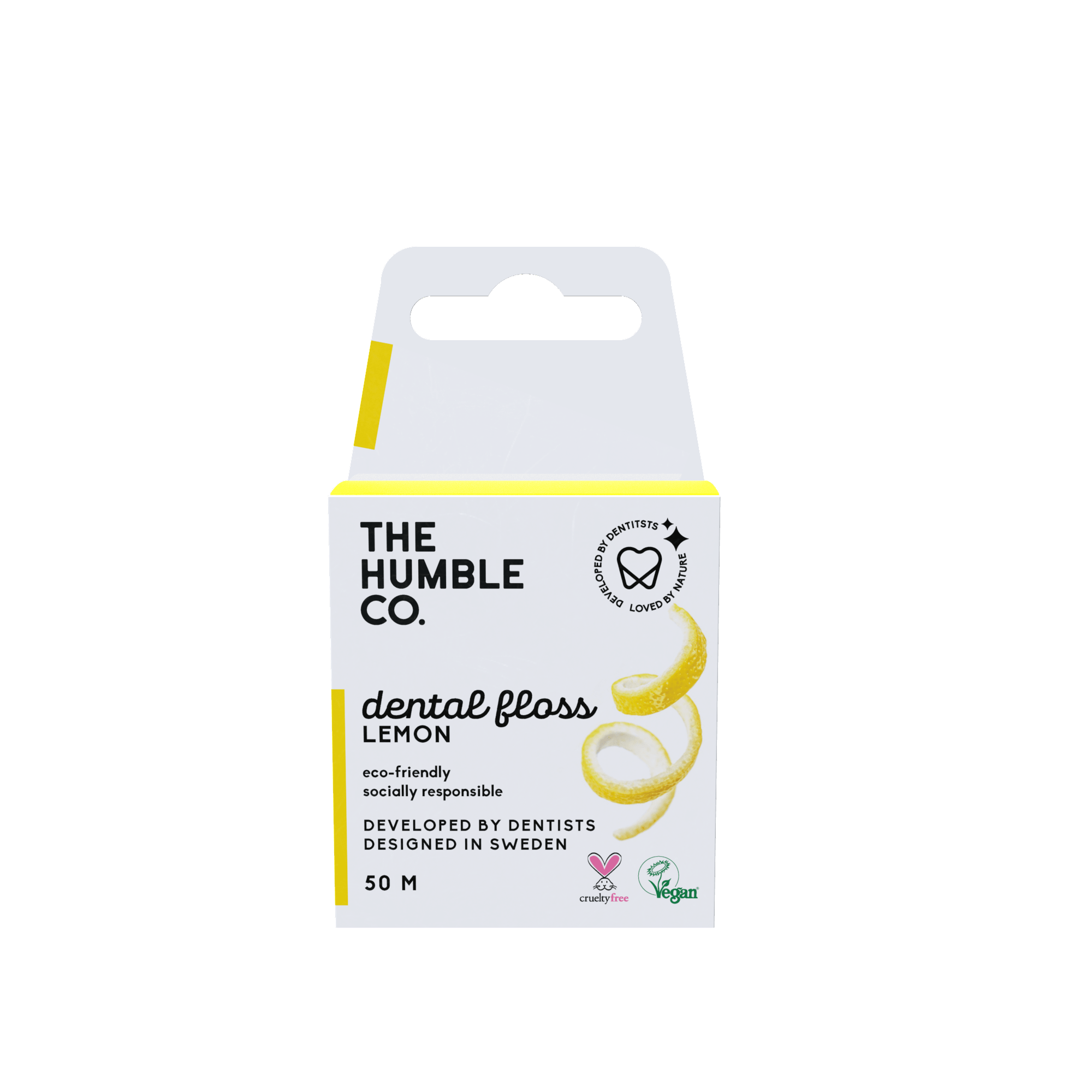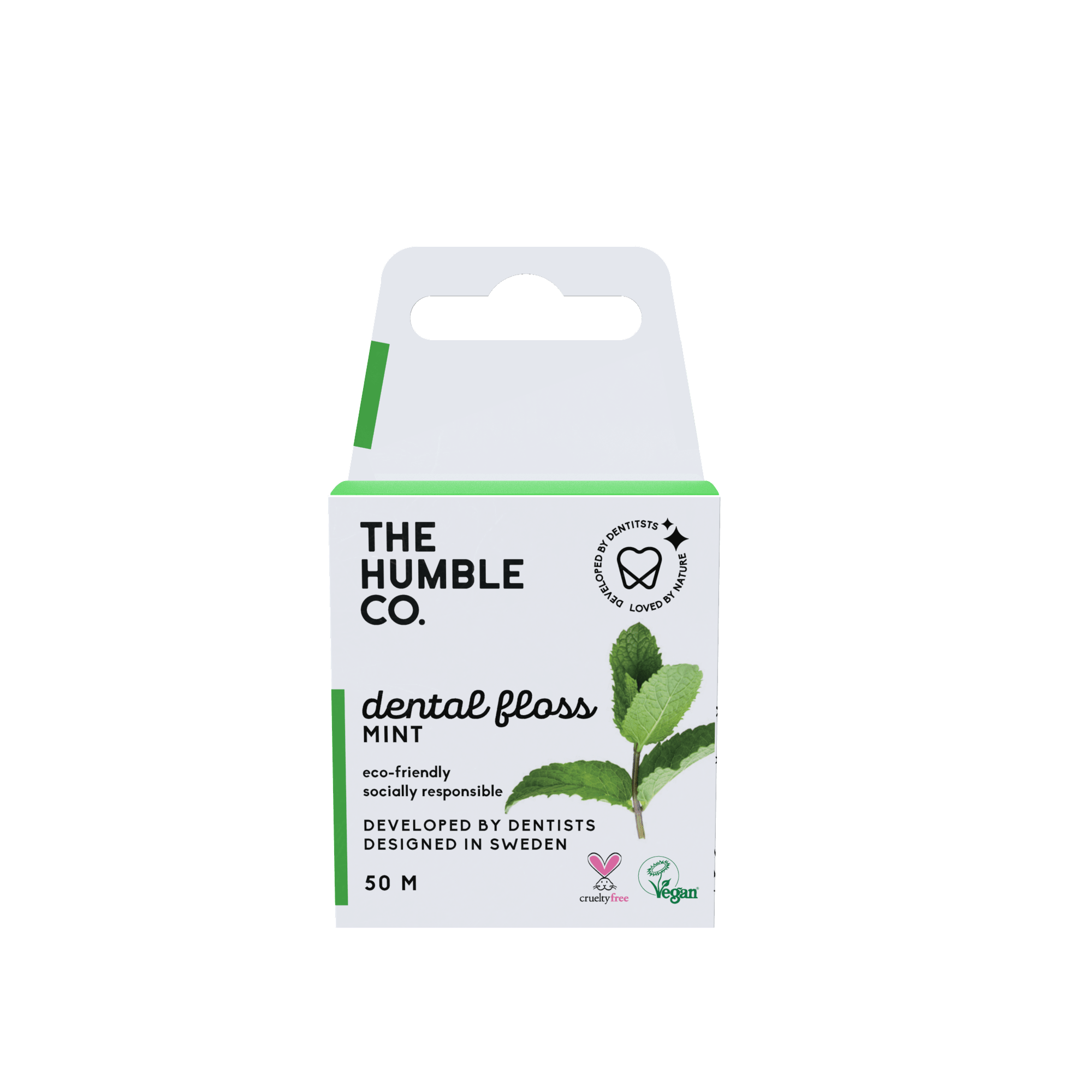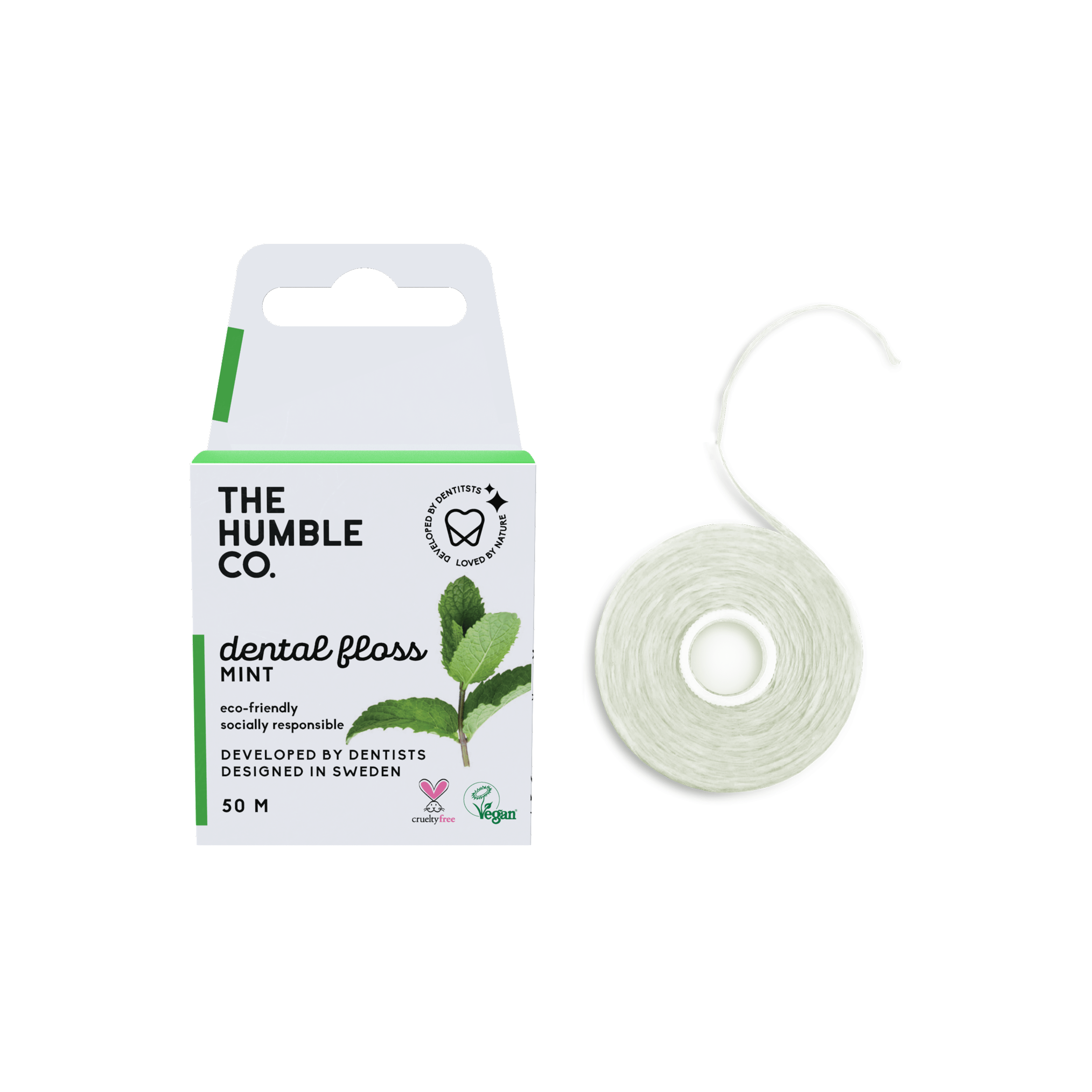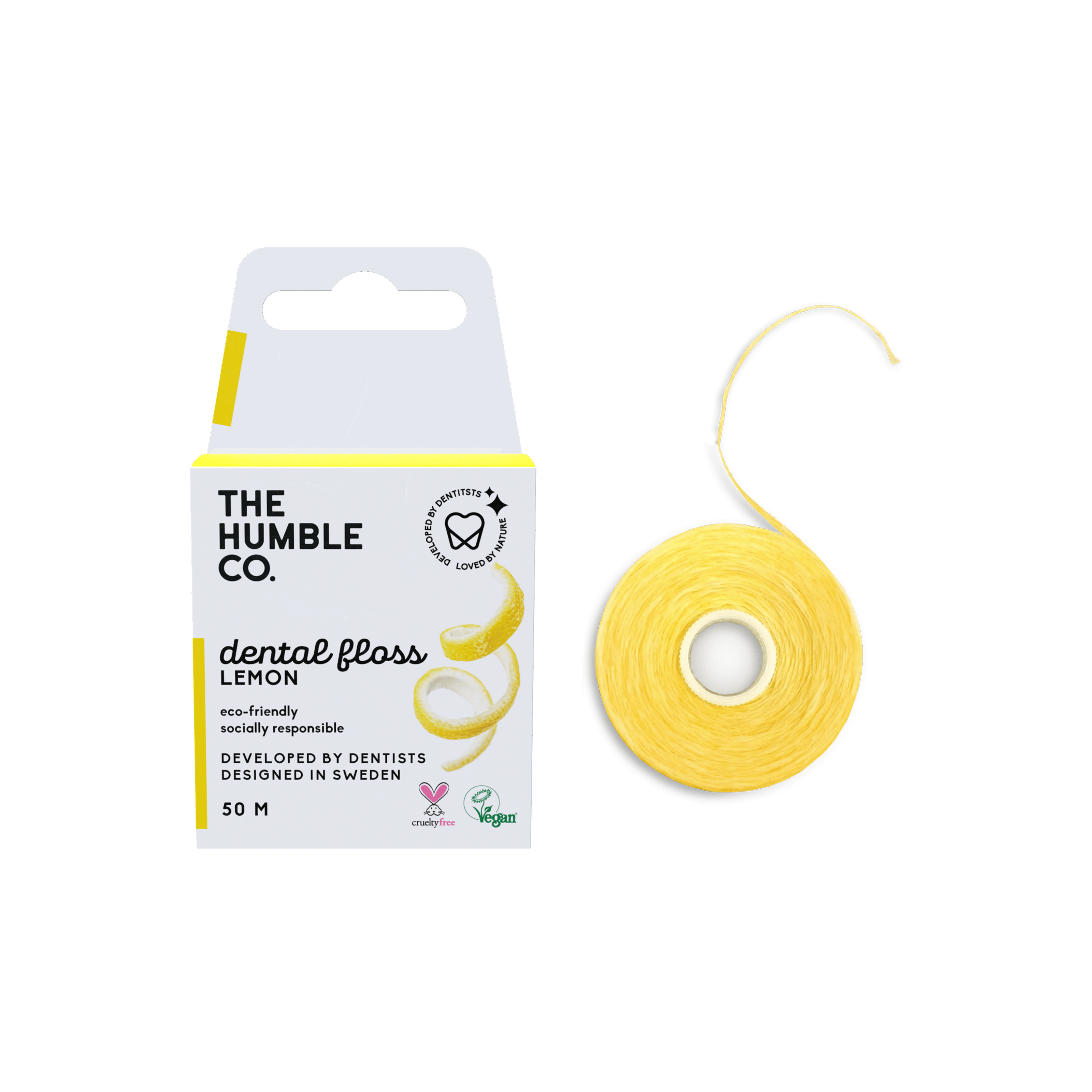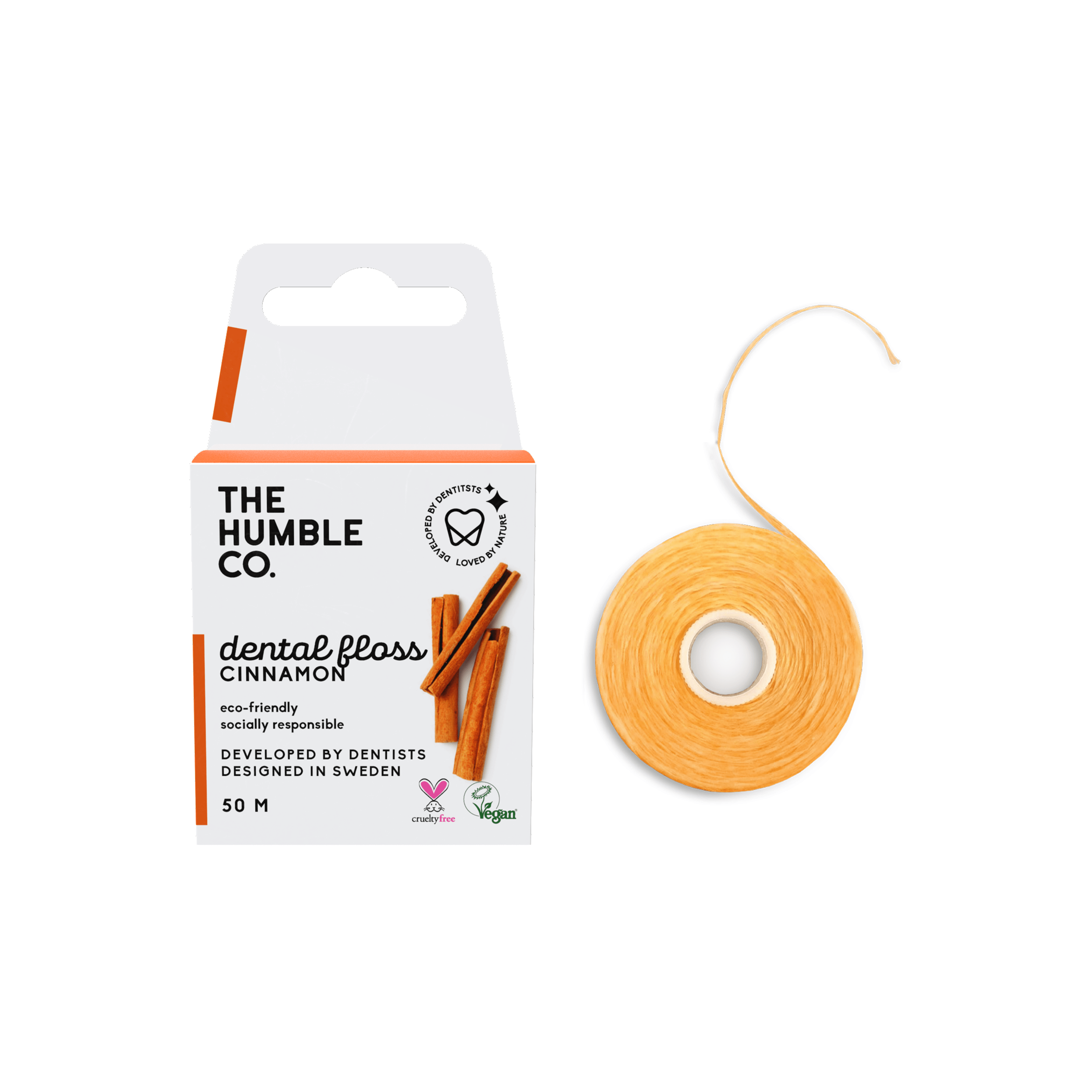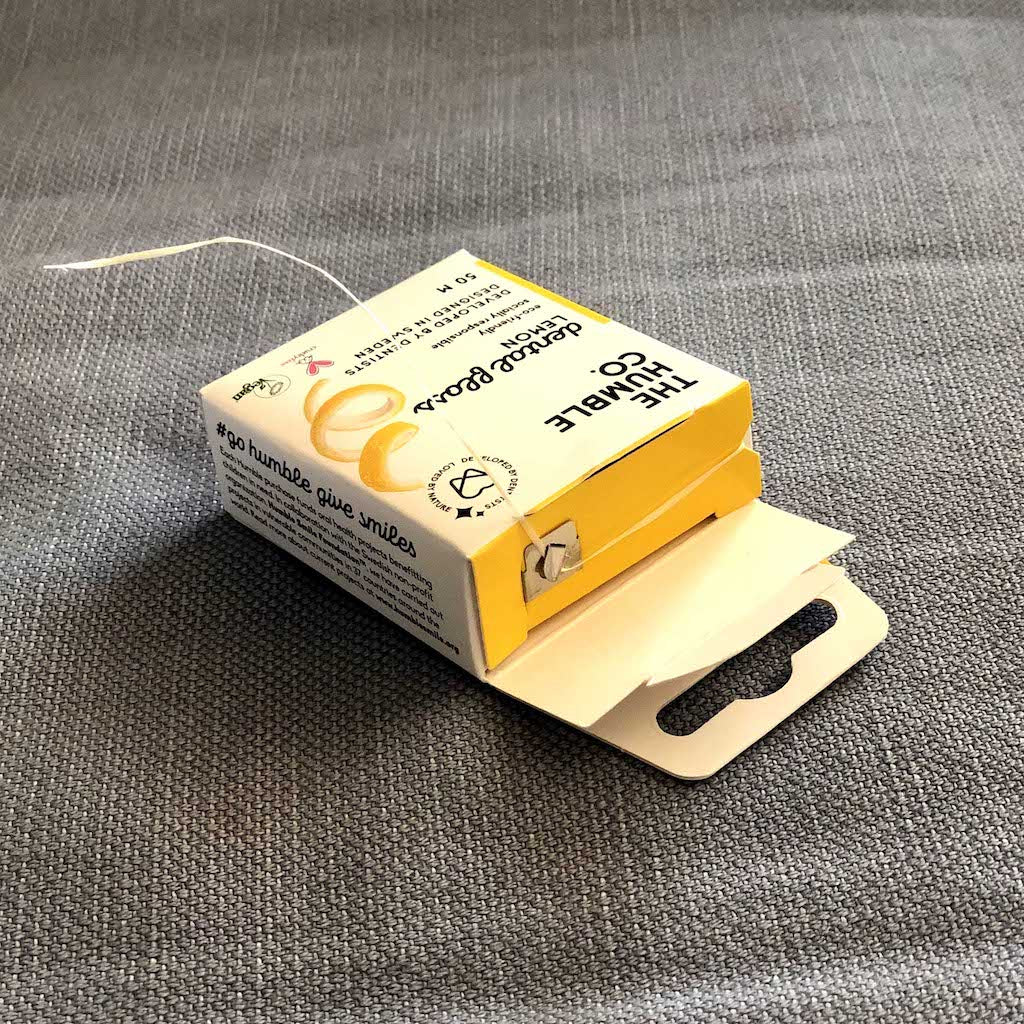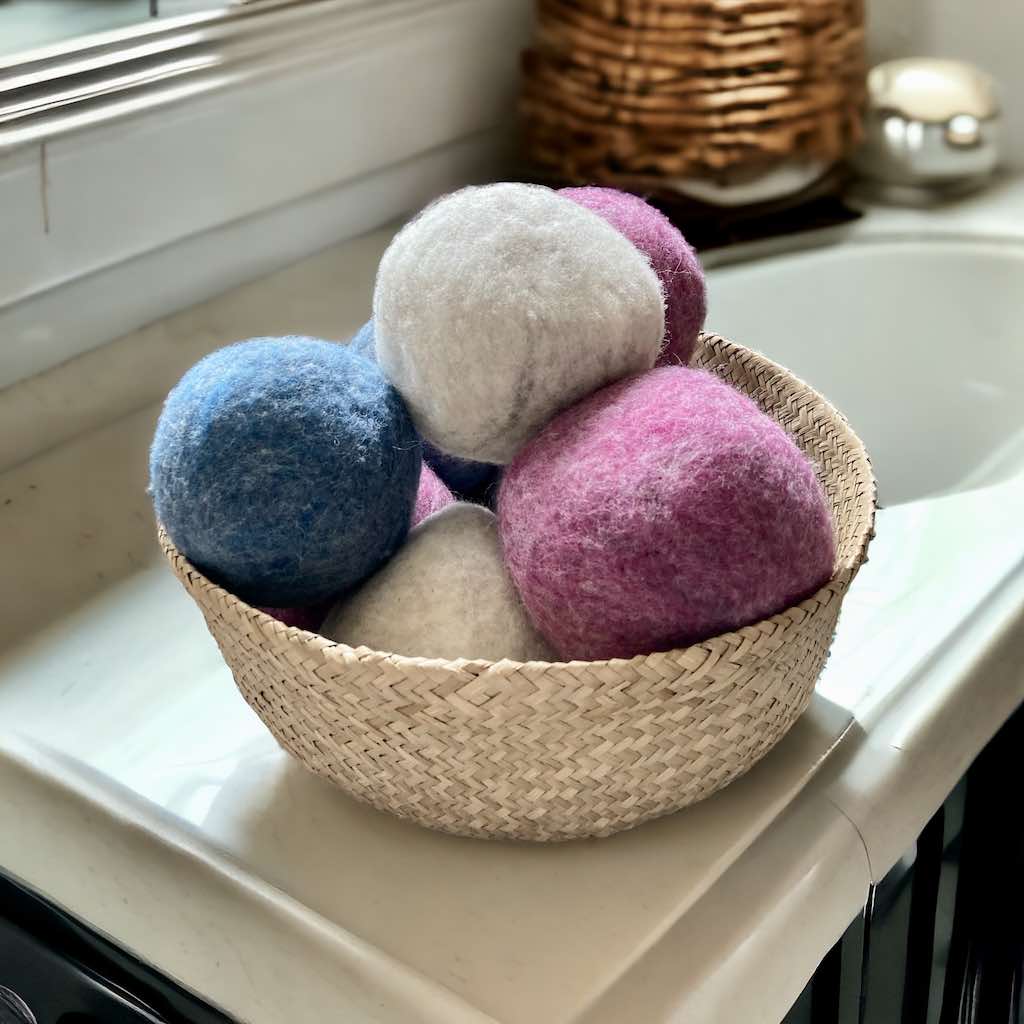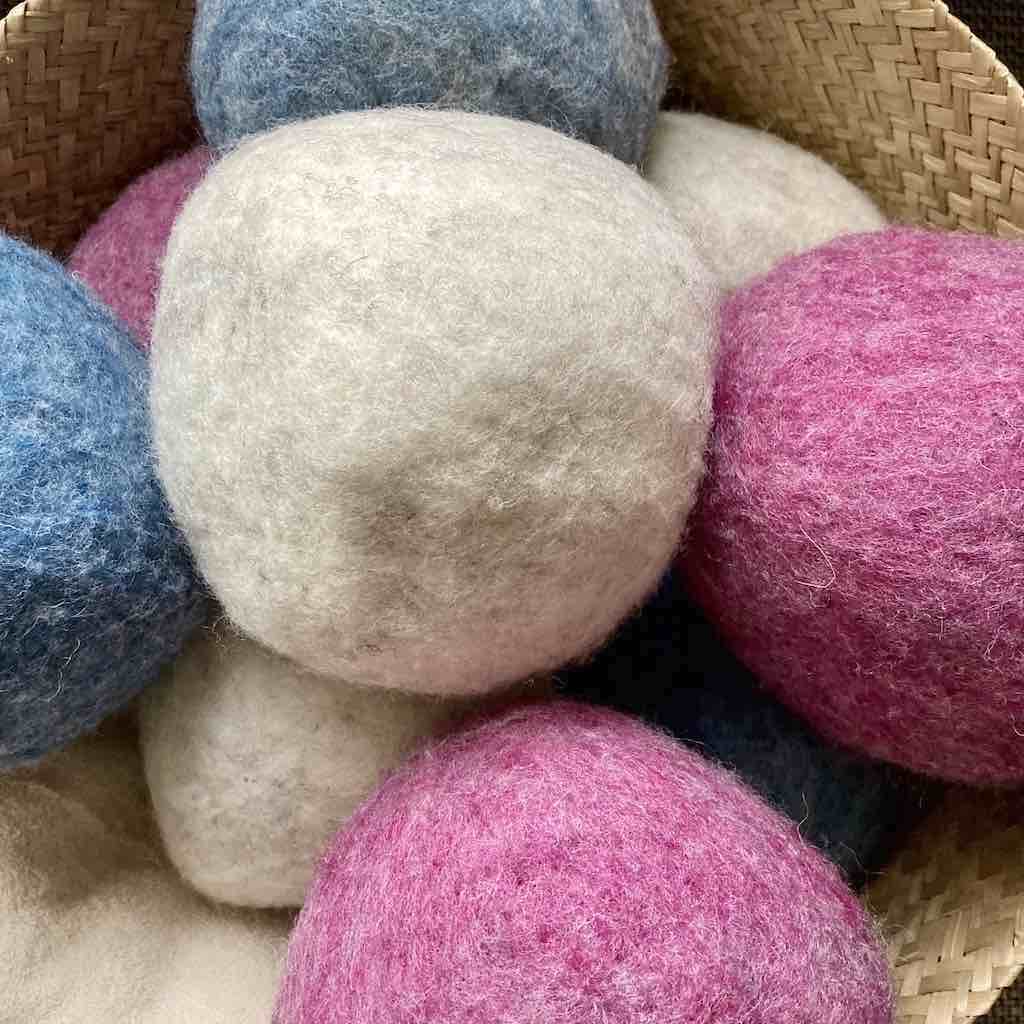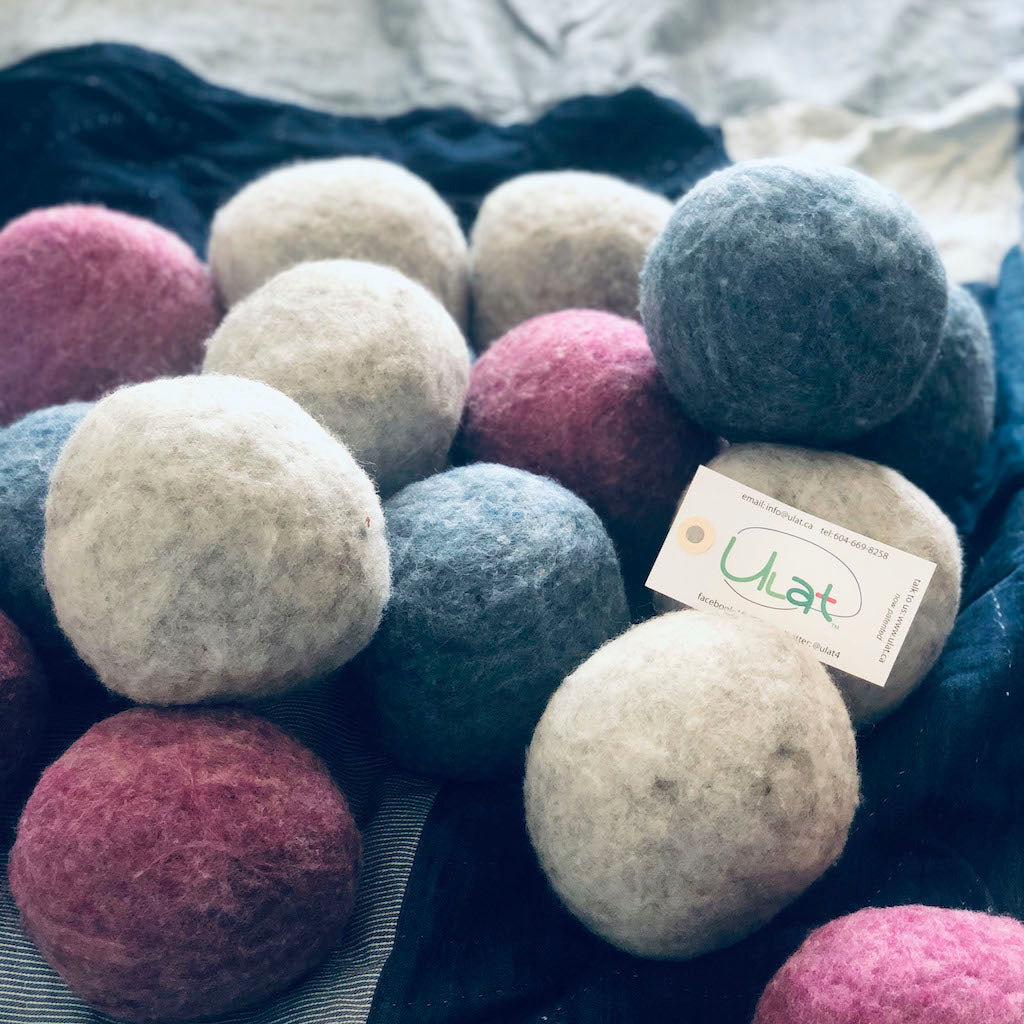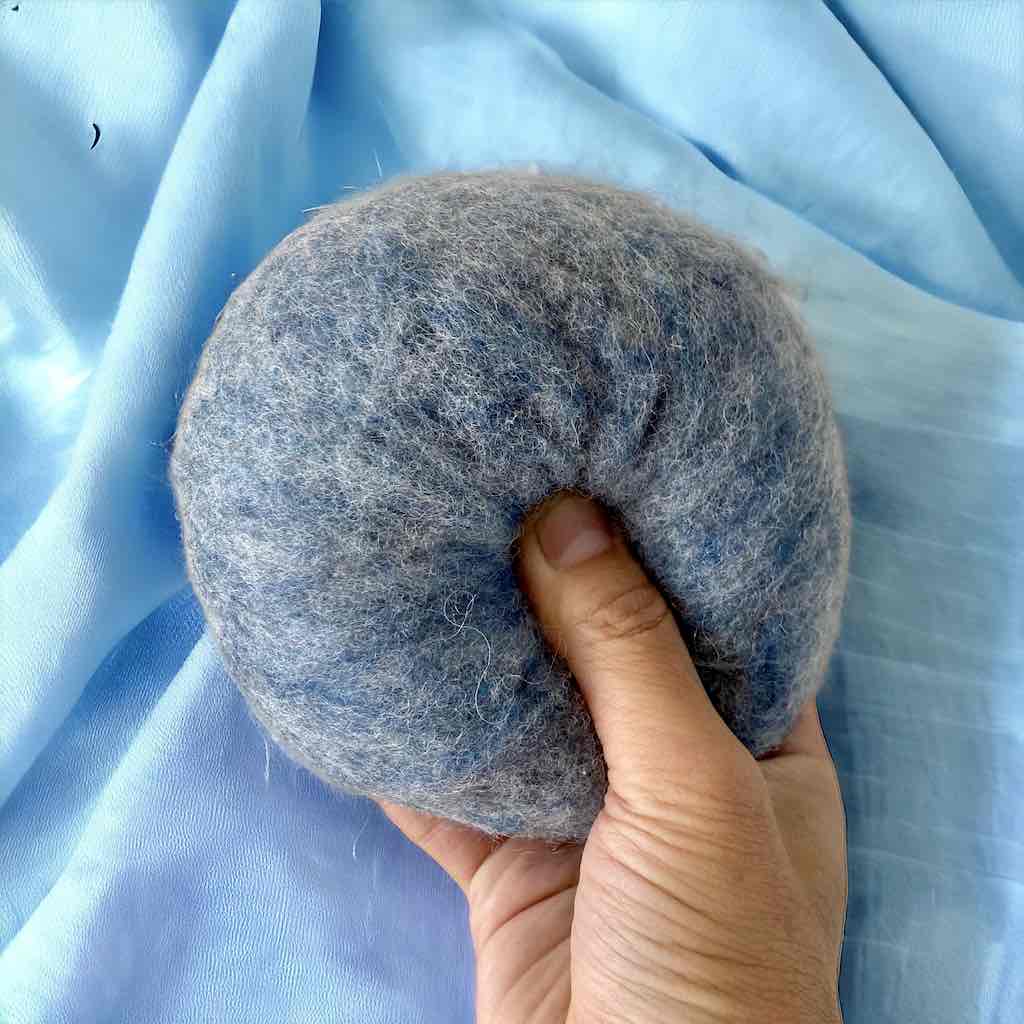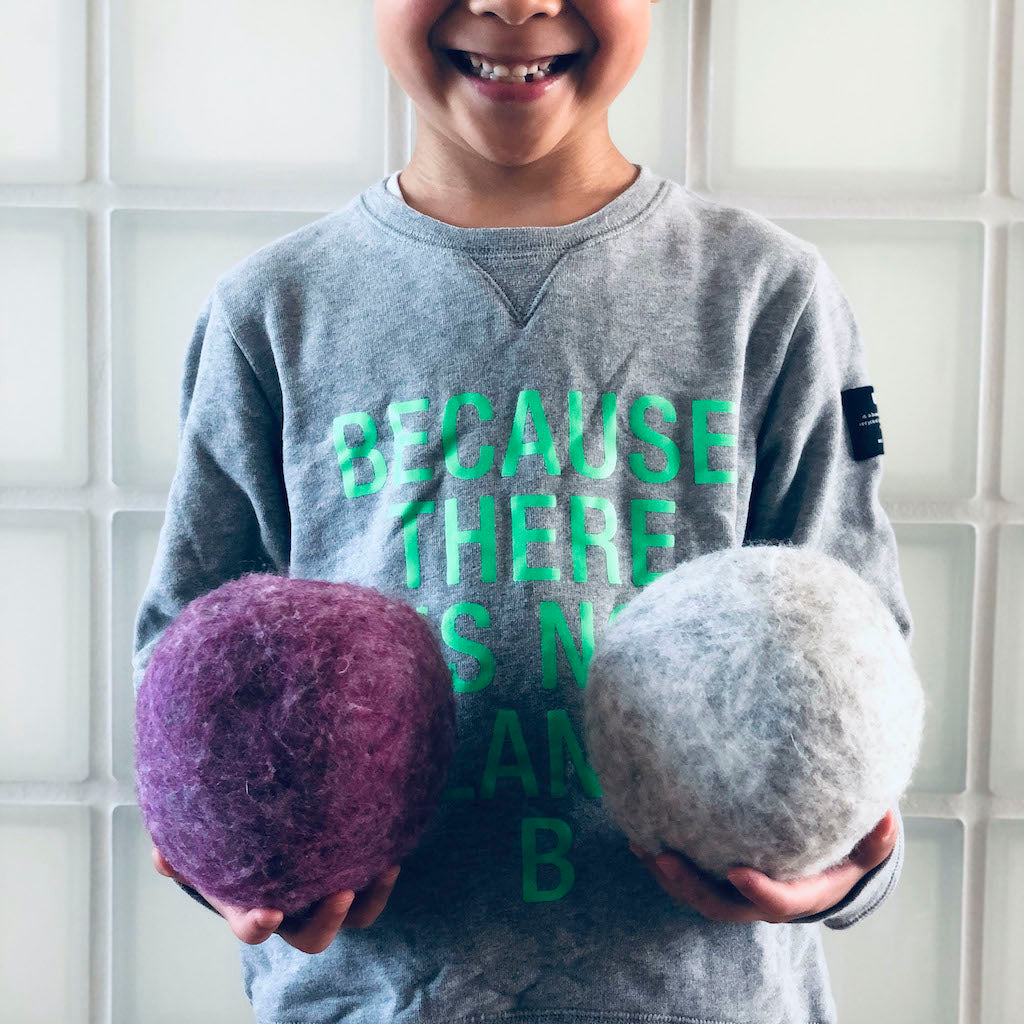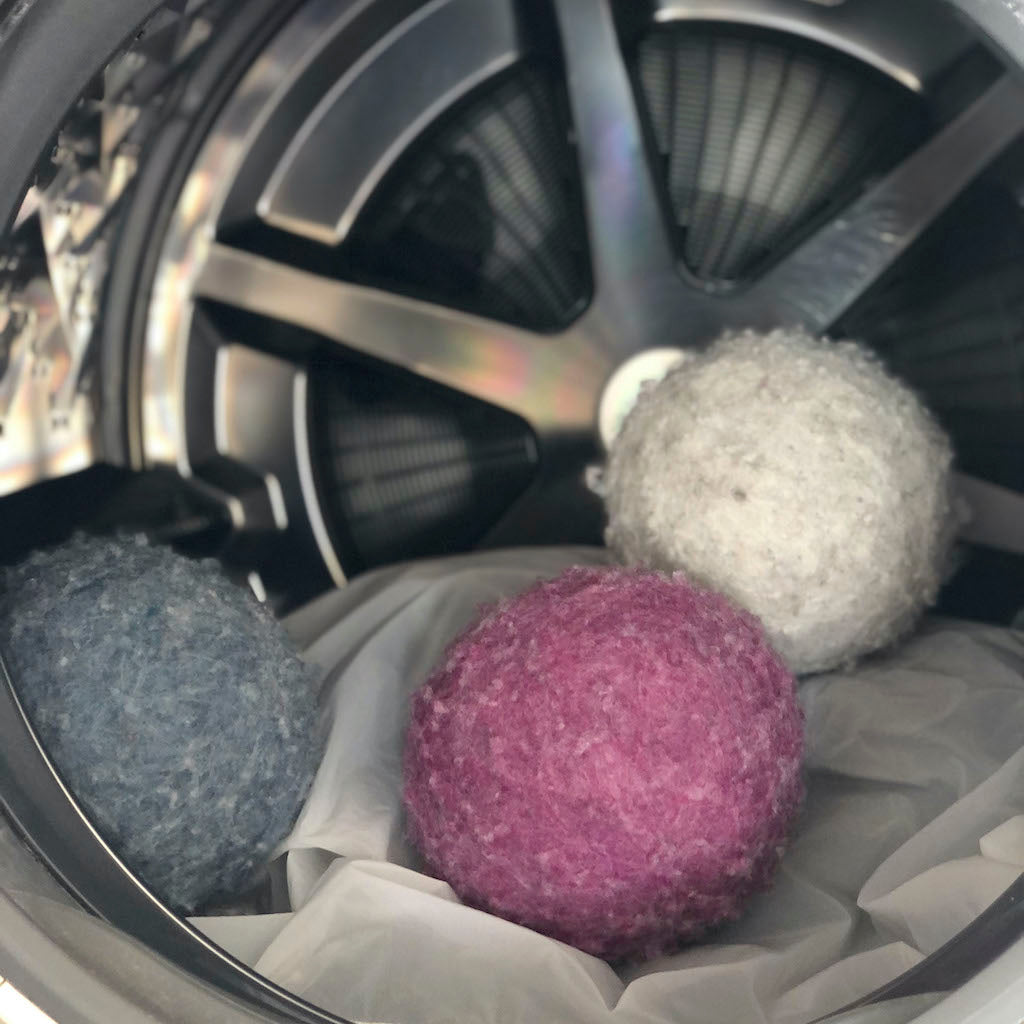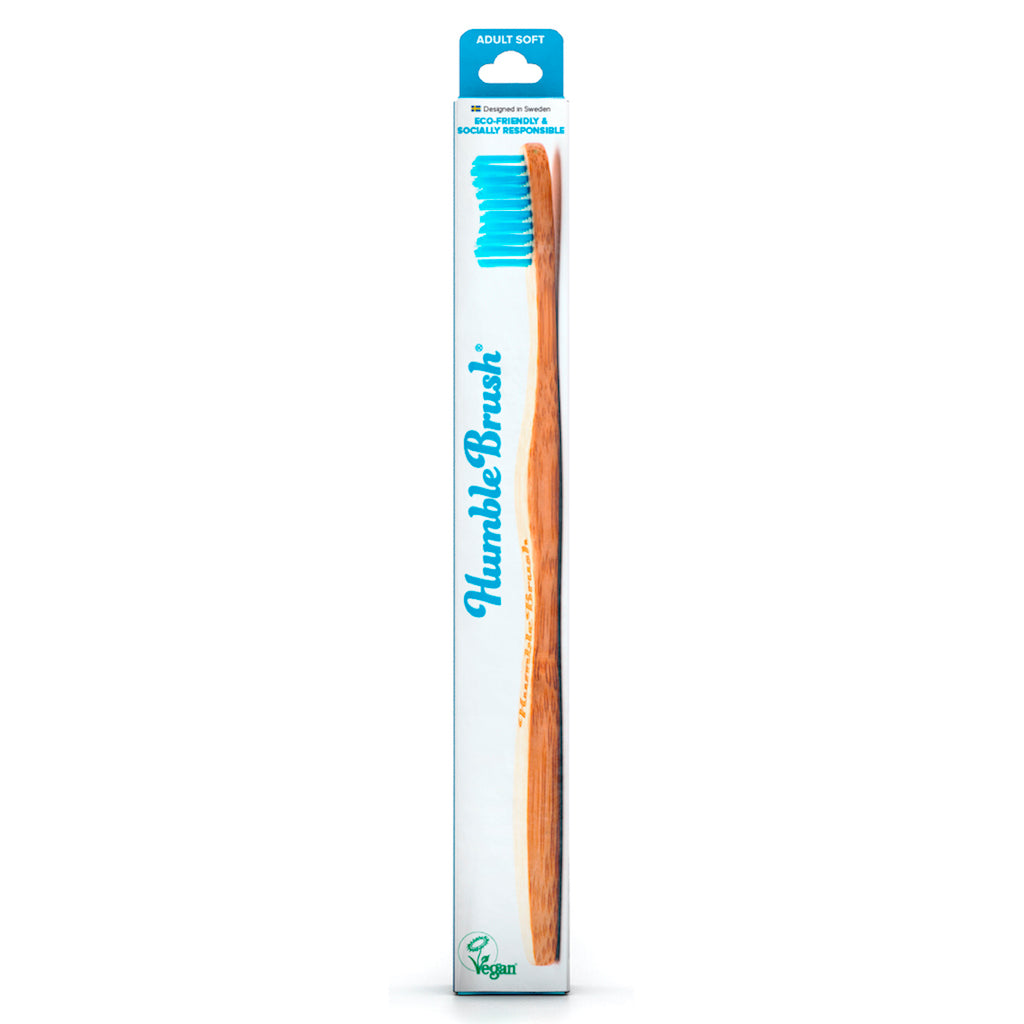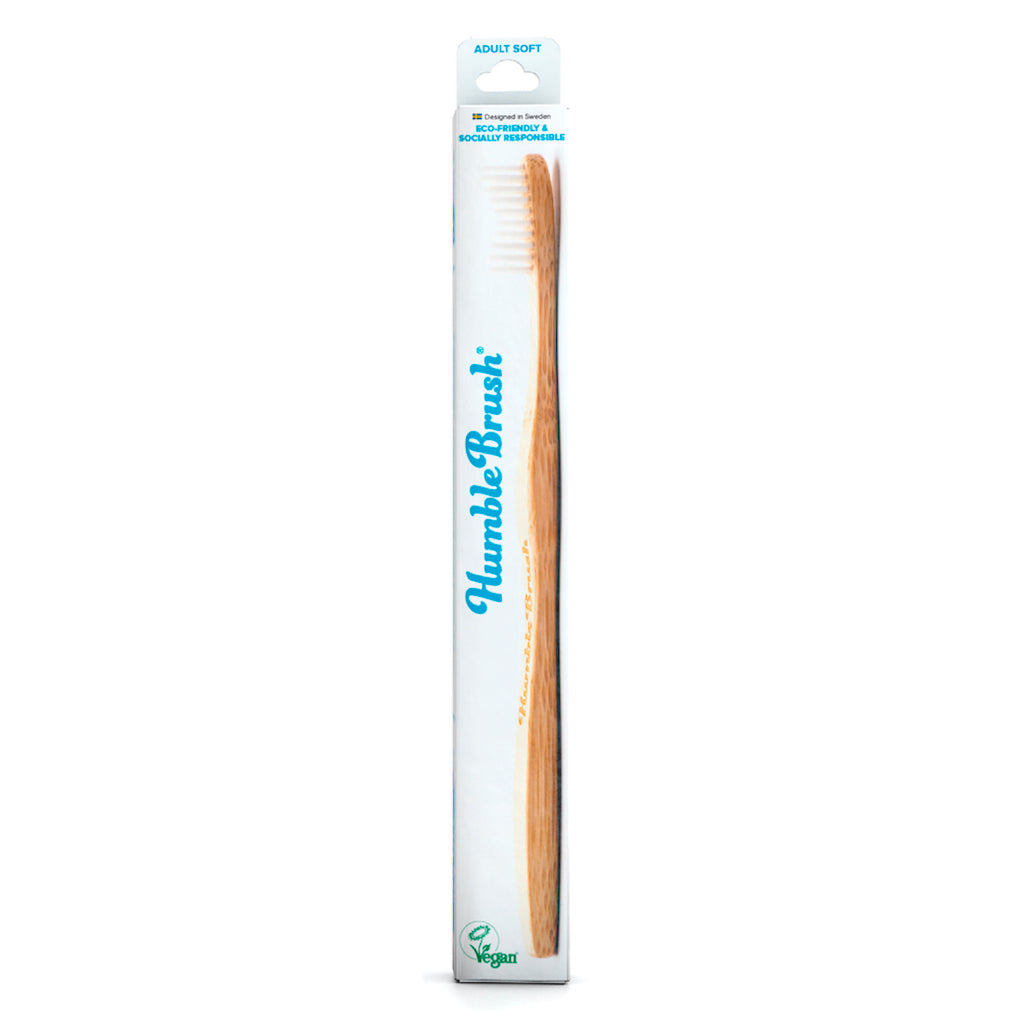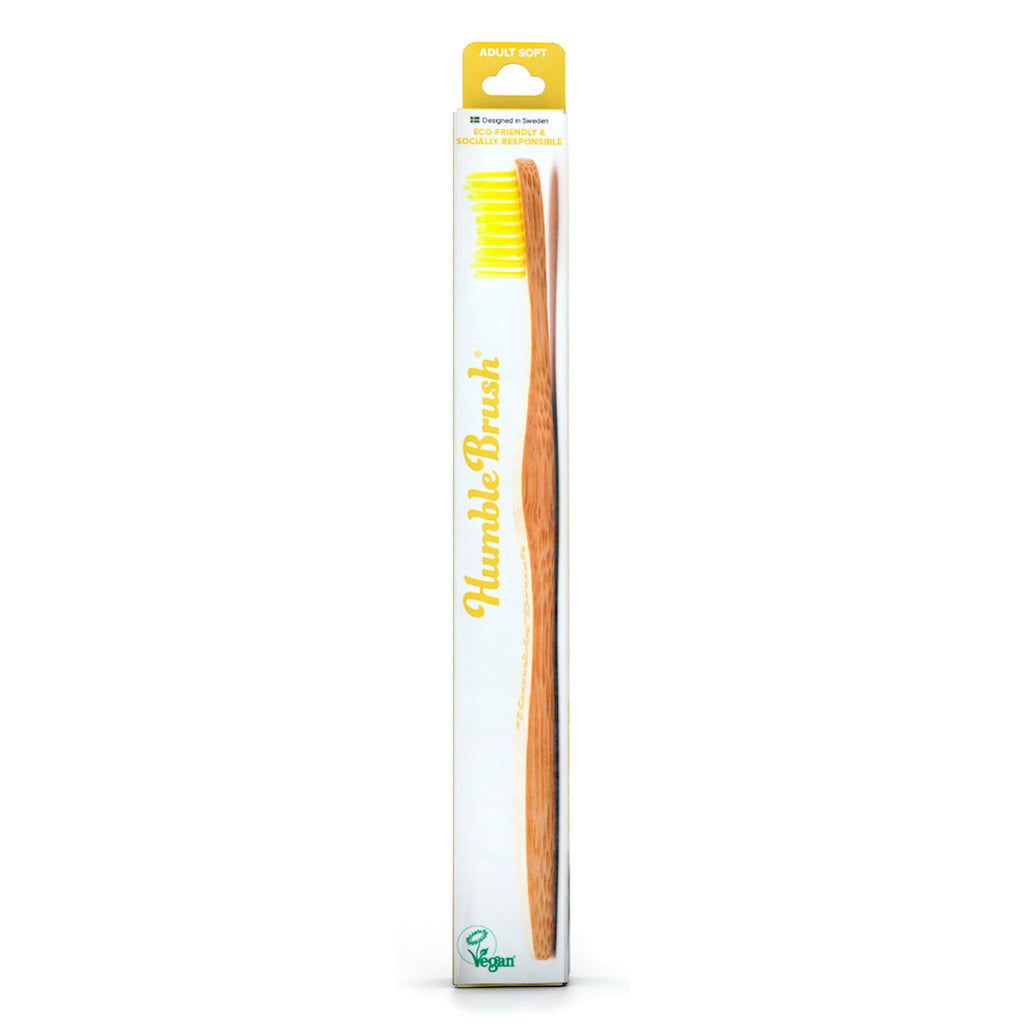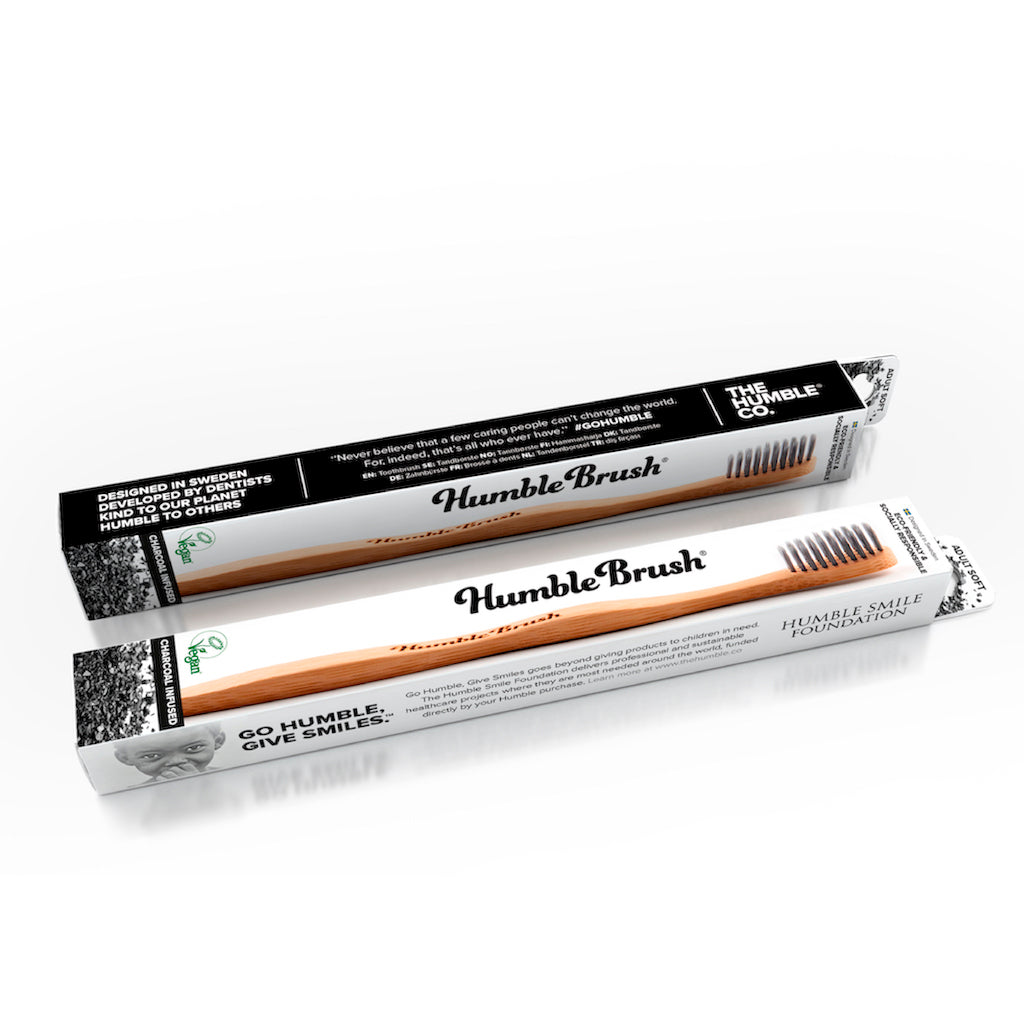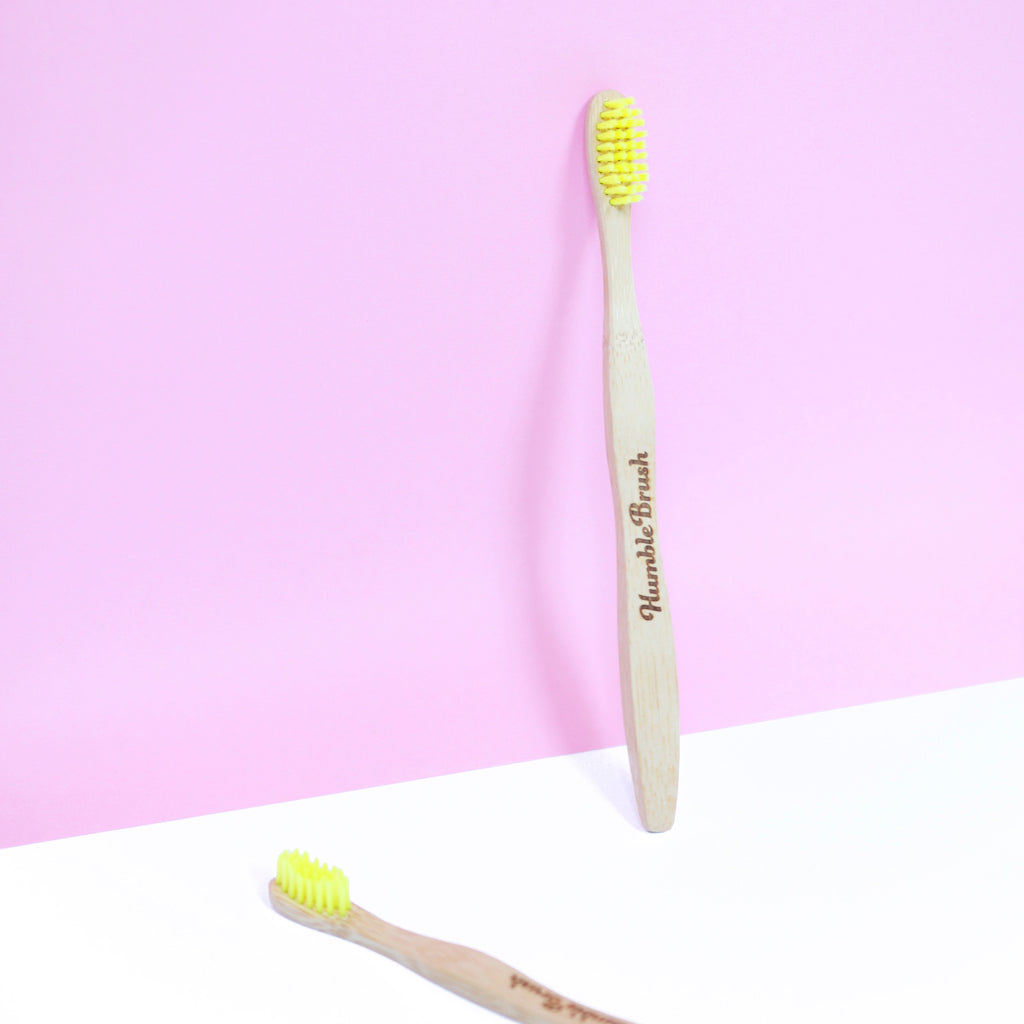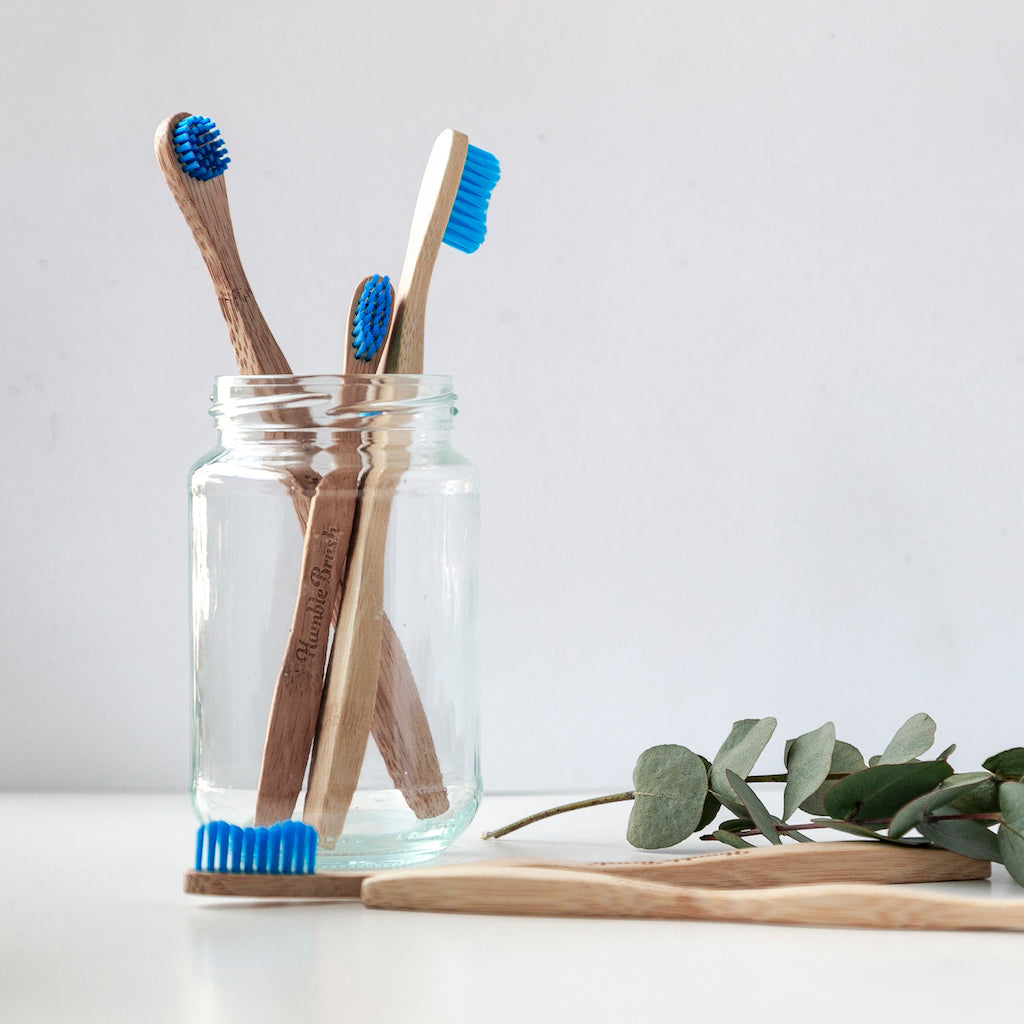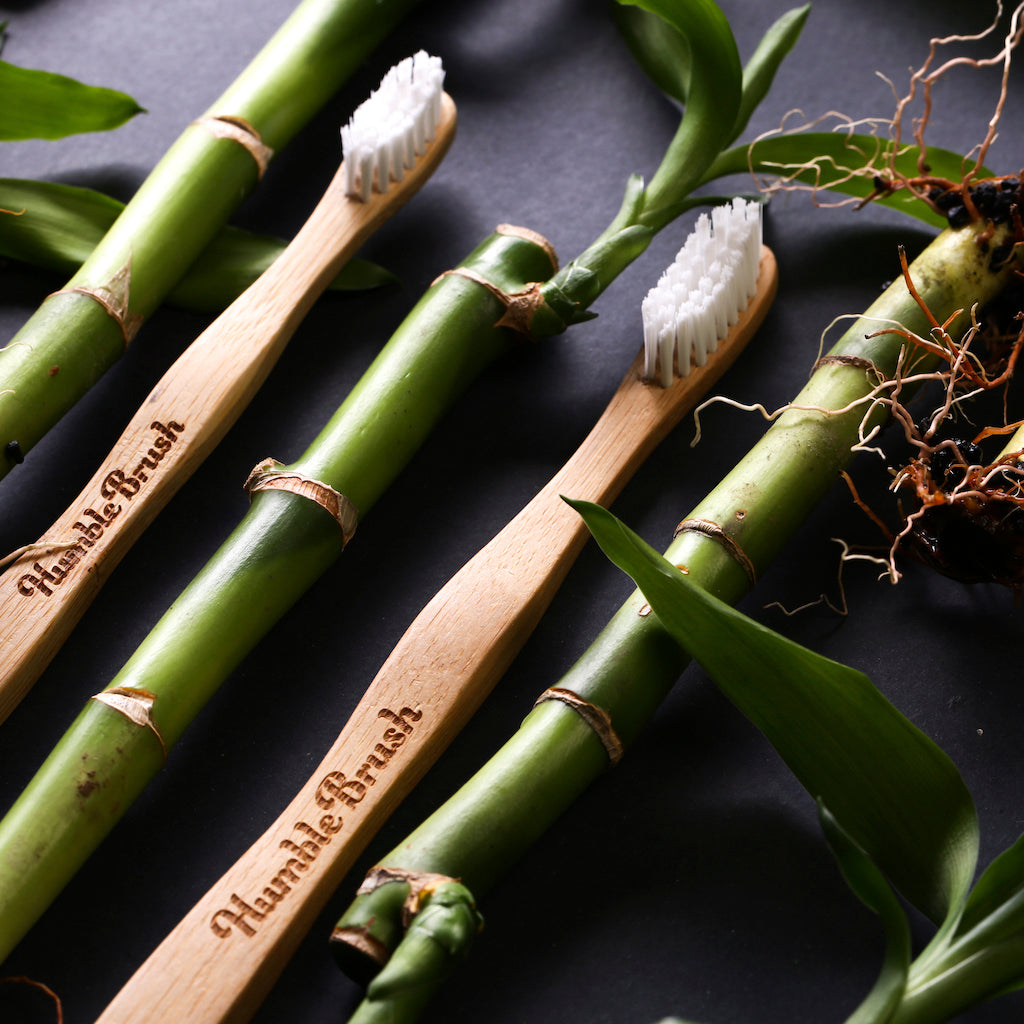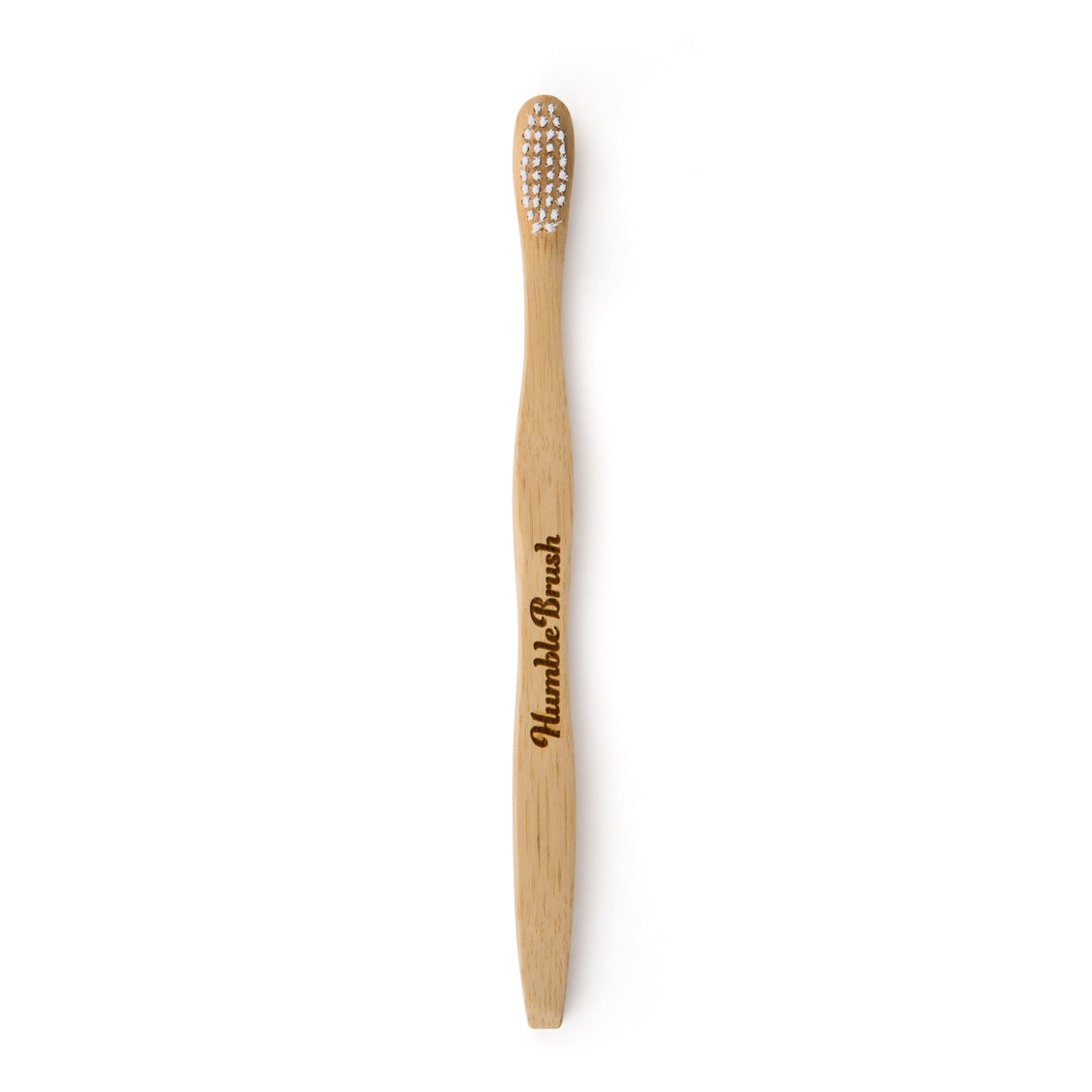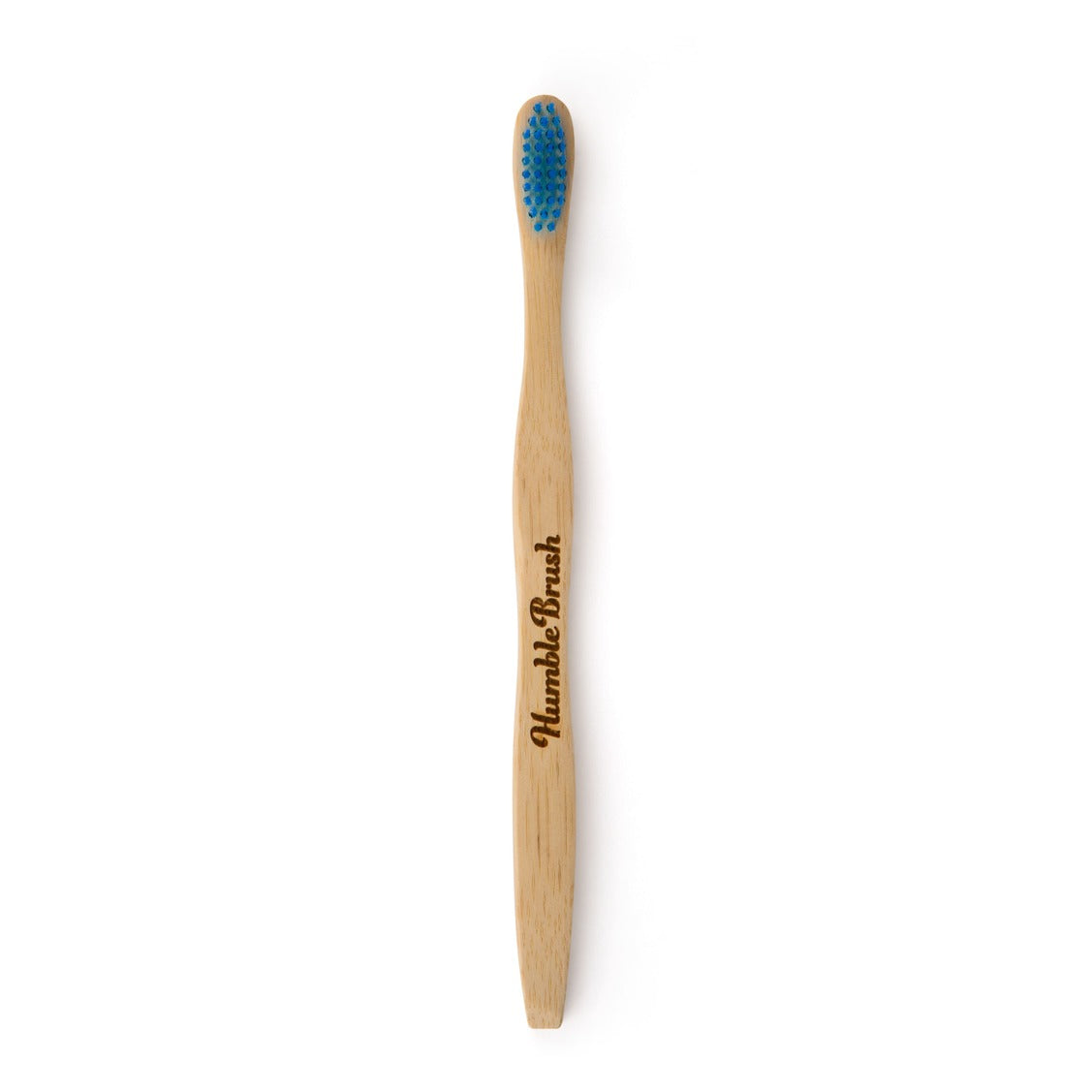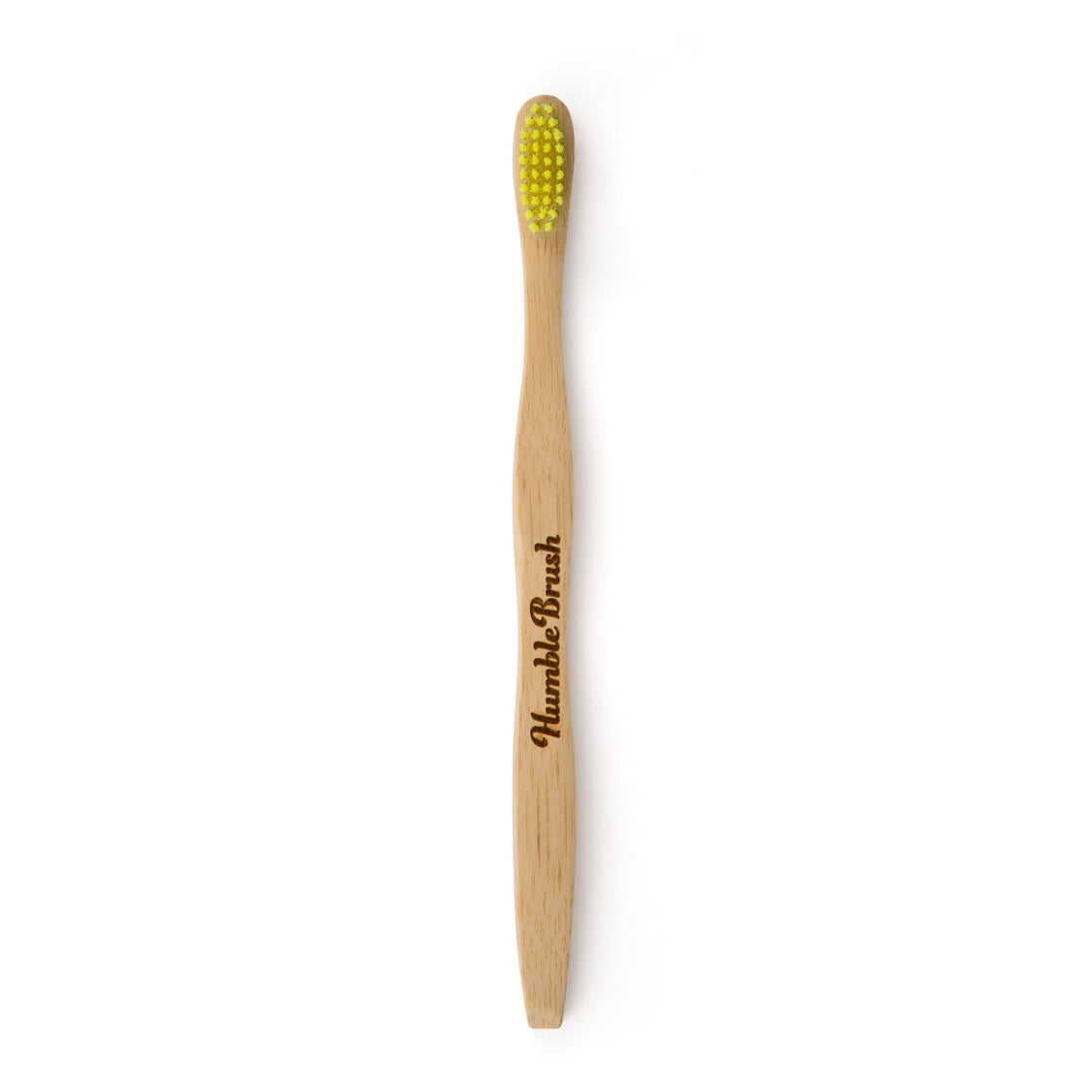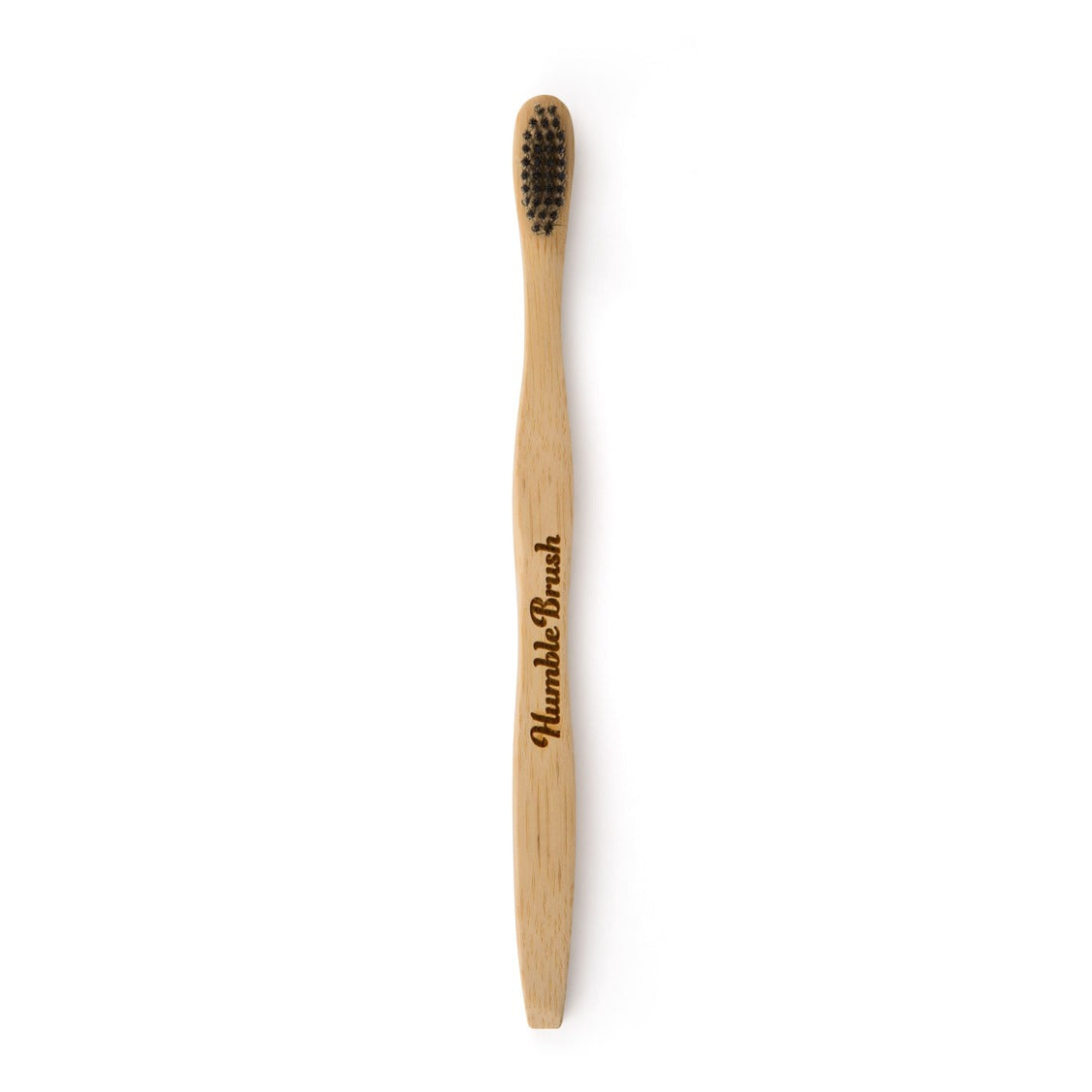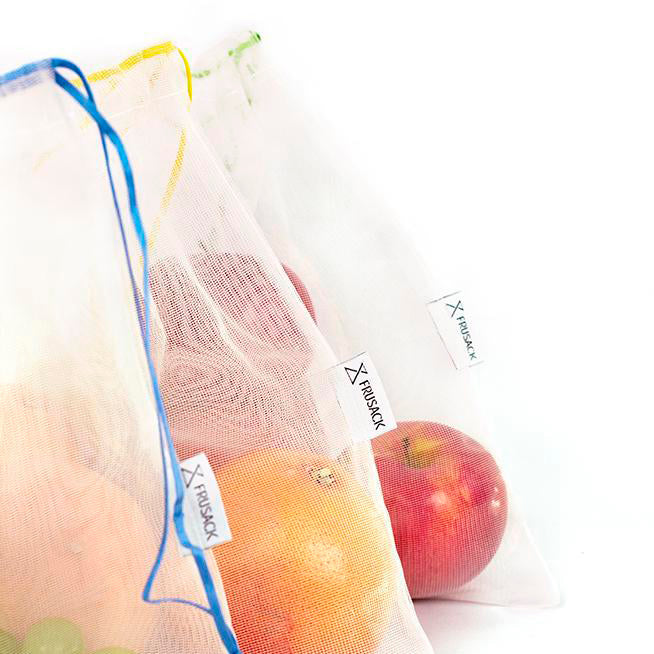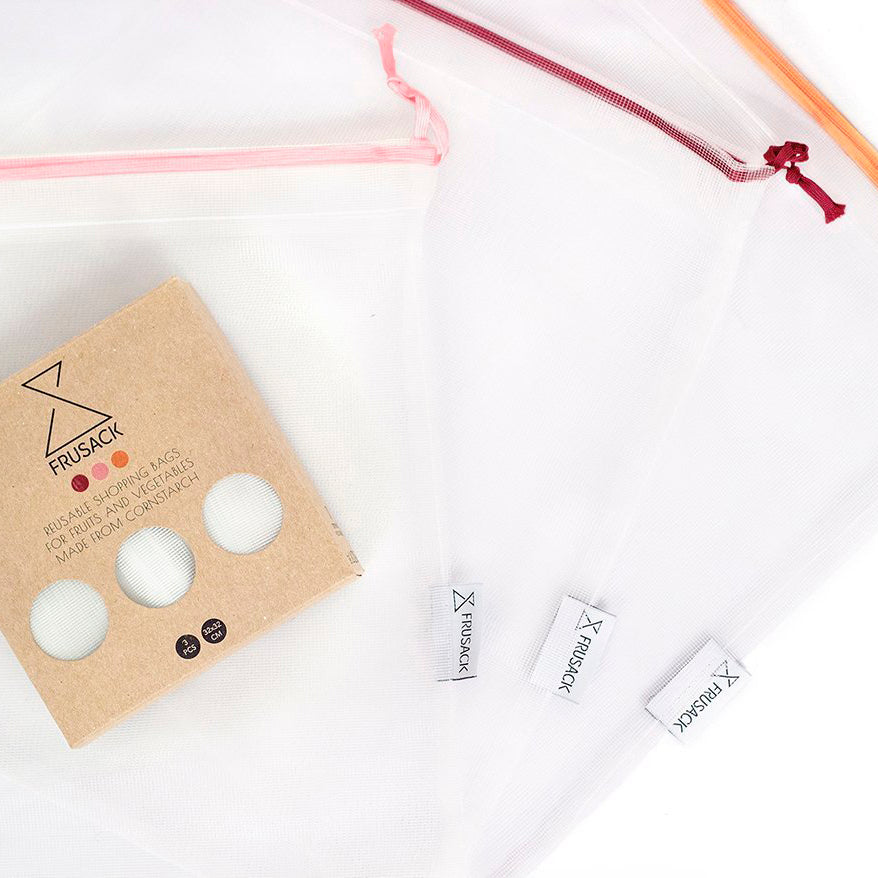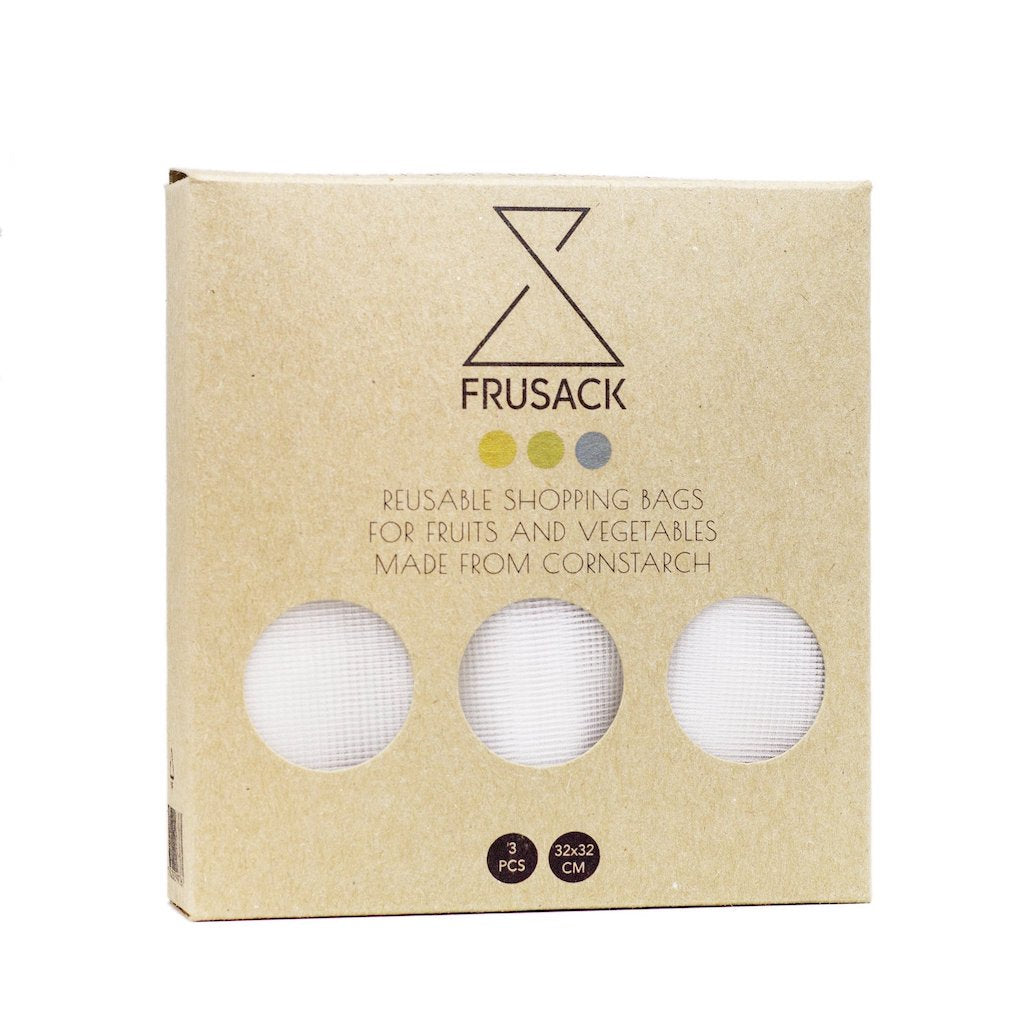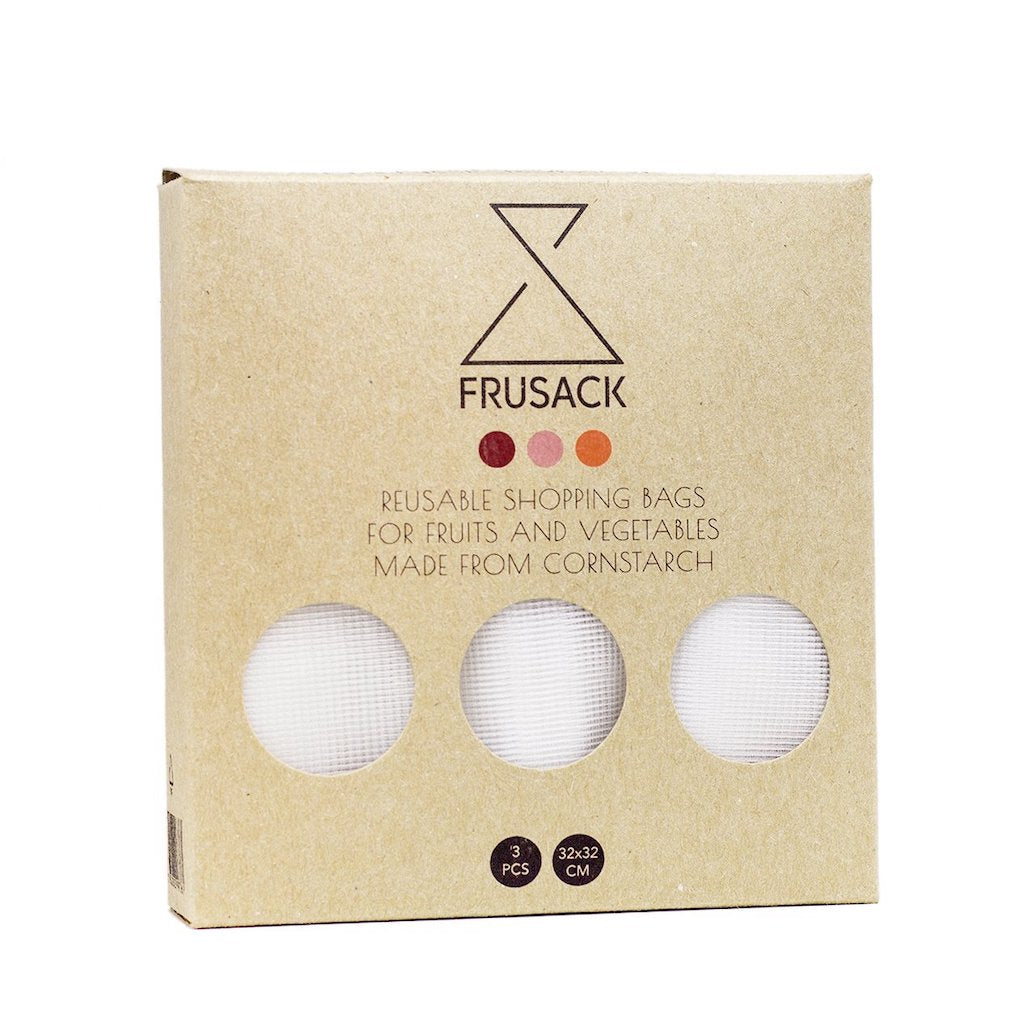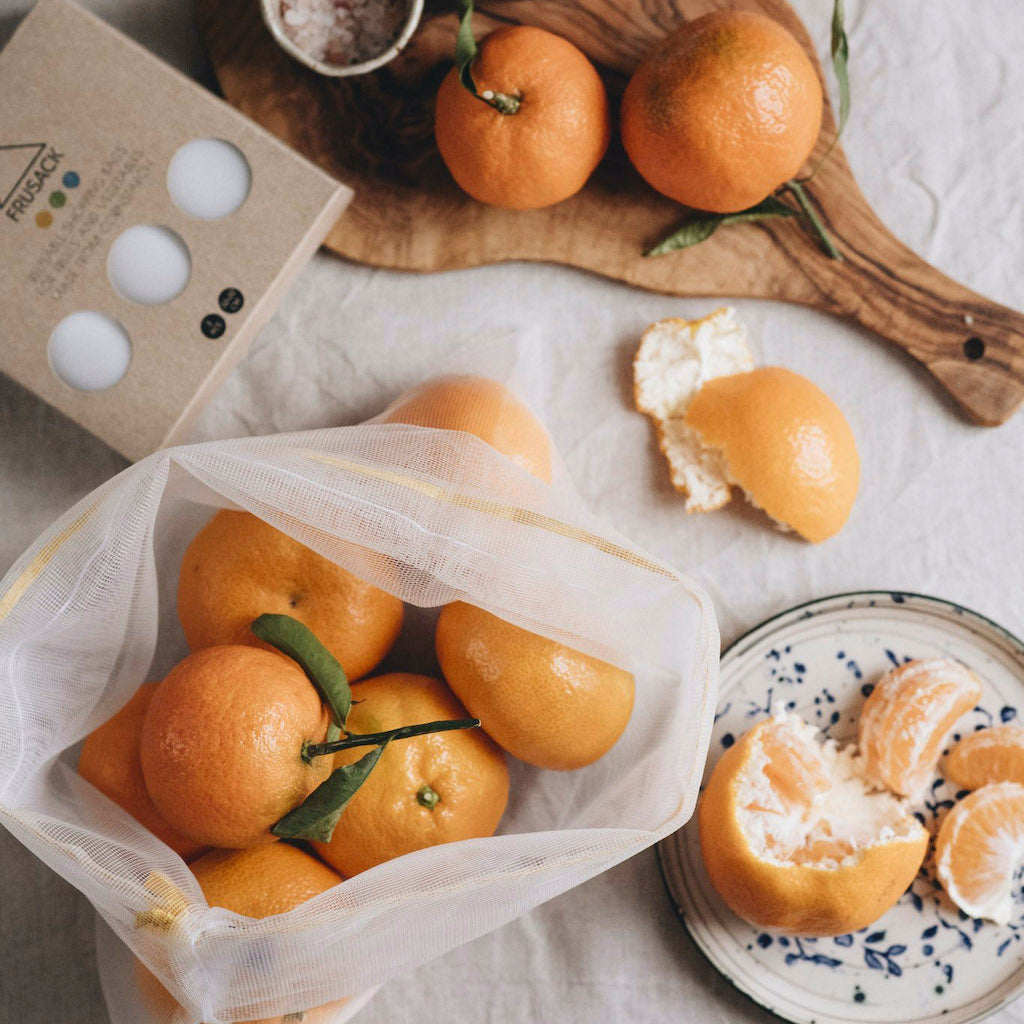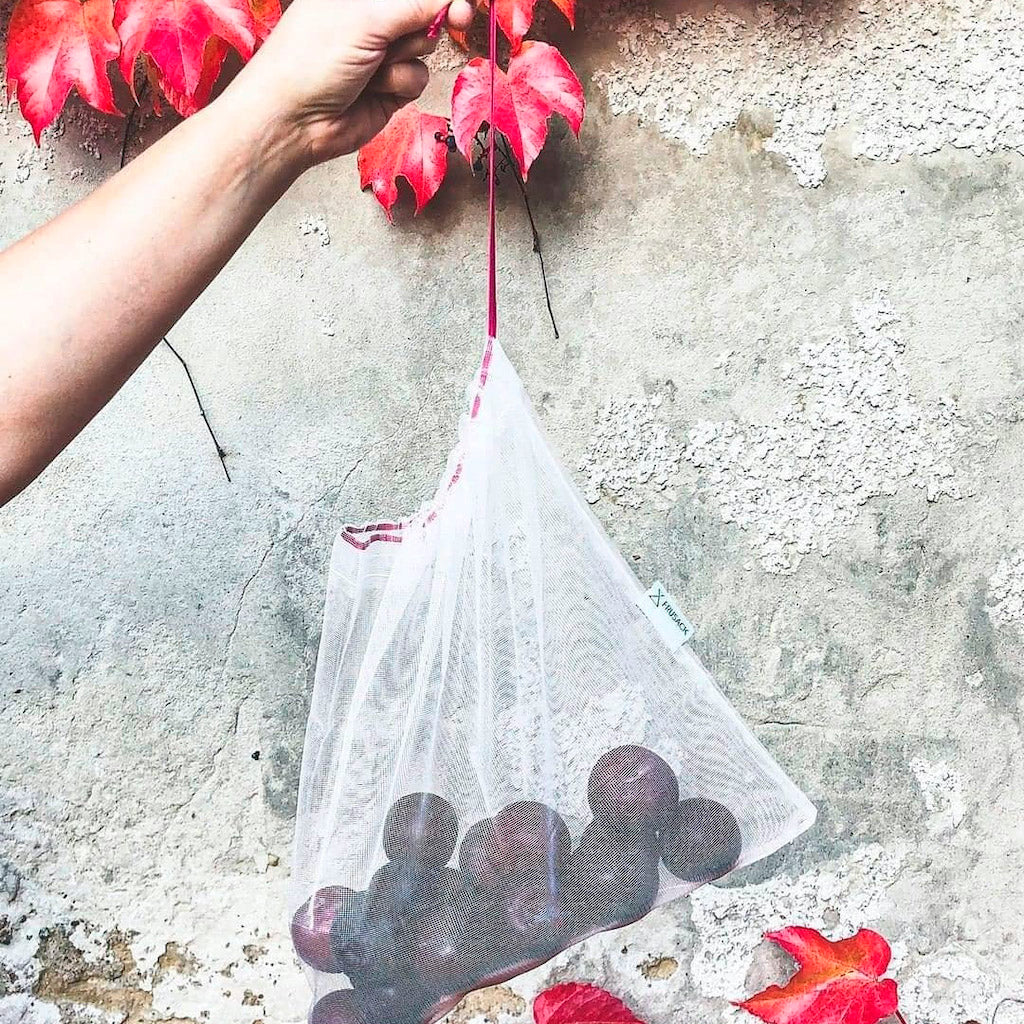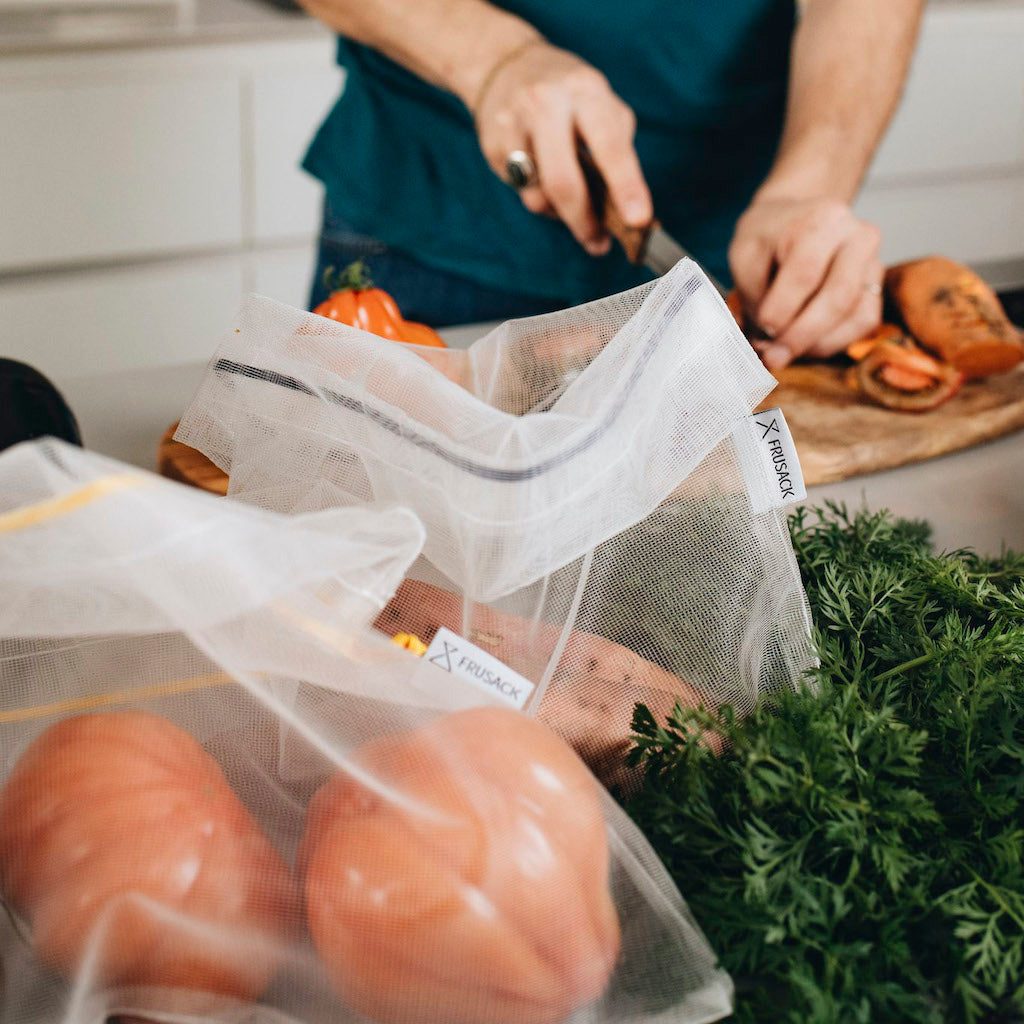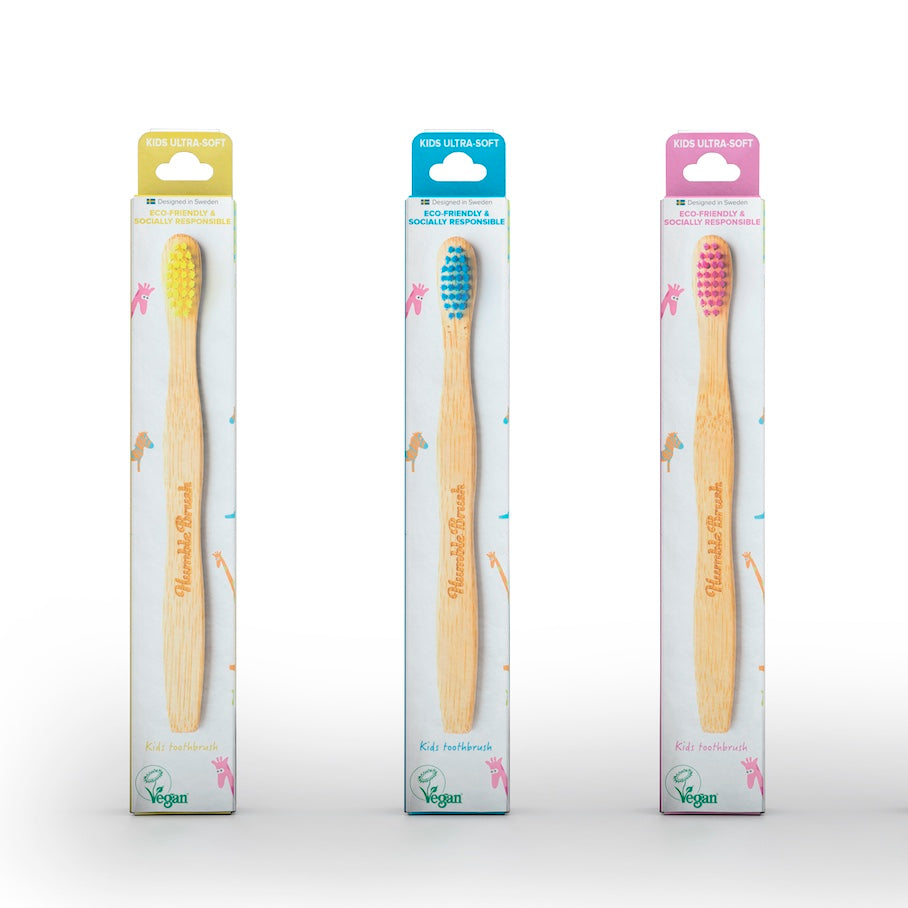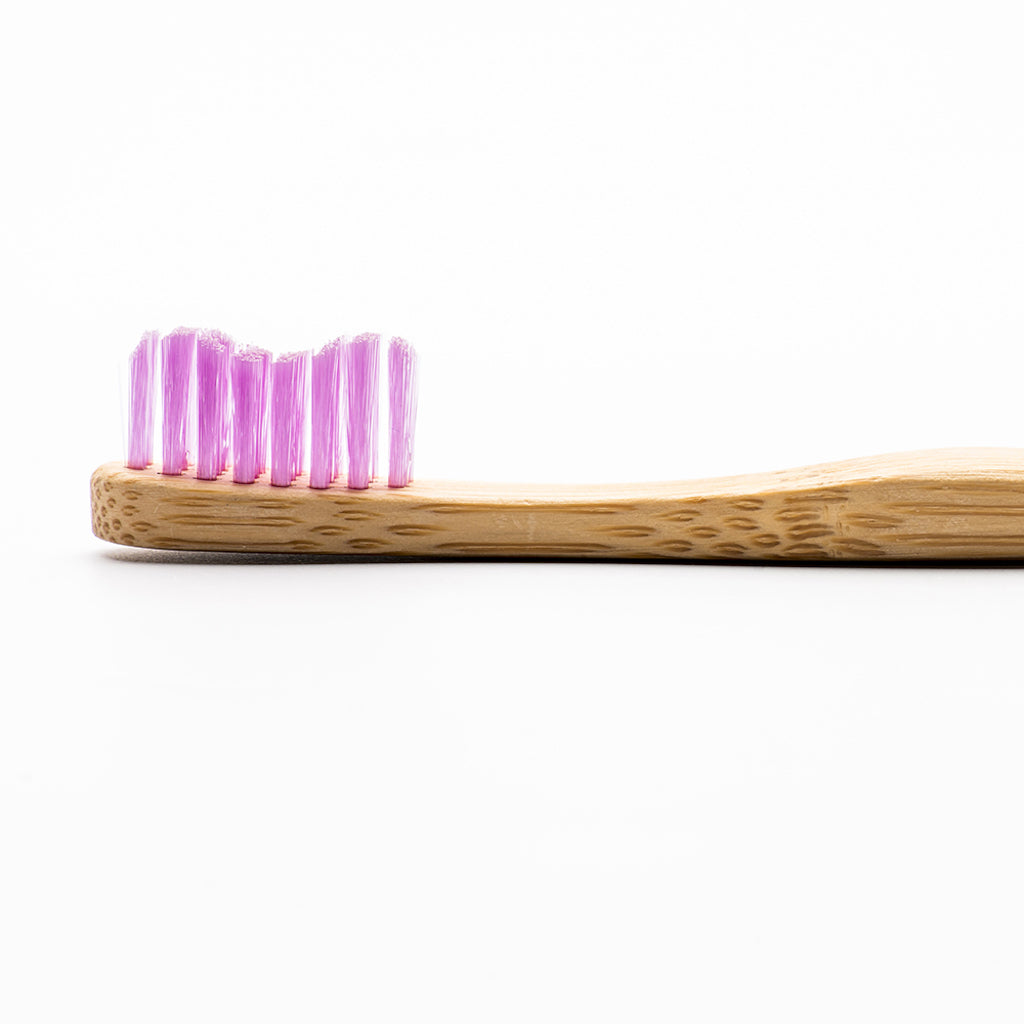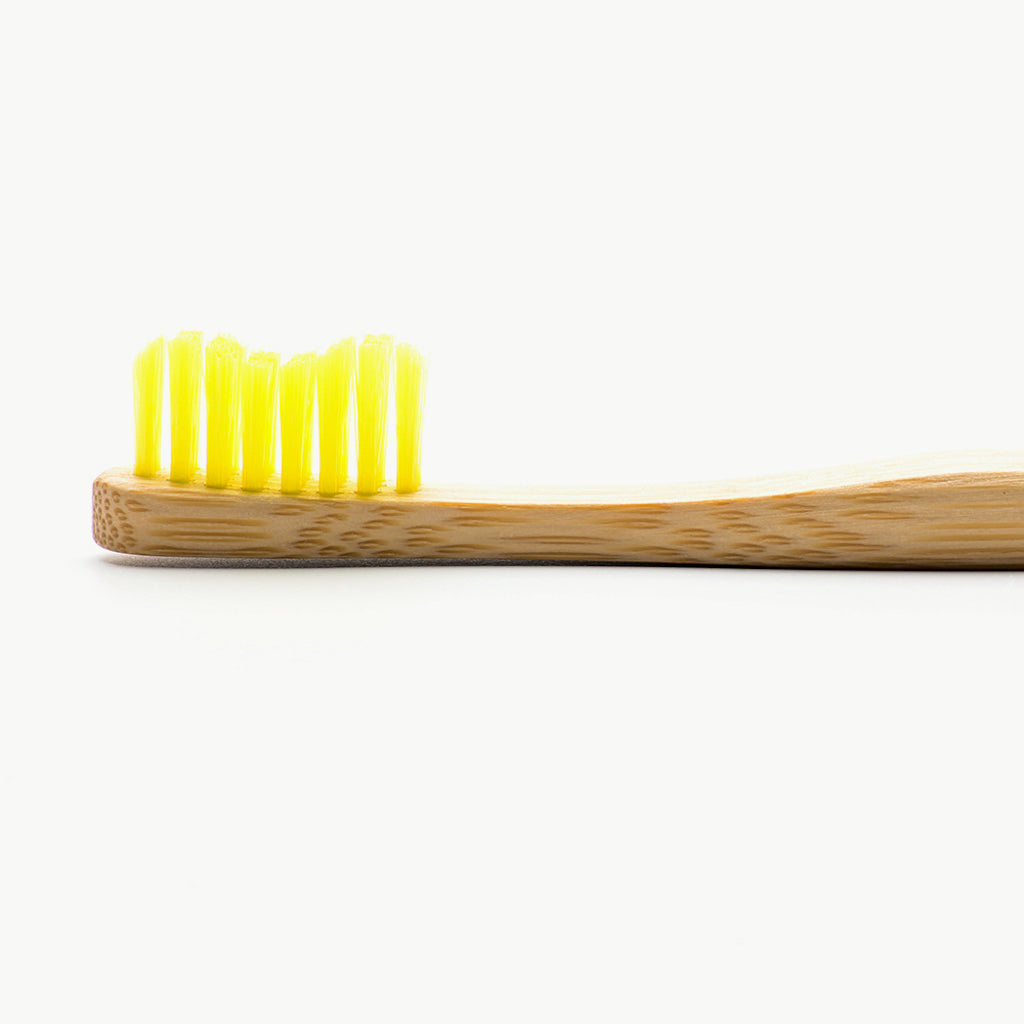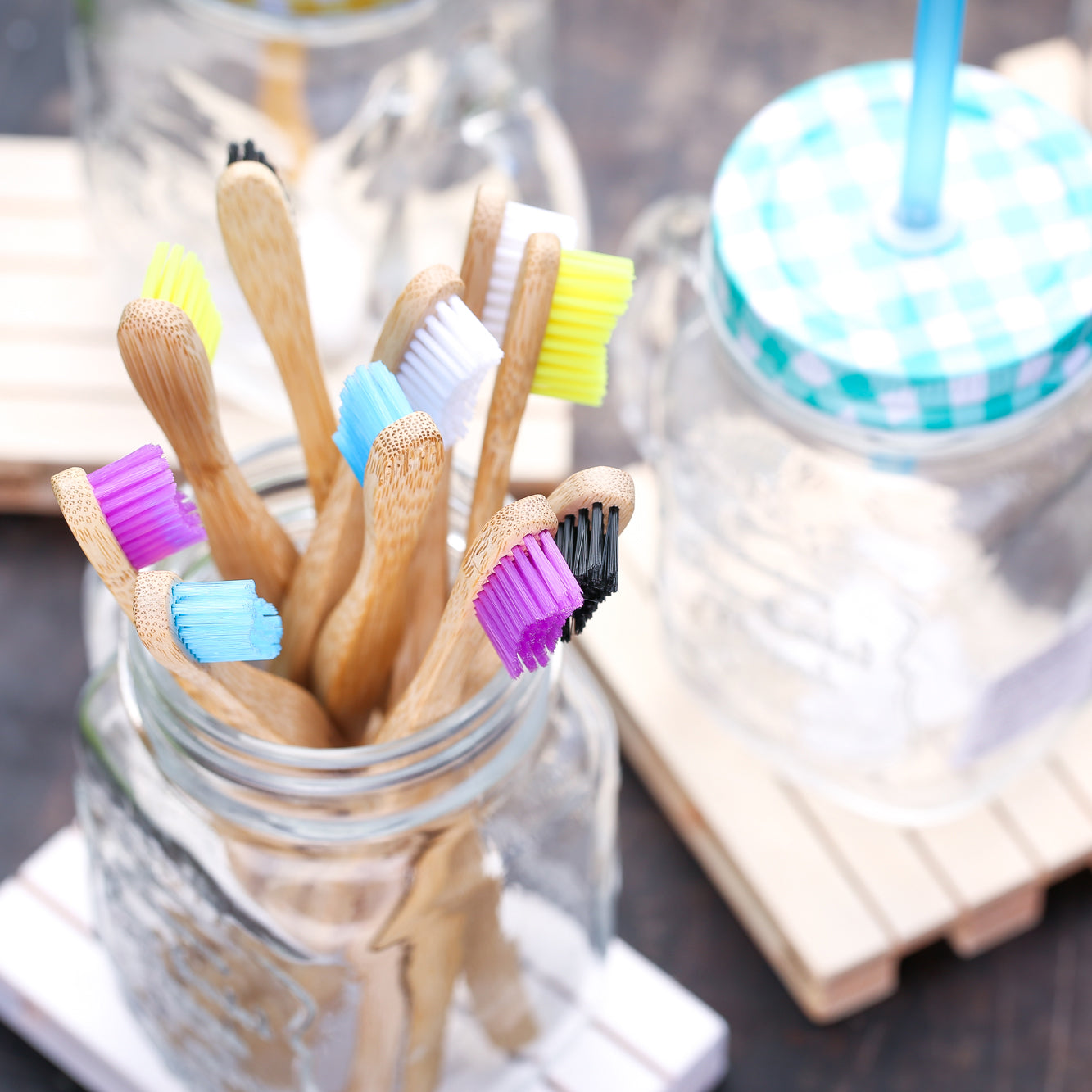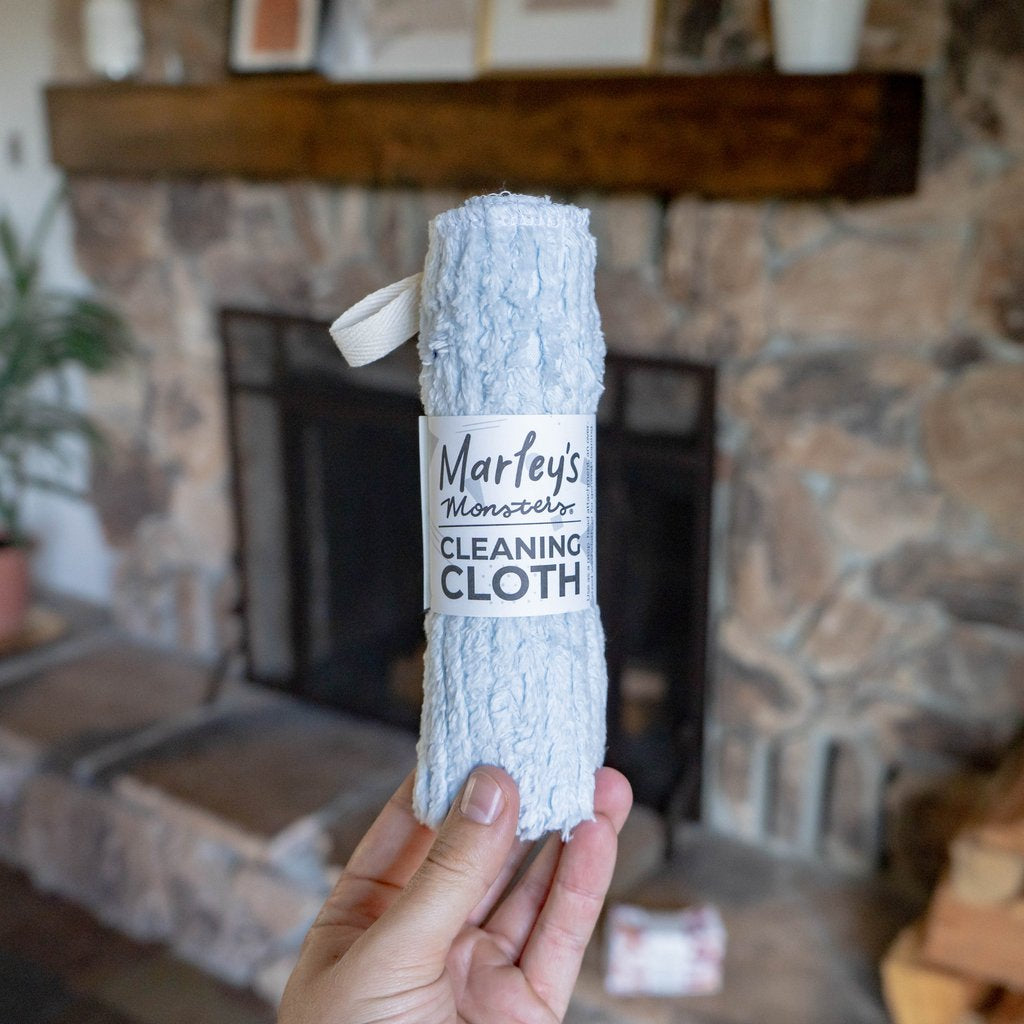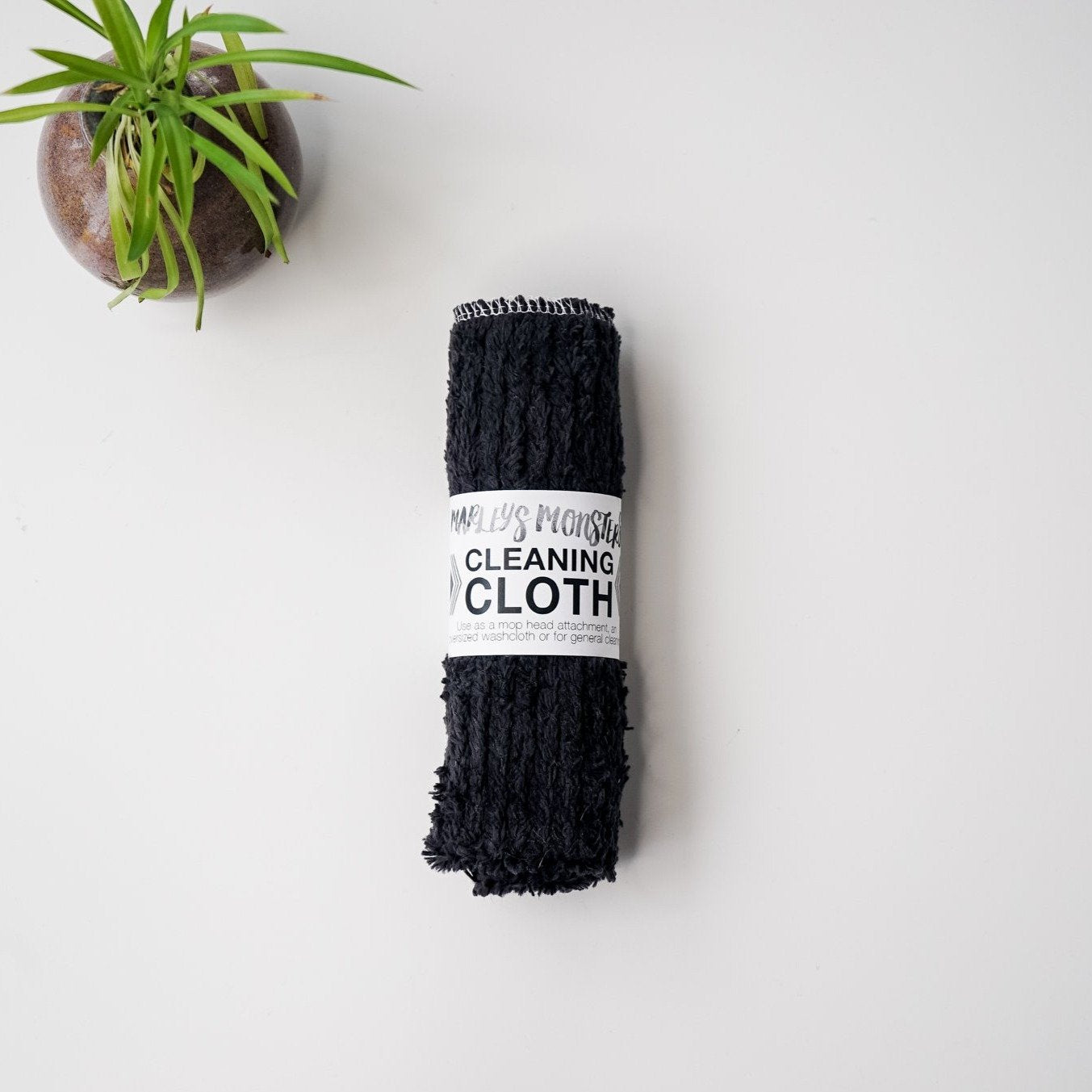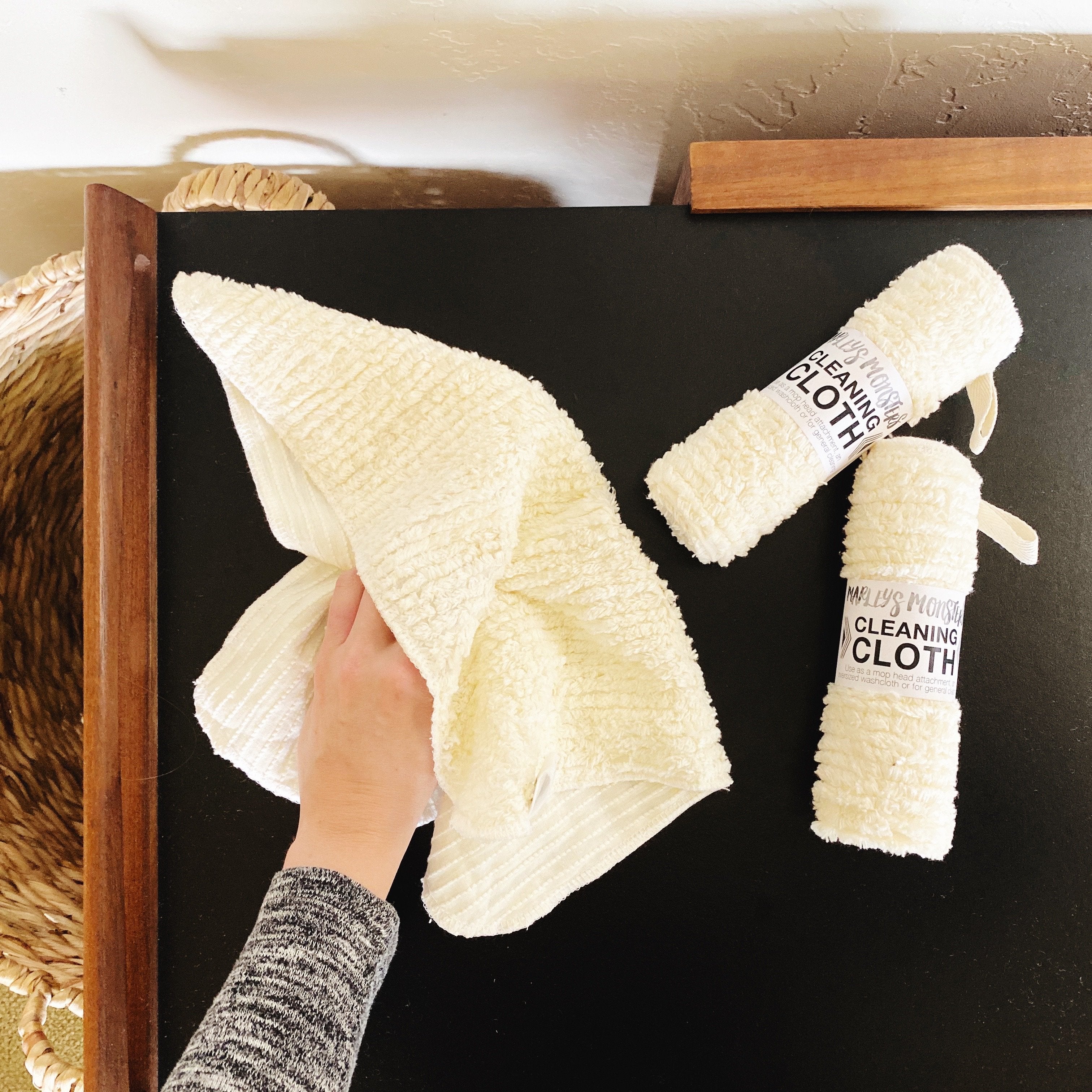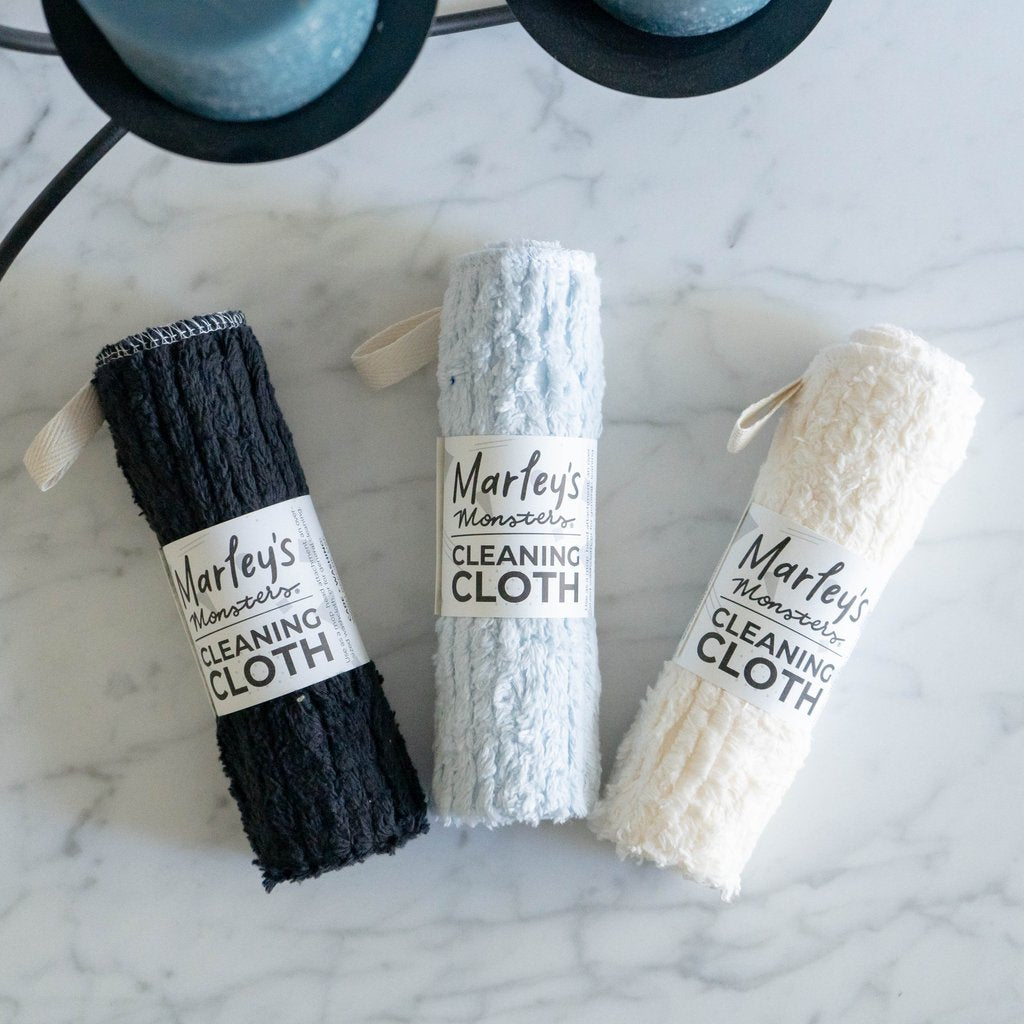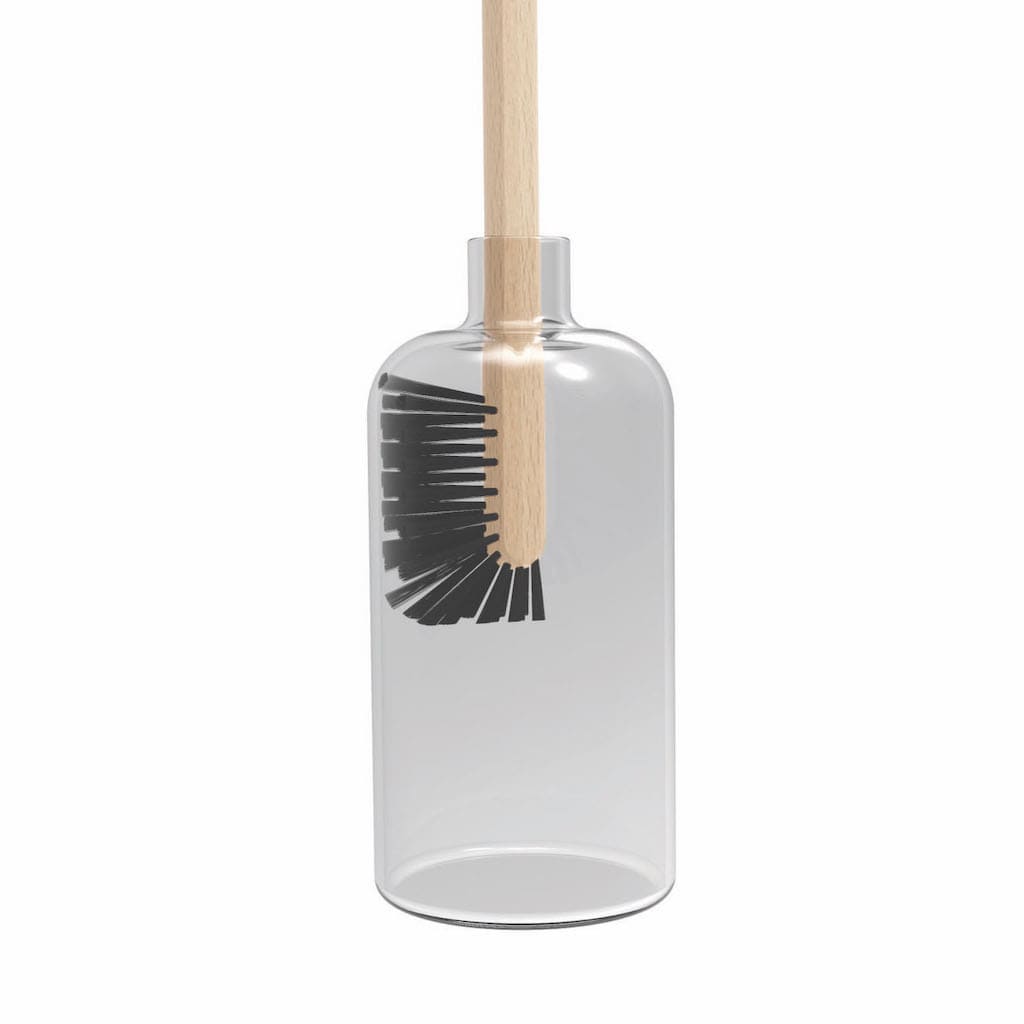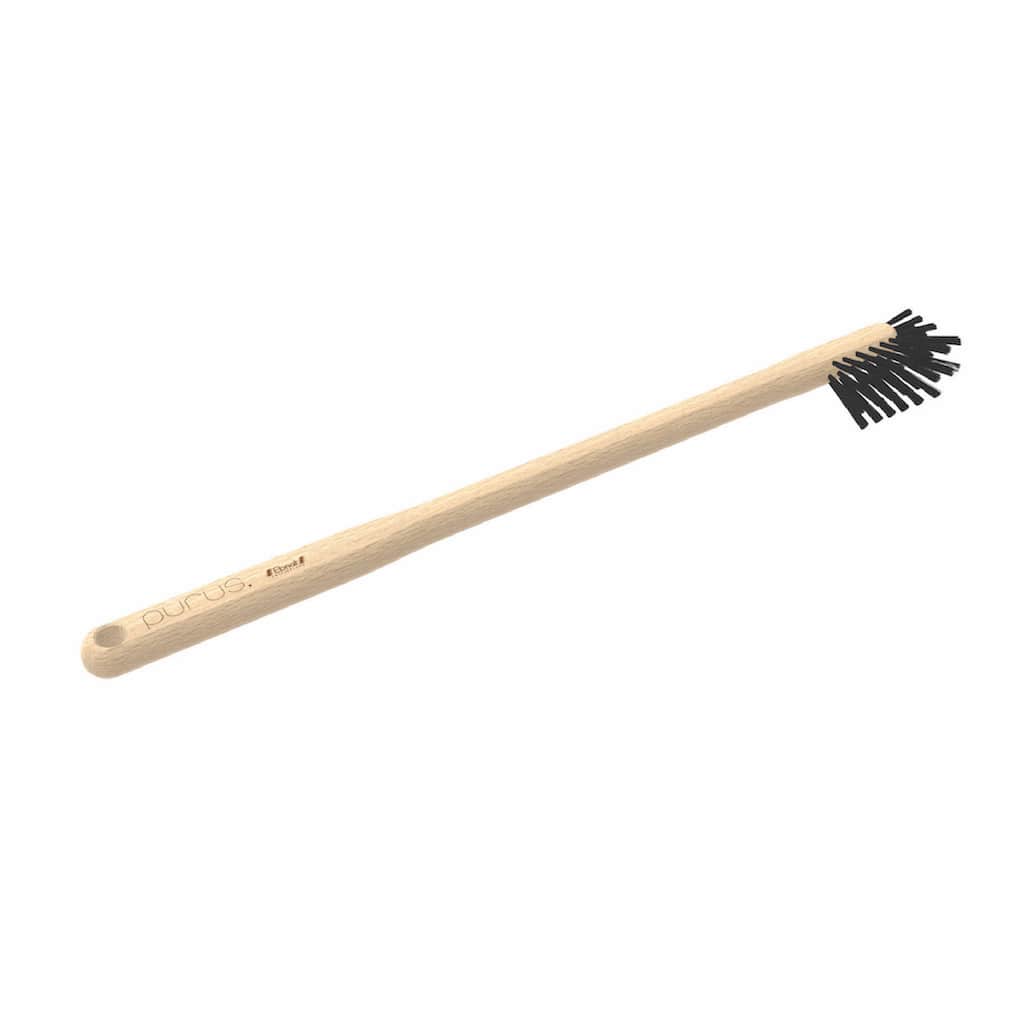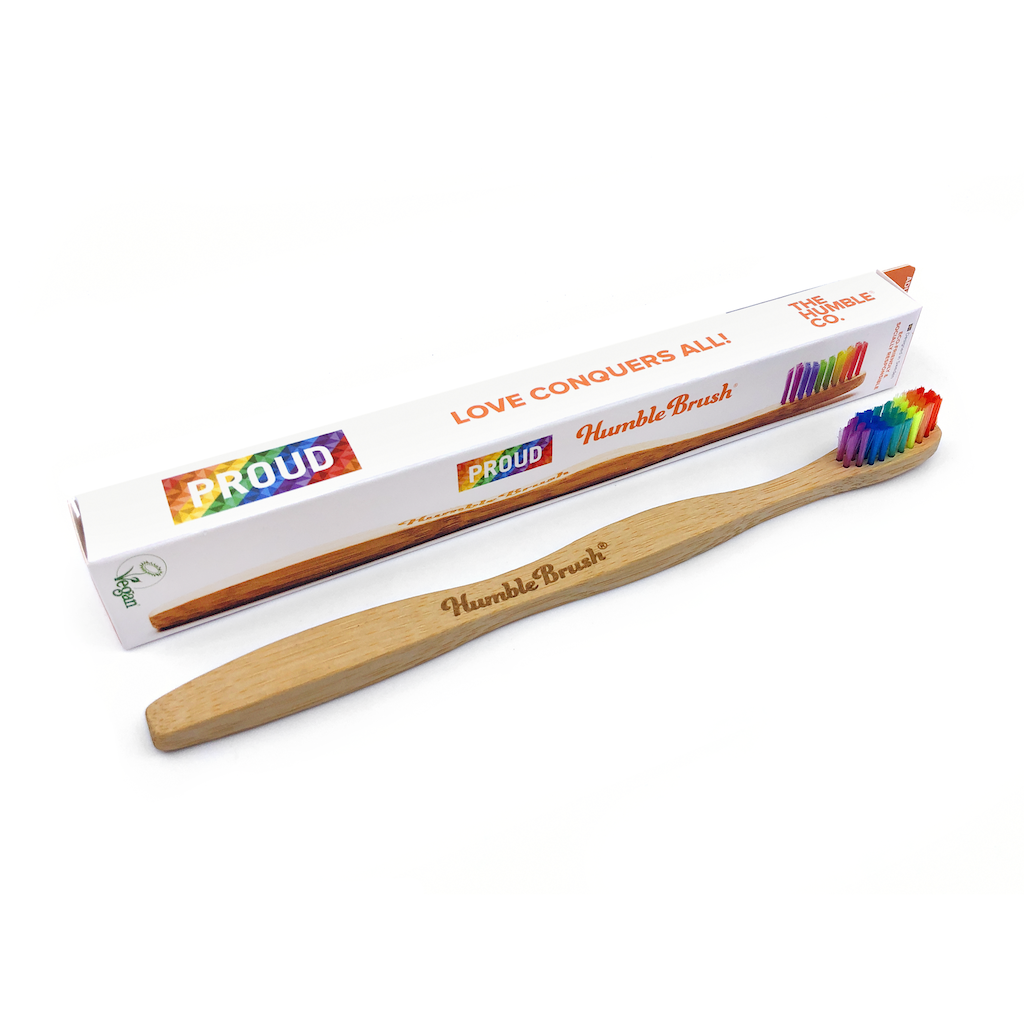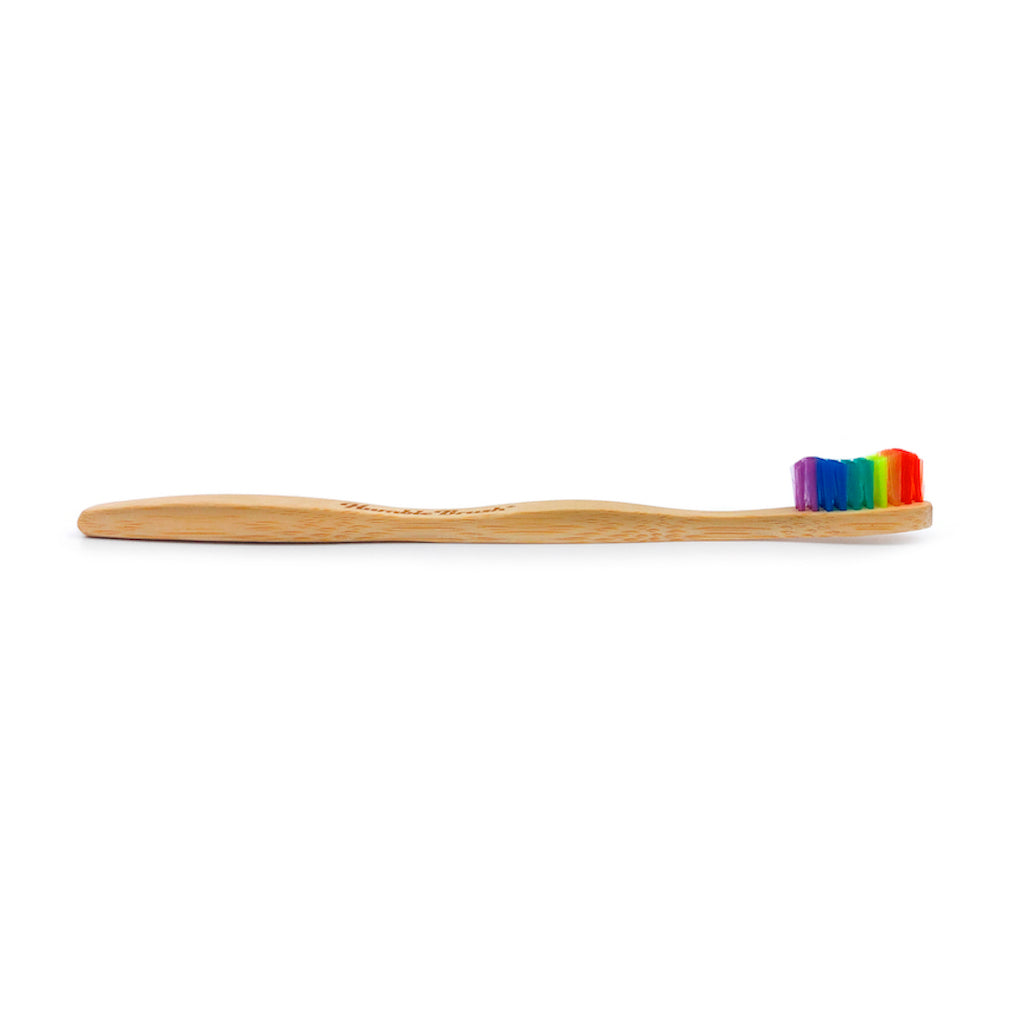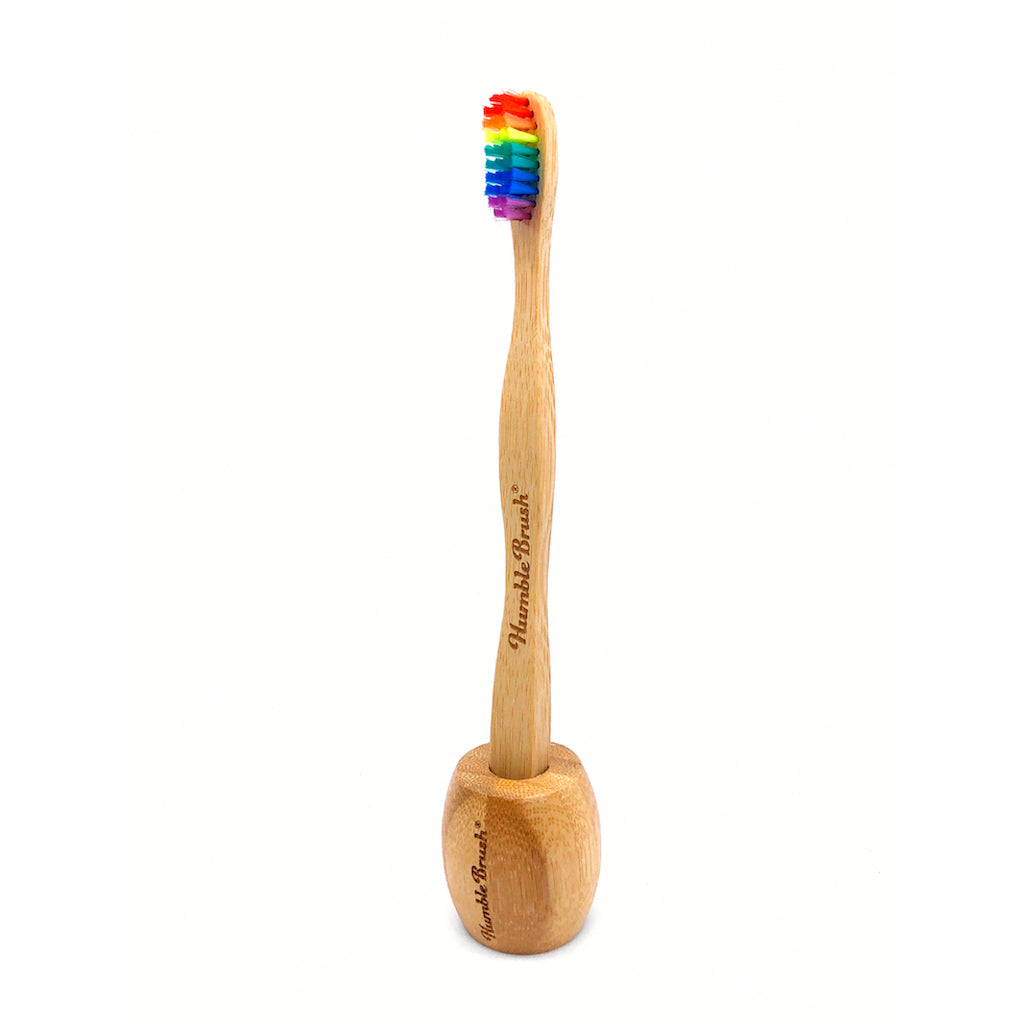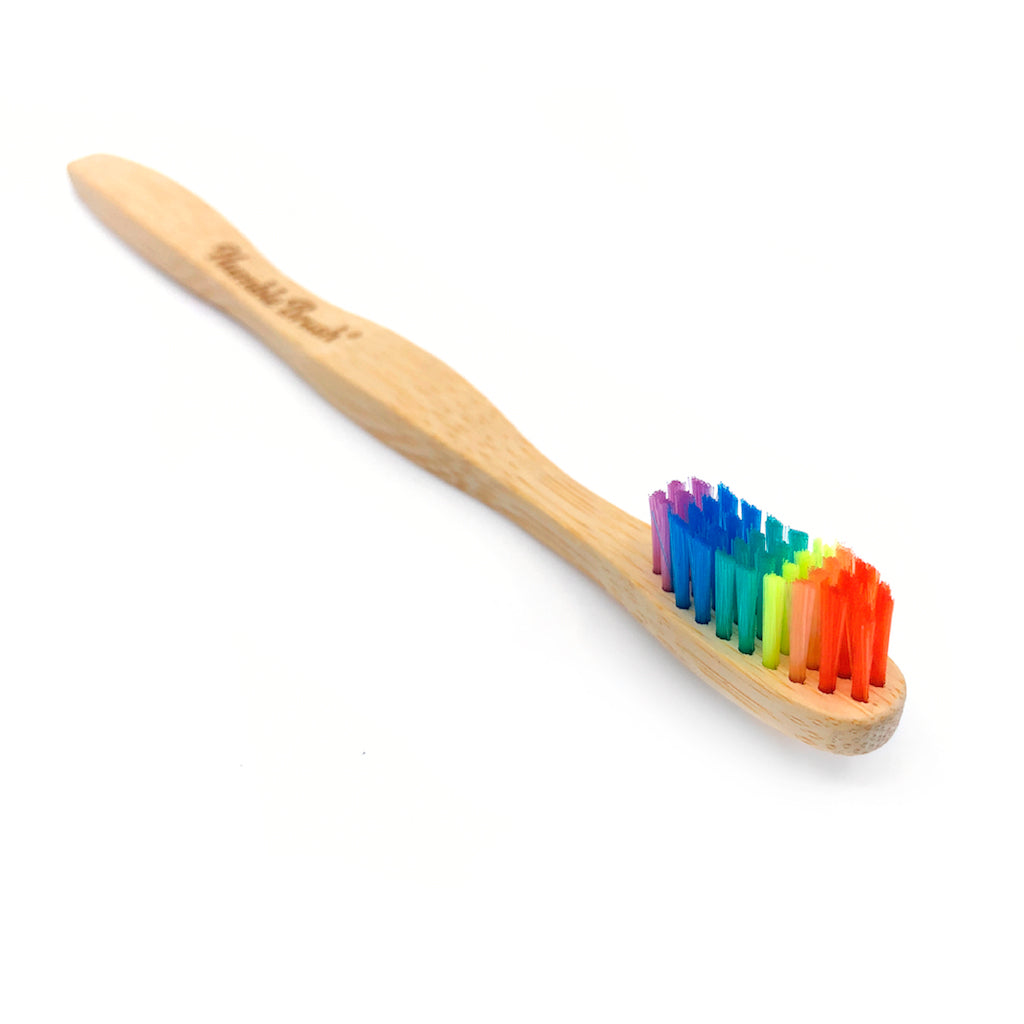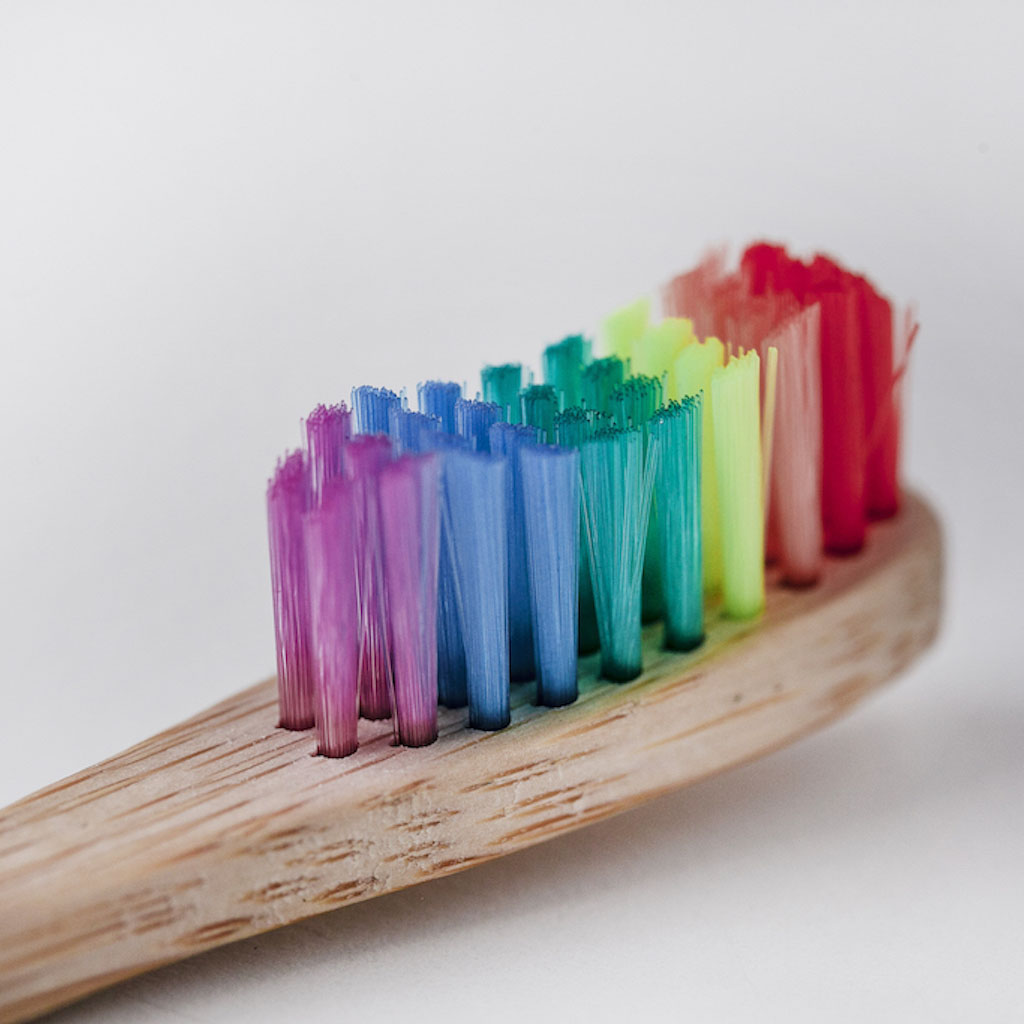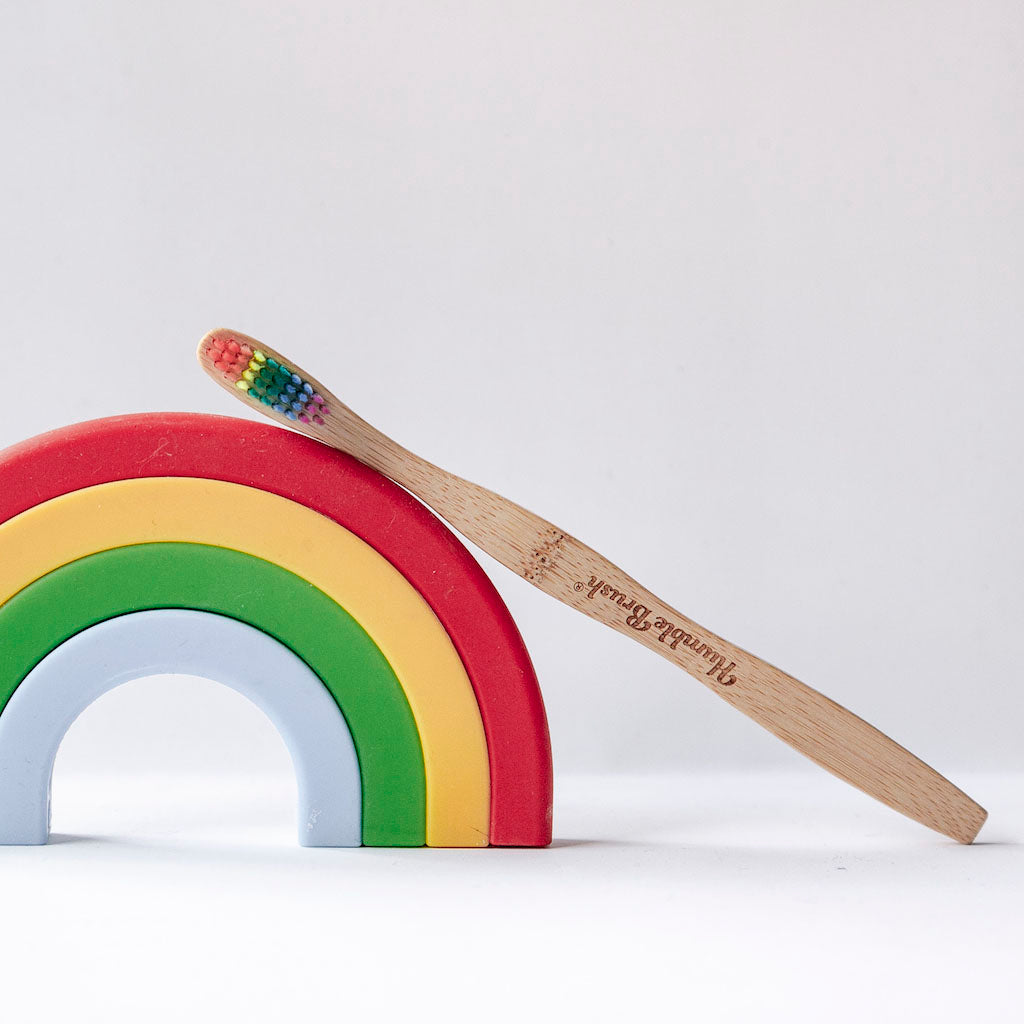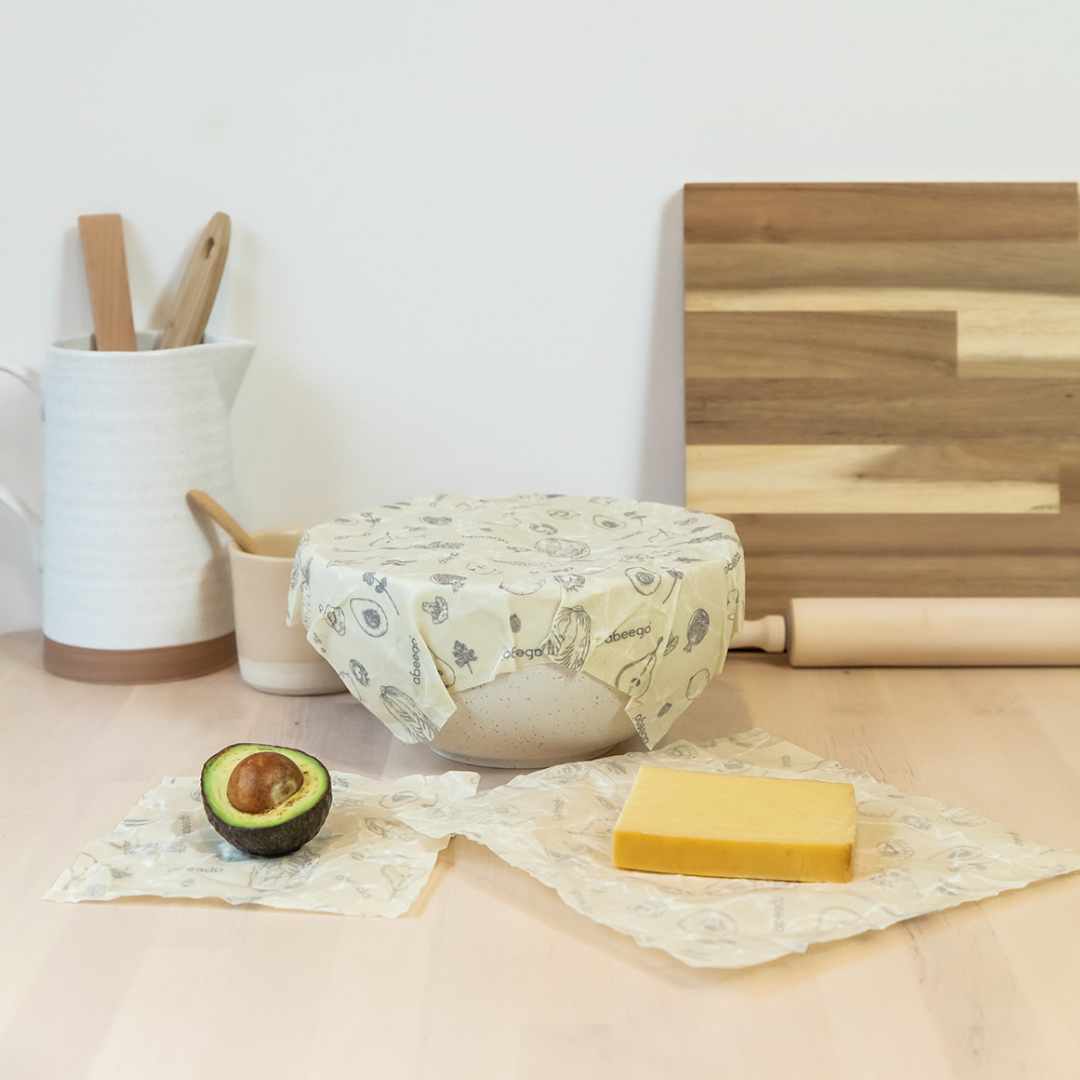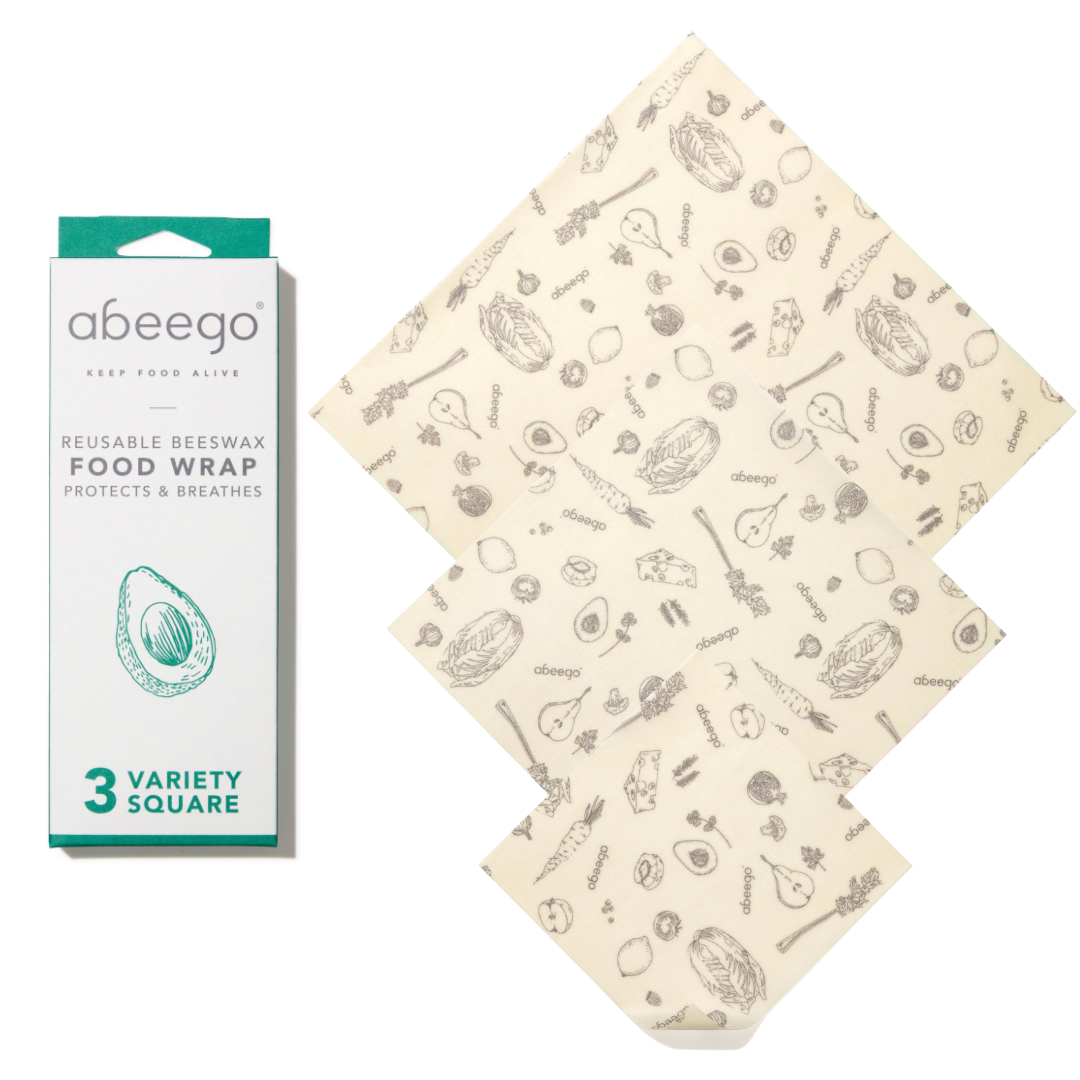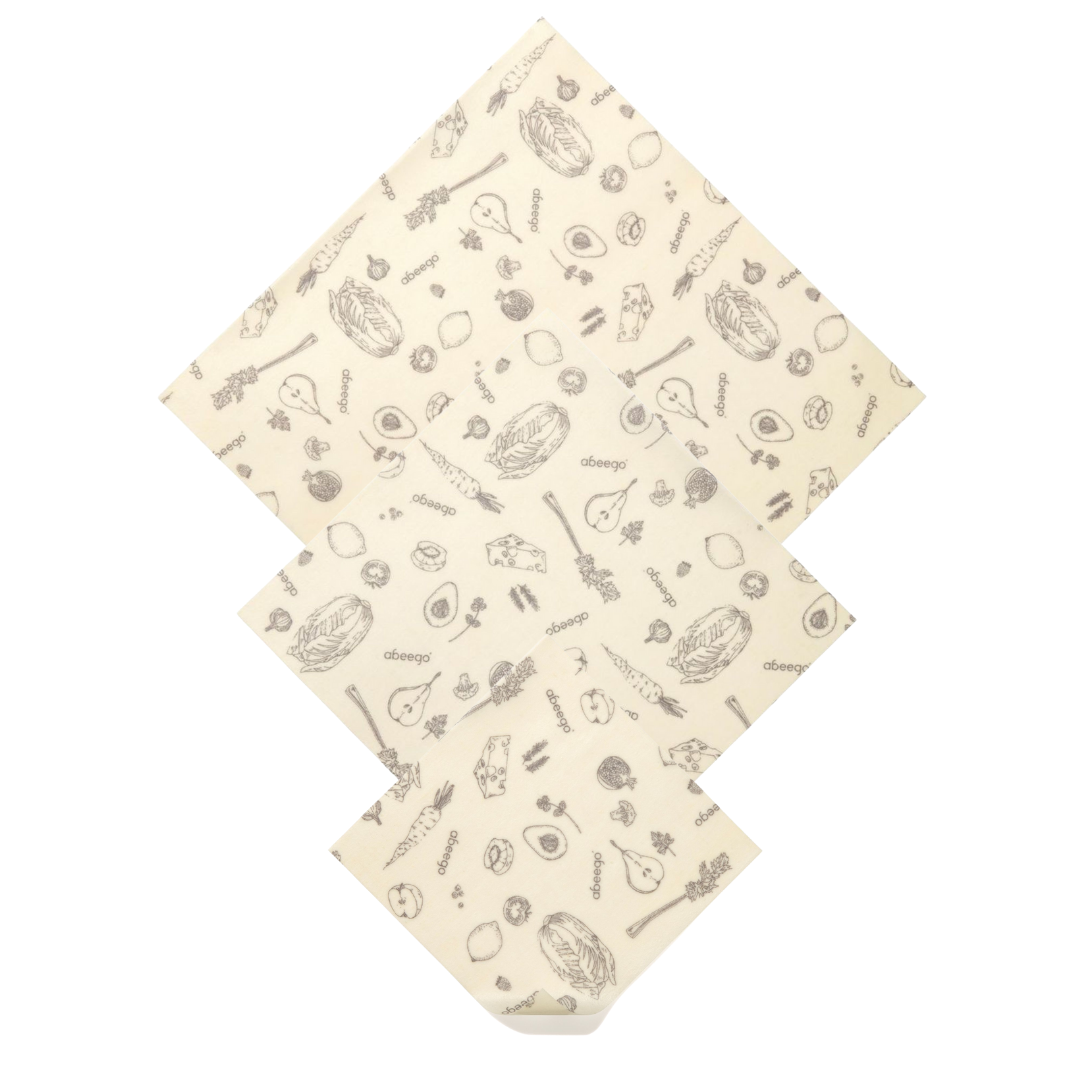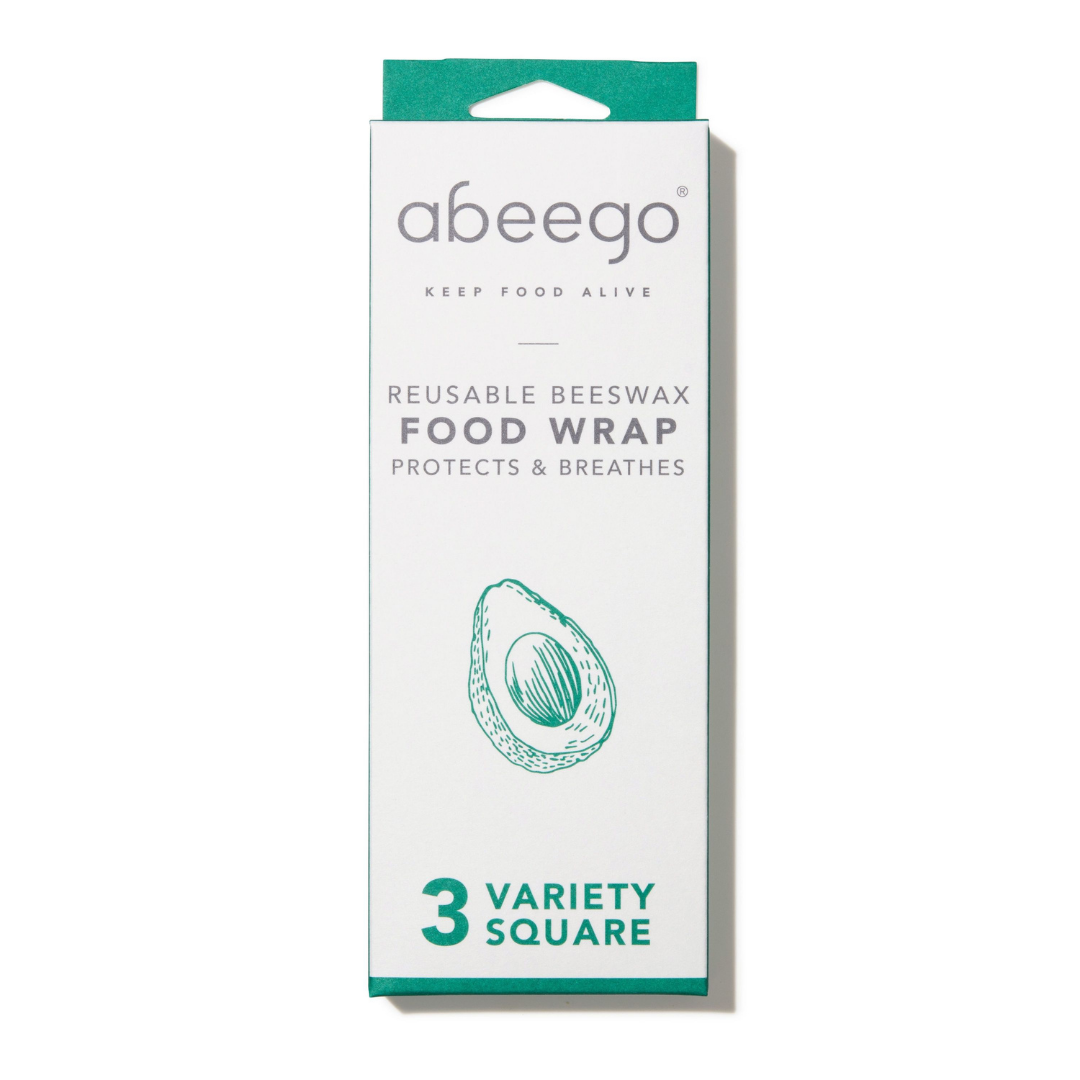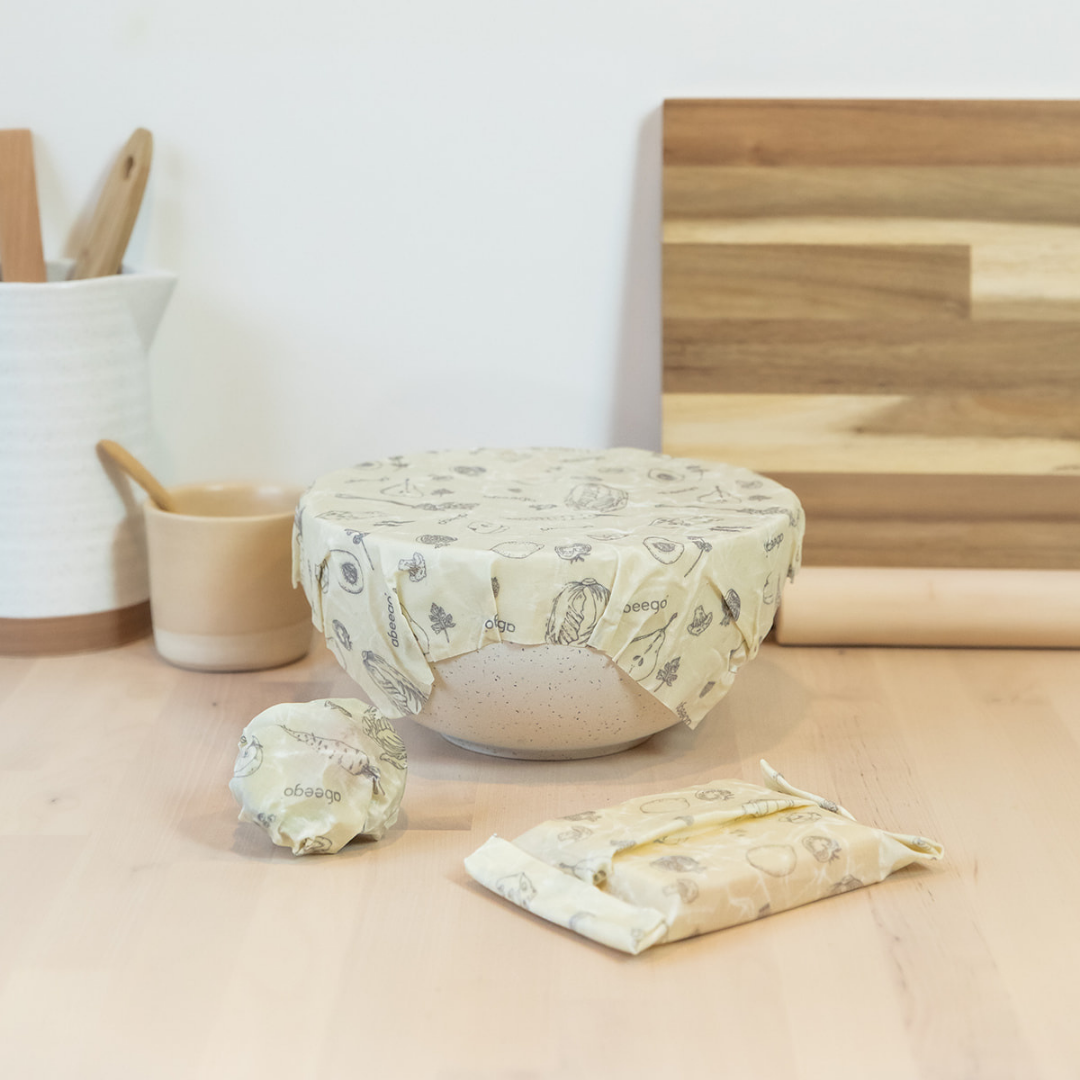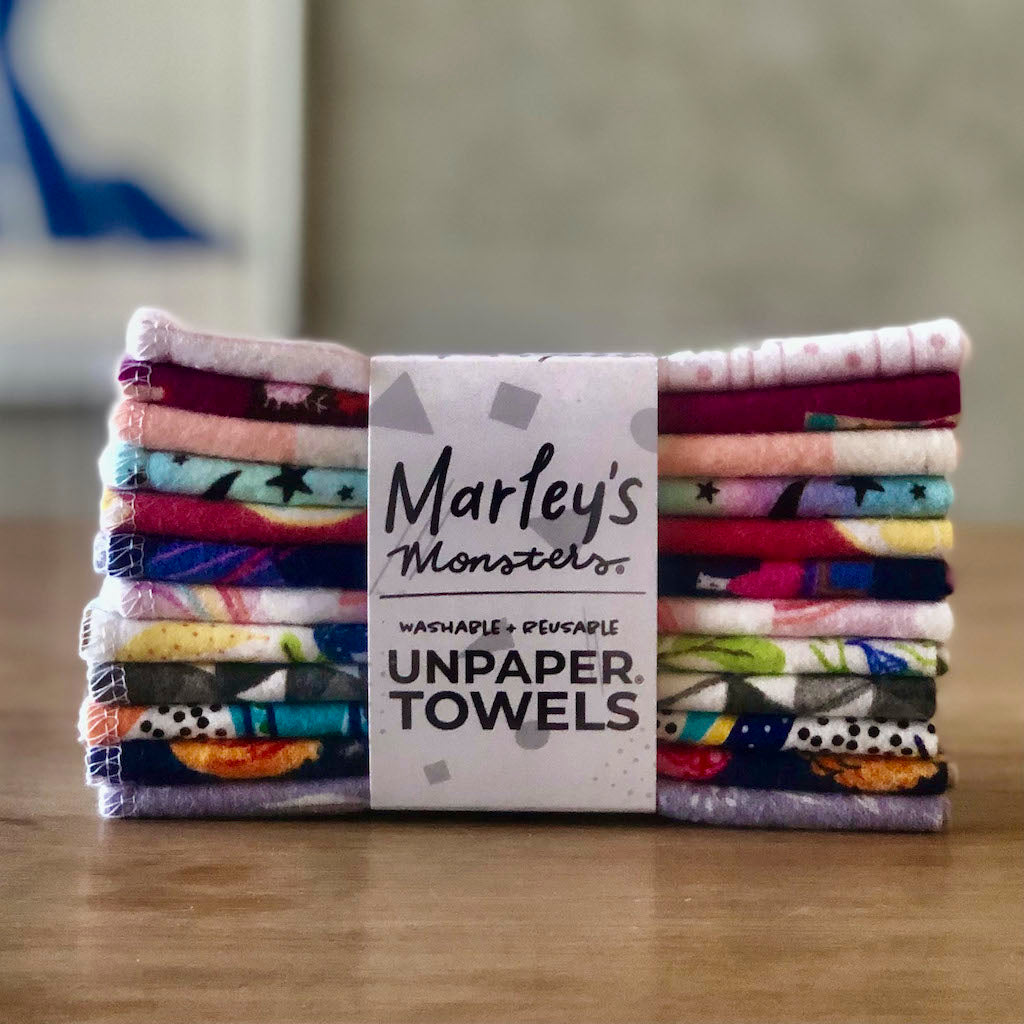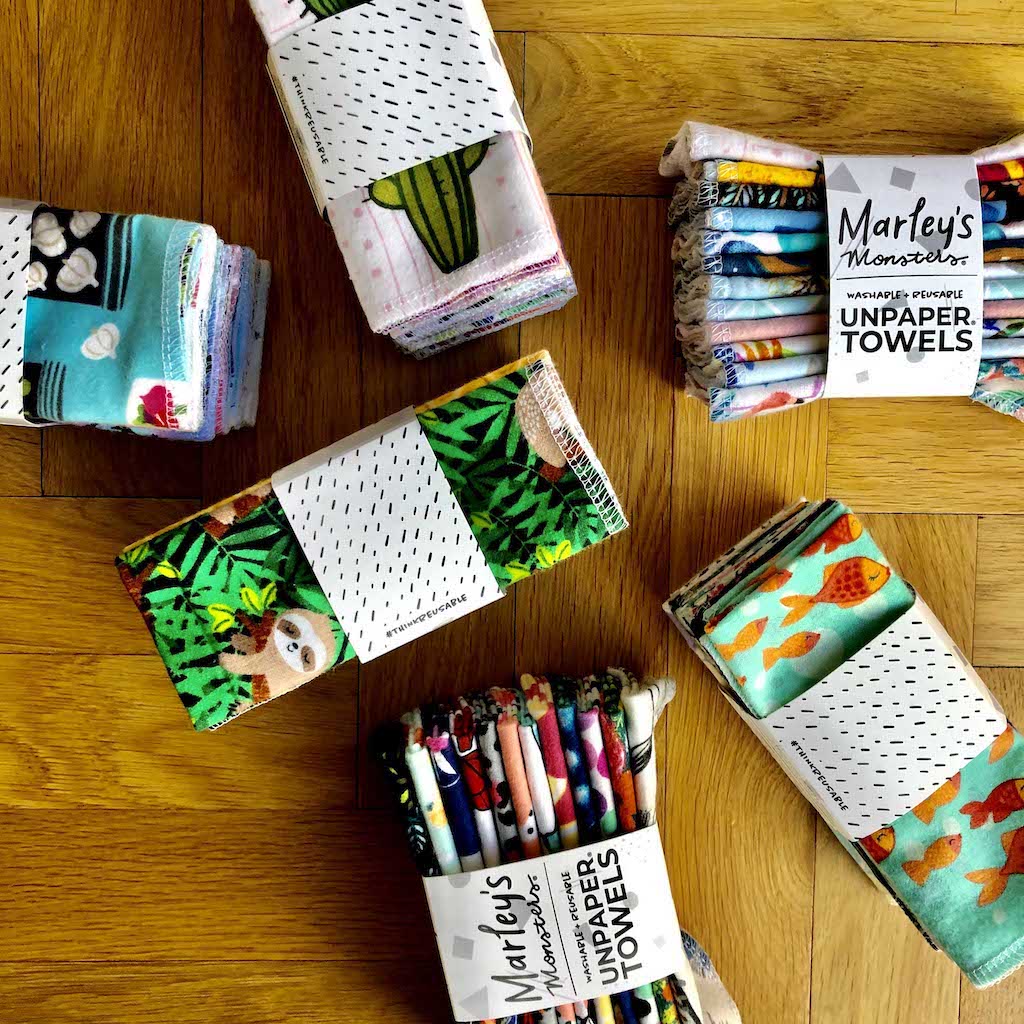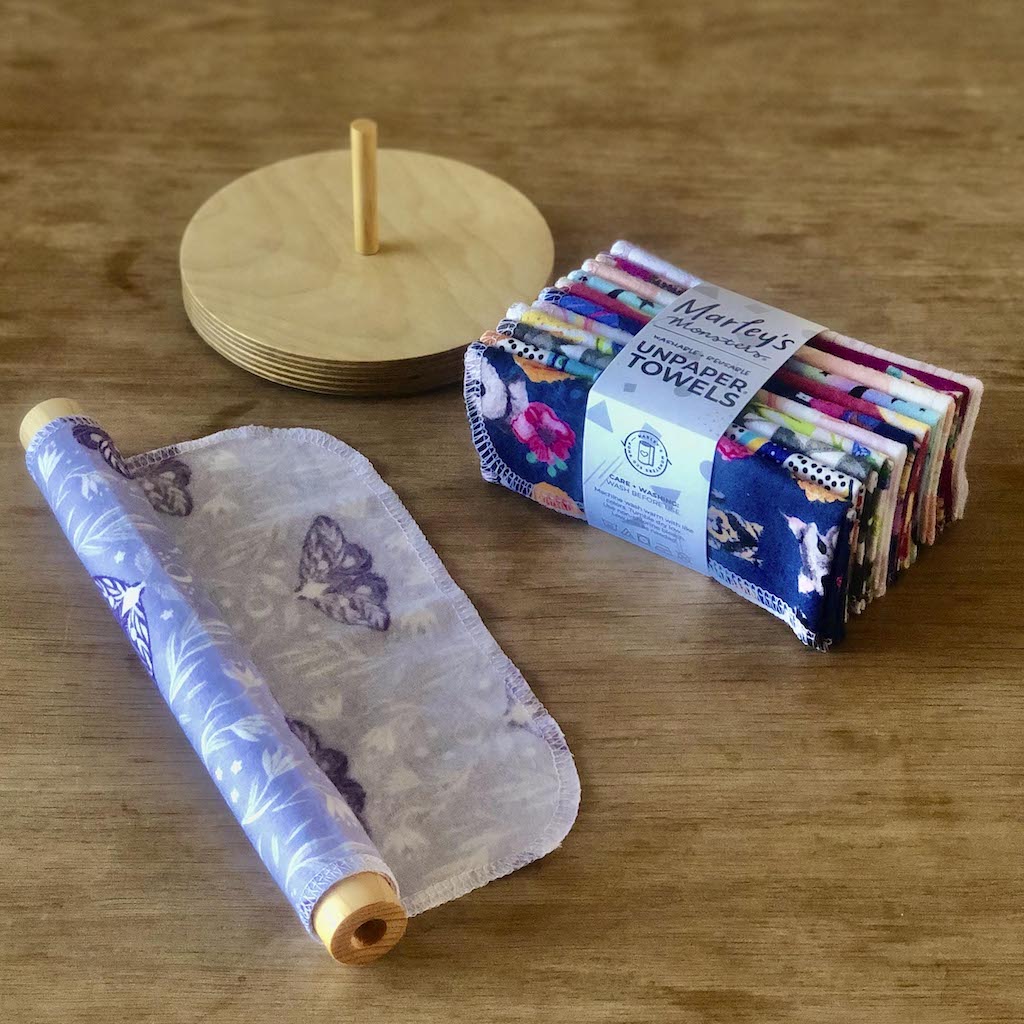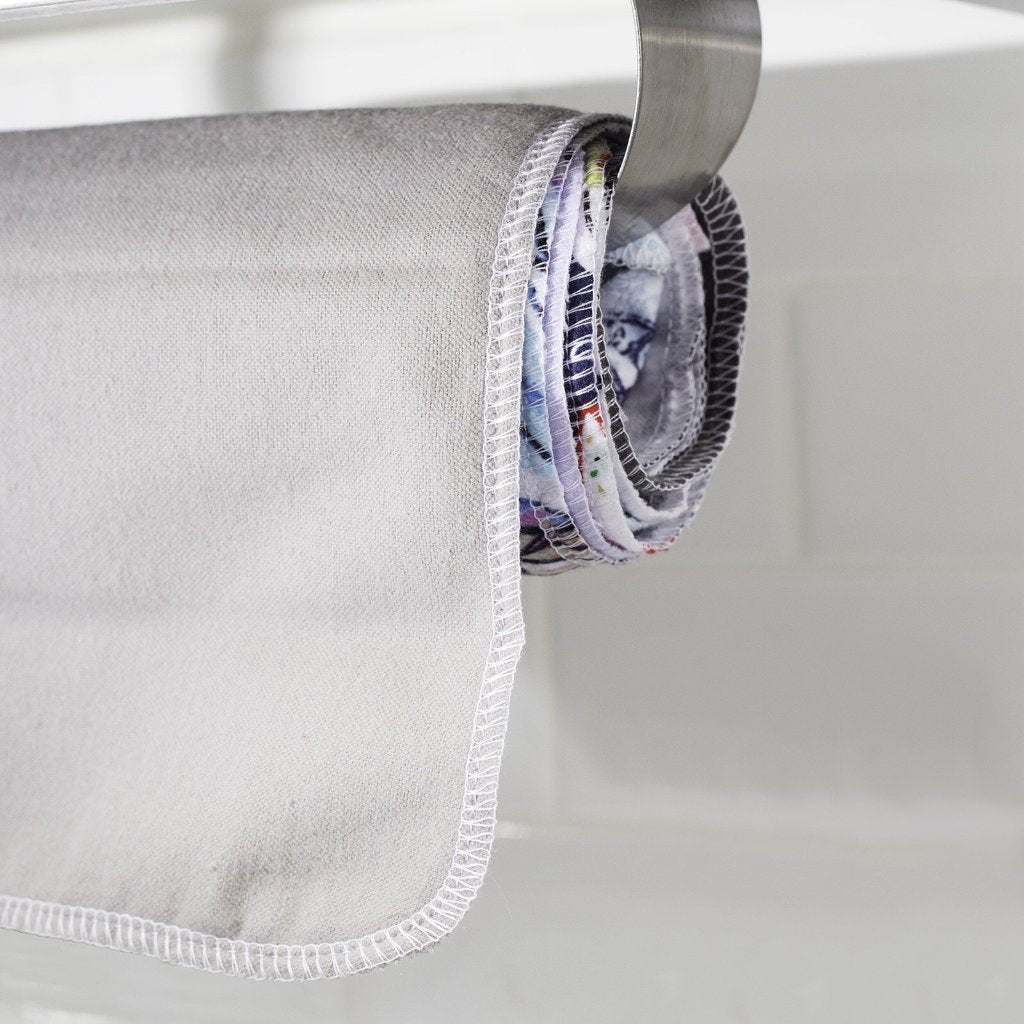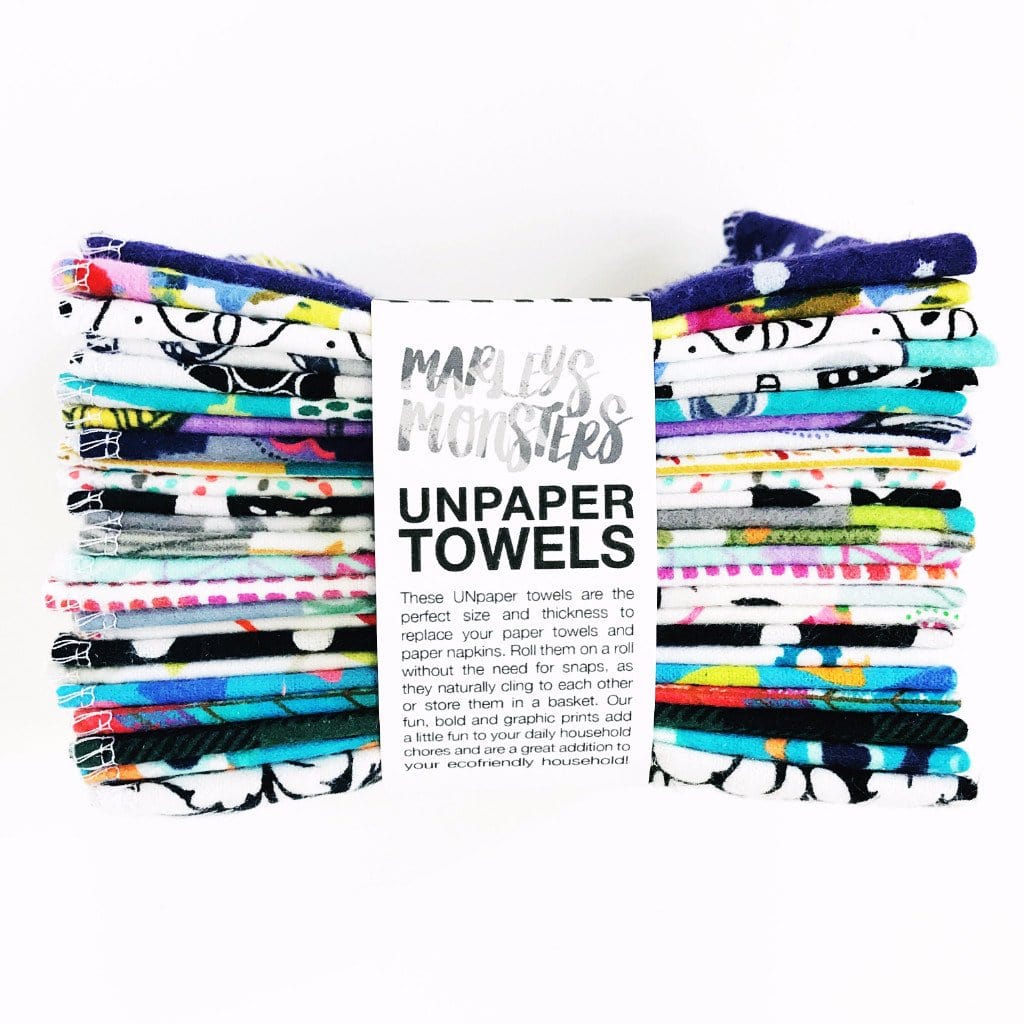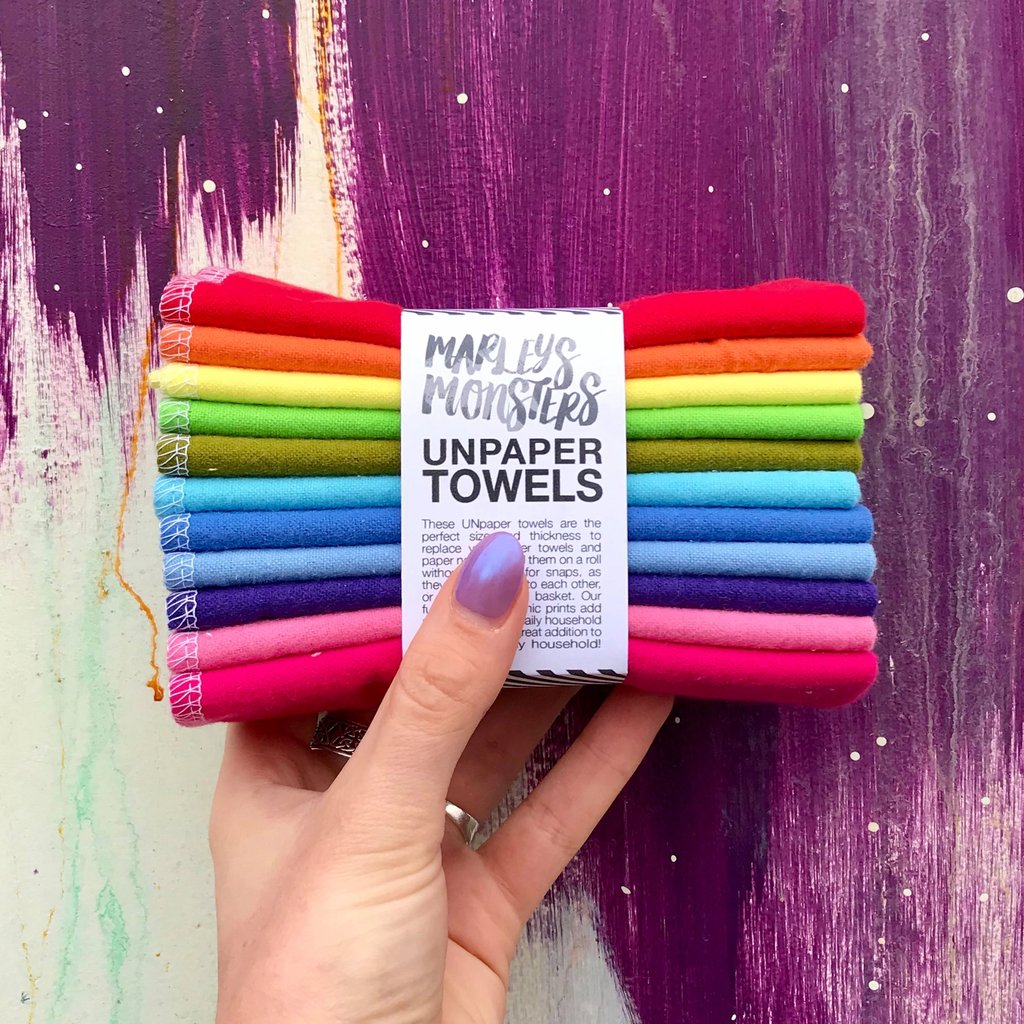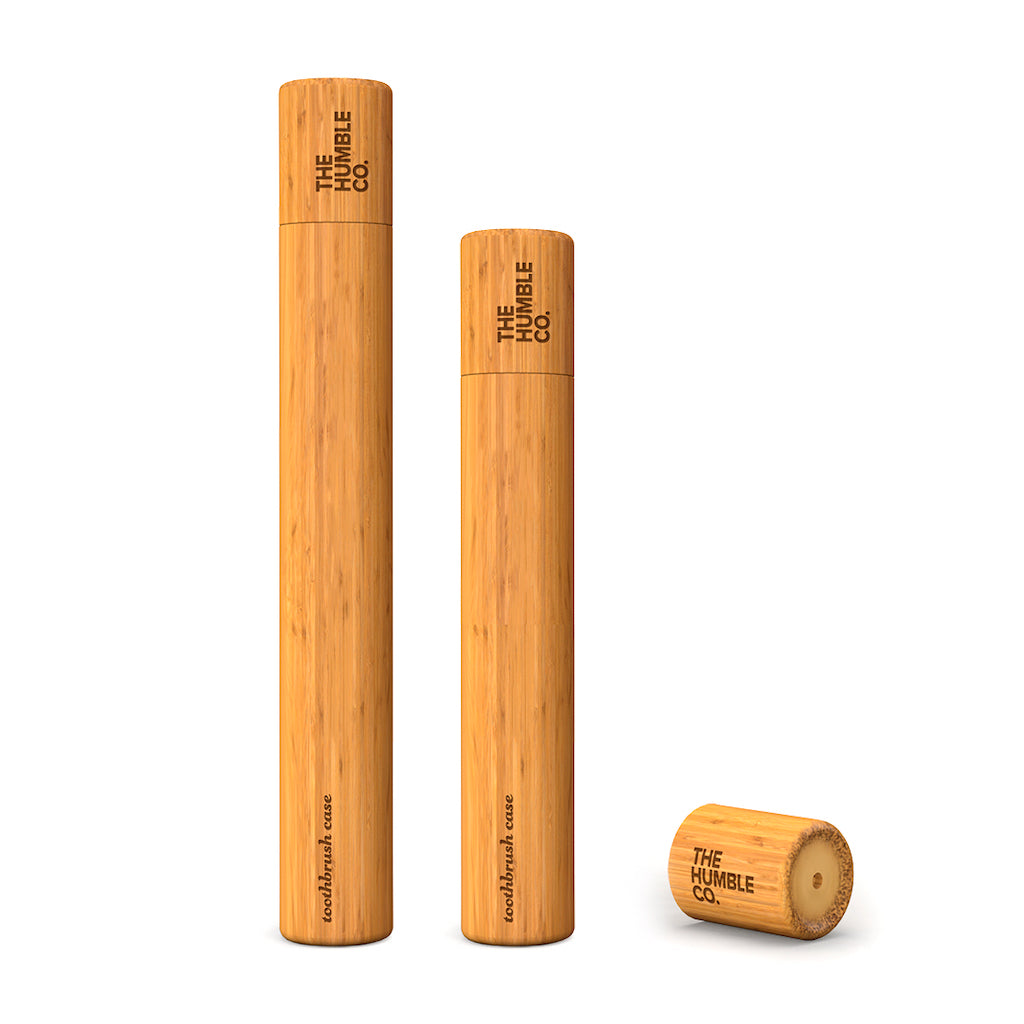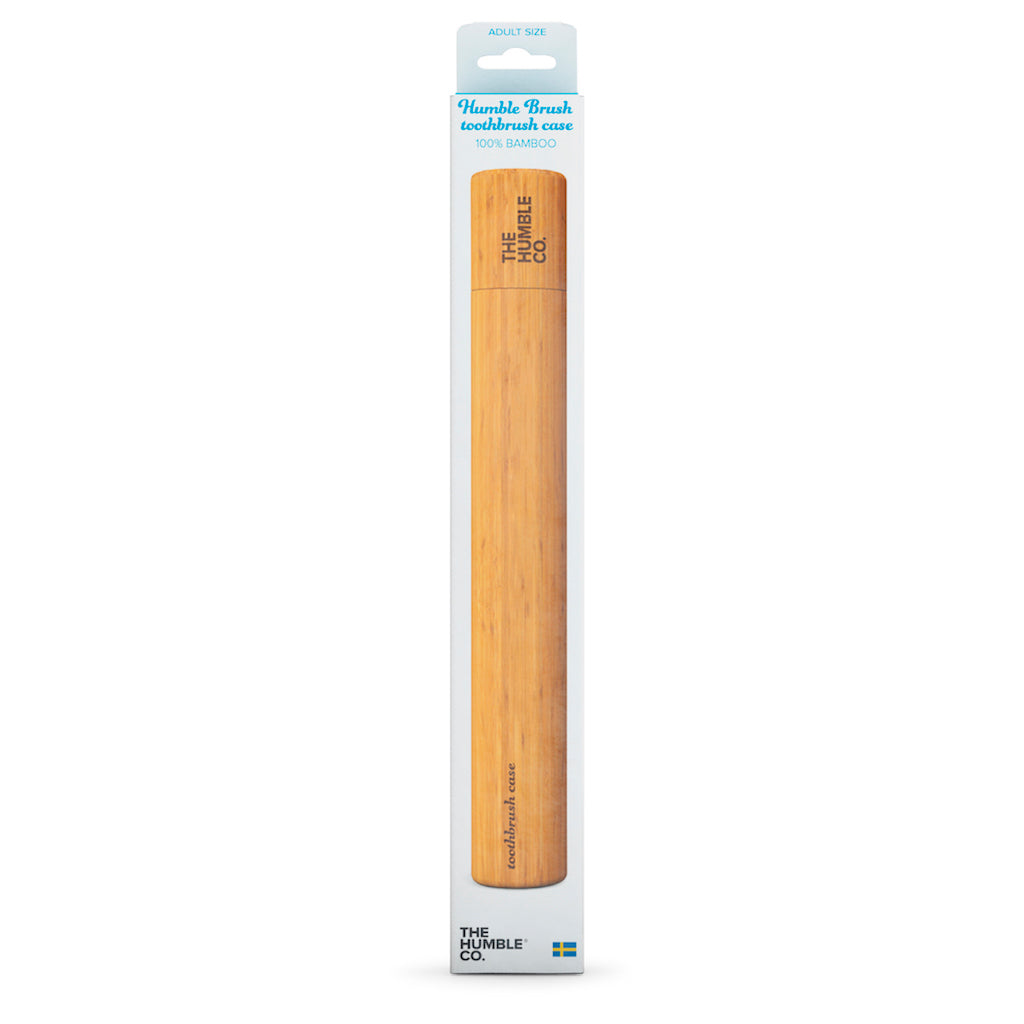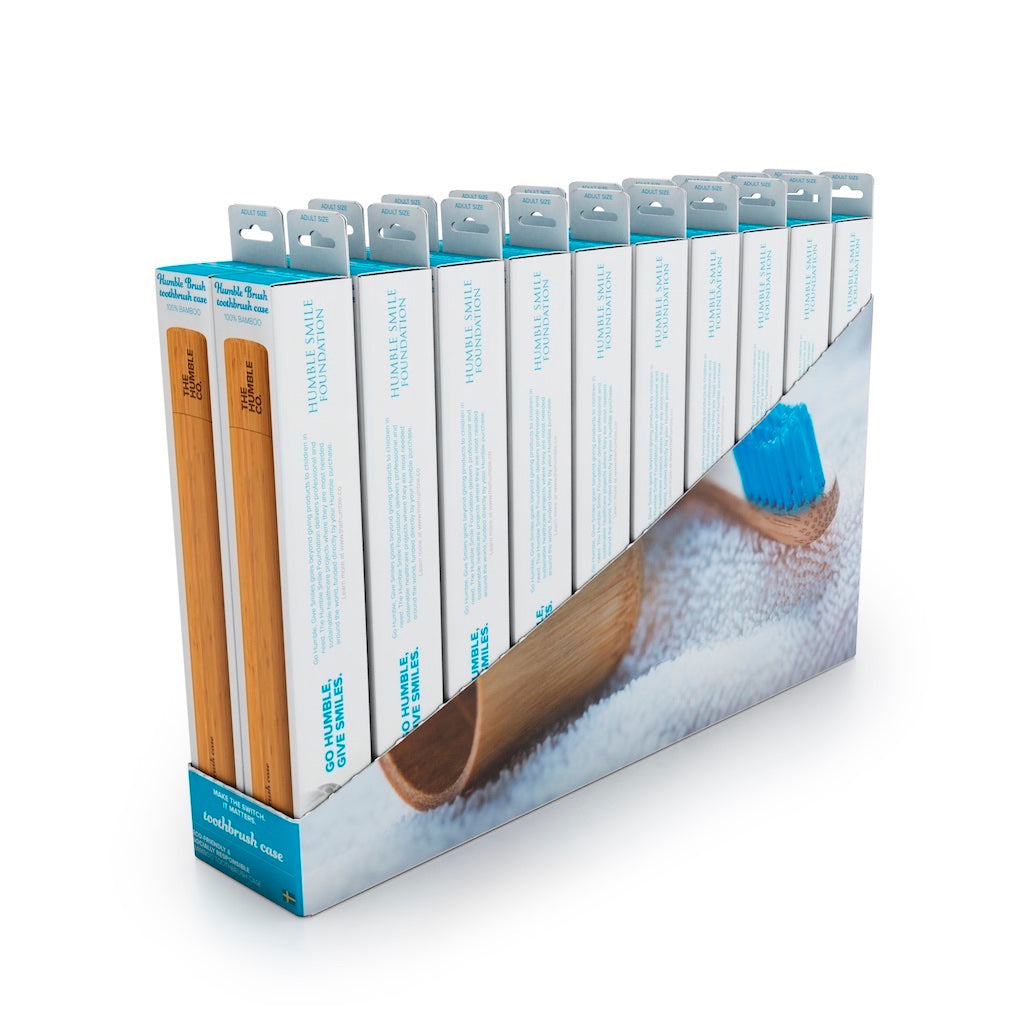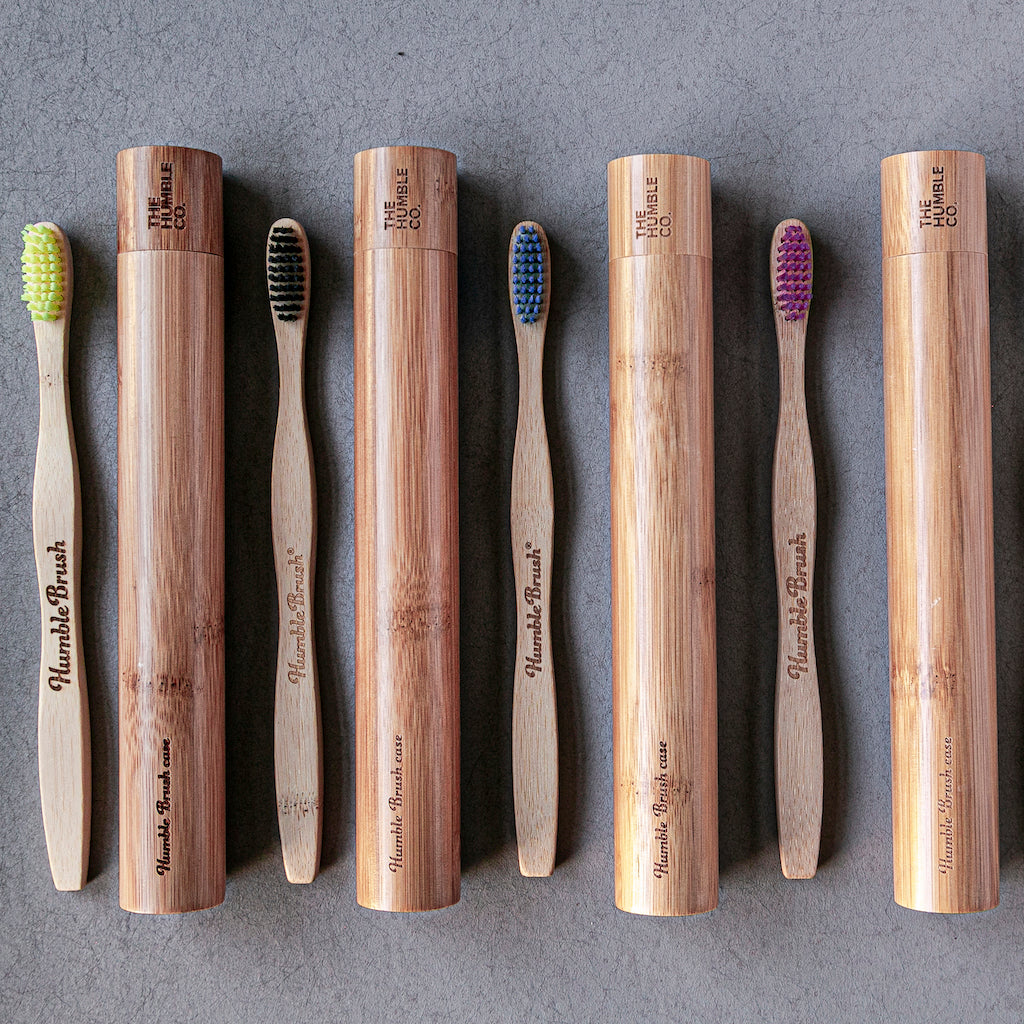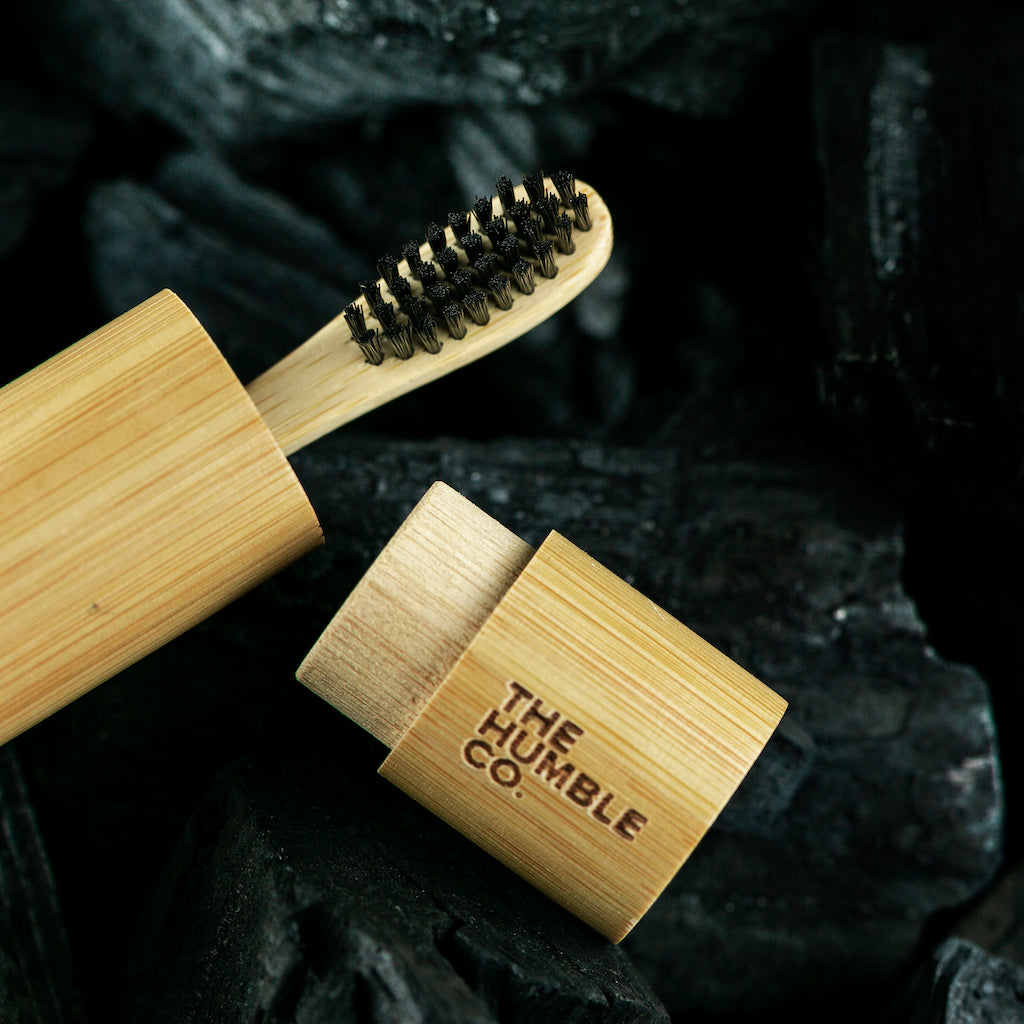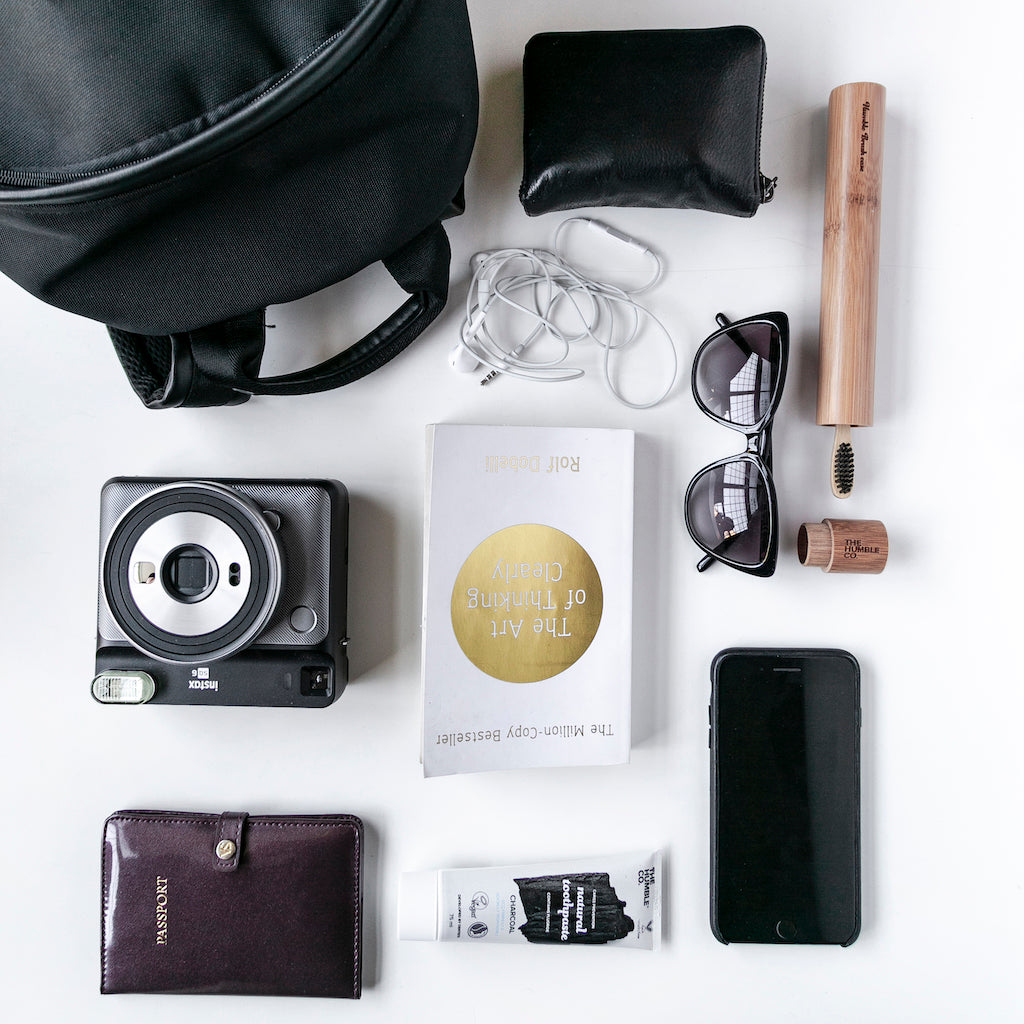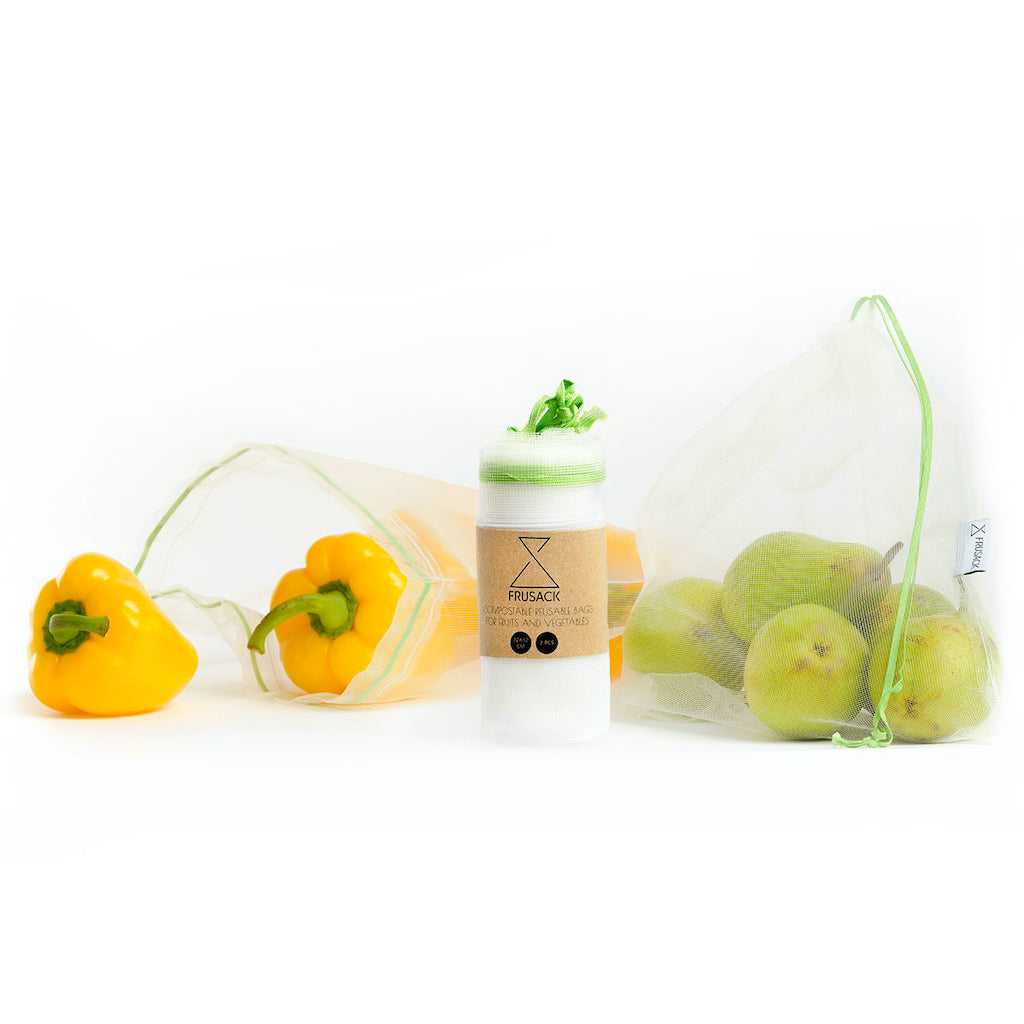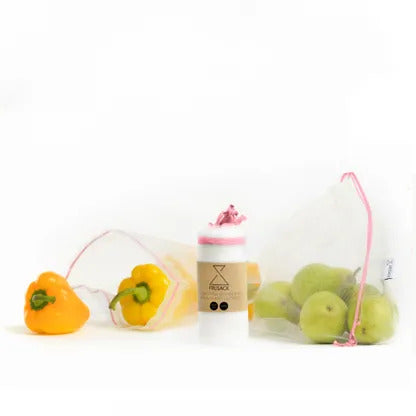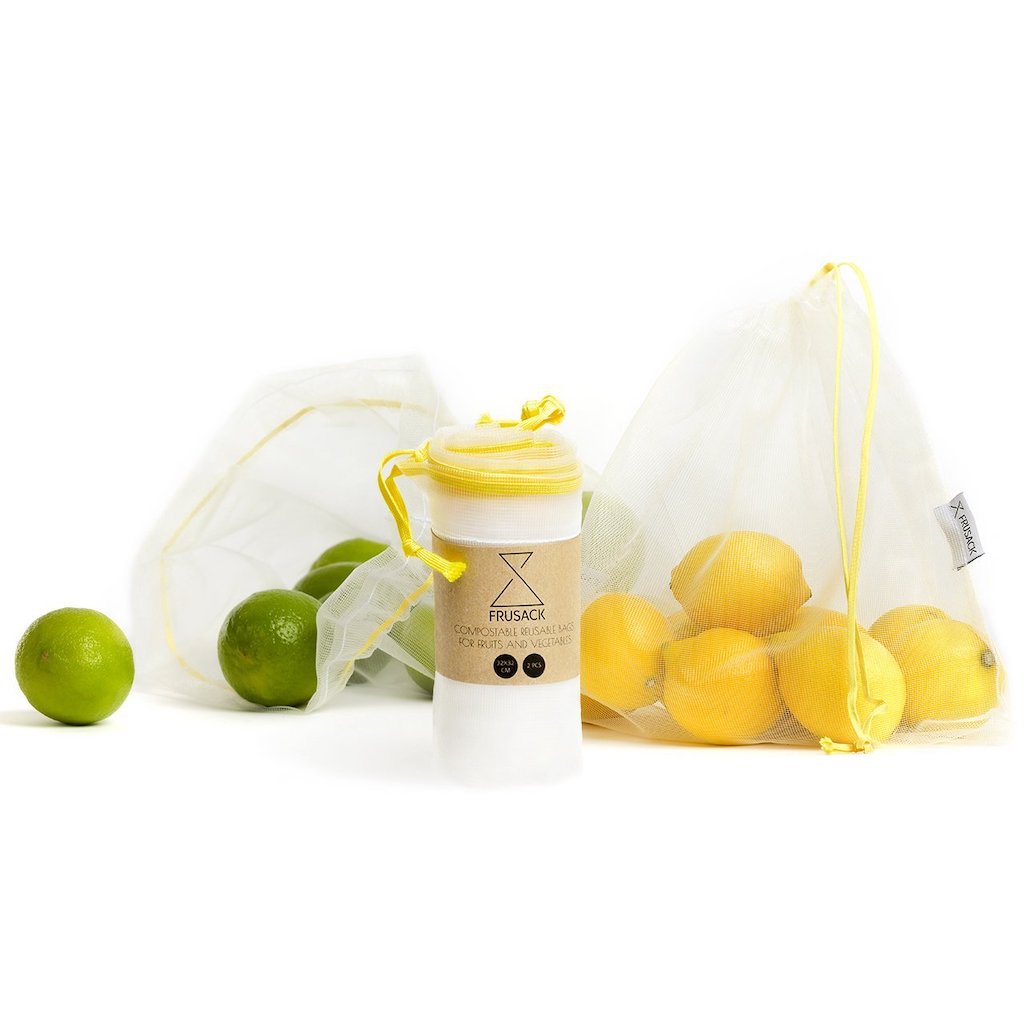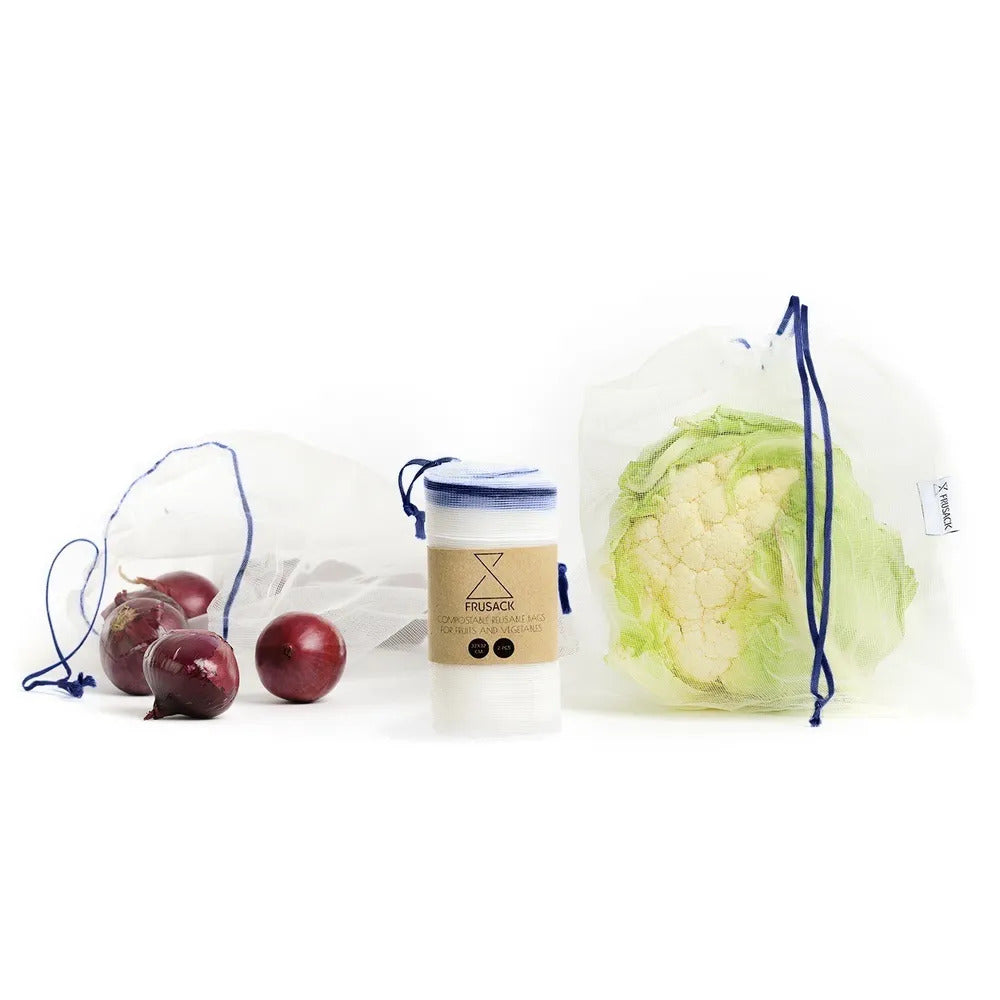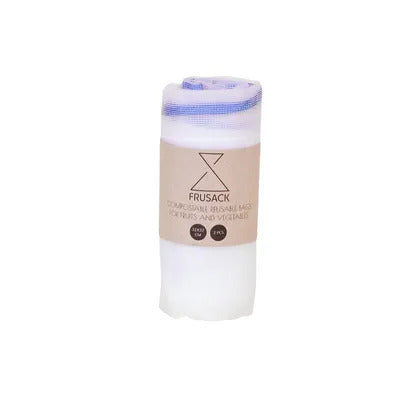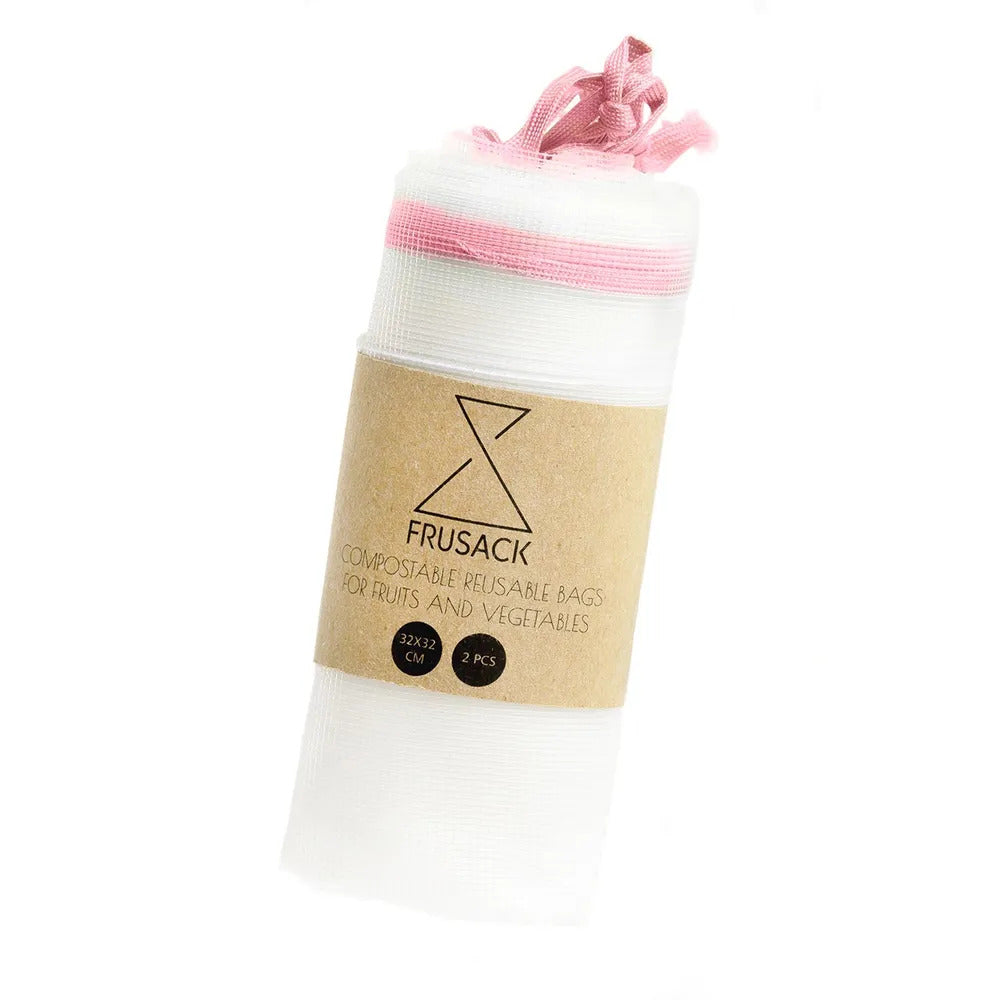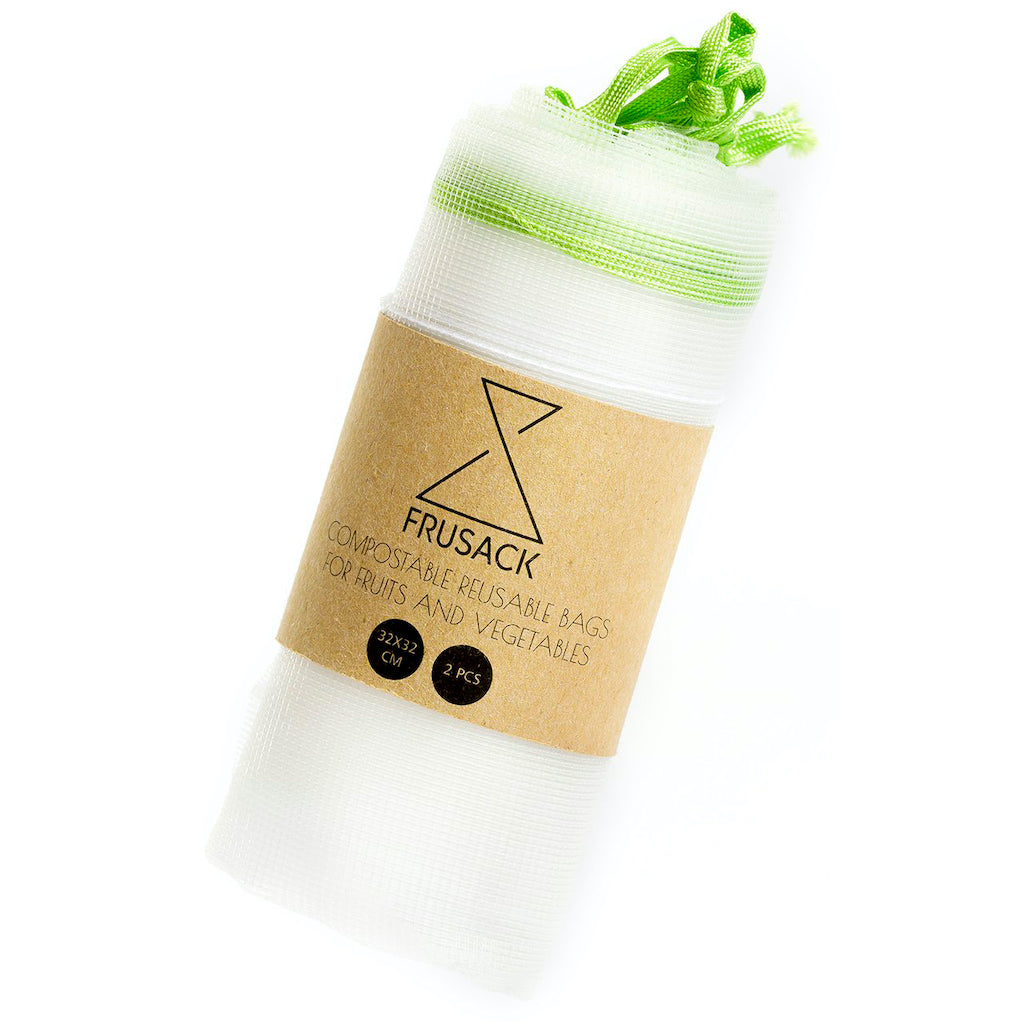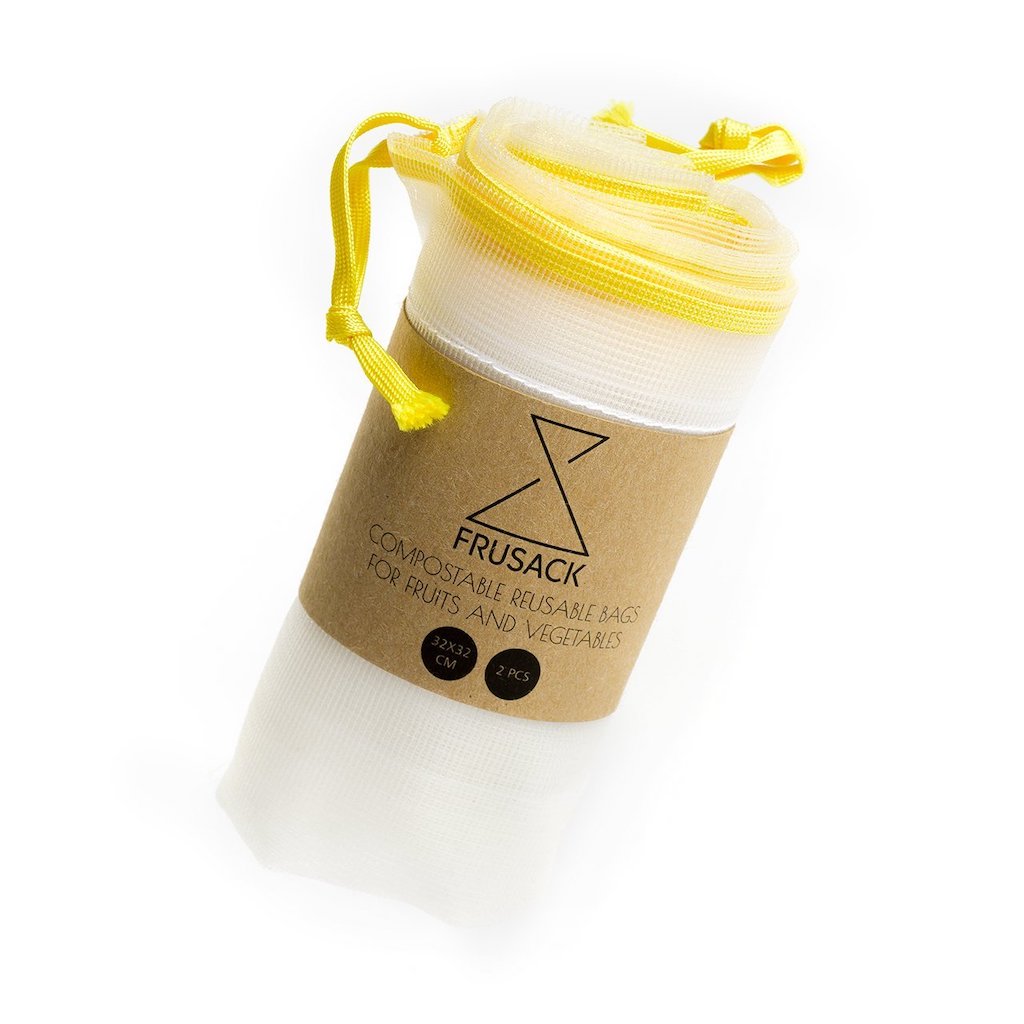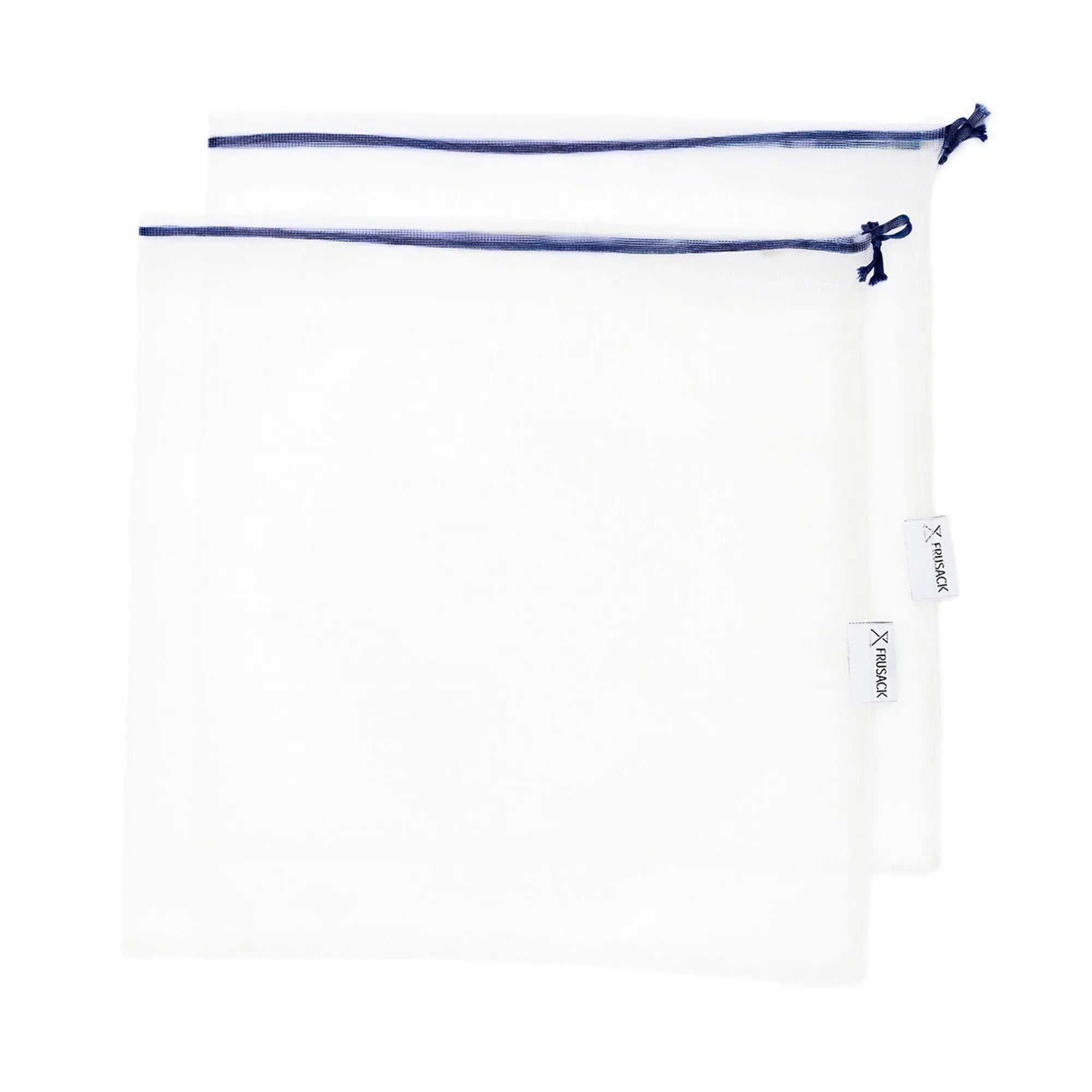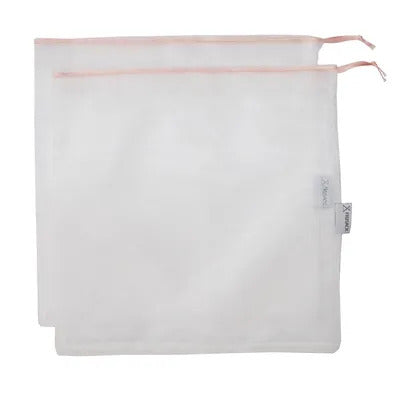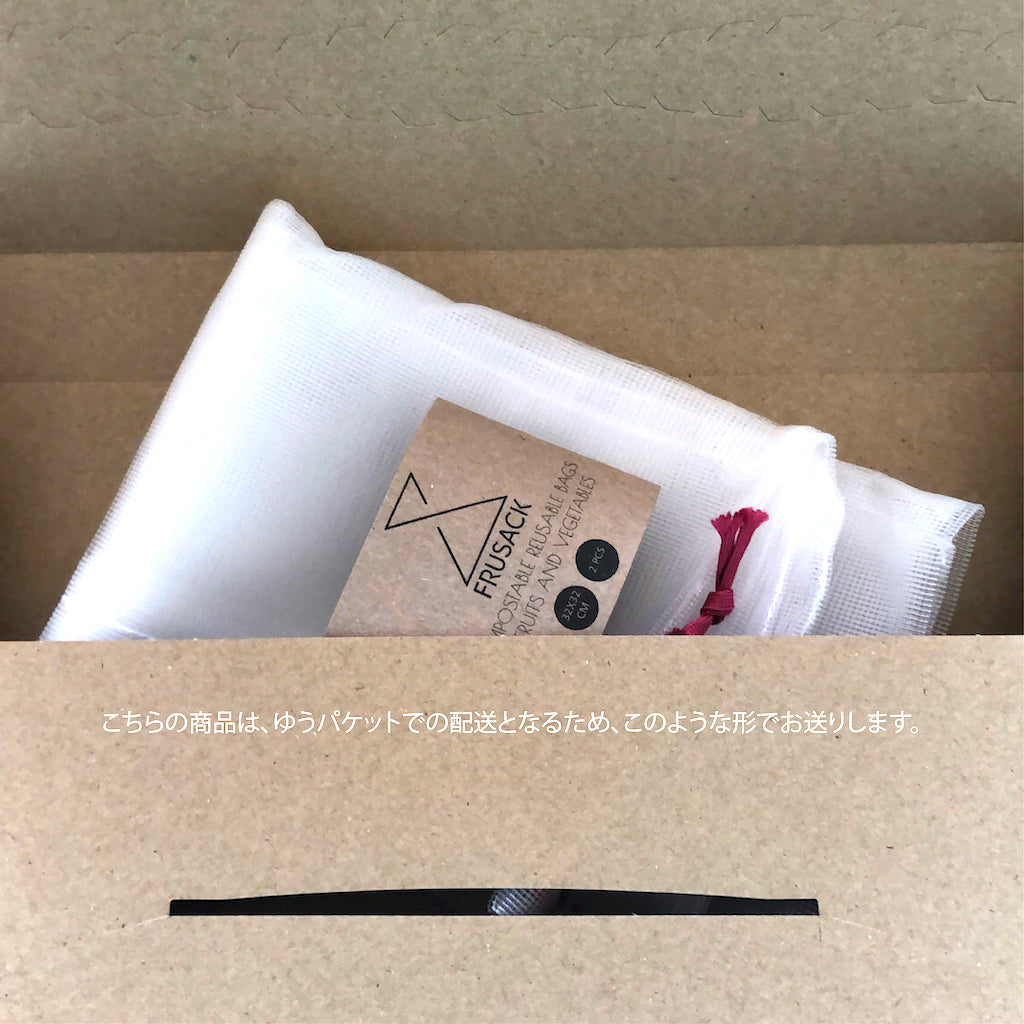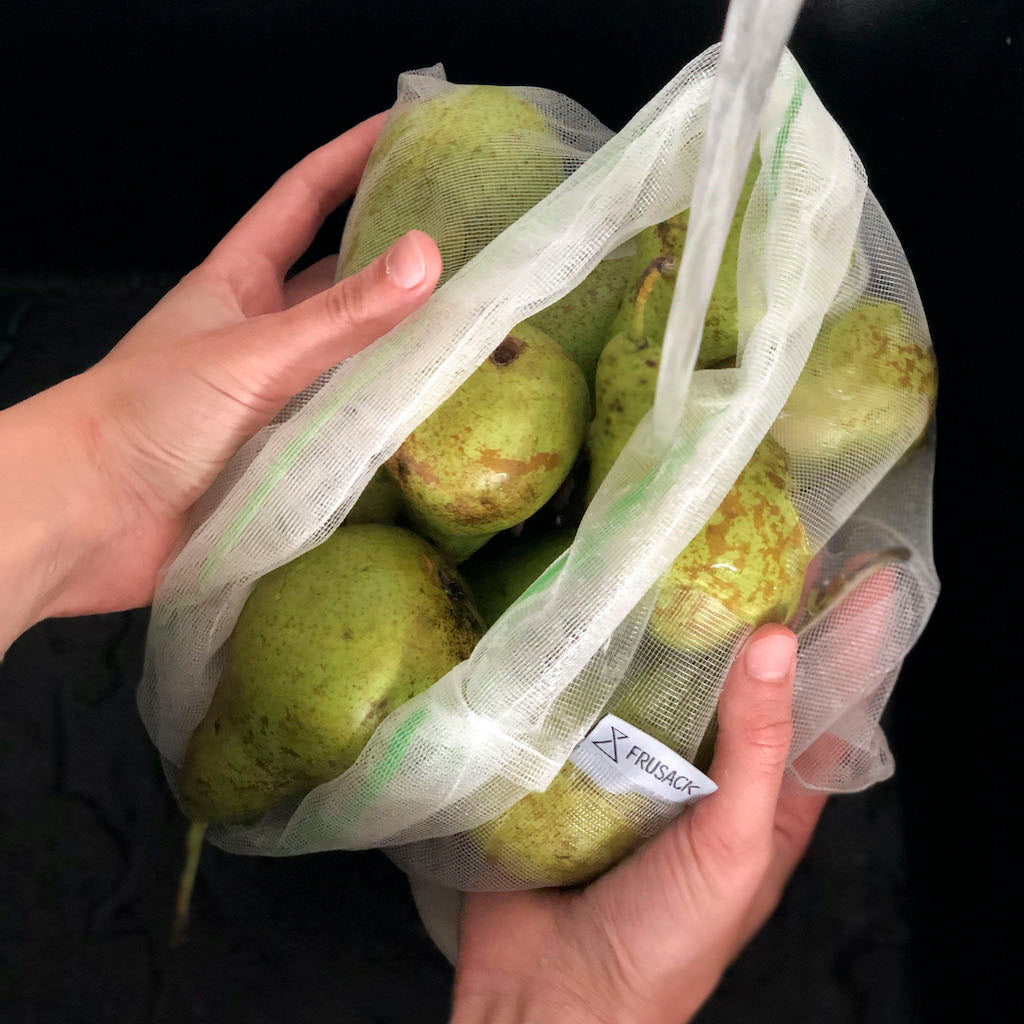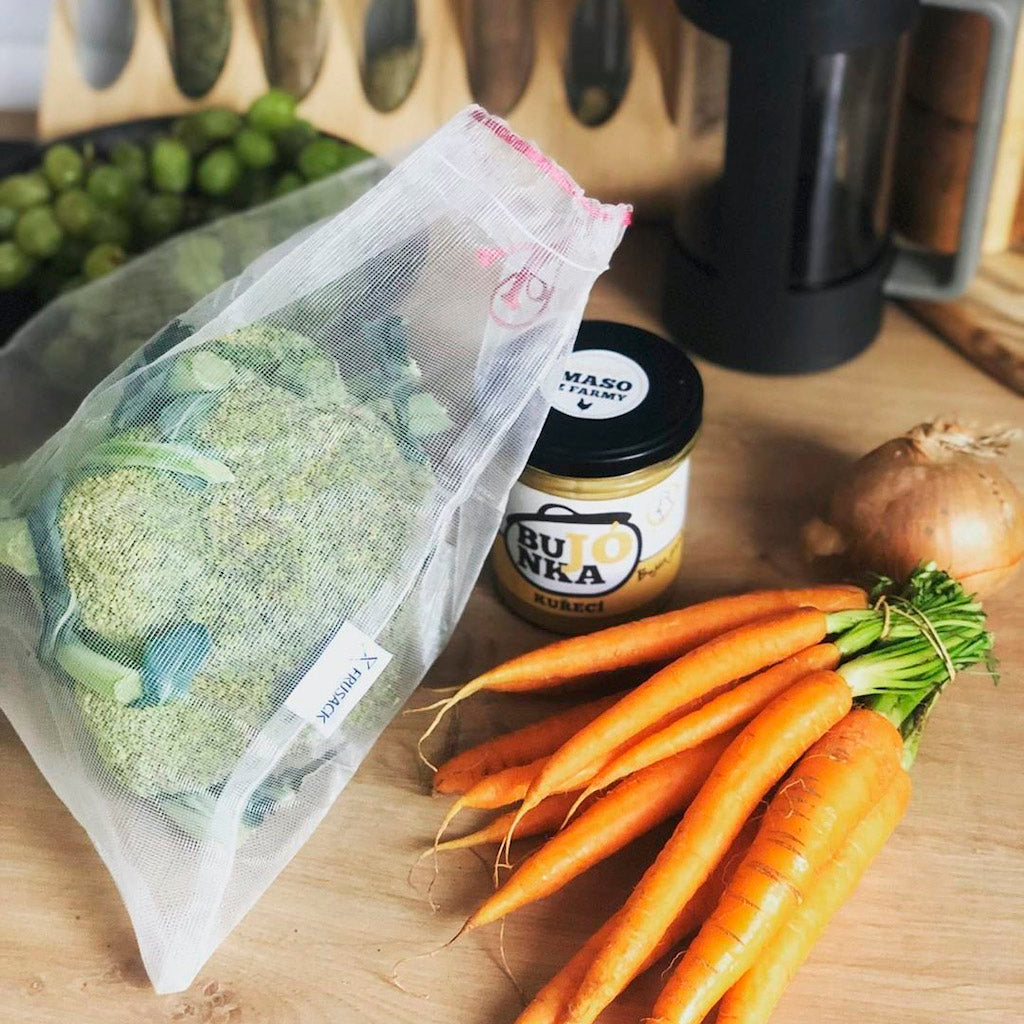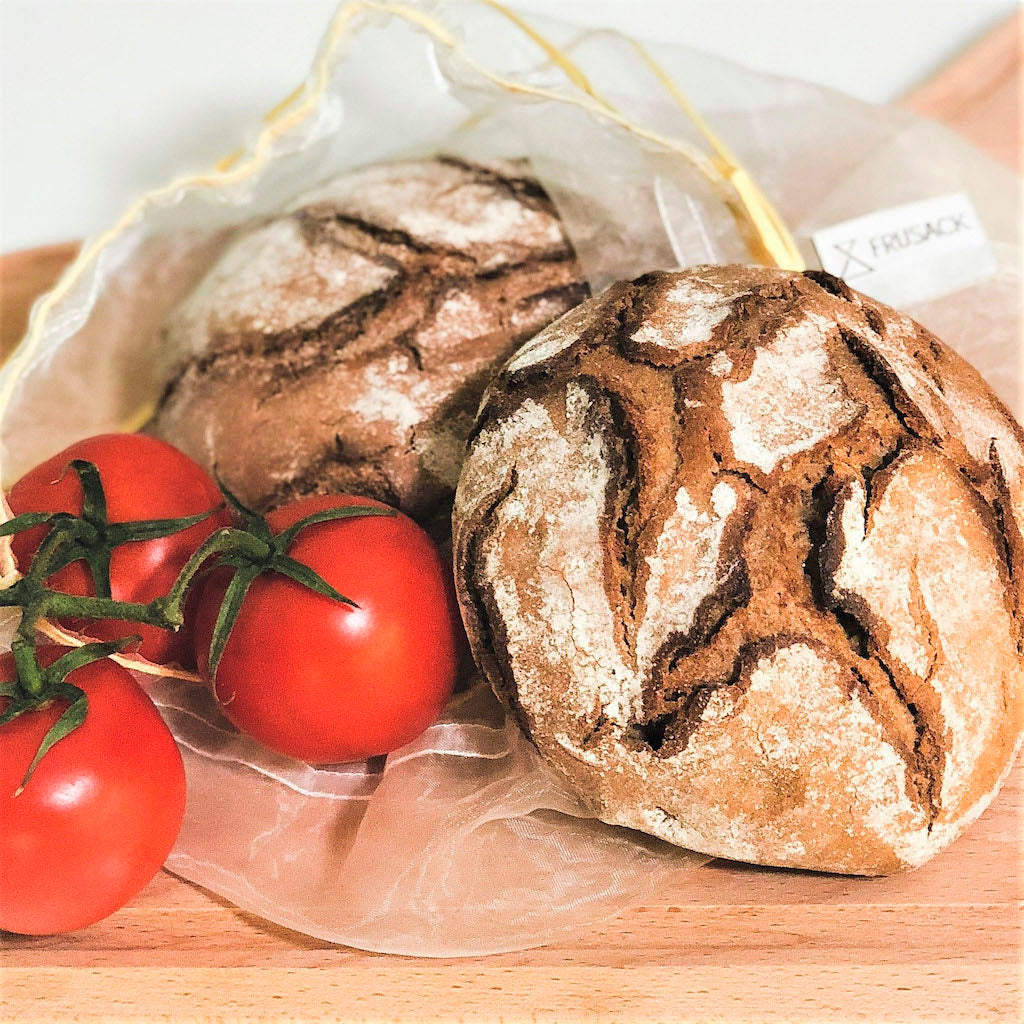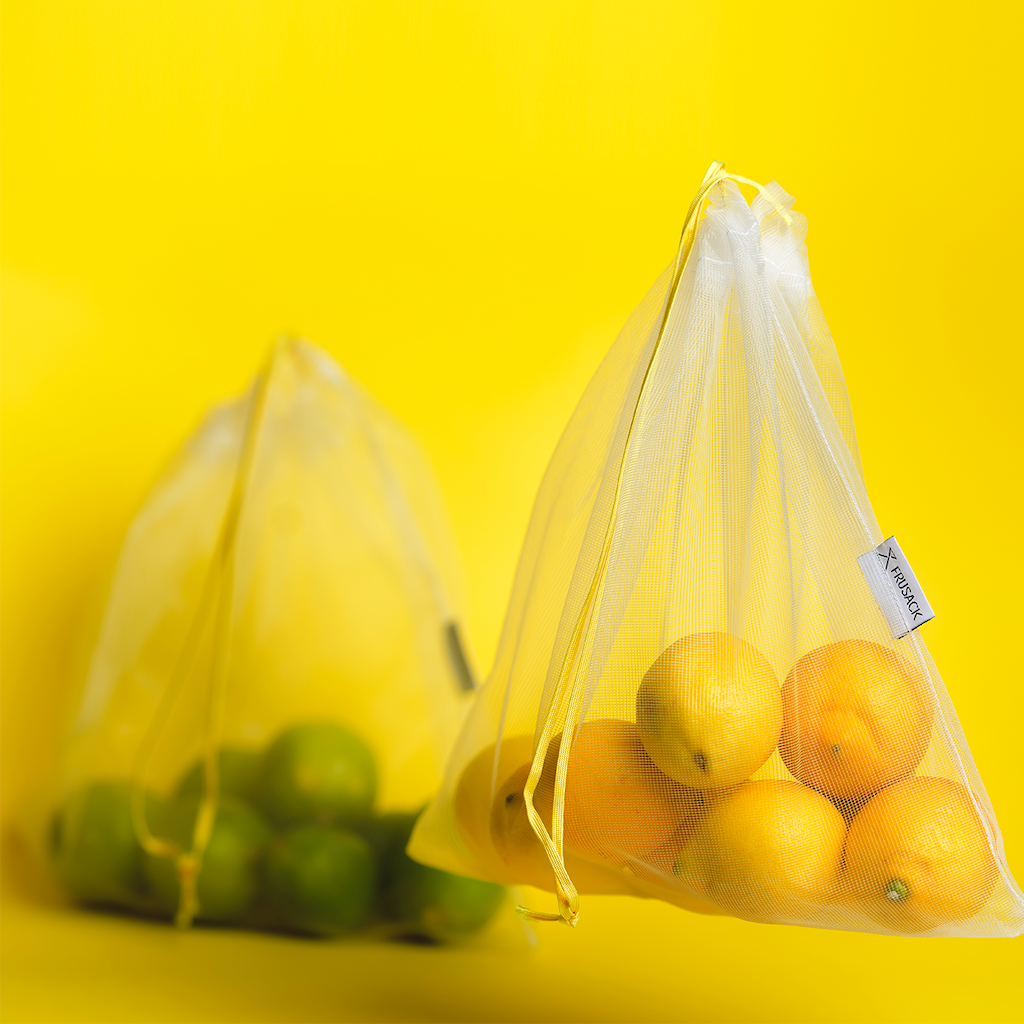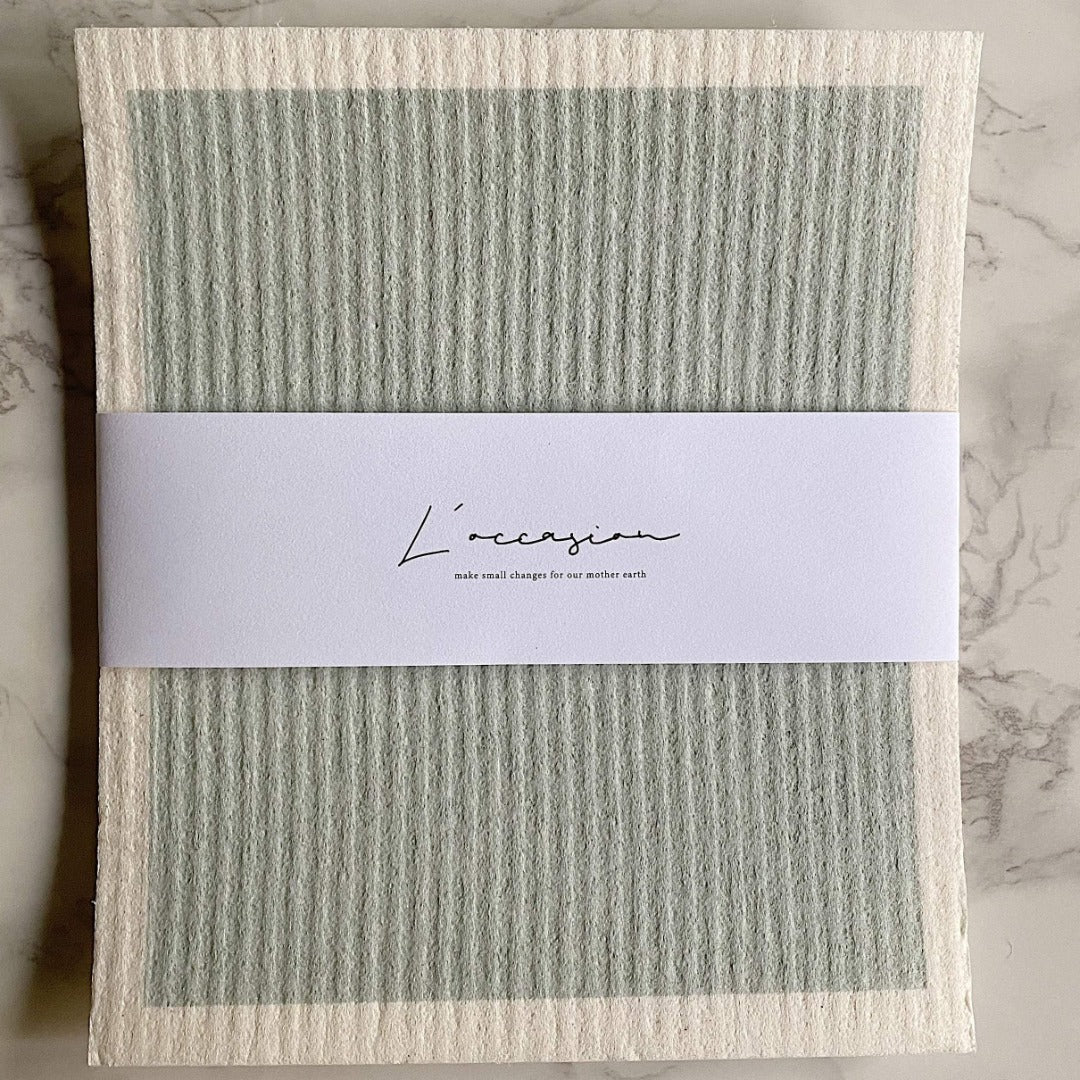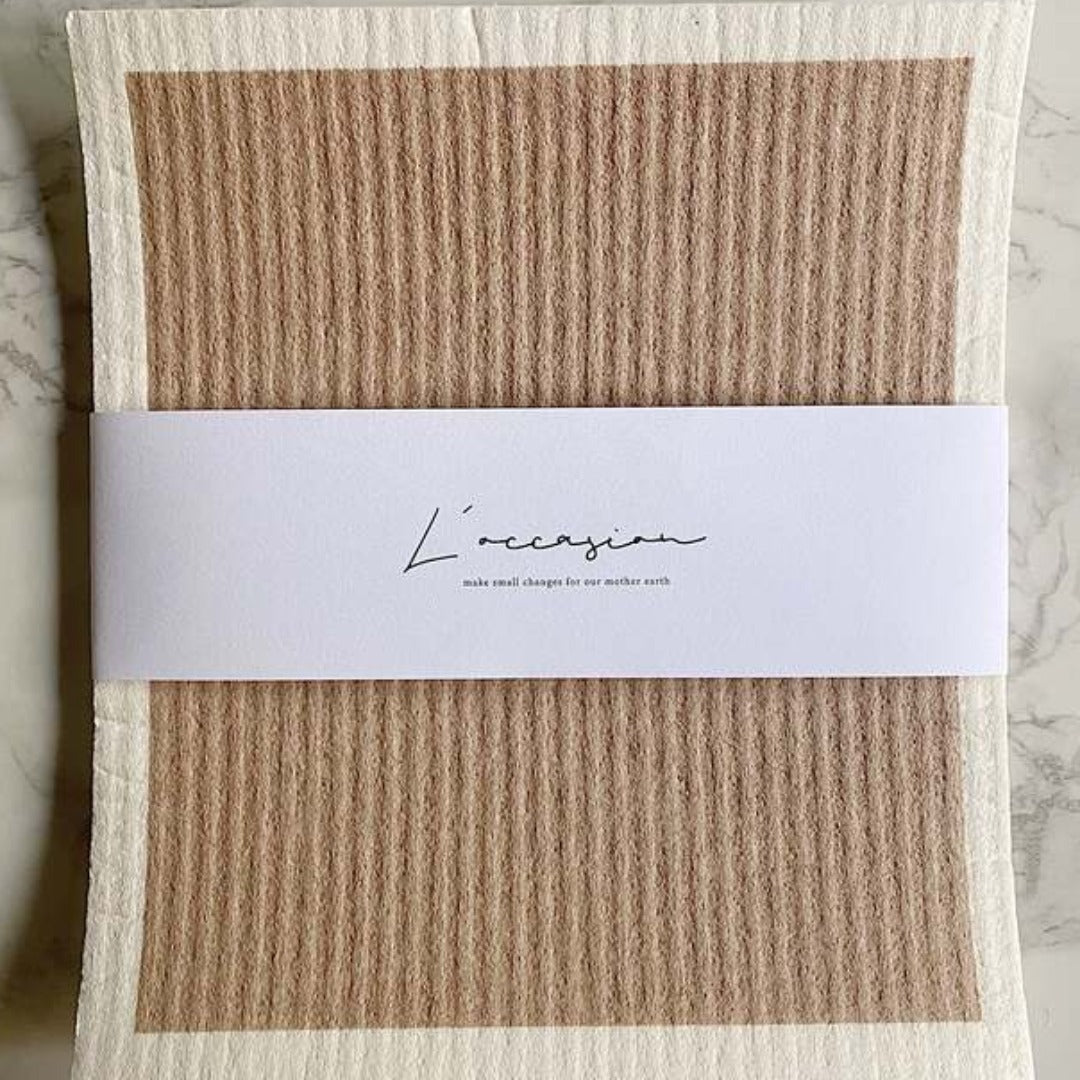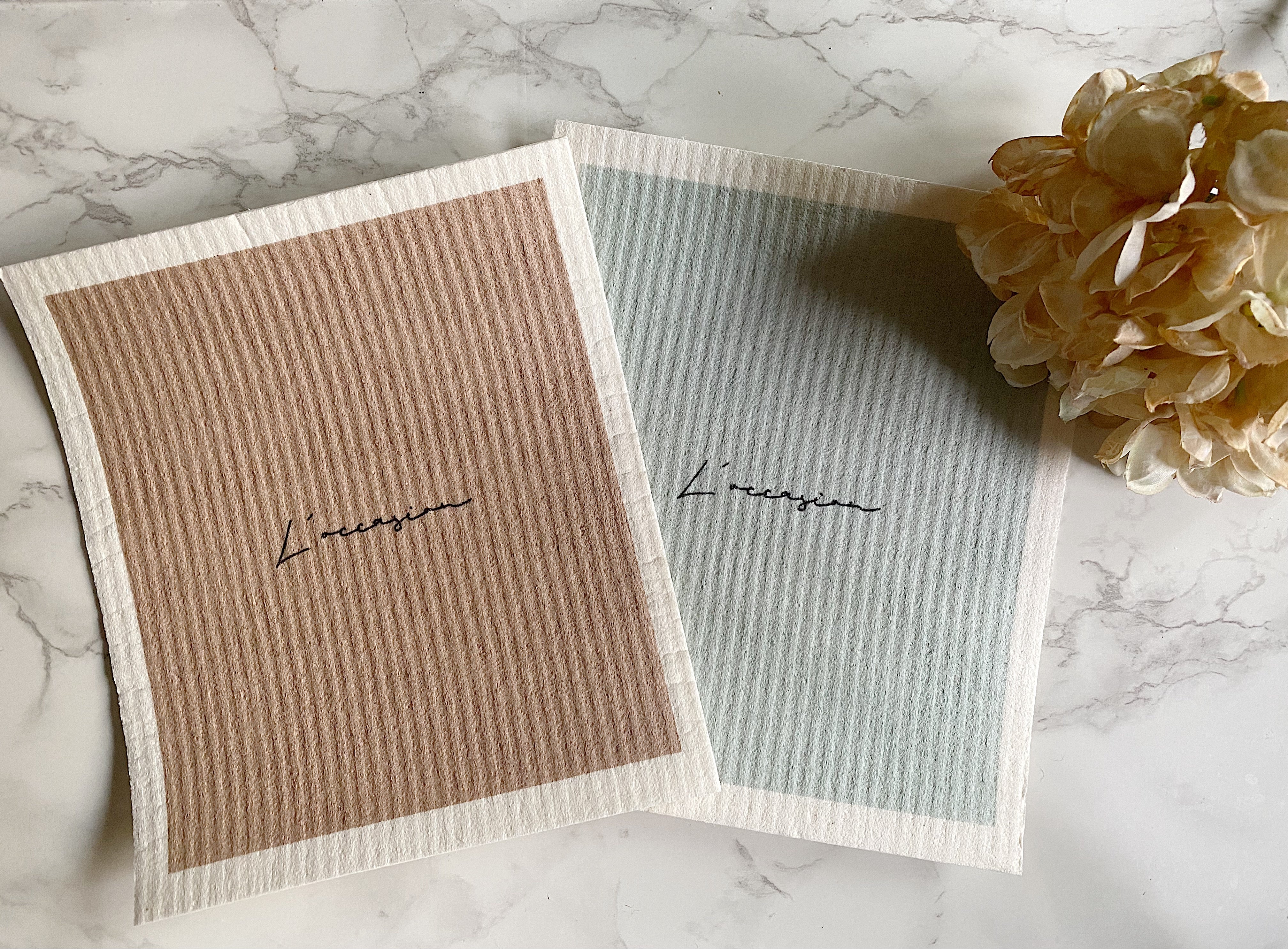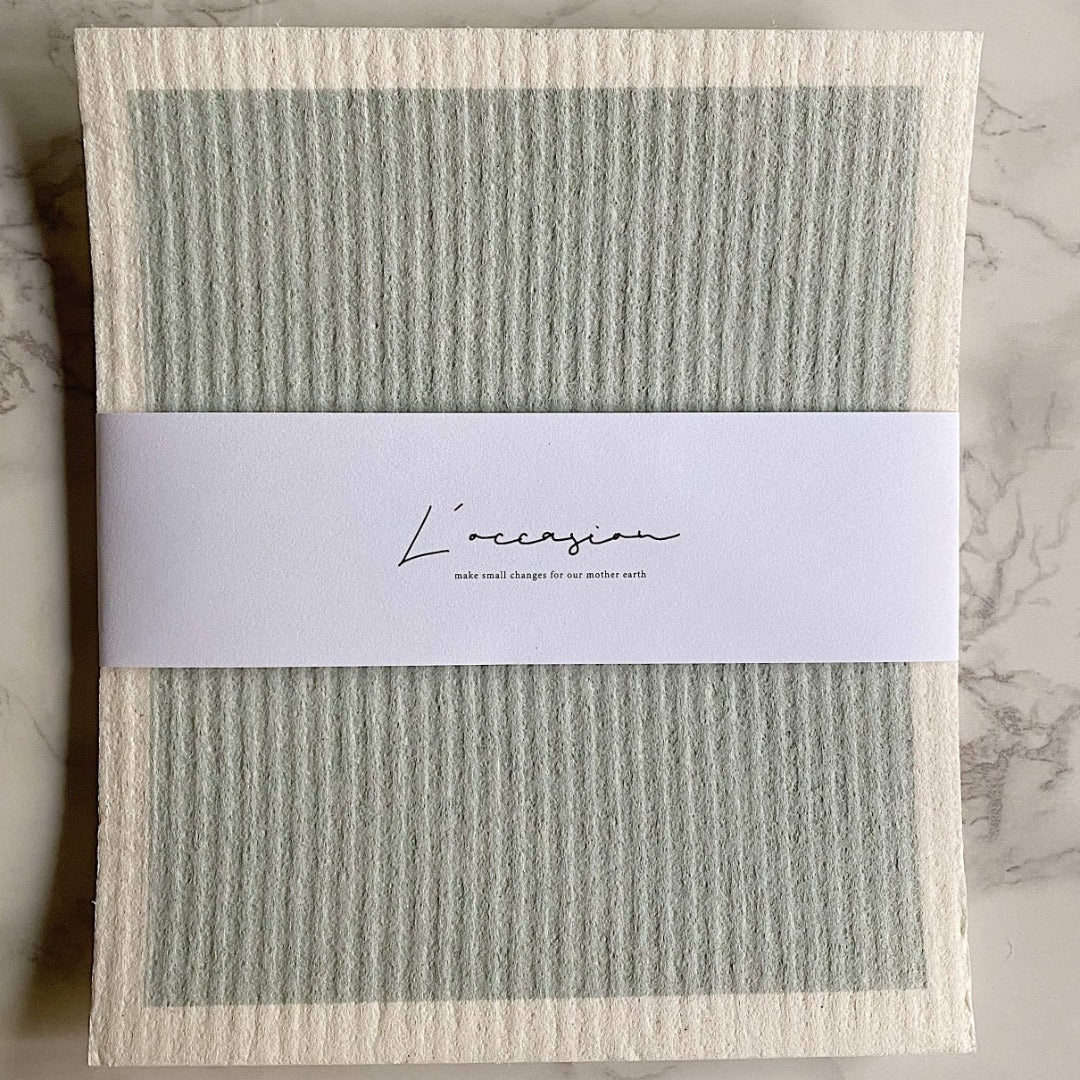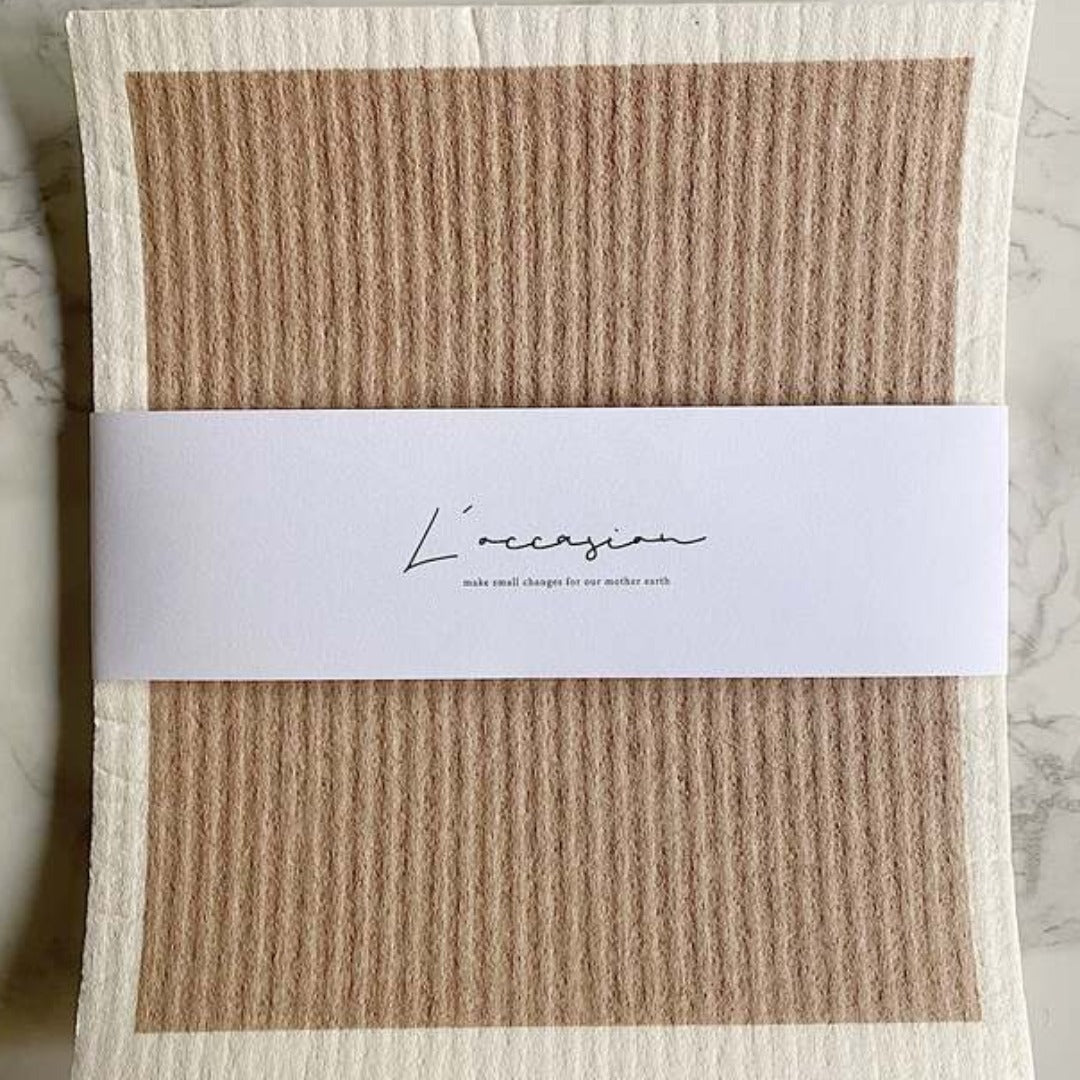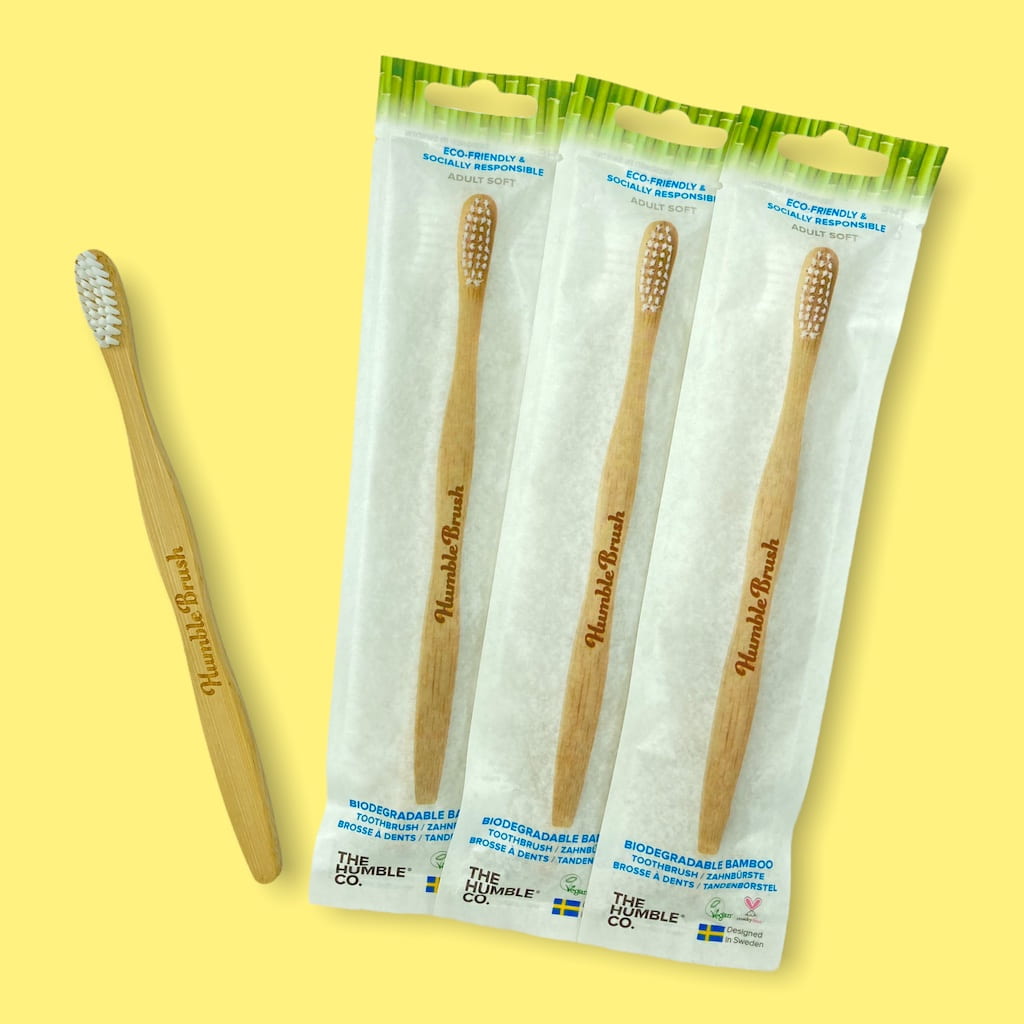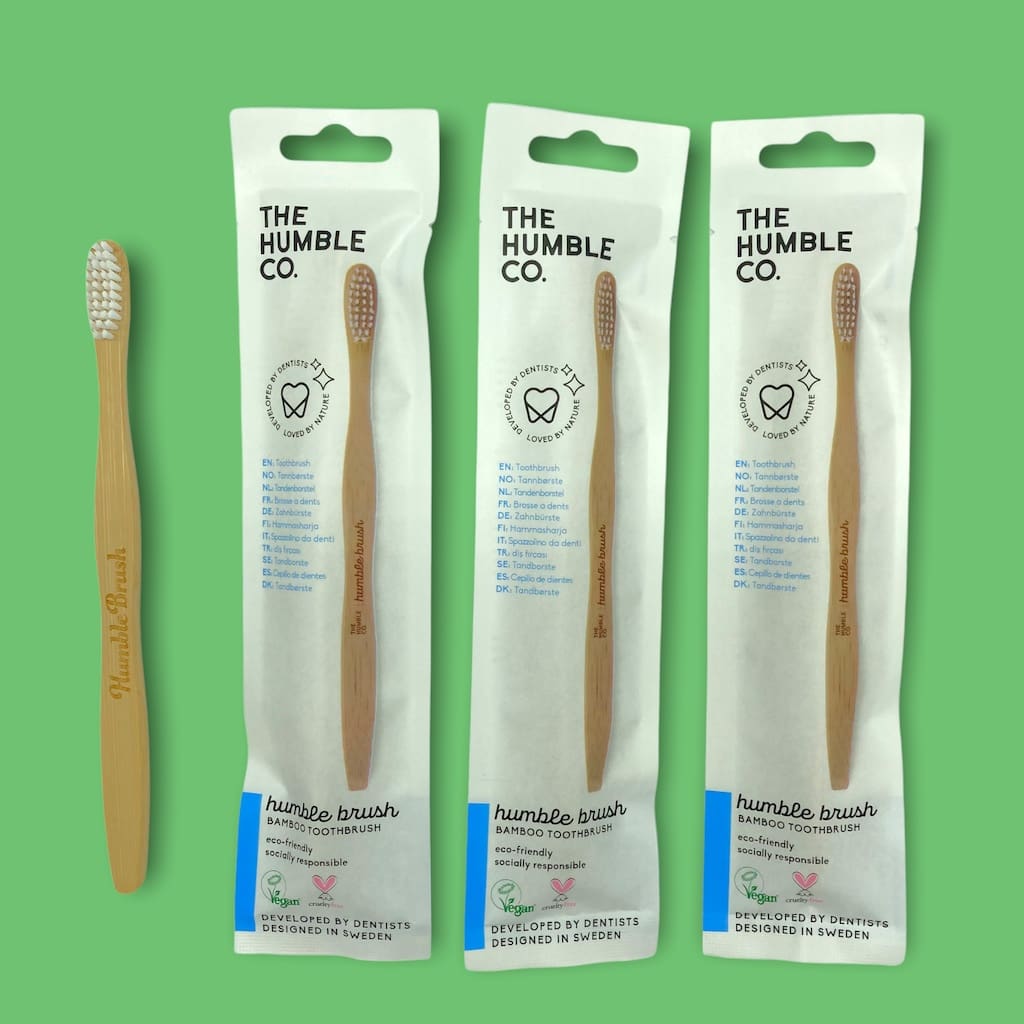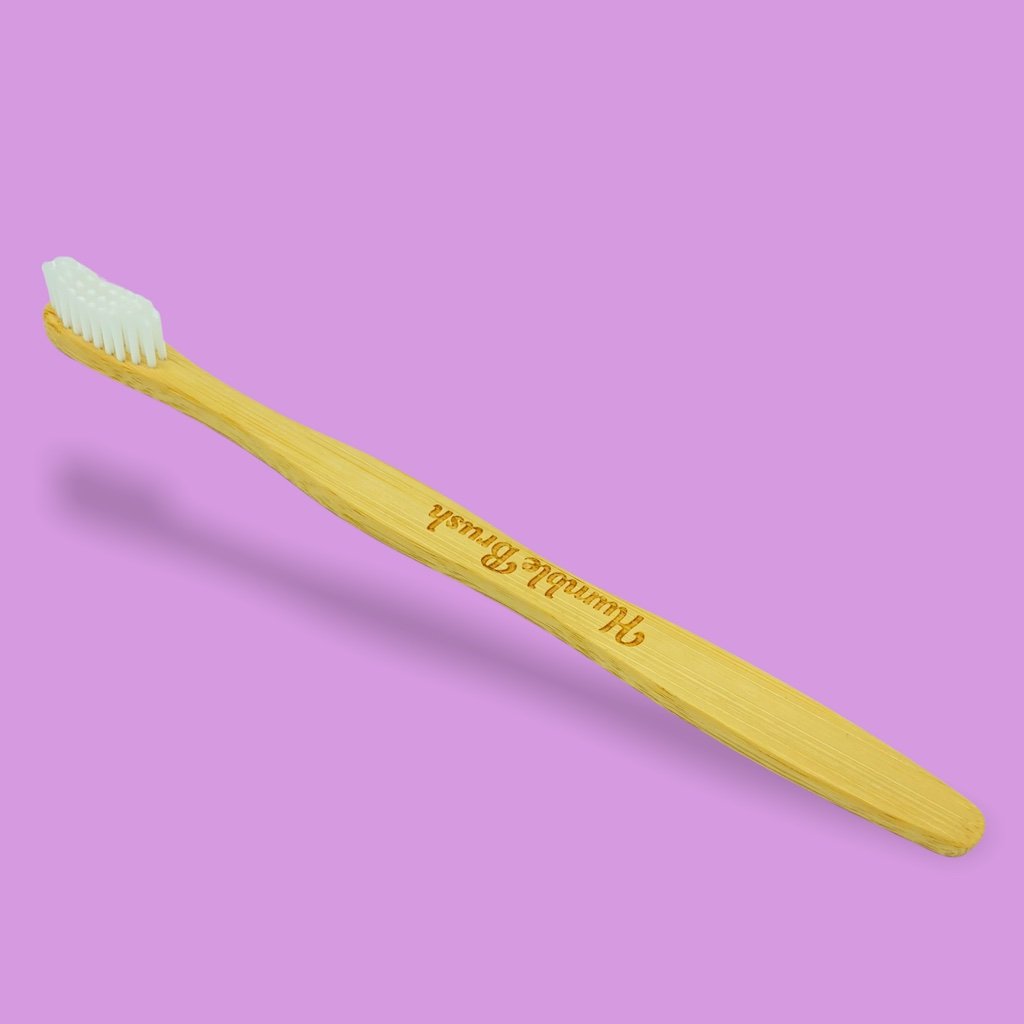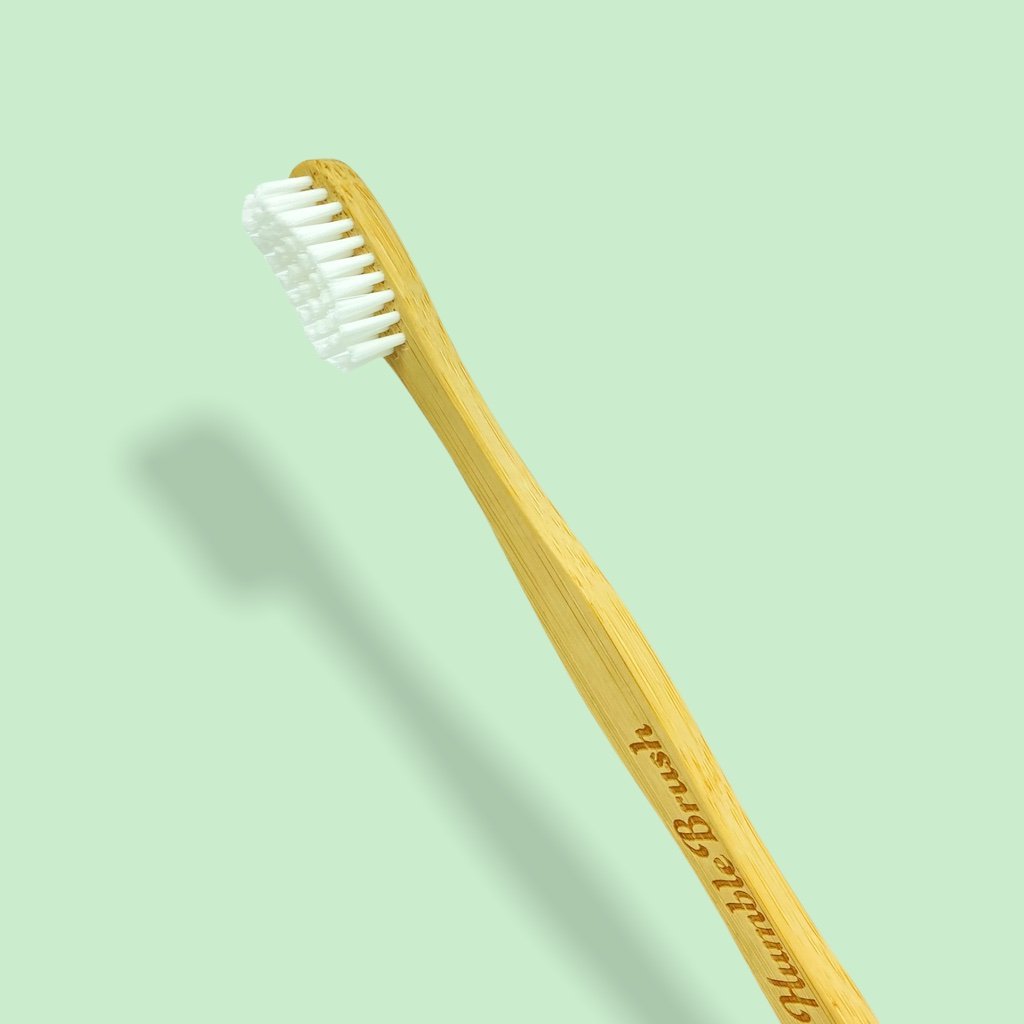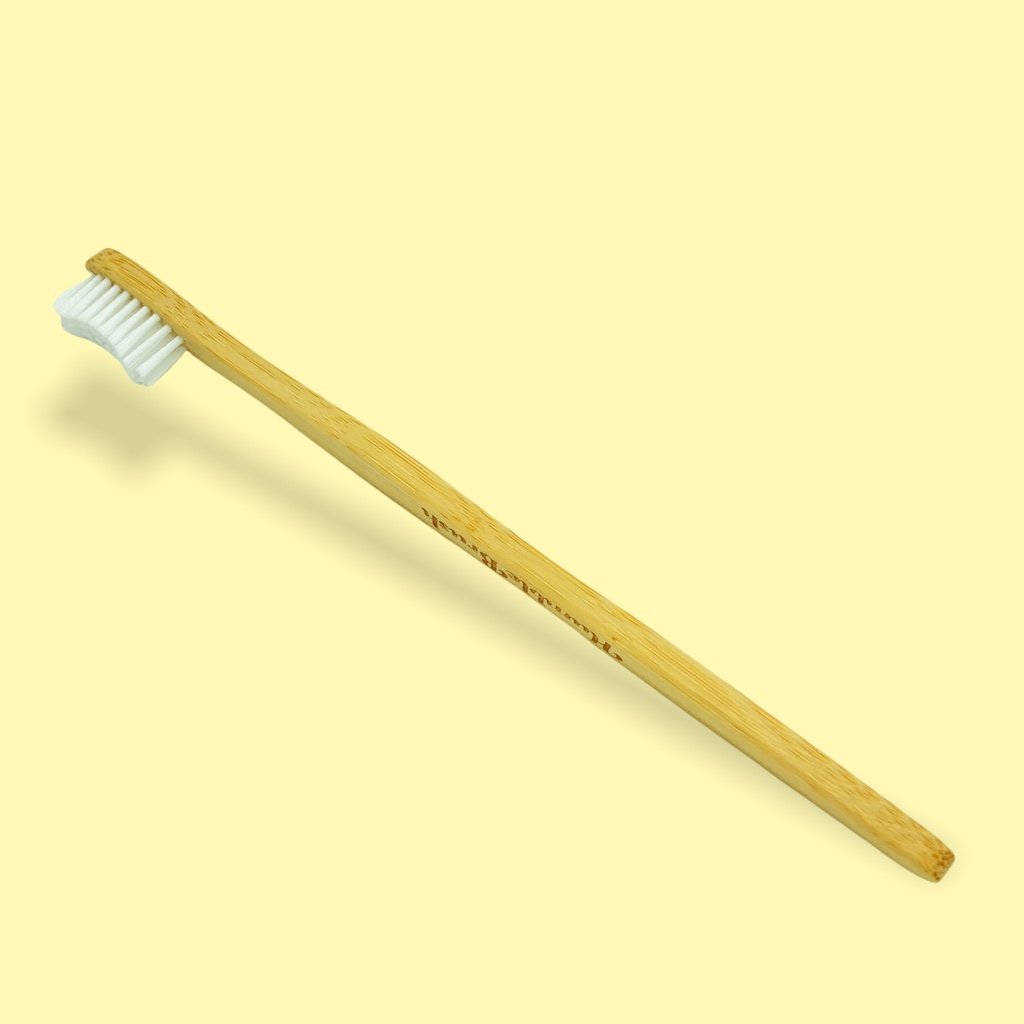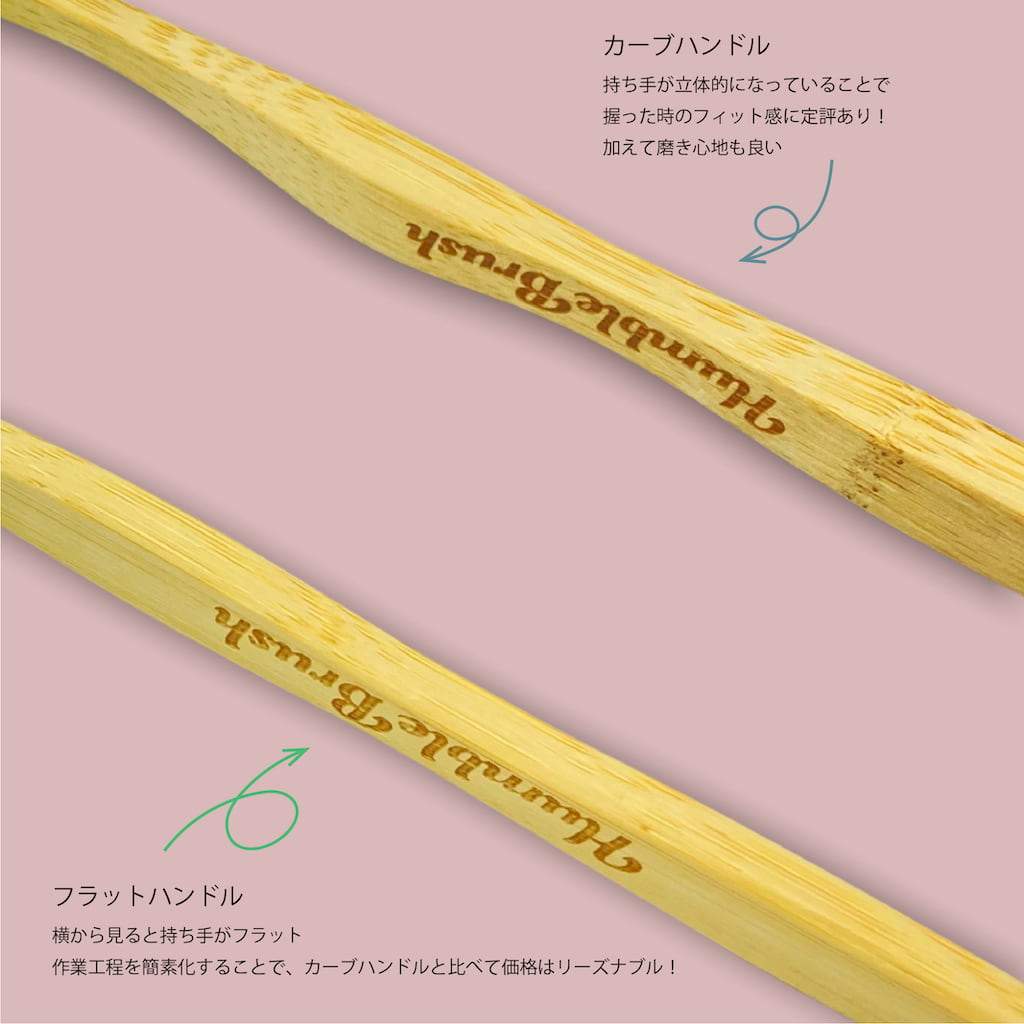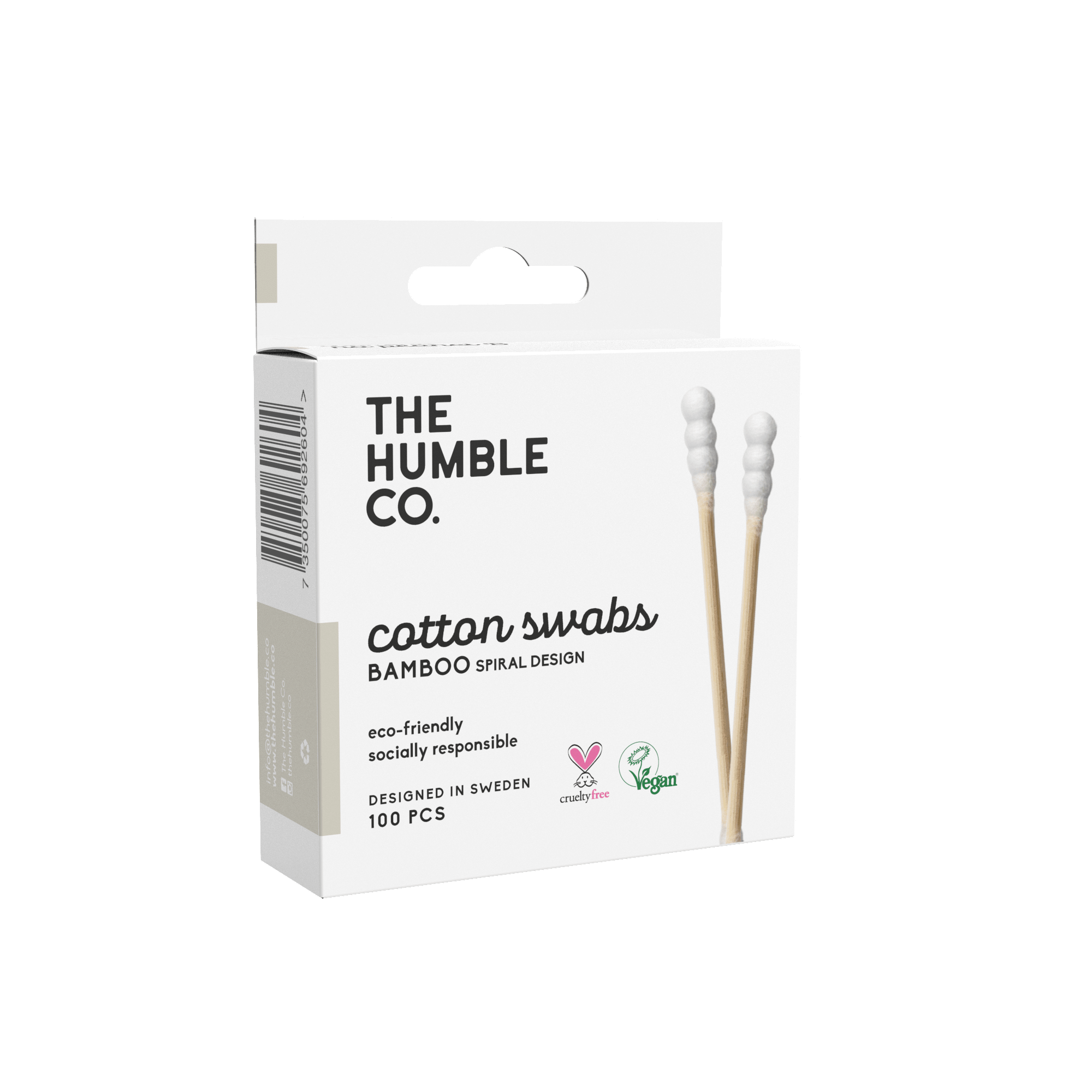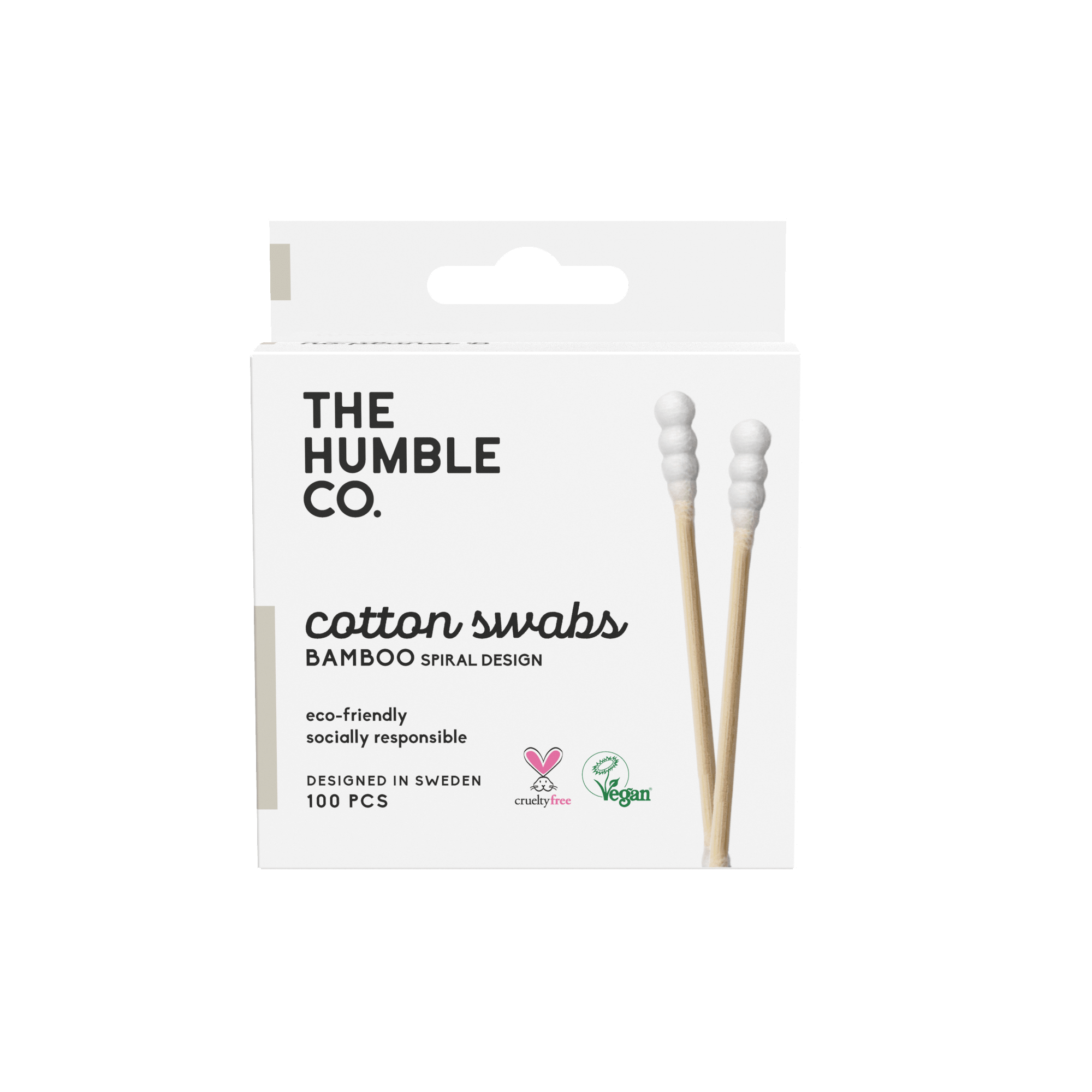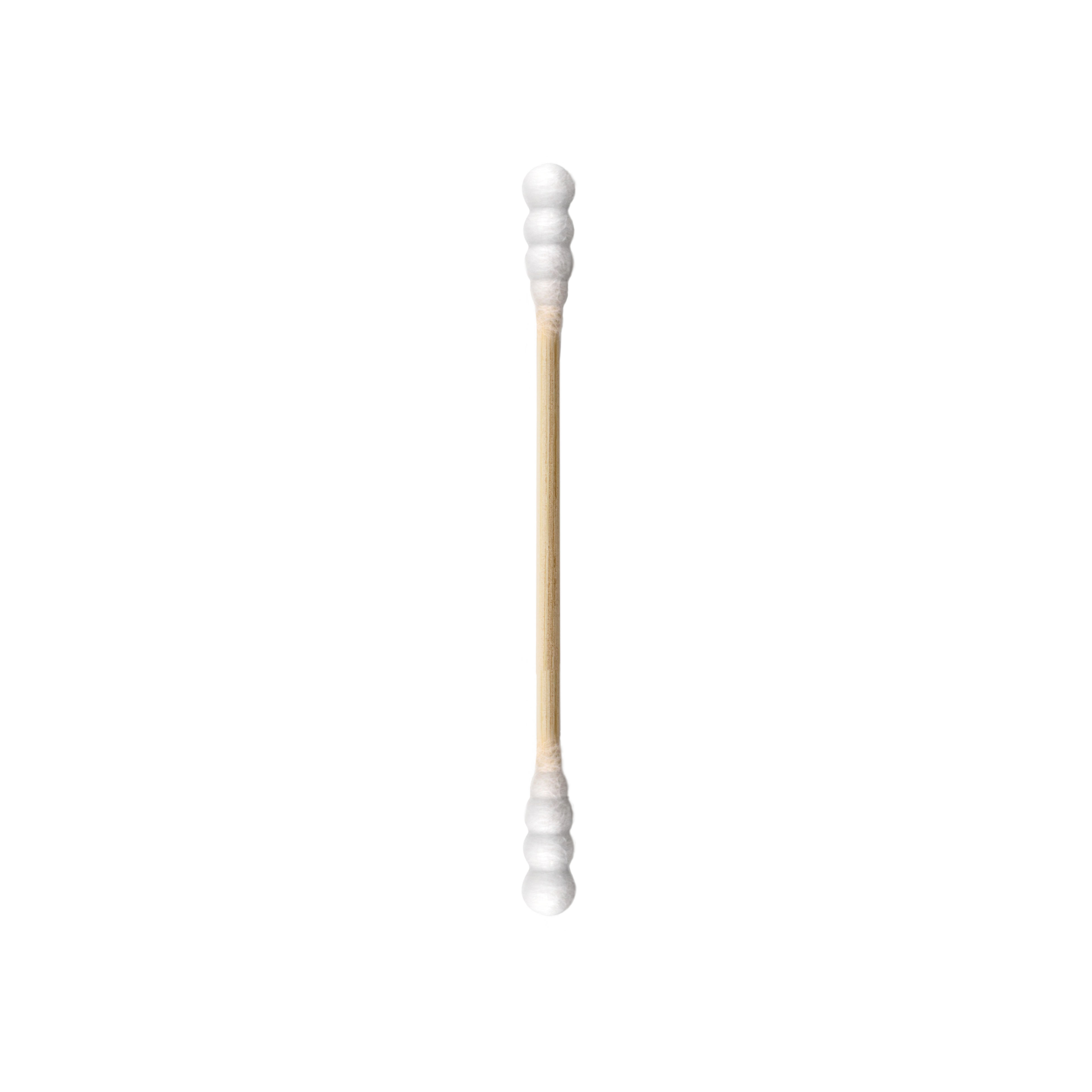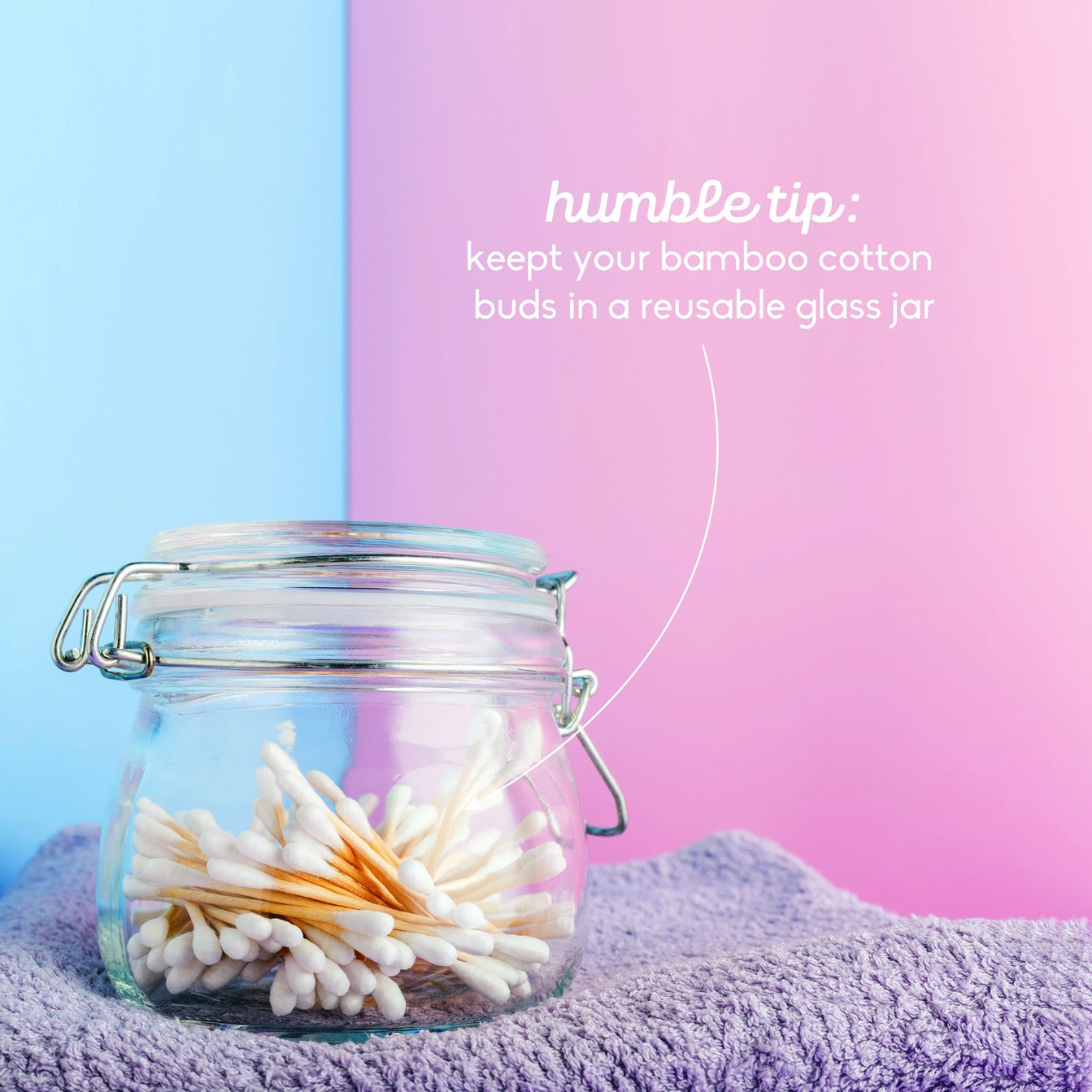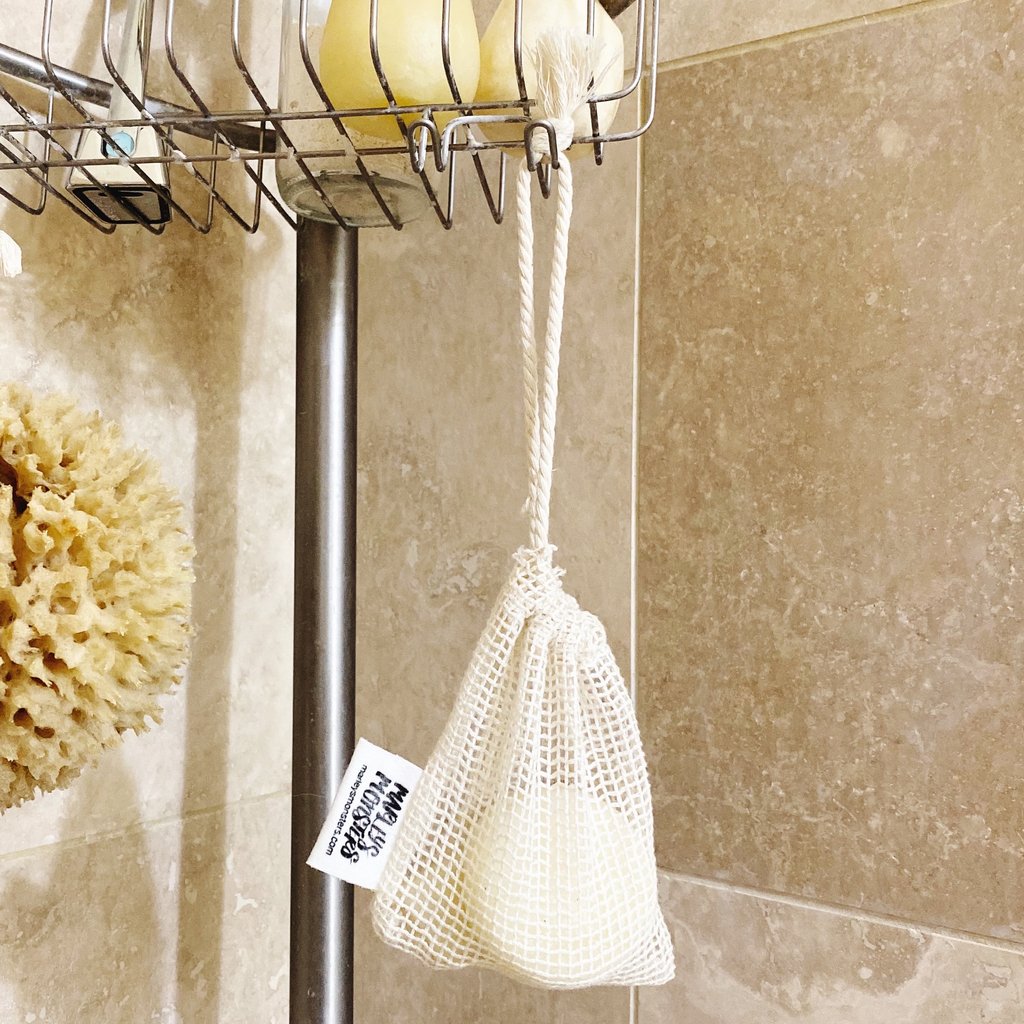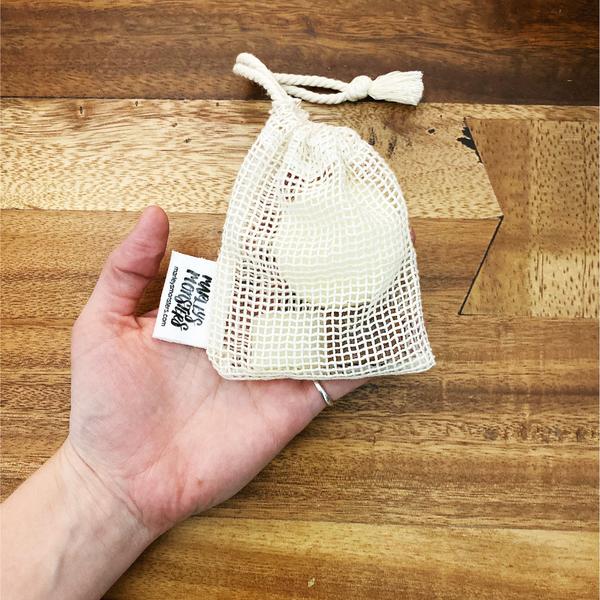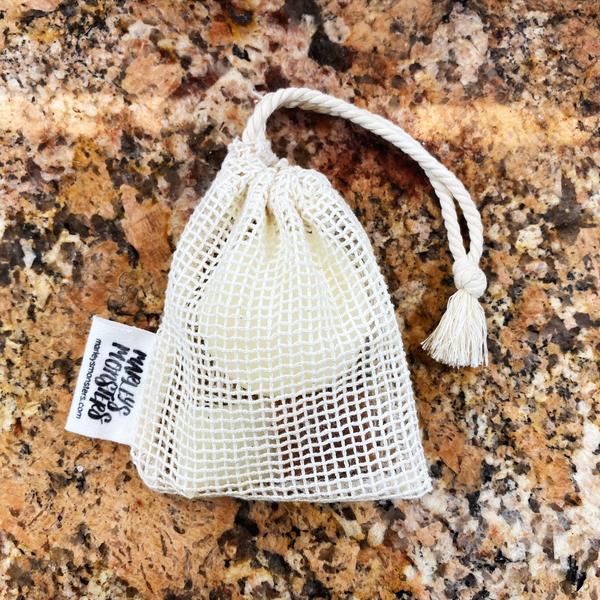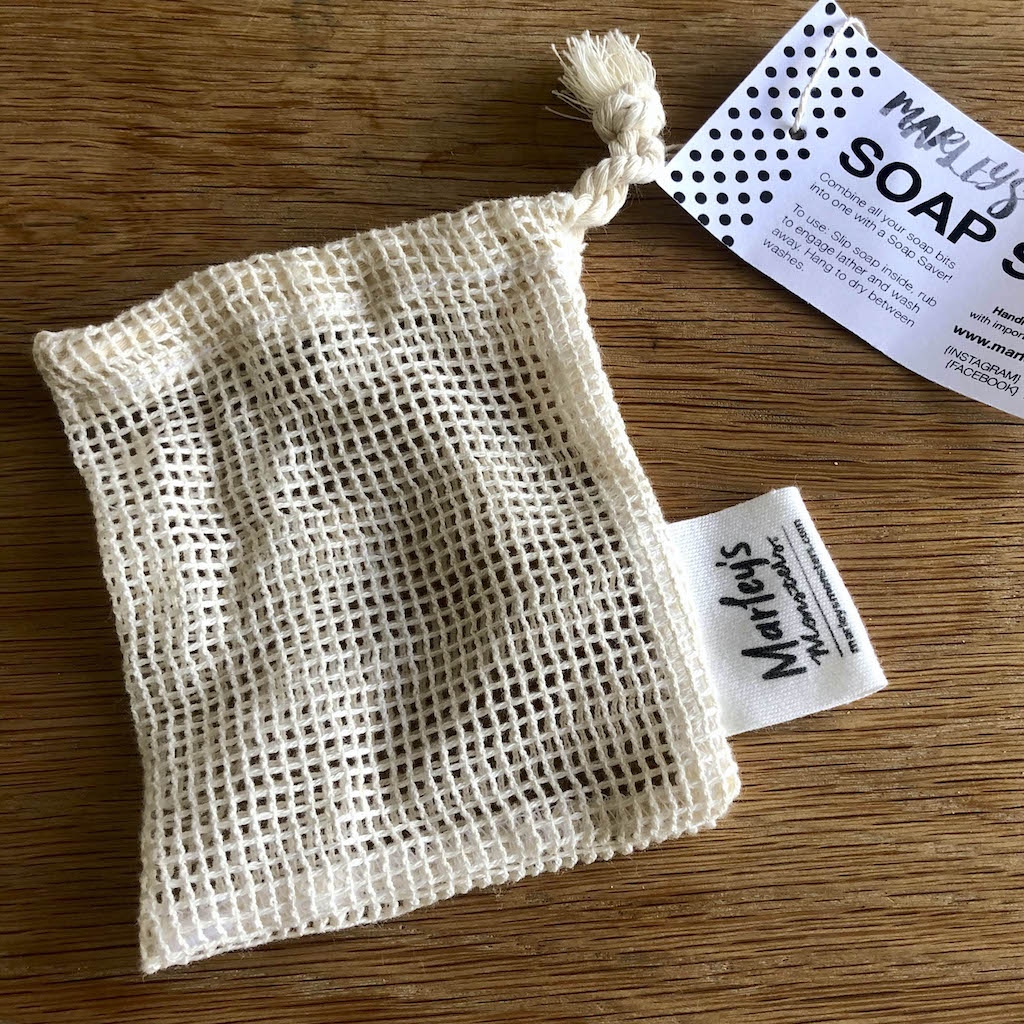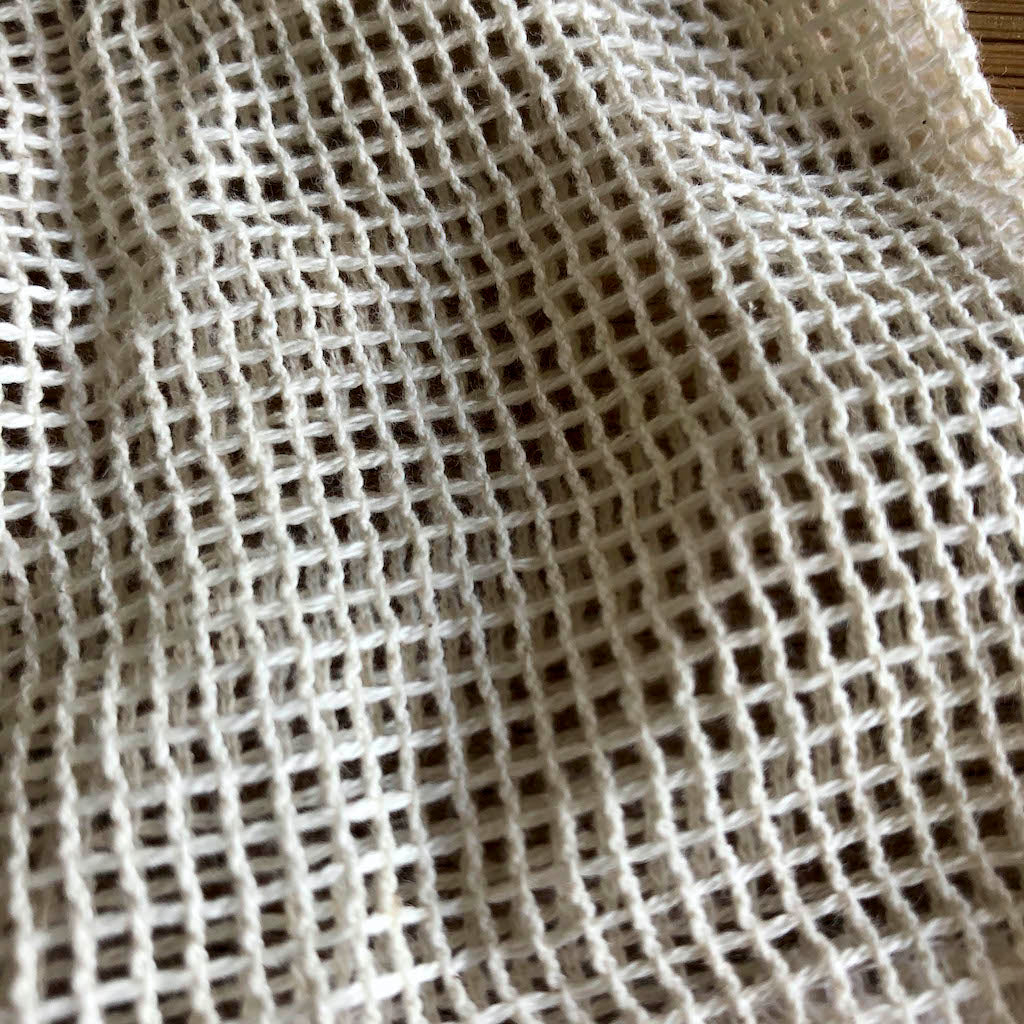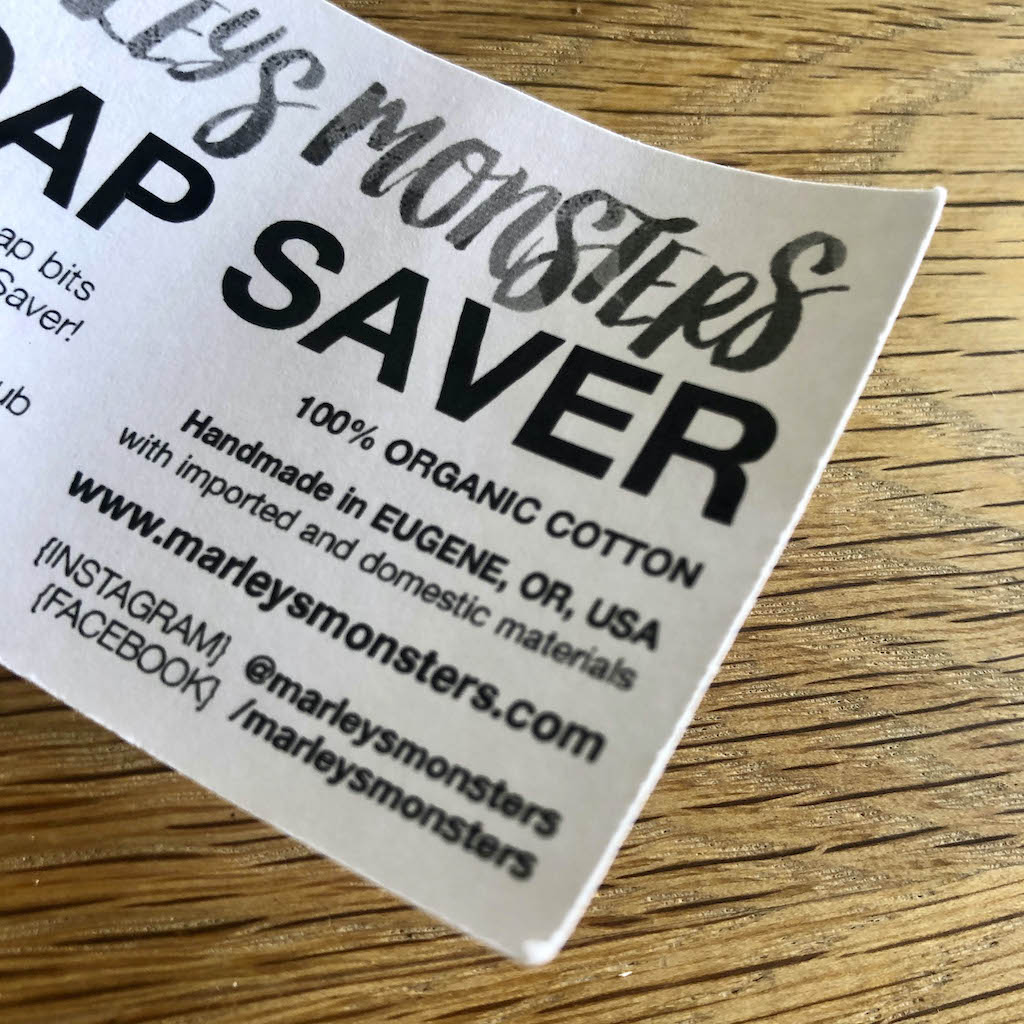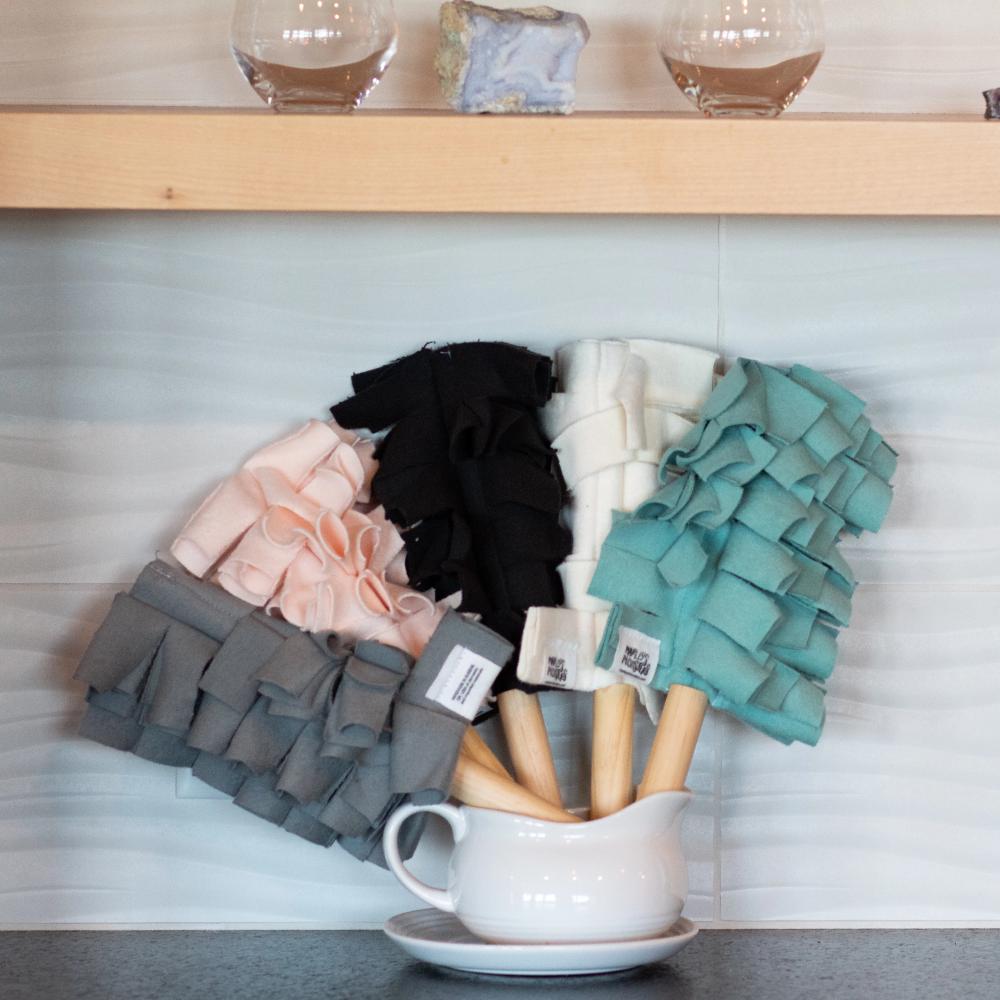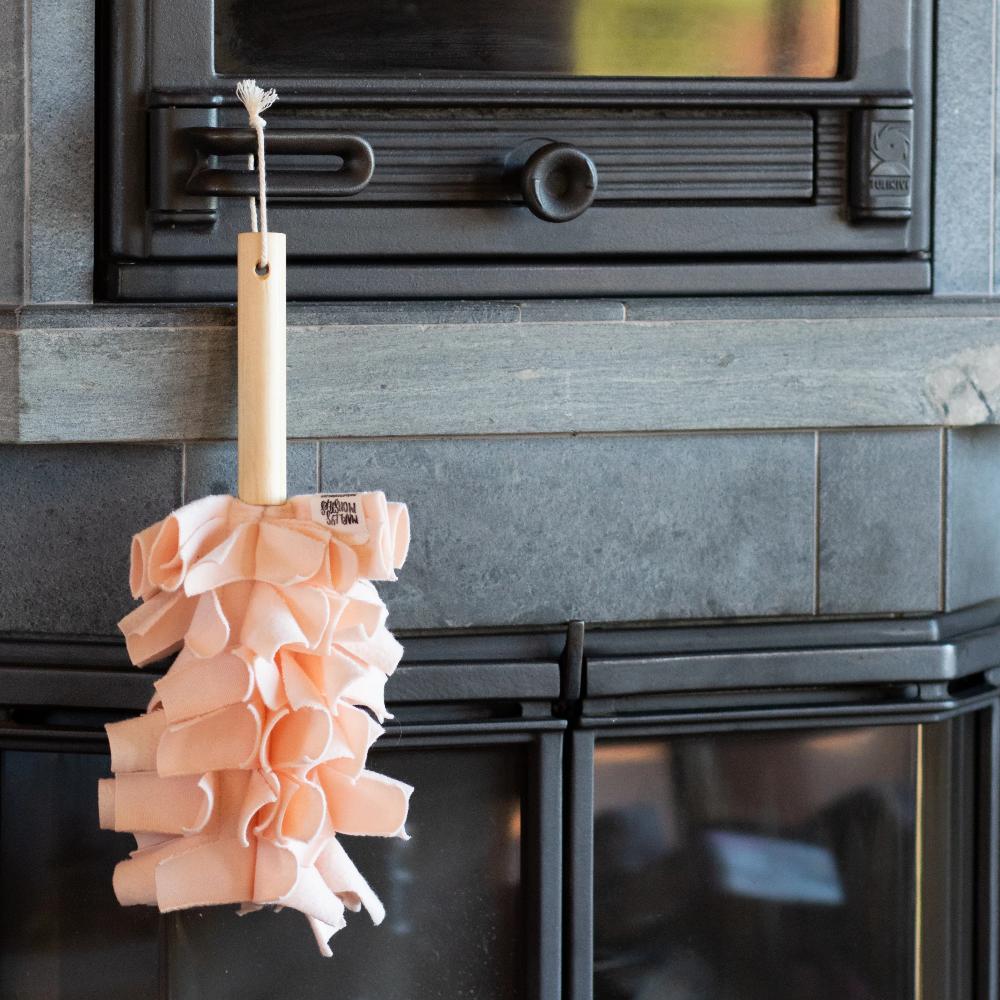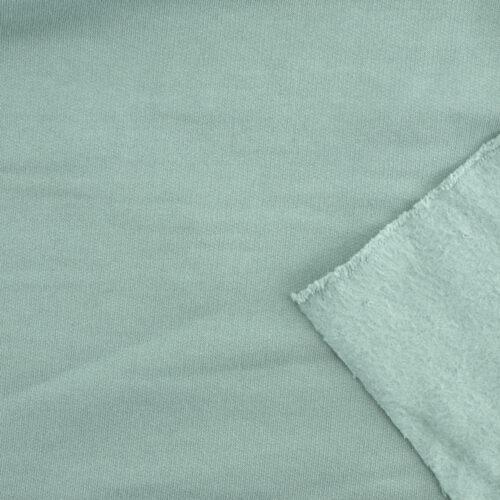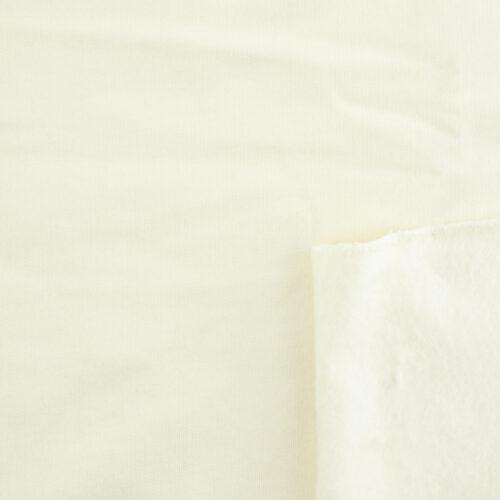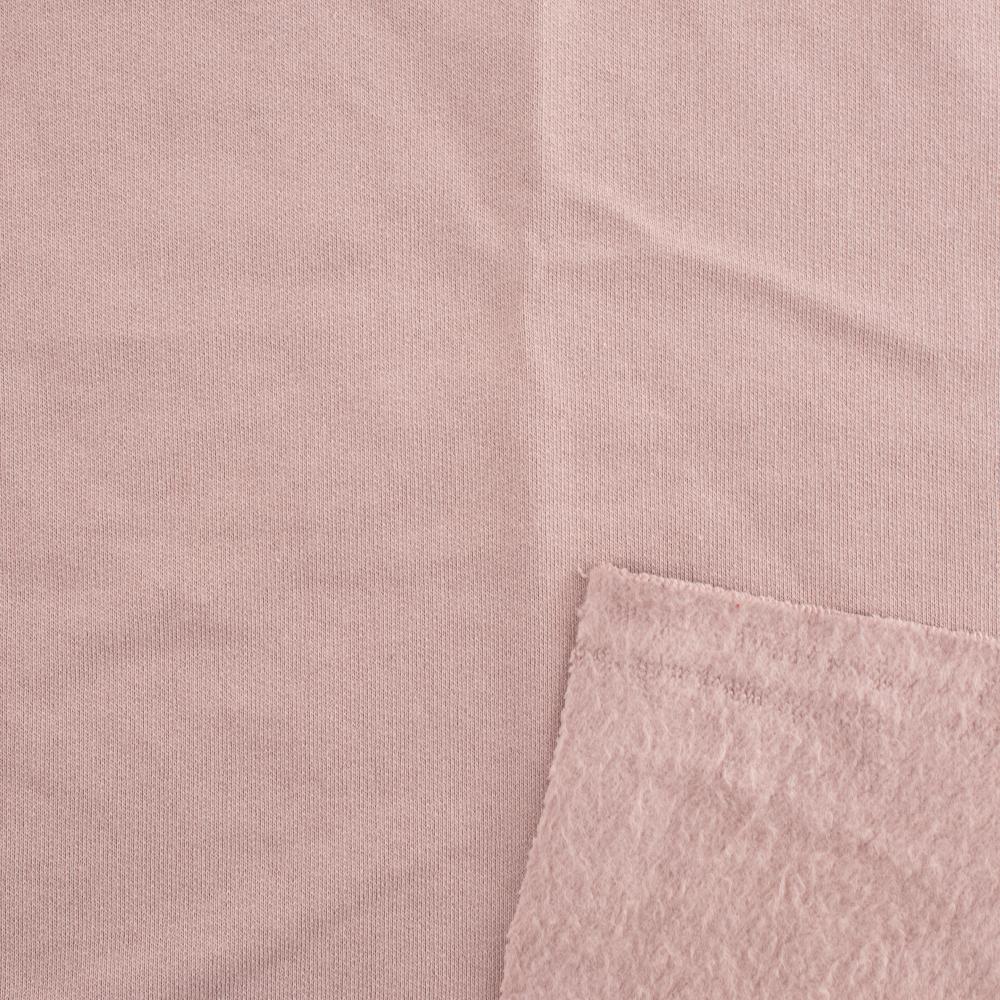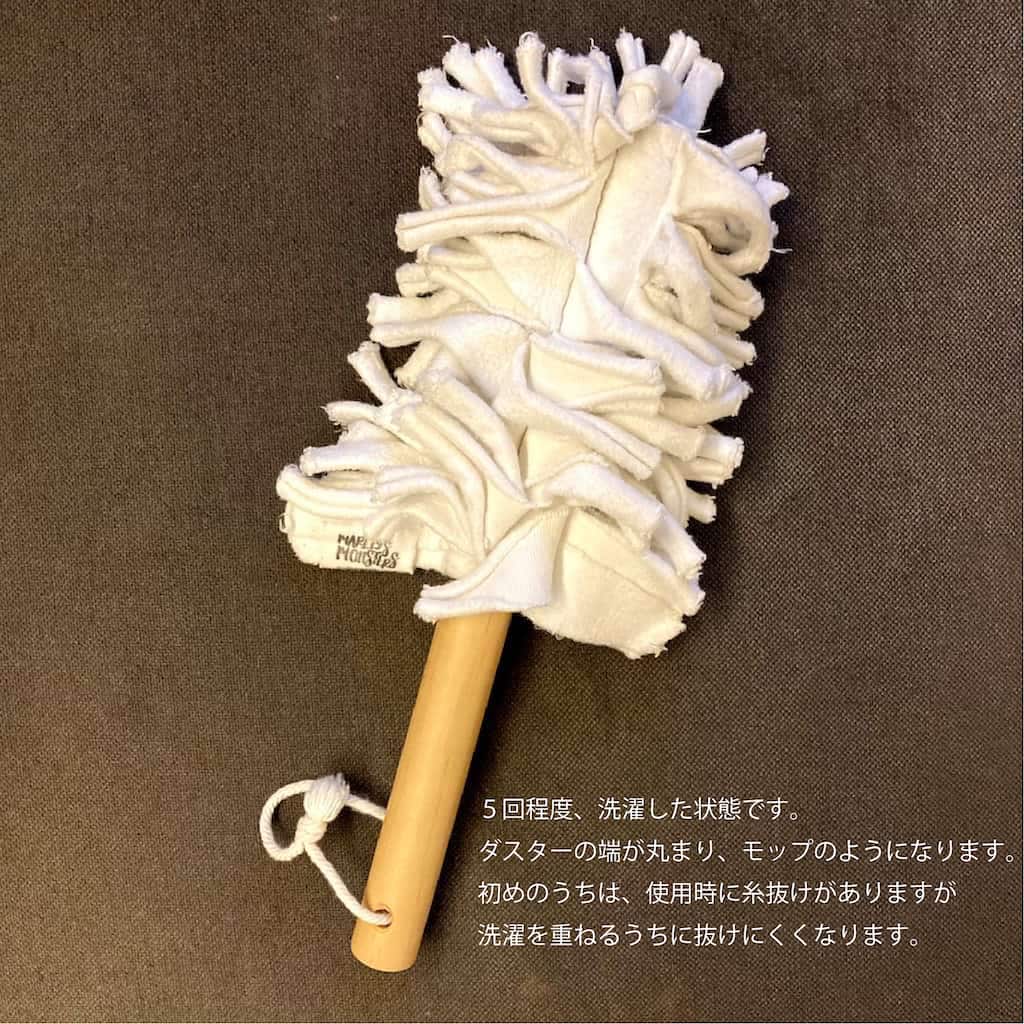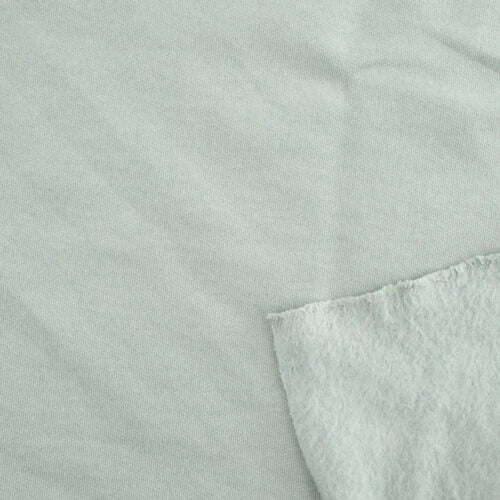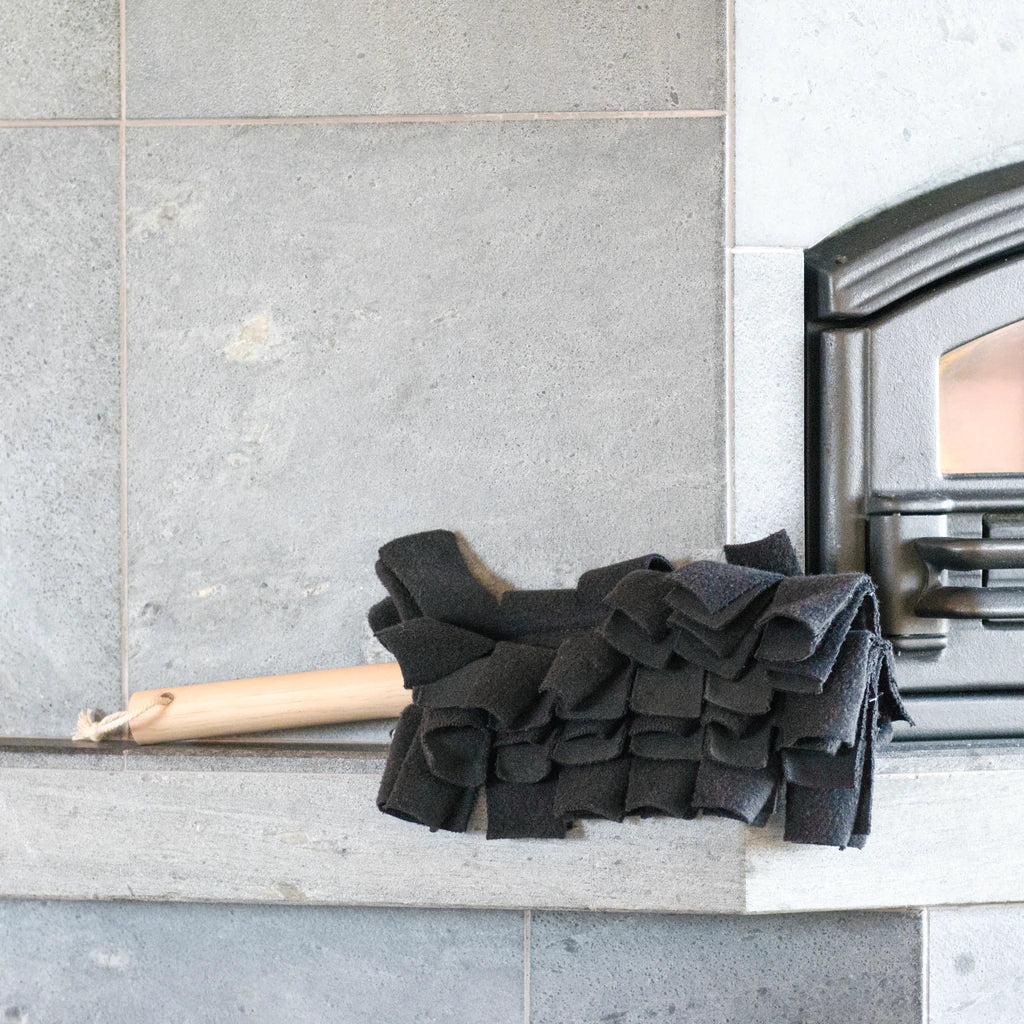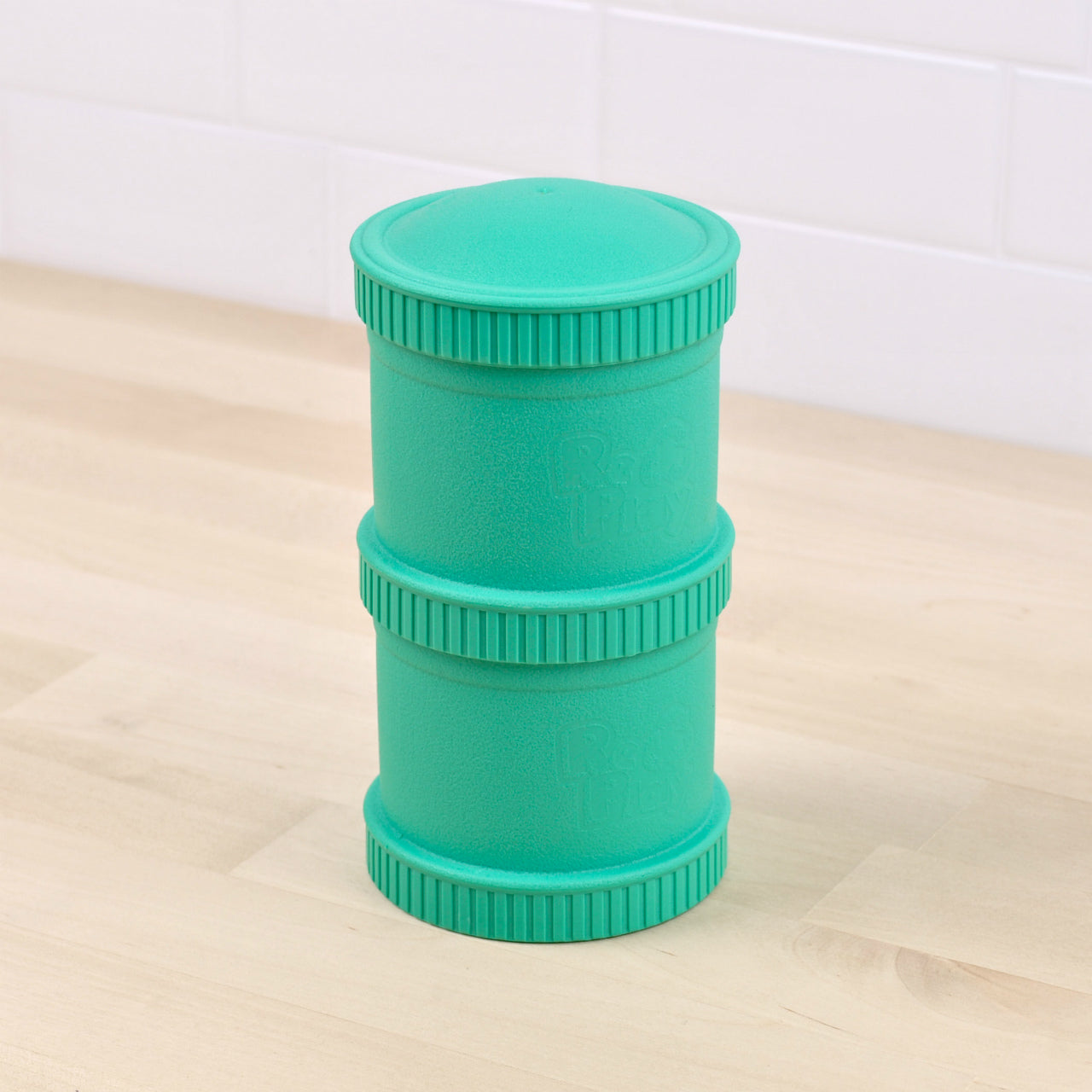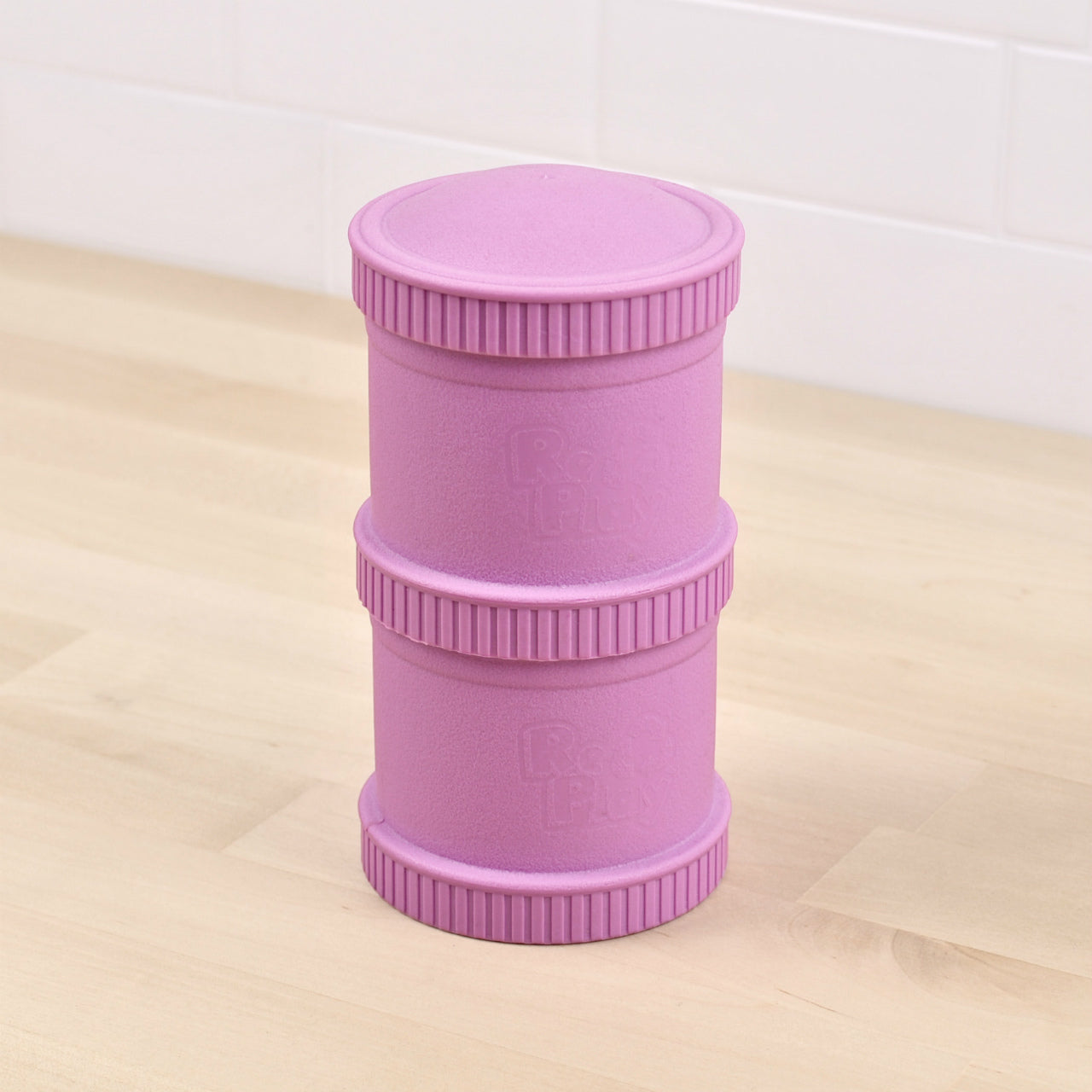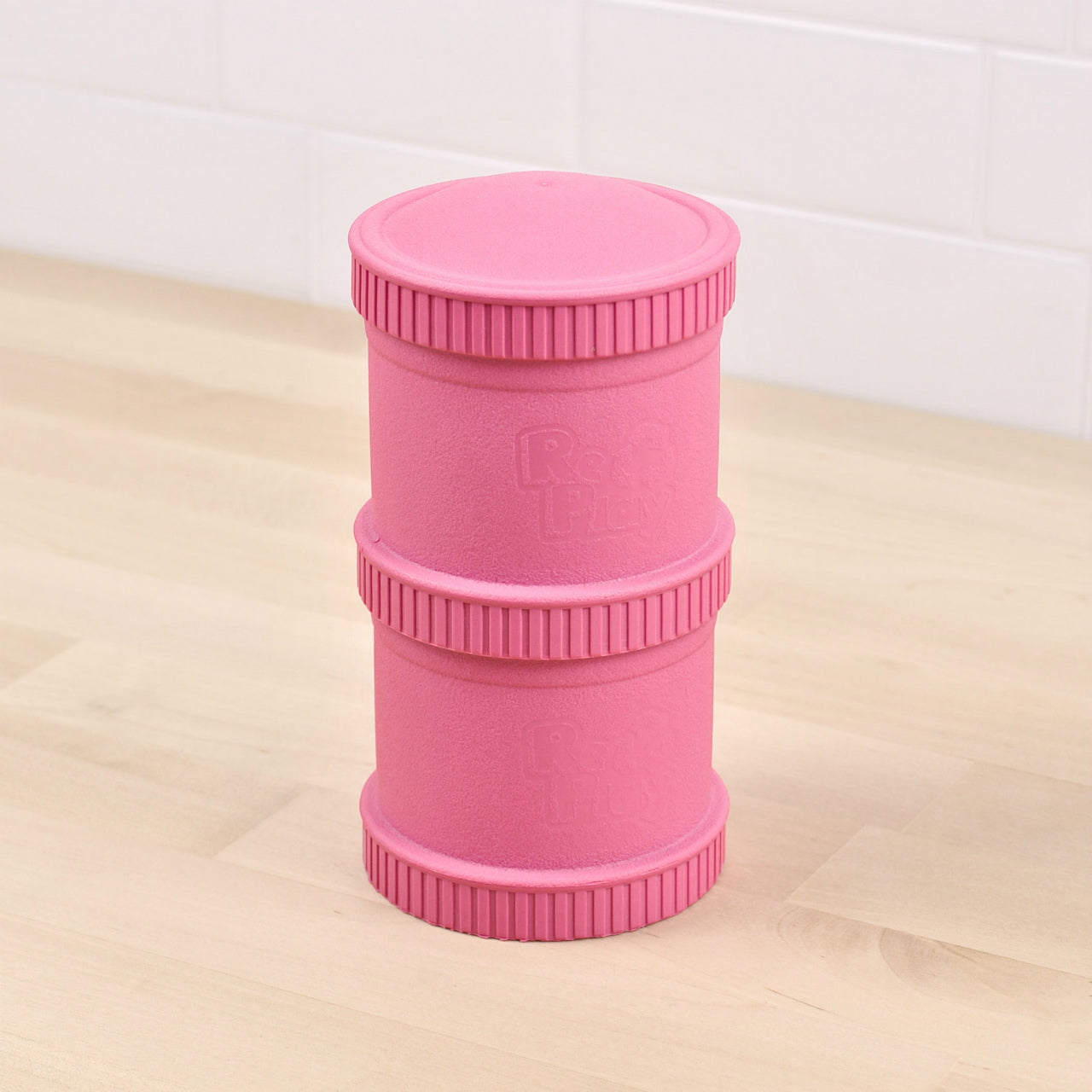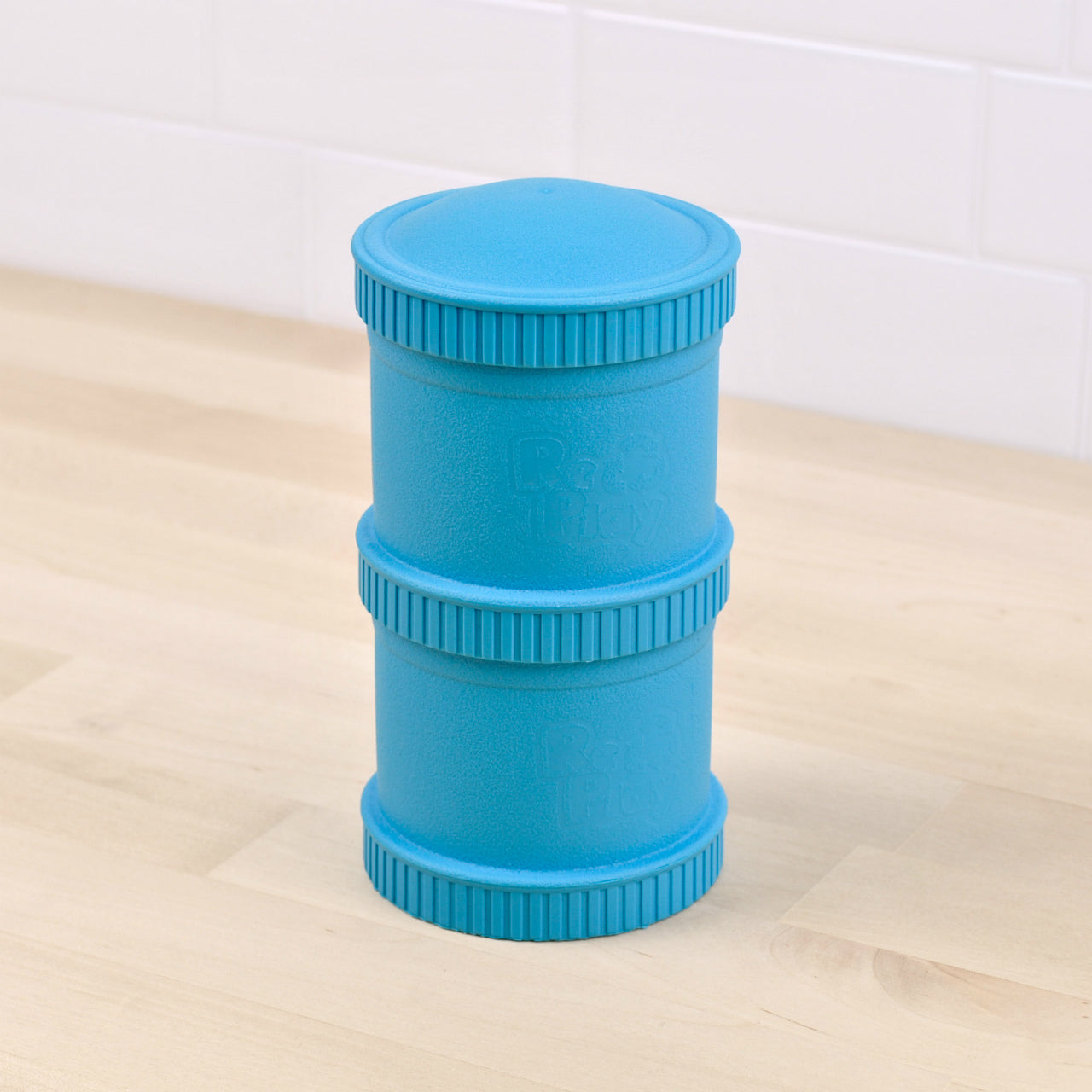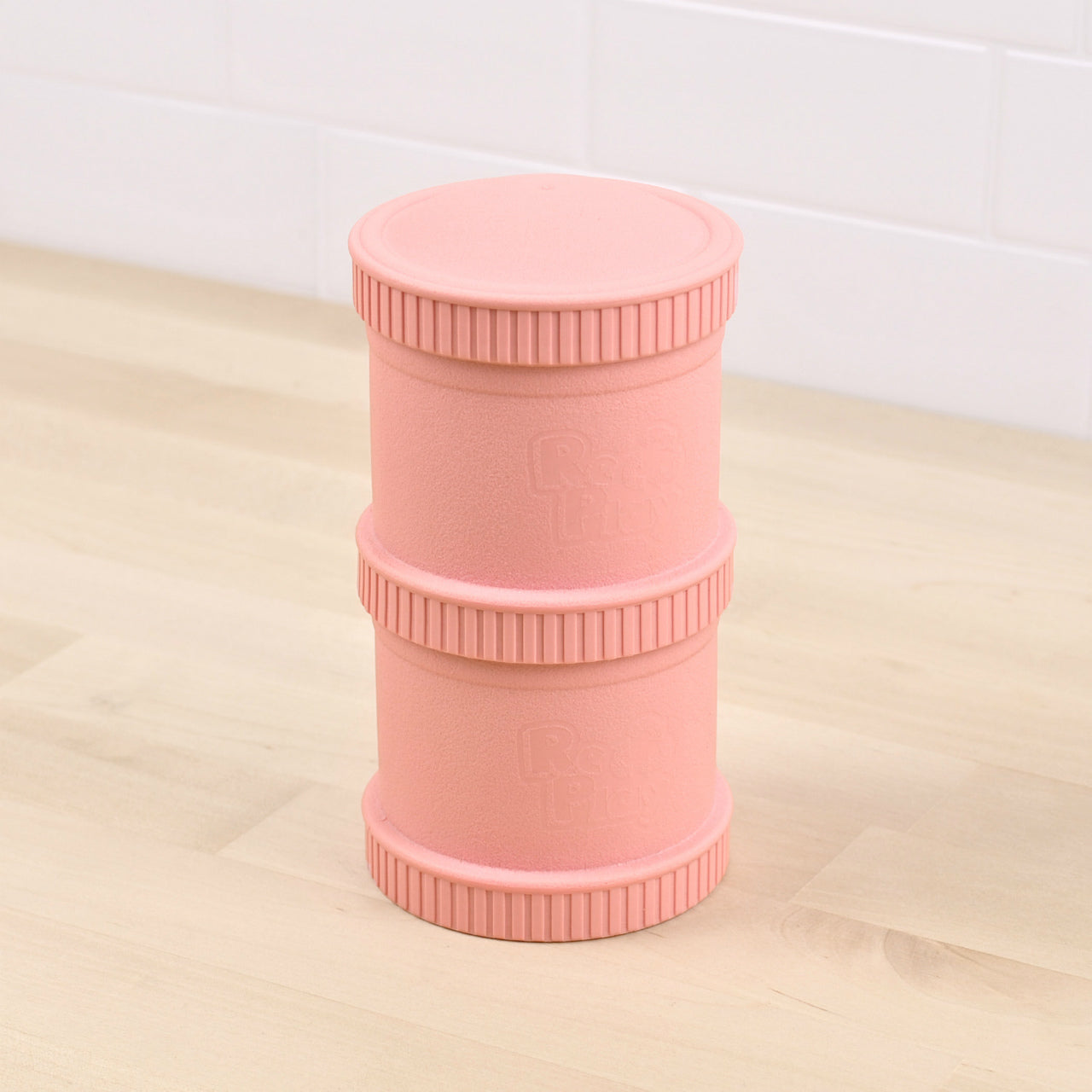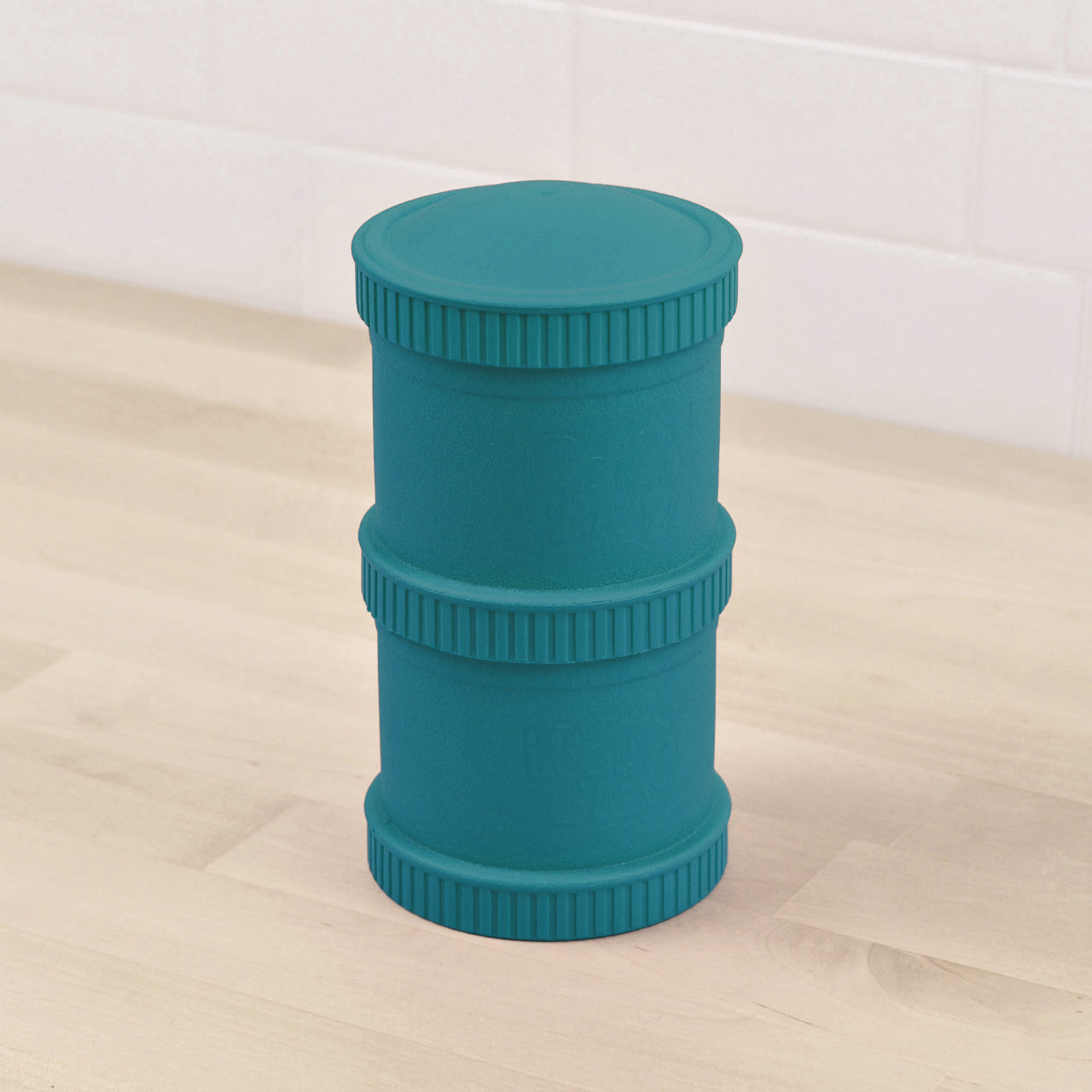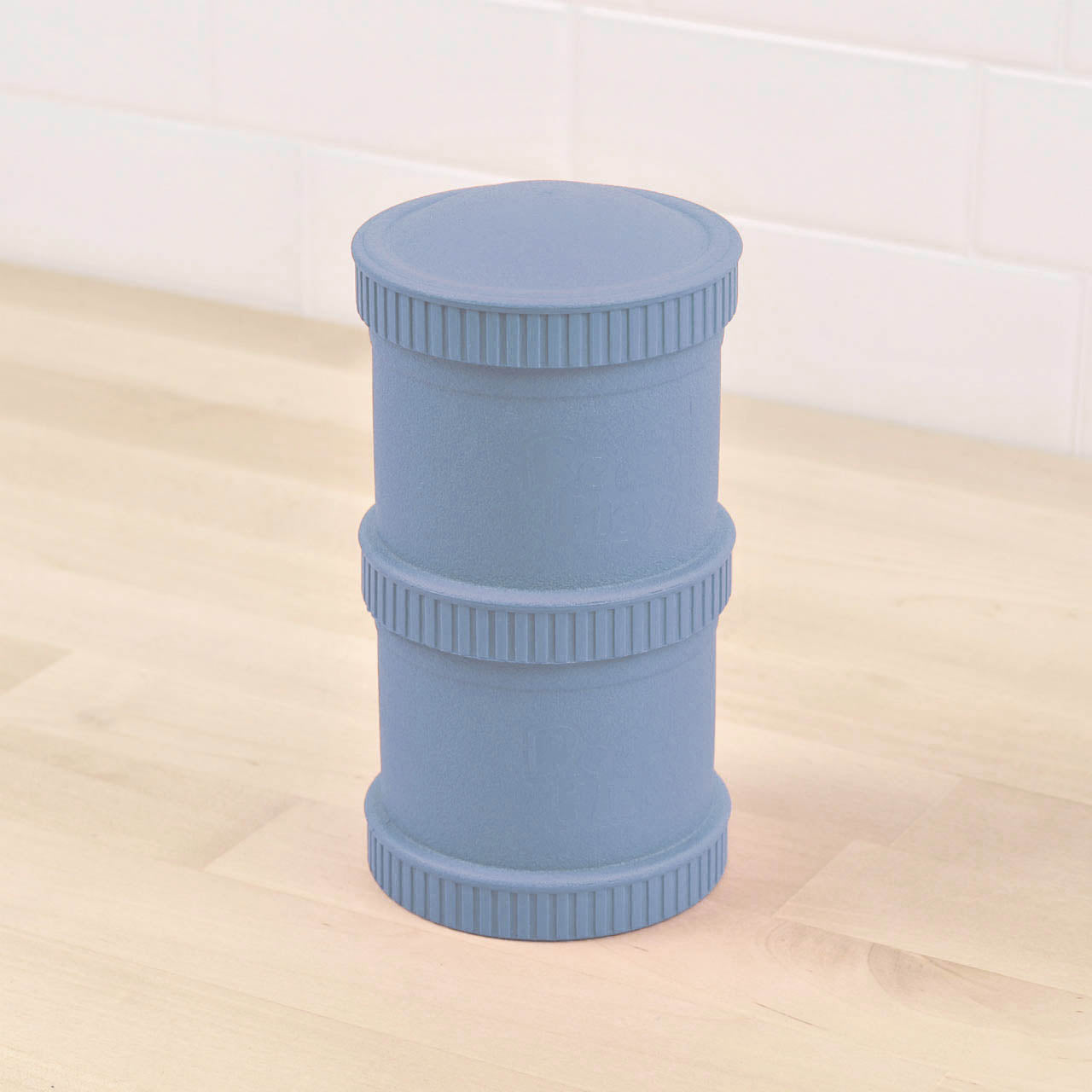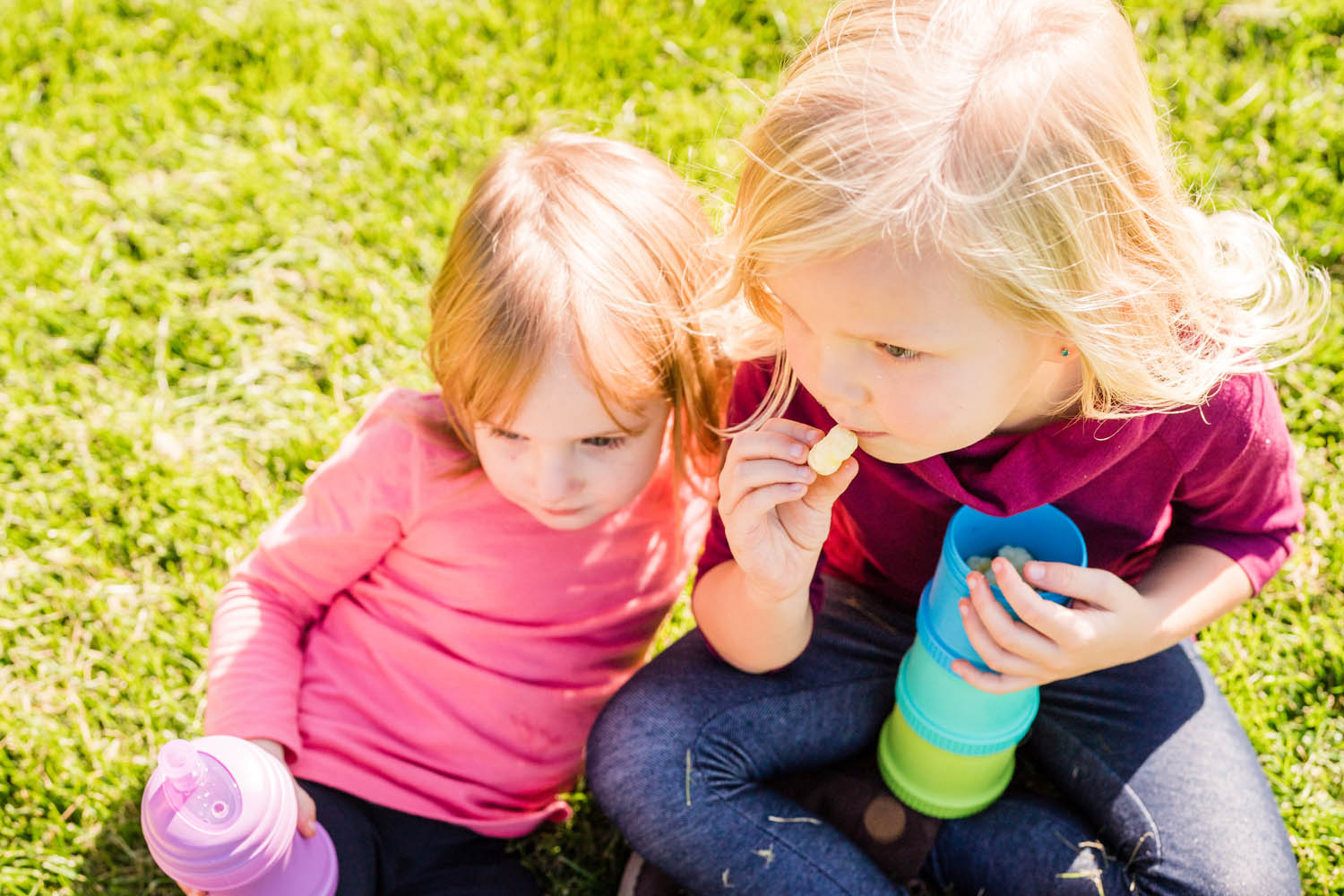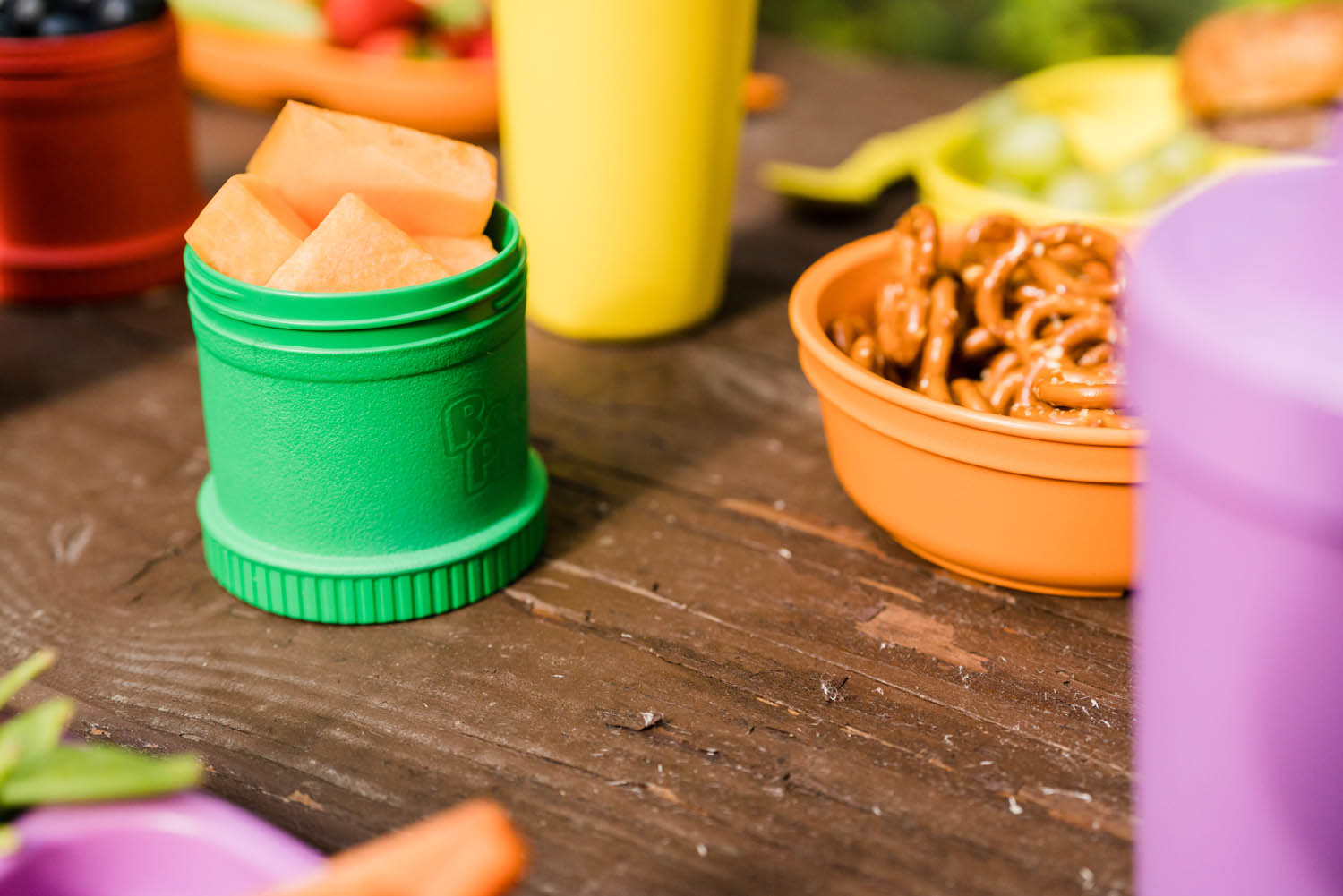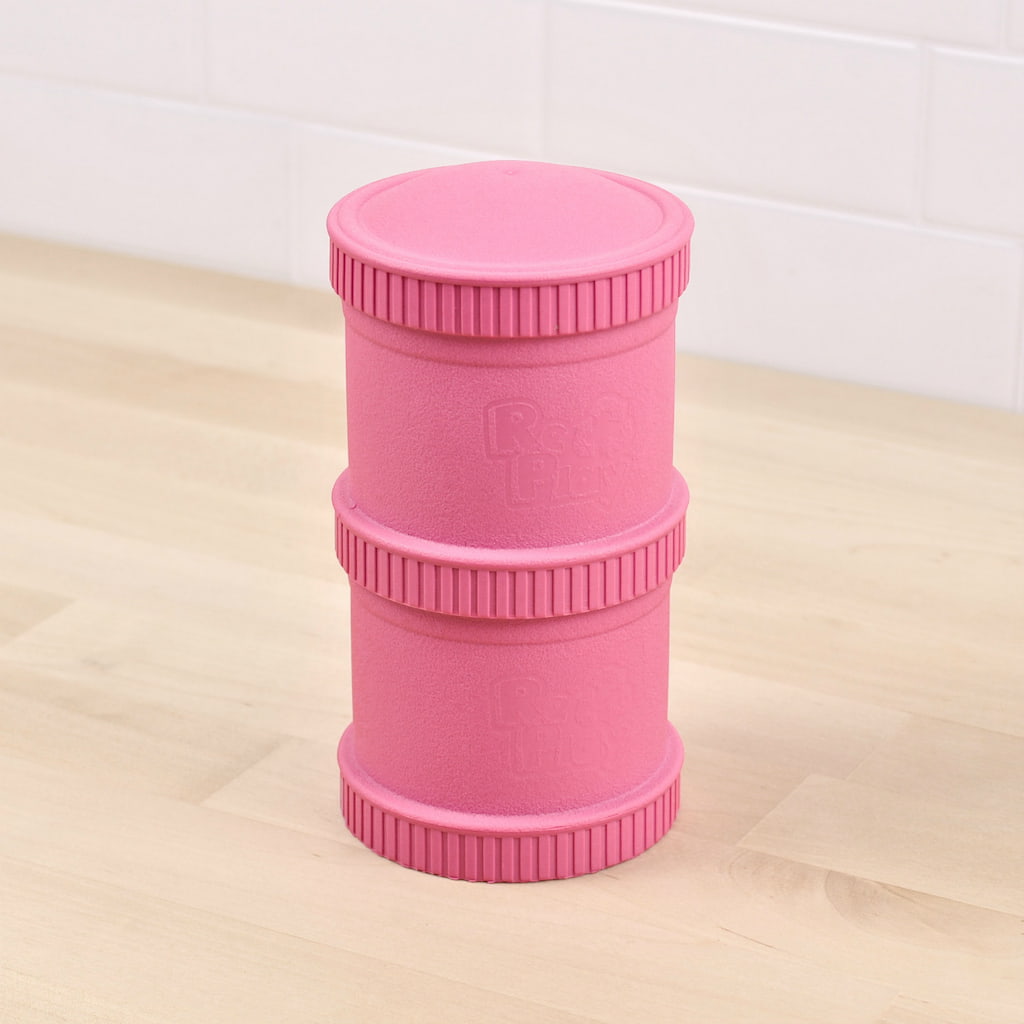
Hello, nice to meet you. My name is Mika. I moved from Japan to Lund, Sweden in 2012, and this will be my 8th year here. Since my husband is Swedish, I decided to move here, but at first I felt that it was inconvenient or impossible compared to Japan in various ways. Getting used to it was amazing though; I got used to it over time, forgot what I was dissatisfied with, and now live without much concern for the various things I felt when I first came here.
In the summer of 2019, when founders Yu-Ching and Yasuhiro were traveling around Europe for research, they told me they will also be coming Sweden for research. I was very curious about the new challenges of my ex-colleague who I worked together with in Japan and went to Stockholm to meet them! When I learned about sustainability and their activities, I realized again that there are many sustainable elements in my daily life. After meeting them, I started to think more about it and began leading a sustainable life that I could do myself!
I'm going to introduce some of the sustainable tips that I found while living in Sweden. I'll give an l update every month so I hope you read it!

I found a nice eco bag so I would like to introduce it! In Sweden, like in Japan, you must pay for shopping bags at stores It seems that the price is rising so that people do not to buy as much as possible, and I feel that it is getting more expensive year by year.
If you need to buy shopping bags at a supermarket, you have several options. The price varies depending on the supermarket. A paper bag (2 krone - about 20 yen) / a plastic bag (3 krone - about 30 yen) / a bag made of large and thick recycled plastic for repeated use (15 krone - about 150 yen) / polyethylene mixed bag (15 krone - about 150 yen. The polyethylene mixed bag can also be used repeatedly; it is a little small but made of a soft material, so it is easy to fold and convenient to carry around.
Recently, green polyethylene bags made from sugar cane have been added to these options. This bag does not differ in strength and ease of use from ordinary plastic bags, but it seems that the impact on the environment is considerably less than ordinary plastic bags. Although, I've noticed that it is not durable enough but can be used several times.
The supermarkets that I always go to have cloth bags in addition to the ones you can buy. There is a recycle shop called Fixa TILL in front of this supermarket. This is not a shop that sells second-hand goods like a regular thrift shop, but a shop that teaches you how to repair and rebuild broken items. The shop has sewing machines, tools, and other necessary items to repair, and anyone can use the tools for free at any time. The material of the cloth bag made at the recycle shop are disregarded cloths that have been collected! Disposable fabrics handmade and carefully sewn one by one were reborn as eco bags and sold at the opposite supermarket! I also bought one. I want to use it again and again!
One more topic about bags...

In Sweden, vegetables and fruits are mostly sold by weight. I think that it is a good system with no waste because you can buy only what you need. Since it is necessary to bring them to the cash register individually by type, a plastic bag is installed. However, these bags have recently changed to green polyethylene bags, but as mentioned above, their environmental impact is not zero. Instead of such a bag, a product called Veggio is sold next to the plastic bag. It is made of a material like a laundry net, and can be used to store vegetables and fruits at the cash register or at home for storage. If dirty, you can wash it and use it repeatedly! There is even a tag for a bar code for self-checkout, so it's very easy to buy. I've been using it for half a year now and will continue to use it!

** Picture from SmartaSaker
 ** Picture from SmartaSaker
** Picture from SmartaSaker
That's all for this month. See you next month!
Mika

 ** Picture from
** Picture from ![[MEDIA] DECEMBER 2, 2025](http://borderlesscreations.com/cdn/shop/articles/MEDIA_3.png?crop=region&crop_height=1080&crop_left=0&crop_top=0&crop_width=1080&v=1764653760&width=1080)
